A Bobo wine is...
a natural wine. Our wines are organically or biodynamically farmed, harvested by hand, fermented with only indigenous yeasts, made with nothing added or taken away in the cellar, and with only the smallest amount (from zero to 40 ppm) of additional sulfites before bottling to ensure a clean, precise taste.
Need to get in touch? Fill out your info below.
OUR STORY
Launched in 2017 as a distinct collection of natural wines within the larger T. Edward portfolio, Bobo Selections was born out of our desire for a little more vino veritas. Our name Bobo was taken from ancient and modern environmentally-conscious Parisian movements. These values are reflected today in our own mission to seek out “Bobo” wines that transmit the soul of their soils and the mentality of the artisans who made them.
OUR PHILOSOPHY
We view natural as an ecological state of mind, attuned to the health and well-being of each vineyard's complex ecosystem. When practiced with dedication and care, it offers an indispensable approach to crafting wines of vibrancy, clarity, and purity of expression.All wines that bear the Bobo label have been produced in limited quantities from hand-harvested, organically or bio-dynamically farmed grapes sourced from properties of fewer than ten hectares. Out of respect for the raw materials nature provides, our producers adopt a deliberately hands off stance in the cellar.
Our Producers
VENTOUX
Narrative
Thomas Jullien makes natural wines from his farmer friends' organic vineyards, which are surrounded by apricot and olive trees. His winery is full of music from September till June to raise up the soul of his wines.Thomas Julien was raised at the bottom of Mont Ventoux in Provence and now lives in the village of Suzette, at the border of Beaume de Venise and the Ventoux AOP. He is now the third generation to make wine in the hills of Ventoux. Thomas’ grandfather, Aimé Jullien, founded the La Ferme Saint Martin estate in 1955 and that passed on to Thomas’ father, Guy, in 1979. Guy Jullien converted to organic farming in 1989 and achieved organic certification nine years later. At that time, they were pioneers of organic viticulture in Southern Rhône, but the philosophy in the vineyard would have been incomplete without a complementary standard in the cellar. For over twenty years now, the vinification has been zero-additive and non-interventionist.Jullien joined the family estate in 2004 after completing his enology studies, and in 2017 a tremendous opportunity arose. One of the estate’s neighbors, Pierre Marin, was tired of selling his organically grown fruit to the local co-op. Marin felt the potential of his grapes was being lost and he approached Thomas Jullien as a natural winemaker who was able to express the purity and quality of the fruit he grew just one kilometer away from Jullien’s winery. The process was divided in two, with Marin in charge of the organic and biodynamic farming of the vineyards and Thomas working in the cellar transforming the grapes into a clean, living wine. While Marin’s vineyards are not certified, all of the vineyards are only treated with herbal preparations and work is guided by the moon’s phase. In the cellar, Jullien only uses indigenous yeasts and the only addition is less than 30ppm of sulfur at bottling to ensure stability. From October to April music plays endlessly in the cellar while the wine is being made with a lot of soul.
Wines
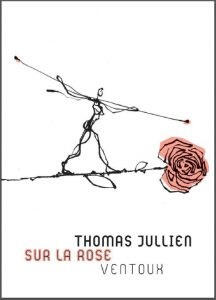
"Sur La Rose"
VENTOUX
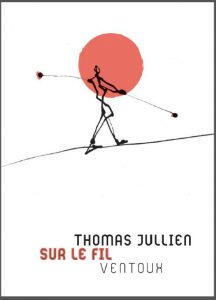
"Sur Le Fil"
VENTOUX
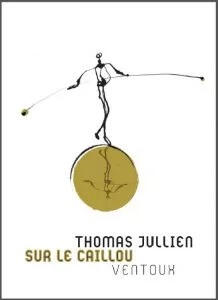
"Sur Le Caillou"
VENTOUX
Gallery
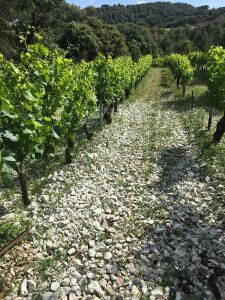
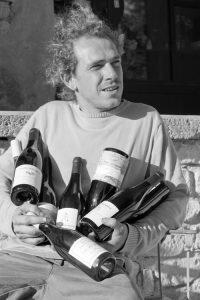
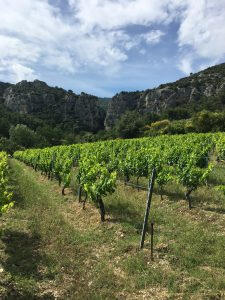
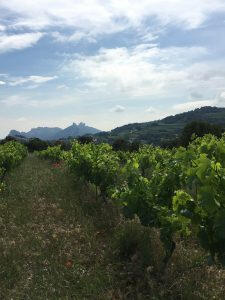
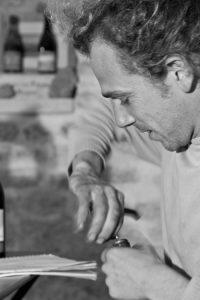
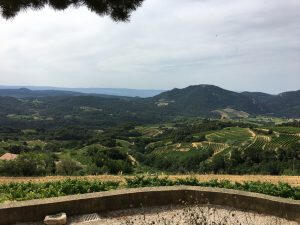
ANJOU
Narrative
No Machines allowed. This secret garden covers 1.4h and is under the tutelage of this dynamic caretaker and leader of all things ‘Dive.’Our challenge will be allocations.Sylvie Augereau’s passion for good food and wine stems from the early childhood experiences in here grandparent’s restaurant. On visits, she would go down into the cellar with her mother to look after the bottles of wine. This was the basis for Sylvie’s early education in what she would come to value as an adult in life. After earning a university degree in literature and doing a stint for a communication agency, she was drawn back into the world of gastronomy but now with writing chops to turn her passions into a lifelong ambition.Augereau traveled France, working with growers and winemakers, learning from them and writing about them, their virtues, their practices. She’s released numerous publications cataloguing the natural wine movement from its origins to today including “mon carnet de vigne,” “soif d’Aujourd’hui,” and “collaborations,” among many articles and interviews. Then she founded La Dive in 2000 as the capstone of promoting these small producers and giving a showcase for their wines. This festival of natural wine brings together 250 producers, all friends now, to celebrate and share in a cave and fields overlooking the Loire.She had always had an eye on a vineyard nearby the Le Dive site with old, twisted vines. And in 2014, her dream came true and the vineyard went up for sale. She purchased 1.4 hectares with co-planted vines of Chenin, Cabernet, Grolleau and Pineau d’Aunis. No machines are used on the land. All work is performed by hand, foot, or horse and guided by biodynamic practices that harness the invisible dimension that one can only sense or feel.Sylvie Augereau trusts that the vines pick up on the energy and love of the humans who tend to them. She talks to her vines and plays music in the vineyard. The vineyard itself is quite old. Yields tend to be between 15 and 30HL/ha. In the cellar, she works next to her husband, winemaker Nicolas Reau, and friends like Thierry German. Always a champion for authenticity, Augereau does not manipulate or modify the natural course of the wine so as to express the purest reflection of her achievements in the vineyard.
Wines
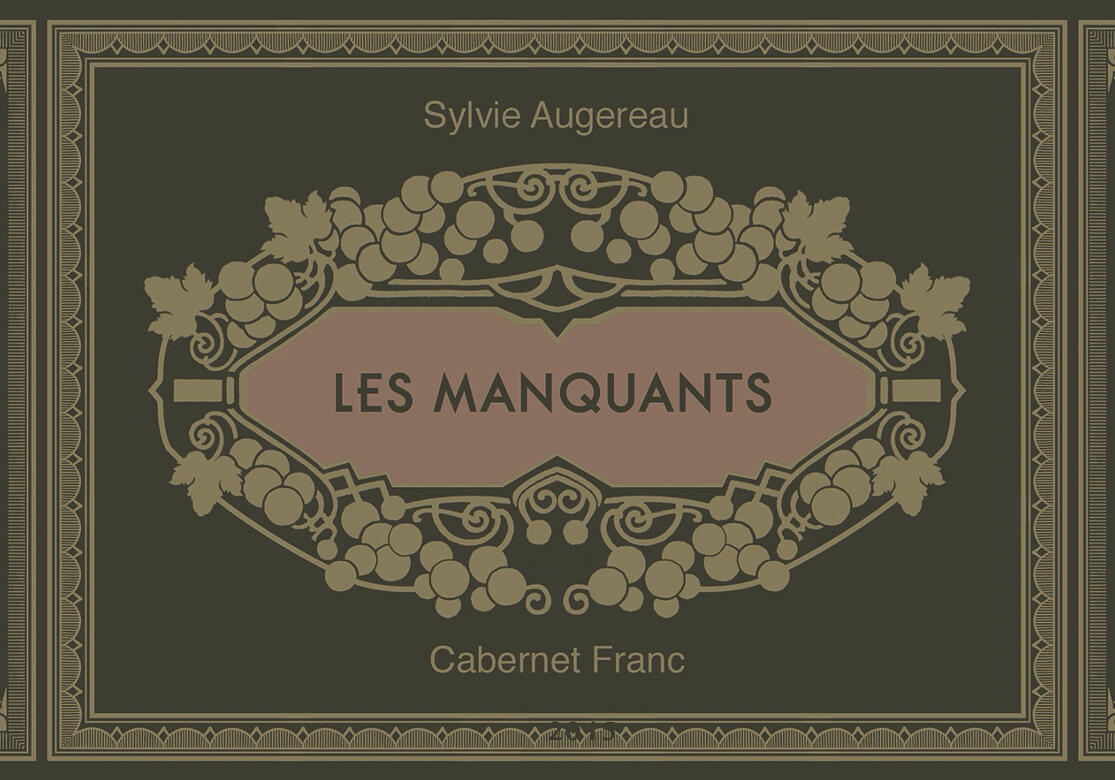
"Les Manquants"
ANJOU ROUGE
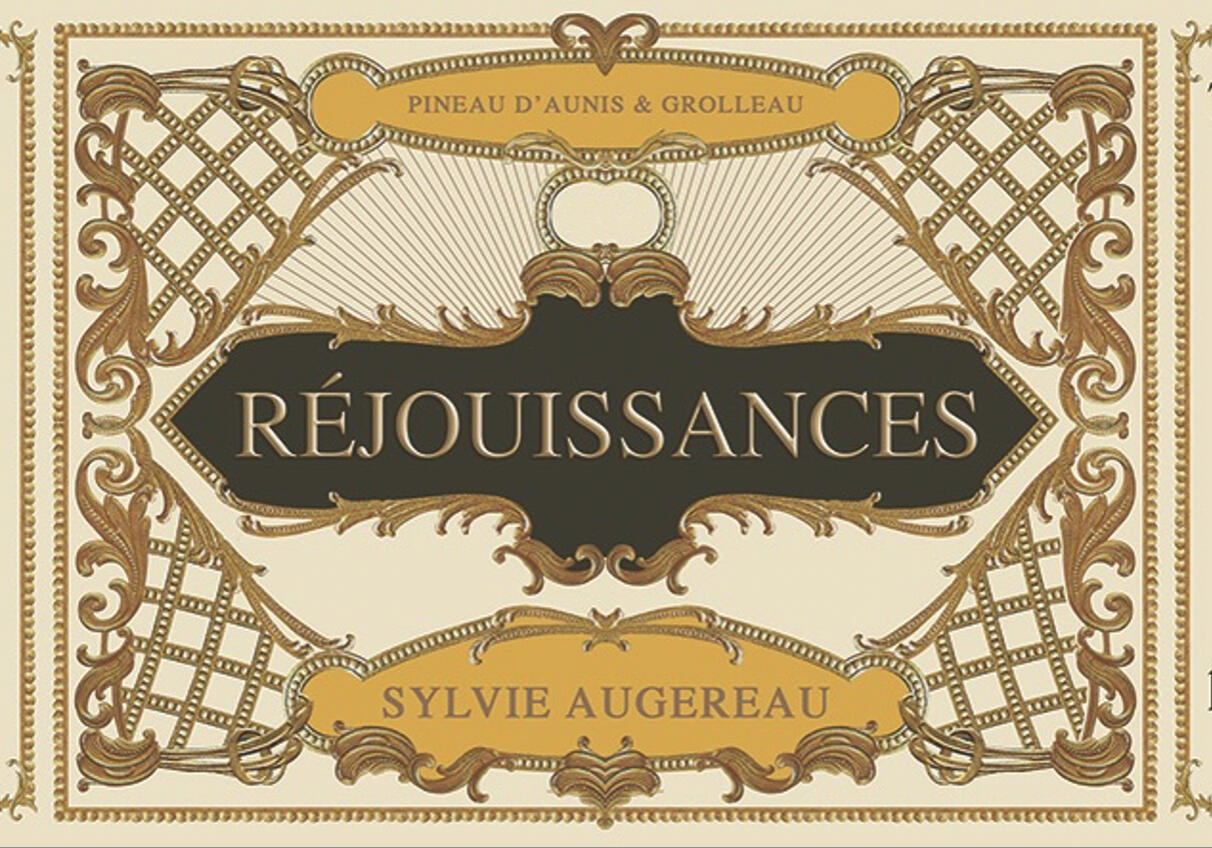
"Réjouissances"
VDF
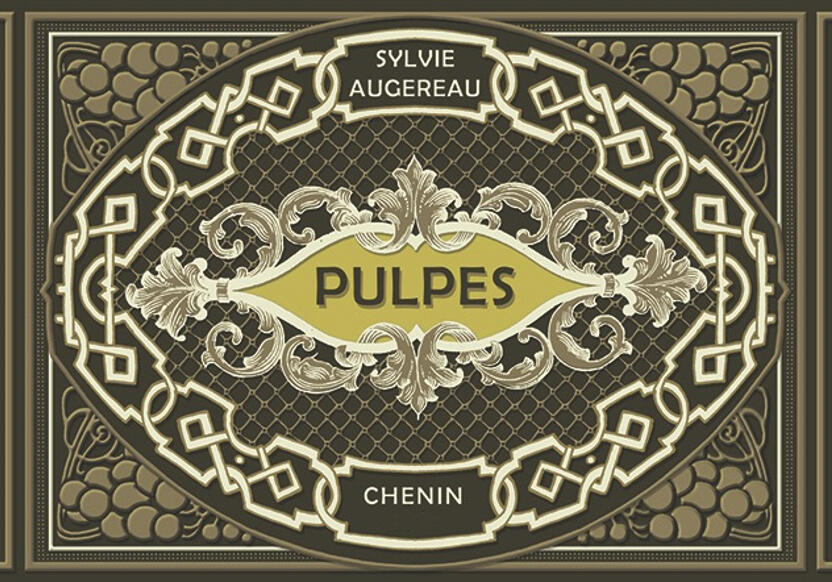
"Pulpes"
ANJOU BLANC
Gallery
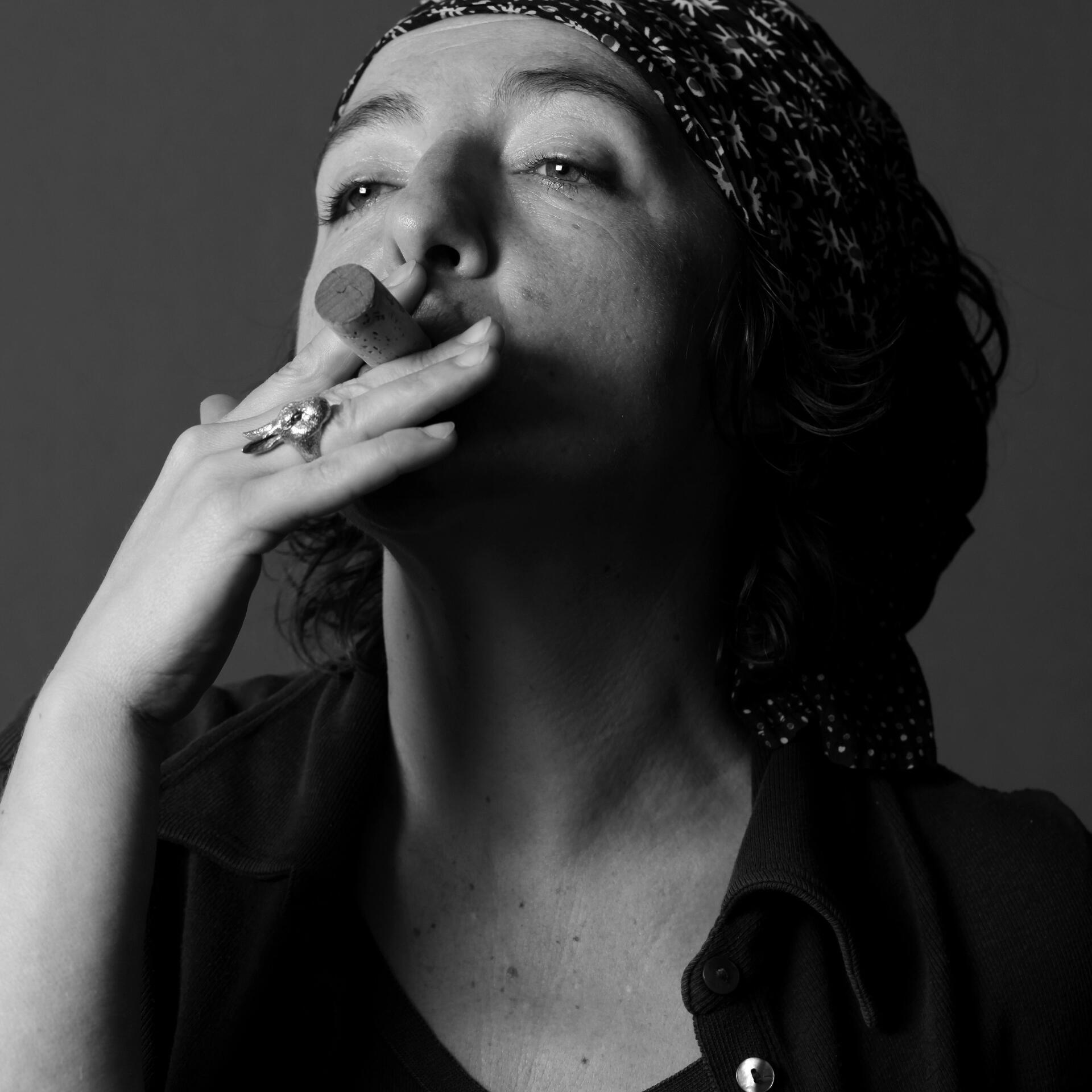
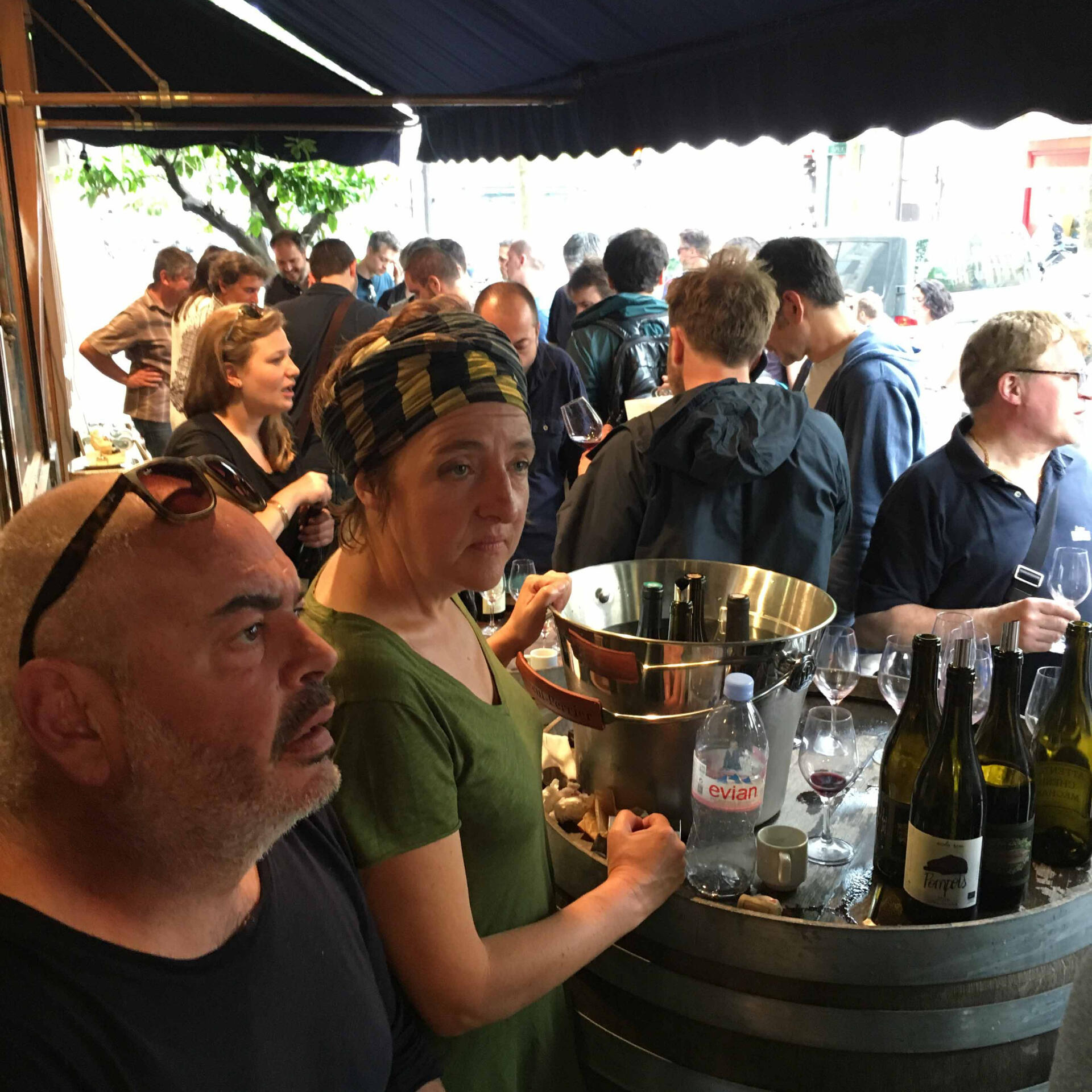
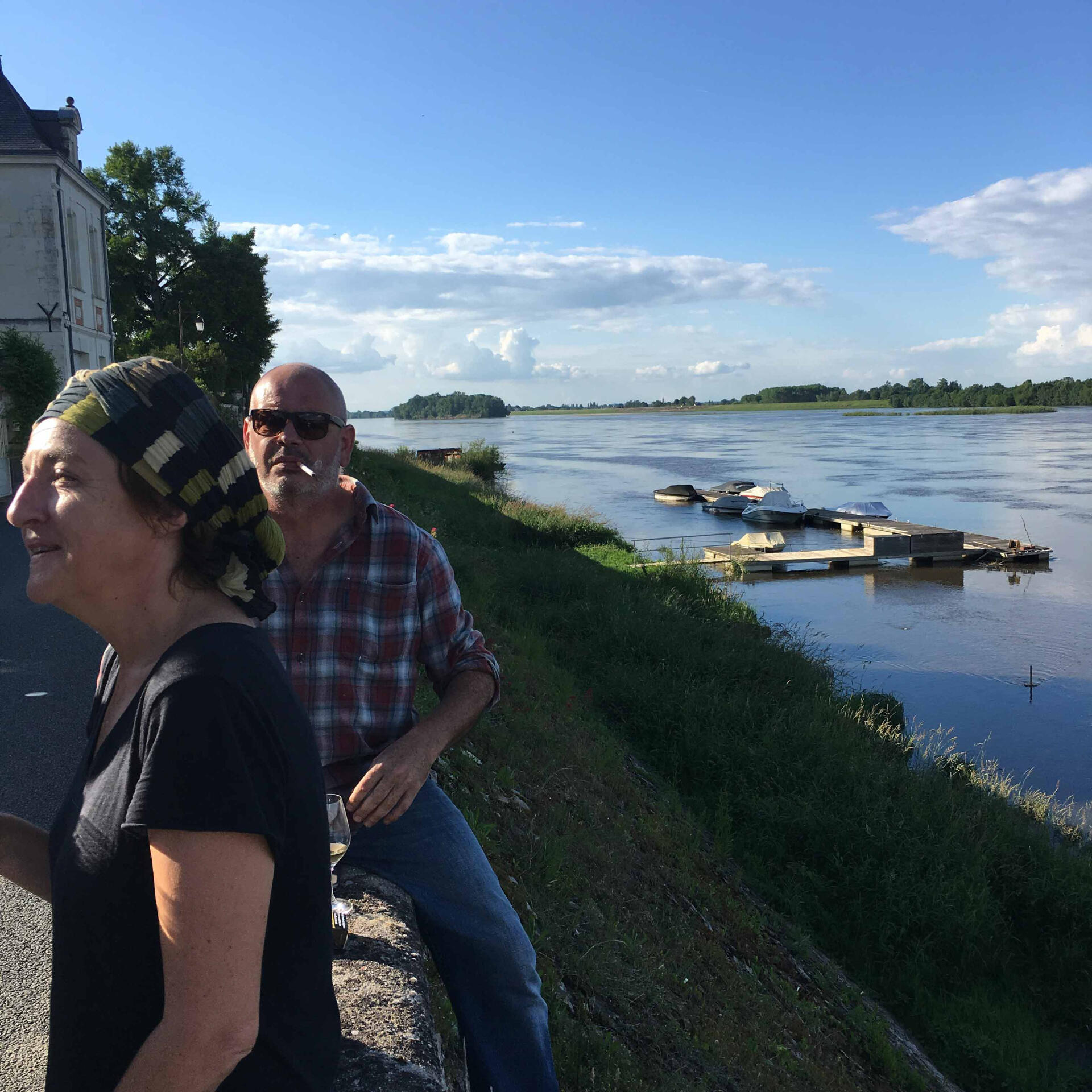
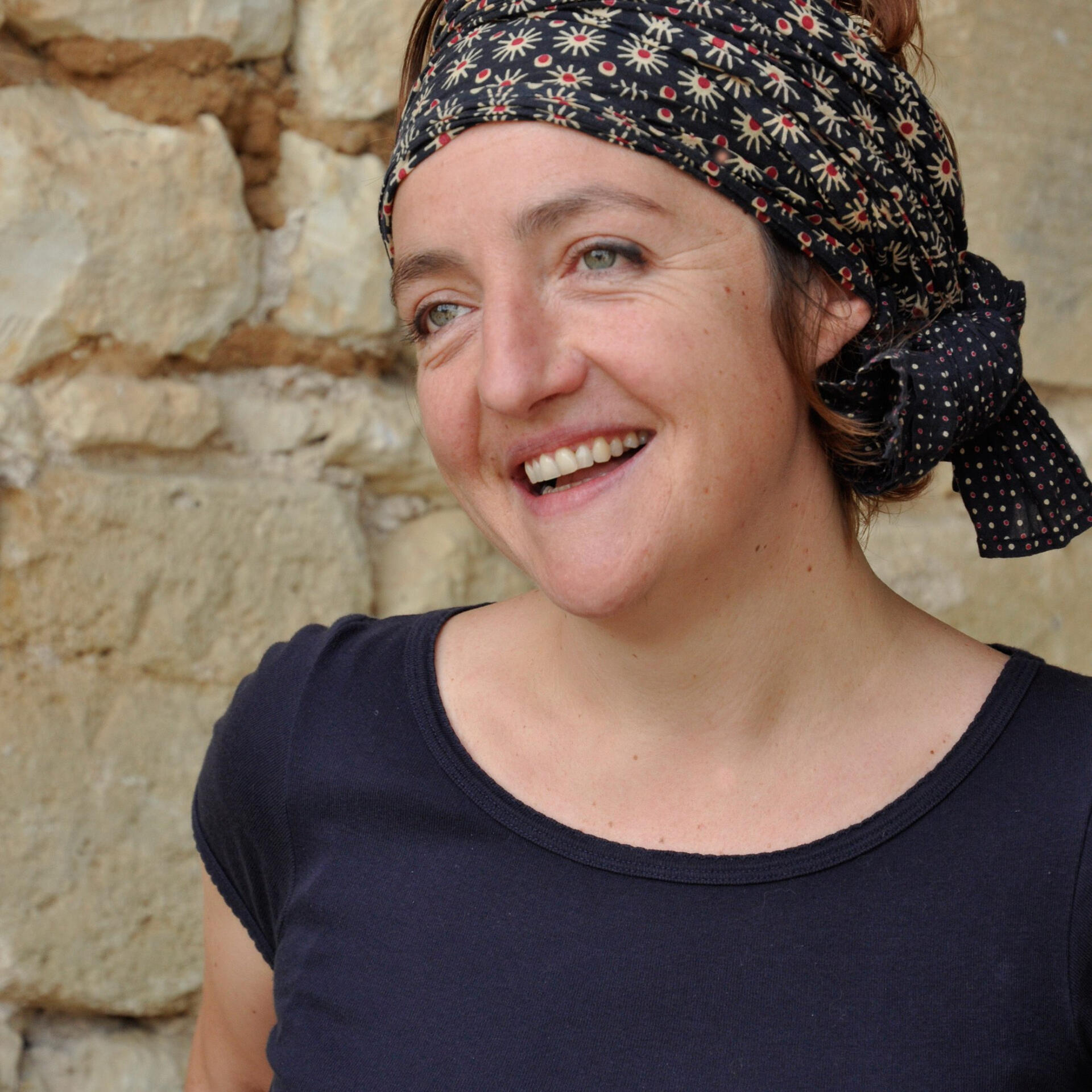
MUSCADET SÈVRE-ET-MAINE
Narrative
After years of yearning for a Muscadet that met the standards of natural winemaking and coming up empty handed, we took it upon ourselves to create Pulpe Fiction. We partnered with our friends Nicolas Reau and Lise & Bertrand Jousset. They are winegrowers and vignerons of impeccable integrity, so we knew that they had the resources, connections, and know-how to make this fictional Muscadet a reality.Lise, Bertrand, and Nicolas searched for organic farmers to pursue the project, and they found Antoine and Philippe Delaunay. Expert farmers who have been growing organically since 2011, Antoine and Philippe are real “paysans” with a focus on biodiversity in the vineyards. They have 25 hectares of Melon de Bourgogne near Nantes, in the small village of Vertou. After exploring the vineyards and identifying the varied terroirs of the holdings, they selected the parcels located on decomposed granite soils in order to produce a Muscadet with notable finesse.The project comes to fruition at harvest. Jousset and Reau had been involved throughout the vintage with dialogue and regular visits with the Delaunays throughout the growing season. Then when the ideal conditions were reached, Jousset and Reau made the call on the harvest date and brought their team out to the vineyard to make their selections. All steps of the vinification were guided by these natural winemakers to ensure the integrity of the wine.
Wines
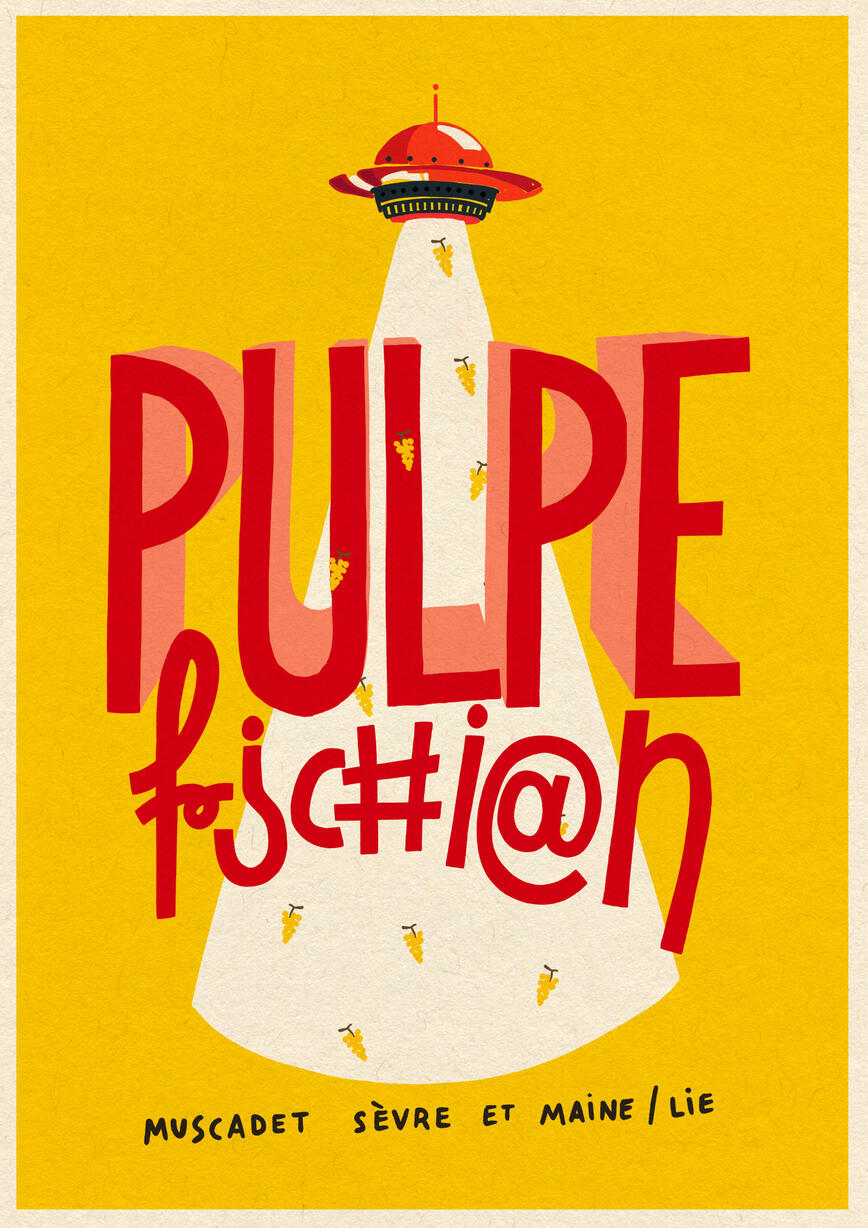
"Pulpe Fiction"
Muscadet Sèvre et Maine sur lie
Gallery
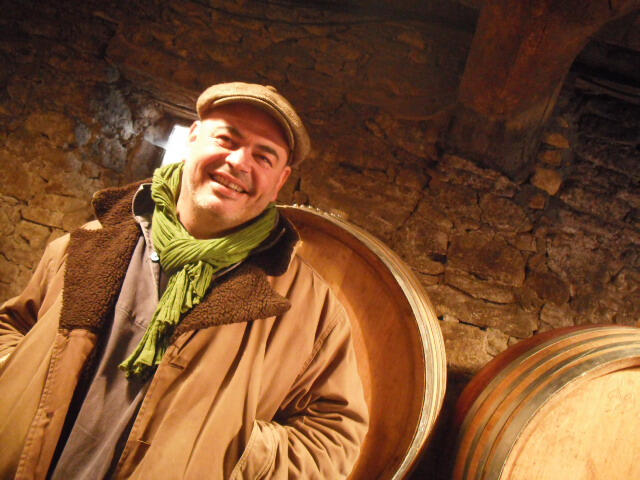
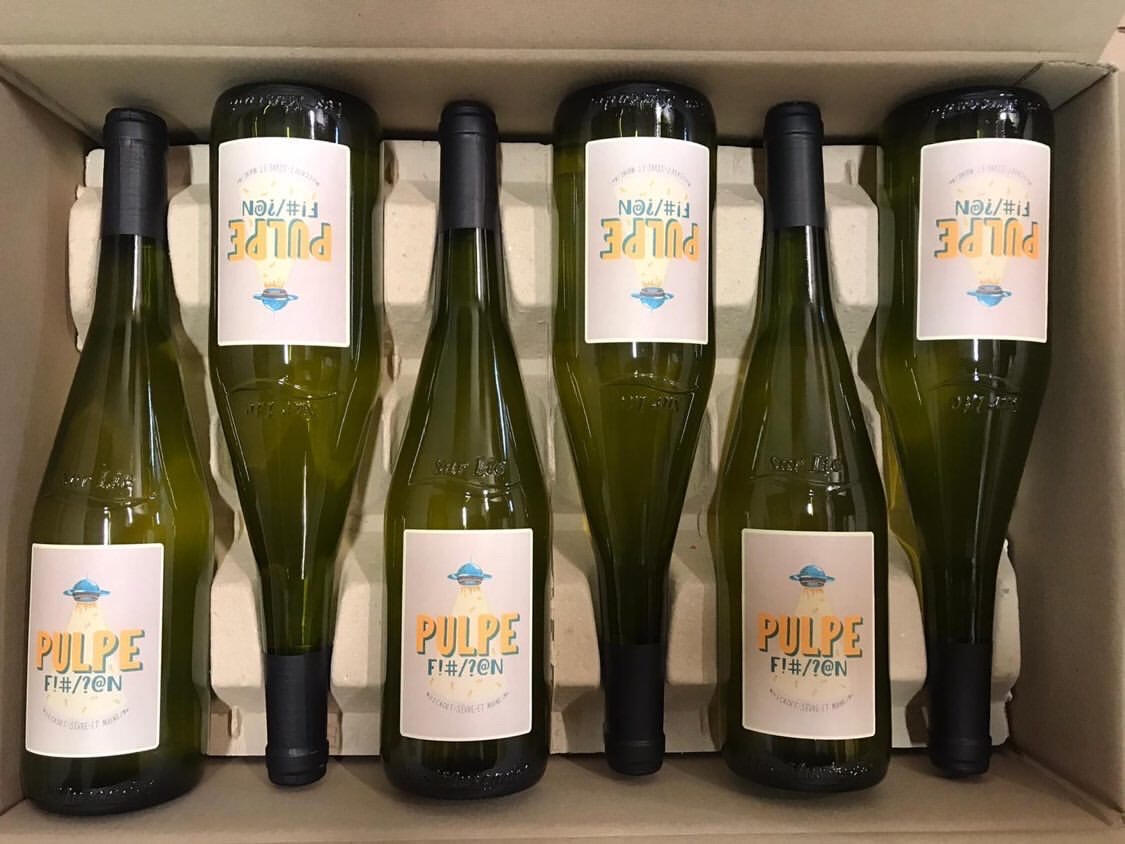
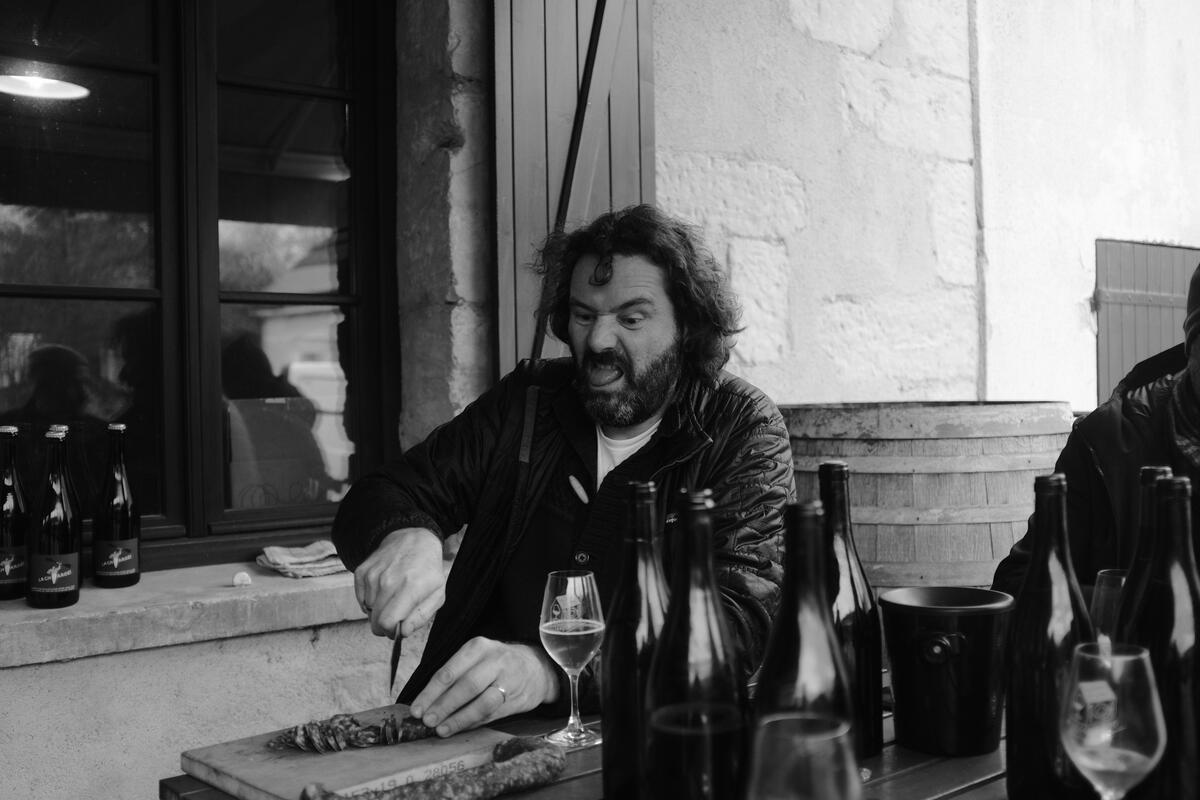
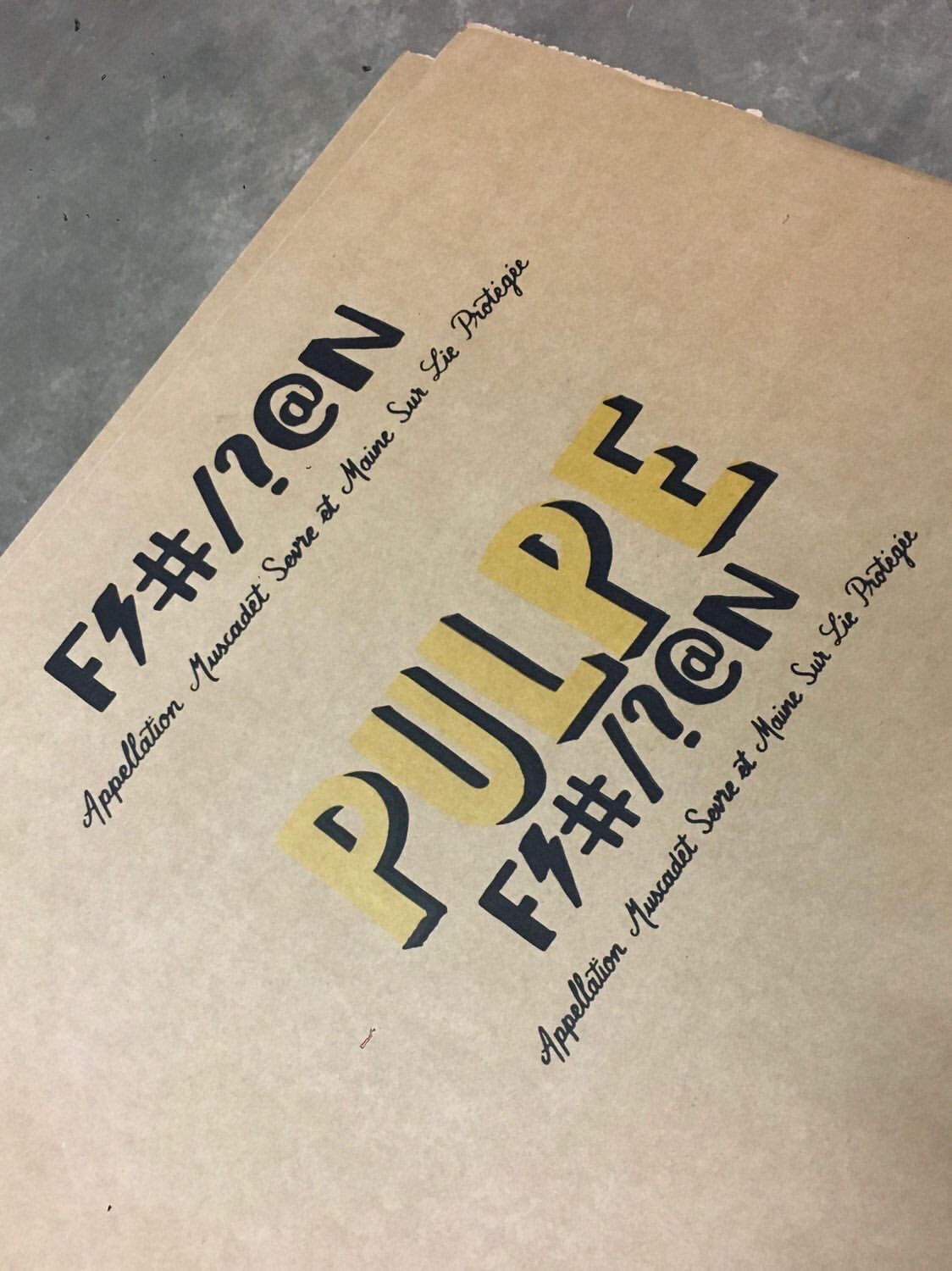
LOIRE
Narrative
Alexis Hudon might be a newcomer in the Loire winemaking scene, but his early vintages situate him alongside the other legends of the region.Young Québécois transplant Alexis Hudon worked as a sommelier, serving natural wines for ten years in Quebec City and Montreal before he moving to Paris in late 2013. In 2014, he worked his first harvest alongside Julien Guillot in Burgundy and Nicolas Reau in Anjou. After this first season, he went back to Paris to work as a floor manager and be immersed in the scene at Clamato and Coinstot Vino, two of the most famous natural wine restaurants in the city. In the late spring of 2015, Hudon left Paris to work full time with Lise & Bertrand Jousset in the Loire.Hudon has passionately committed to the world of winemaking since then and established his own cellar space in 2019. Hudon does not own any vineyards but buys exclusively-organic fruit from his friends in the Touraine AOP. 80% of his grapes come from the village of Saint-Aignan and the other 20% from Montlouis-sur-Loire.Alexis is more than simply purchasing fruit, rather he is working in the vineyards alongside the owners. He prunes the 4 hectares of land from where he sources his grapes, works the same soils, and harvests by hand with his team. He brings the grapes in small crates to his cellar in Bourges where he starts the vinification. Although he still helps his friends Jousset in the fields and cellar when necessary, Hudon released his first solo vintage in 2018 with 500 cases, a figure that tripled by the 2019 vintage.
Wines
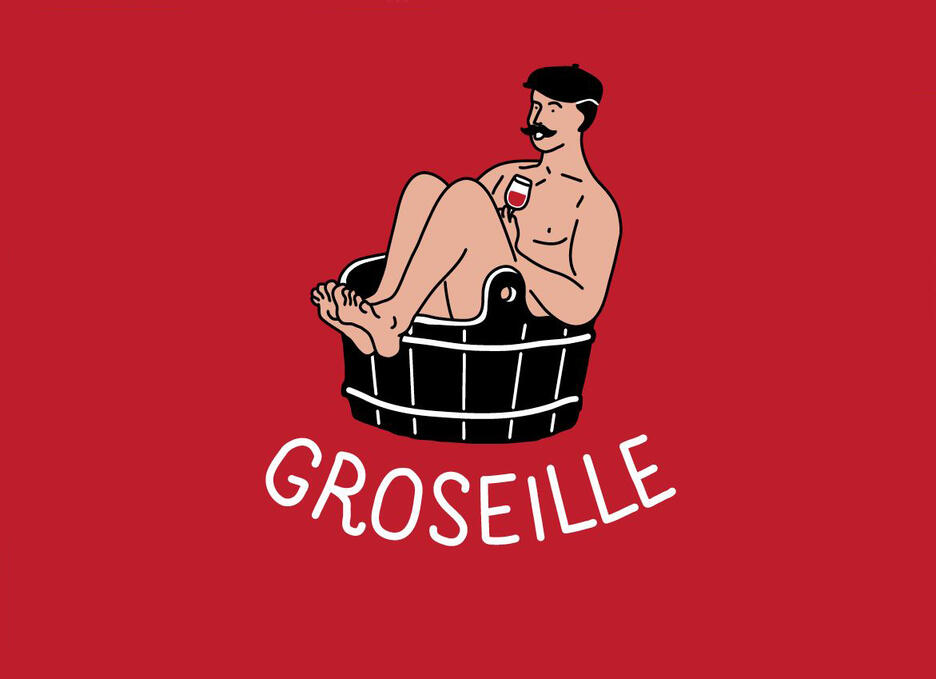
"Groseille"
VDF
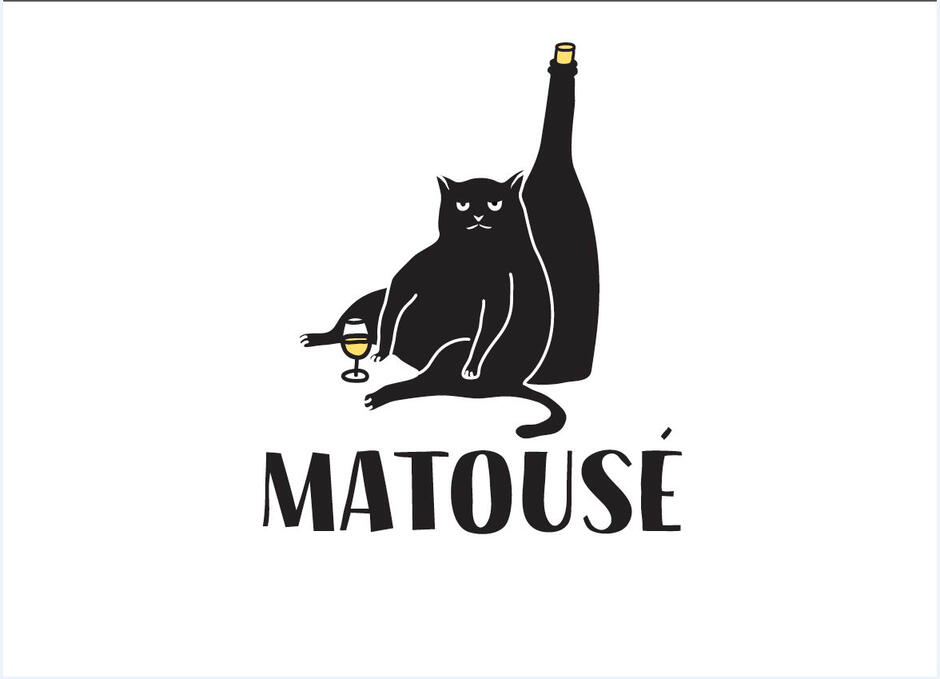
“Matousé”
VDF
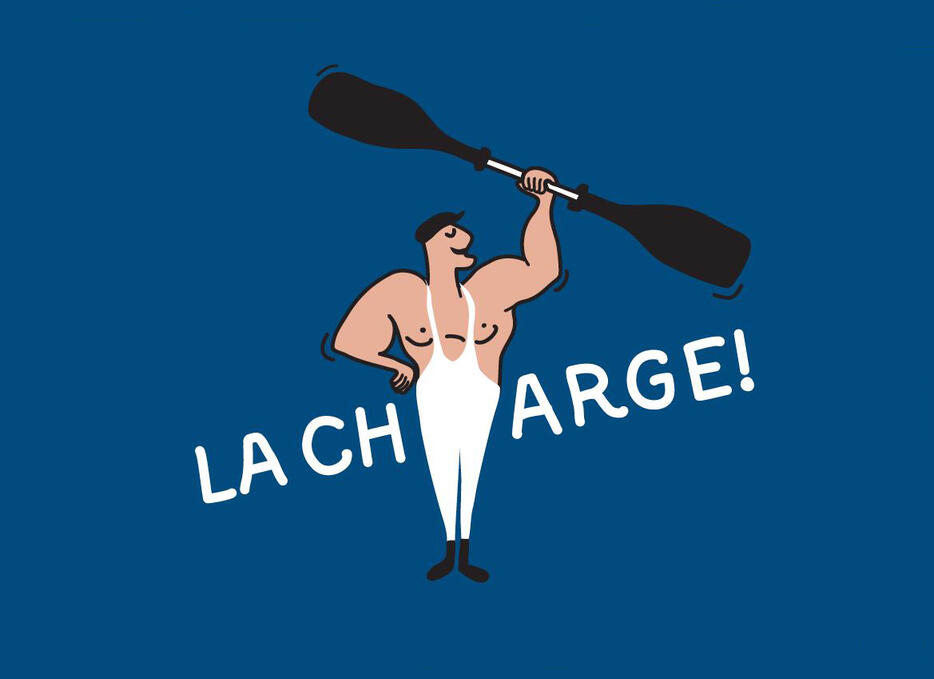
"Le Charge"
Pét-Nat
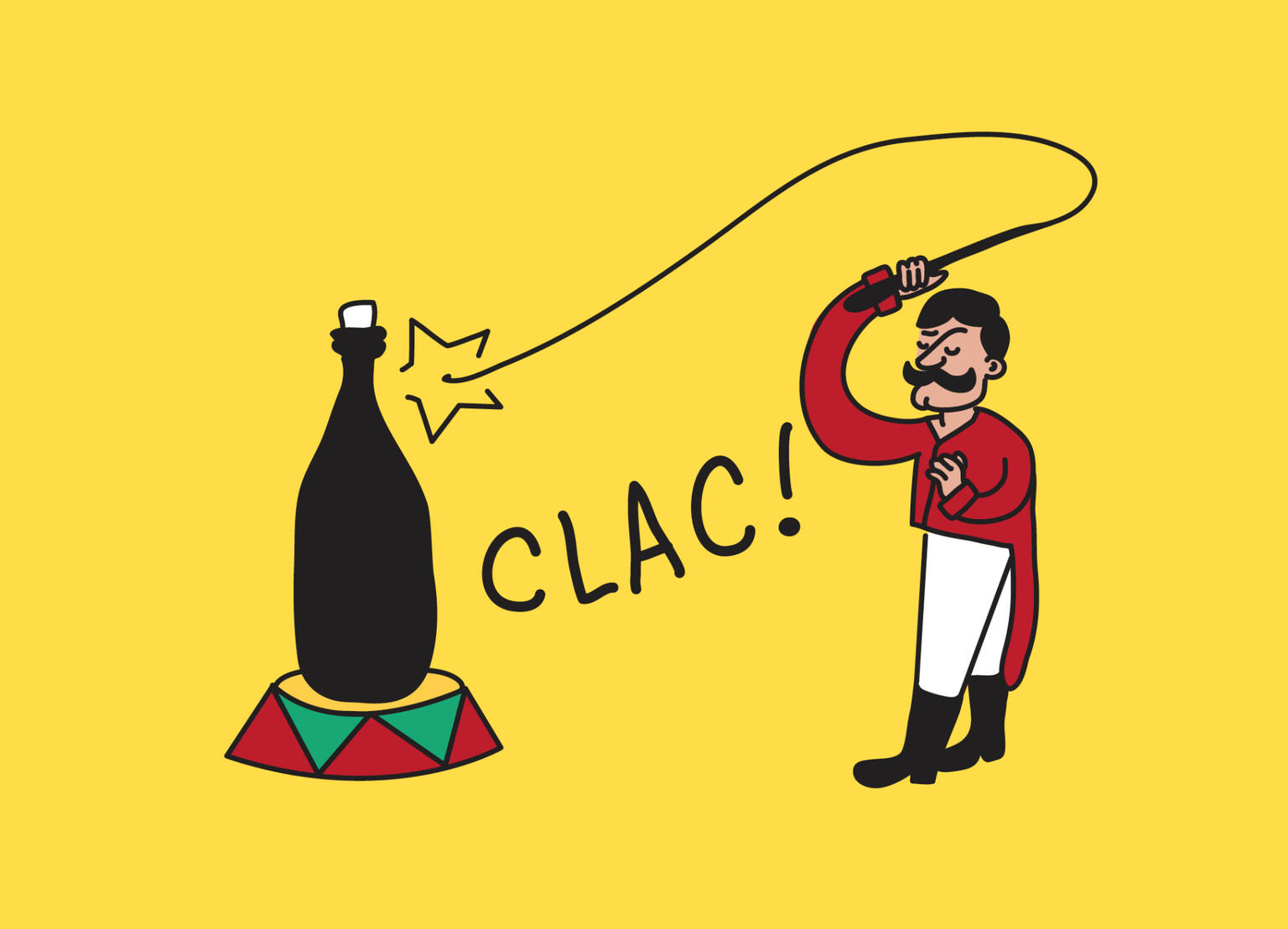
“Clac!”
VDF
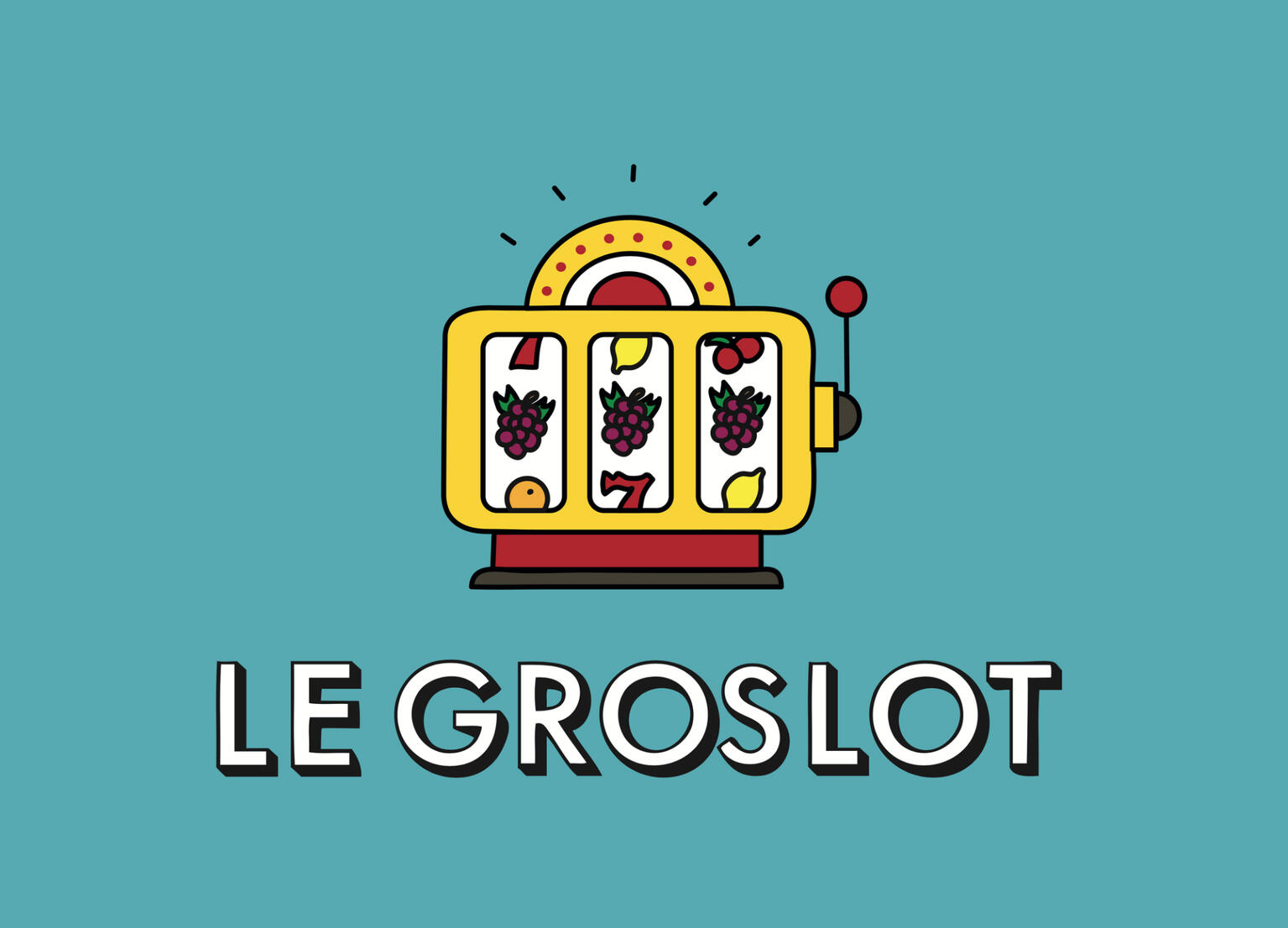
"Le Groslot"
VDF
Gallery
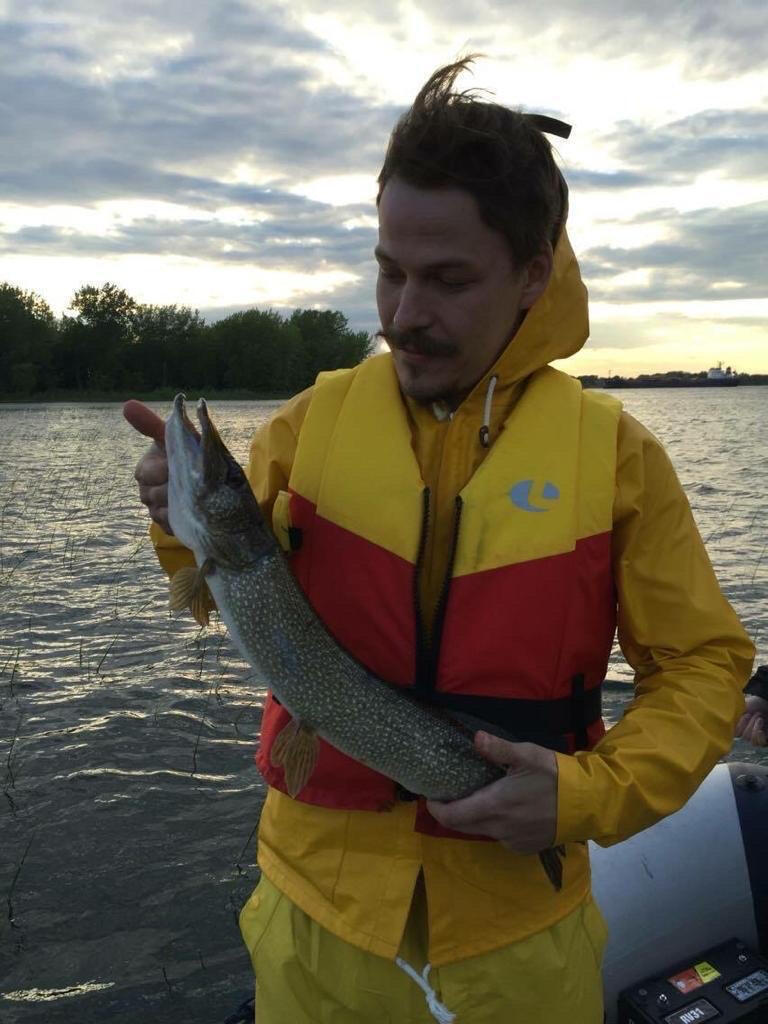
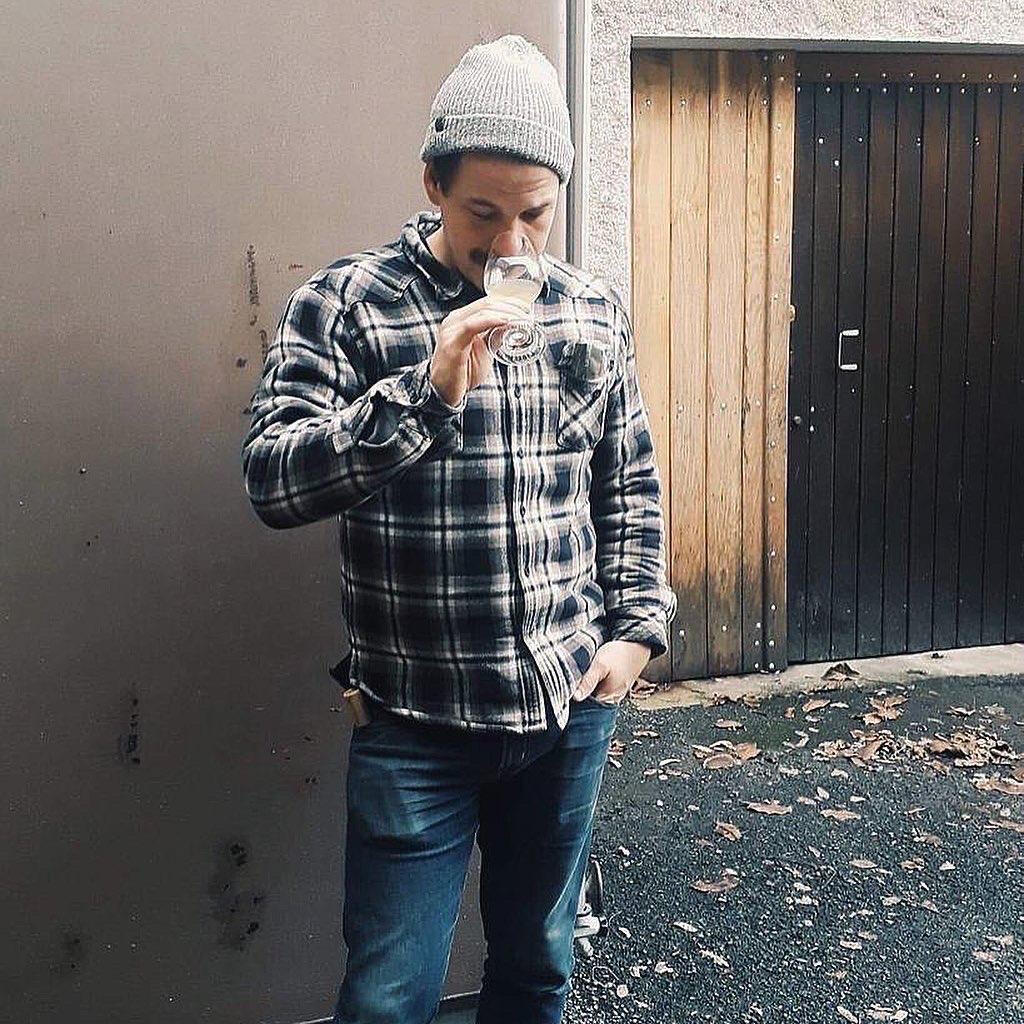
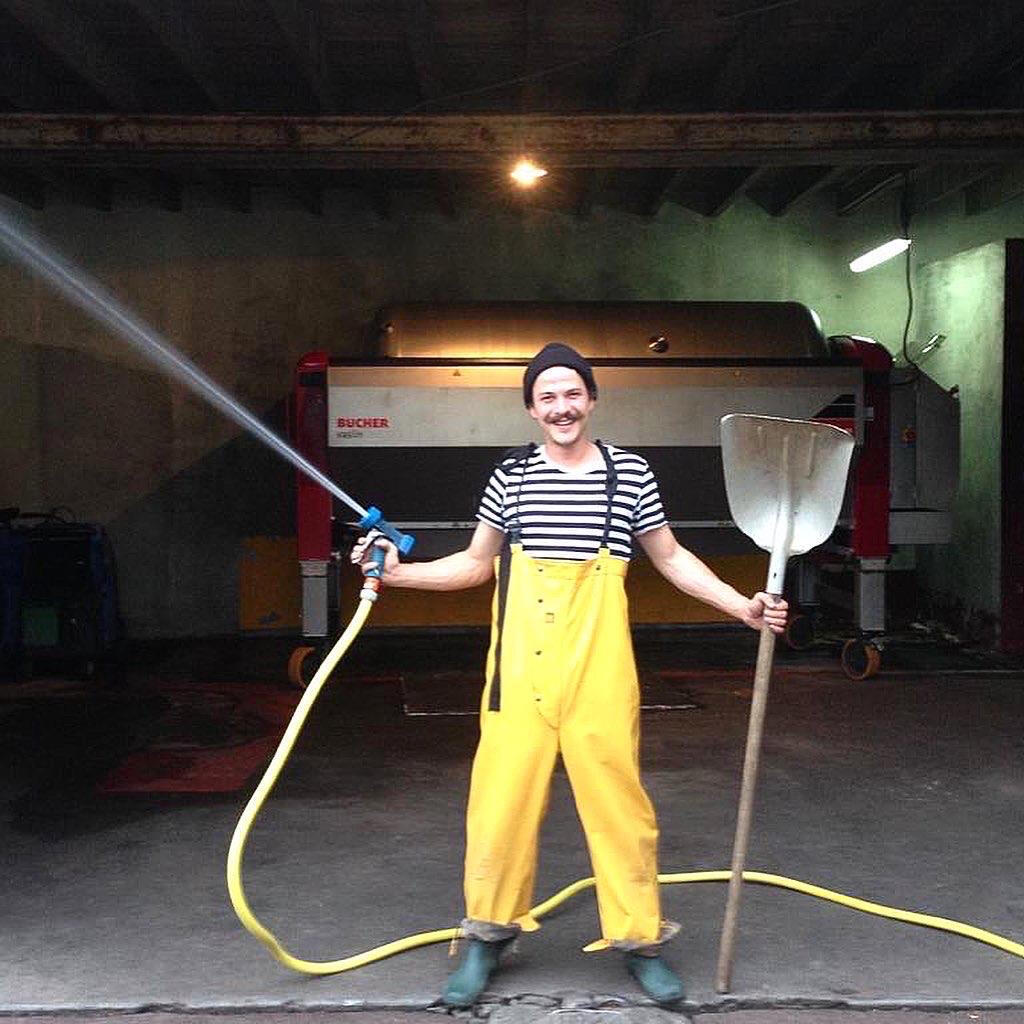
Saint-Nicolas-de-Bourgueil
Narrative
Sebastien David was born and raised in Saint-Nicolas-de-Bourgueil, part of a long line of family wine-growing tradition. After completing his wine studies, Sebastien went to Springfield to make some wine, and returned to France in 1998 to take over the family estate.In 1999, Sebastien produced his first vintage, after first converting the land to Organic farming. By 2002 his family’s land was certified. Then he met Françoise Foucault (the wife of Charlie from Clos Rougeard) and Marc Tempé in Alsace. Under their guidance, Sebastien began Biodynamic farming in 2004 and was certified in 2014.Every vintage, Sebastien experiments with different farming techniques and gets closer to his ideal wine. He has moved toward zero plowing to avoid disrupting the soil and implements a weed folding technique with a tool called “Rolofaca“; a system that does not remove the weed from the soil but pinches it at the bottom—the roots stay in the soil and the green part slowly die, leaving a thick layer of hay on top. This technique keeps the soil humid, avoids sunburn, and fosters life amongst the native worms, mycelium, and insects.Sebastien also co-plant his vineyards with trees to foster biodiversity. Vines are treated with several varieties of herbal tea and he uses perhaps the least amount of copper in the Loire— just 600g per hectare.His cellar is incredible: You need to drive down 30 meters into a deep, dark cavern—six minutes underground—just to reach it! Dark and scary, an old mushroom cave serves as the fermentation chamber to age his wines. The humidity, darkness, and temperature are spooky, but perfect for vinification. The temperature remains constant all year round at 54.3°F, which leads to longer fermentation that finishes all the present sugar. Amphora and concrete eggs— prized for their ovoid shape, provide the environment for a consistent movement of lees and enriches the wines. Nothing added or taken away in the cellar.Sebastien fights for the global recognition of natural wine and, after several years of hard work, he created with Jacques Carroget the first natural wine certification: “Vin Nature”.
Wines
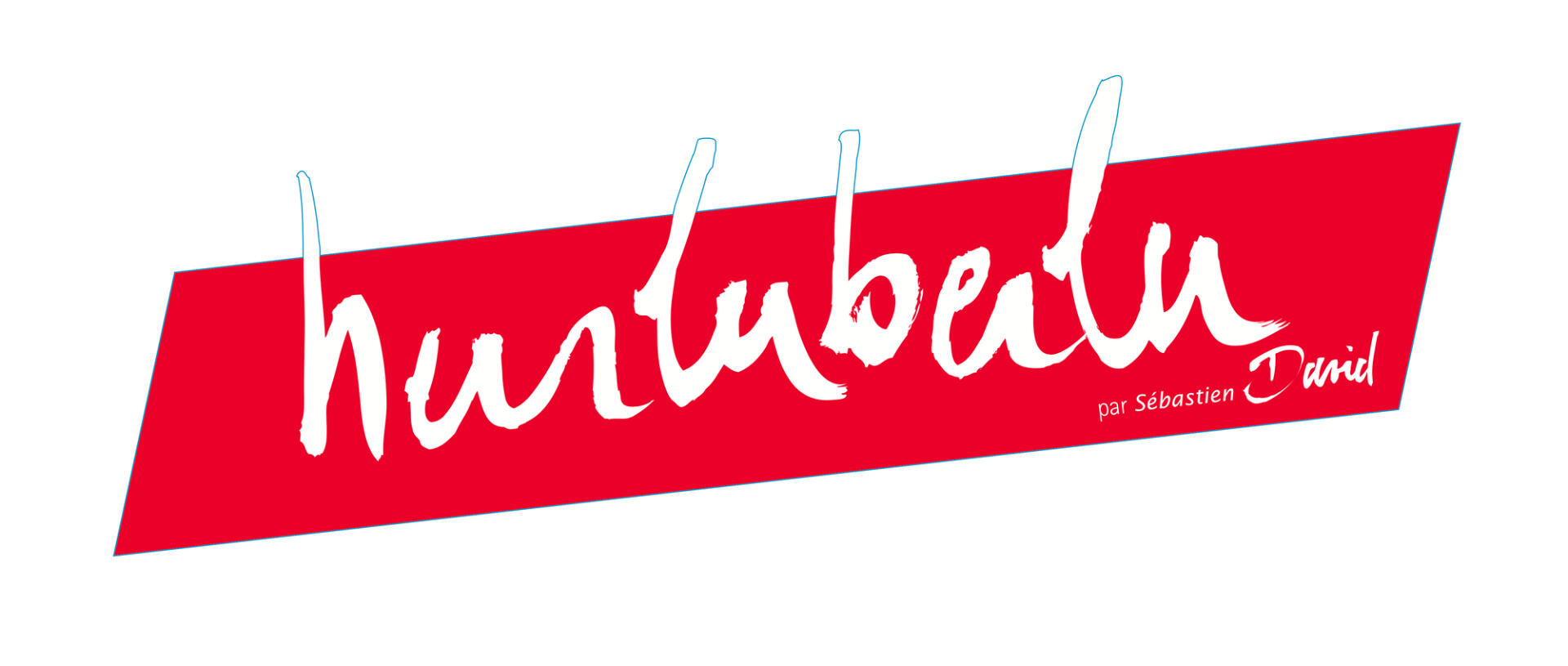
"Hurluberlu"
Saint-Nicolas de Bourgueil
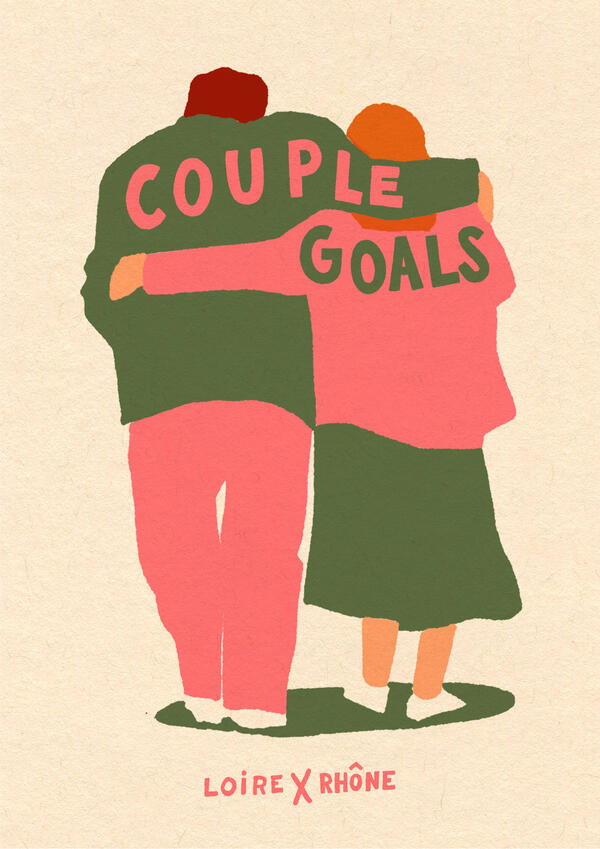
"Couple Goals"
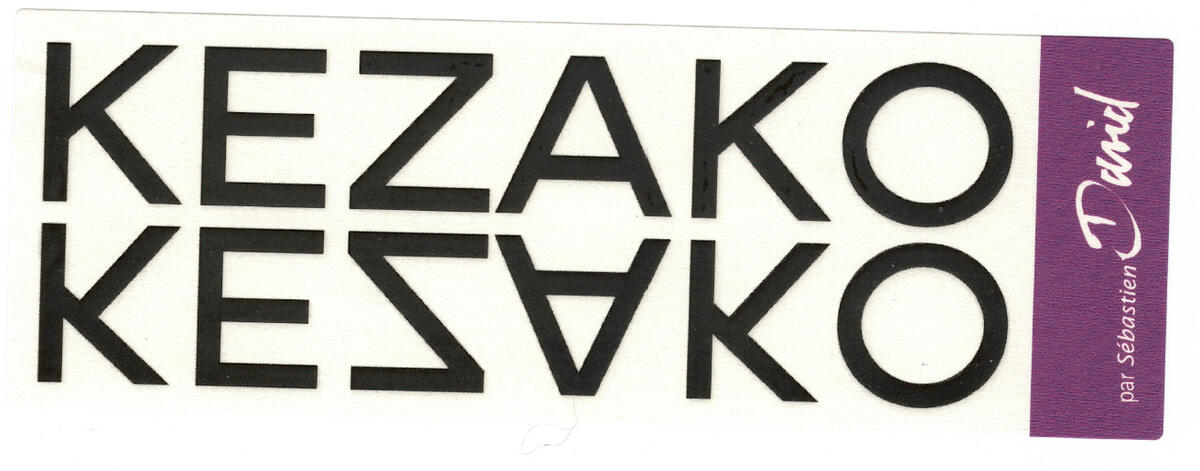
"Kezako"
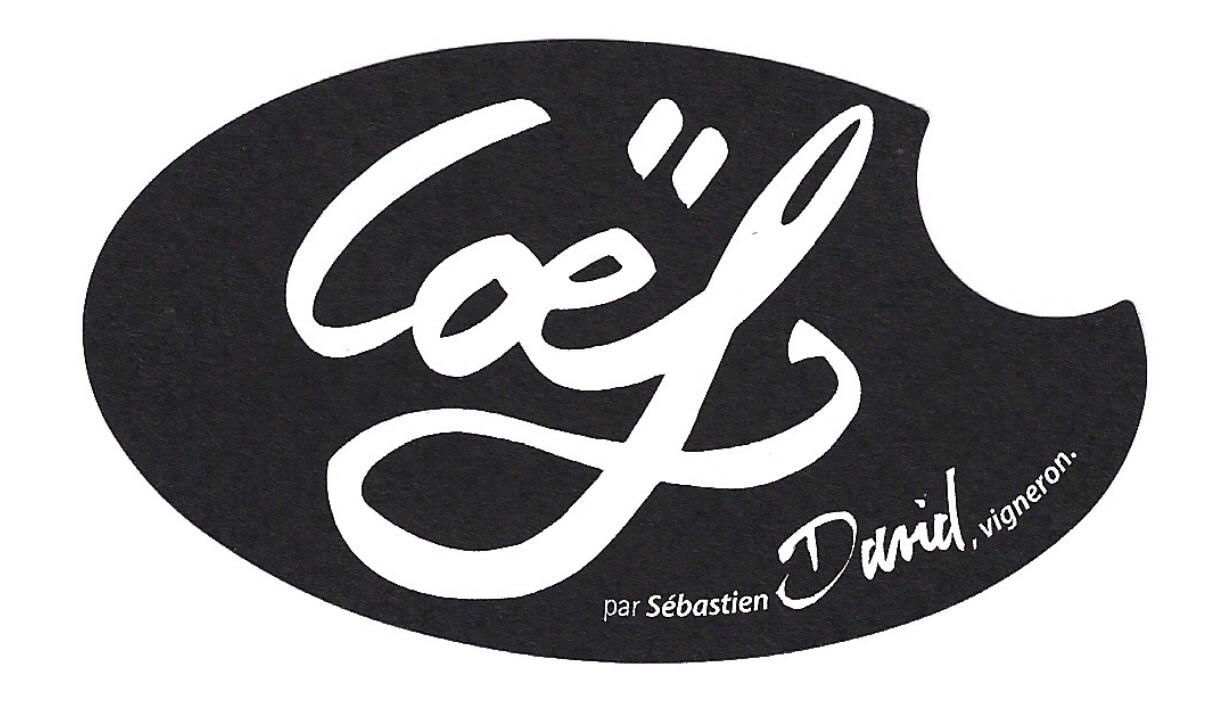
"Coef"
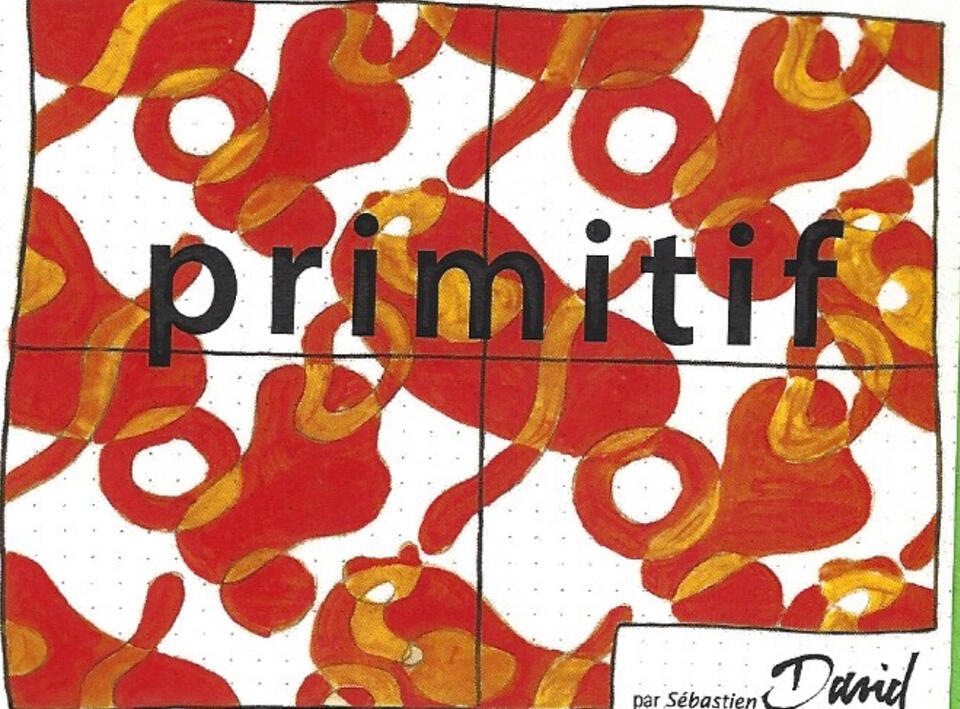
"Primitif"
Gallery
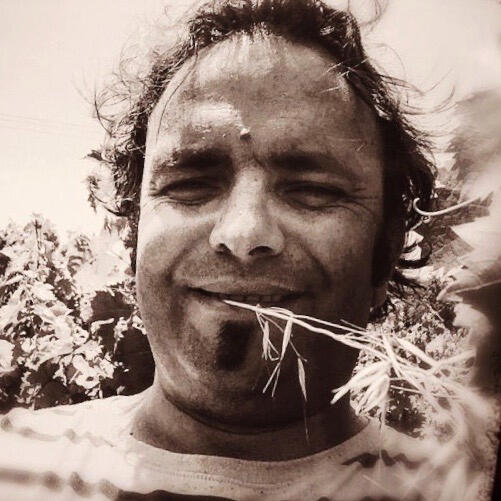
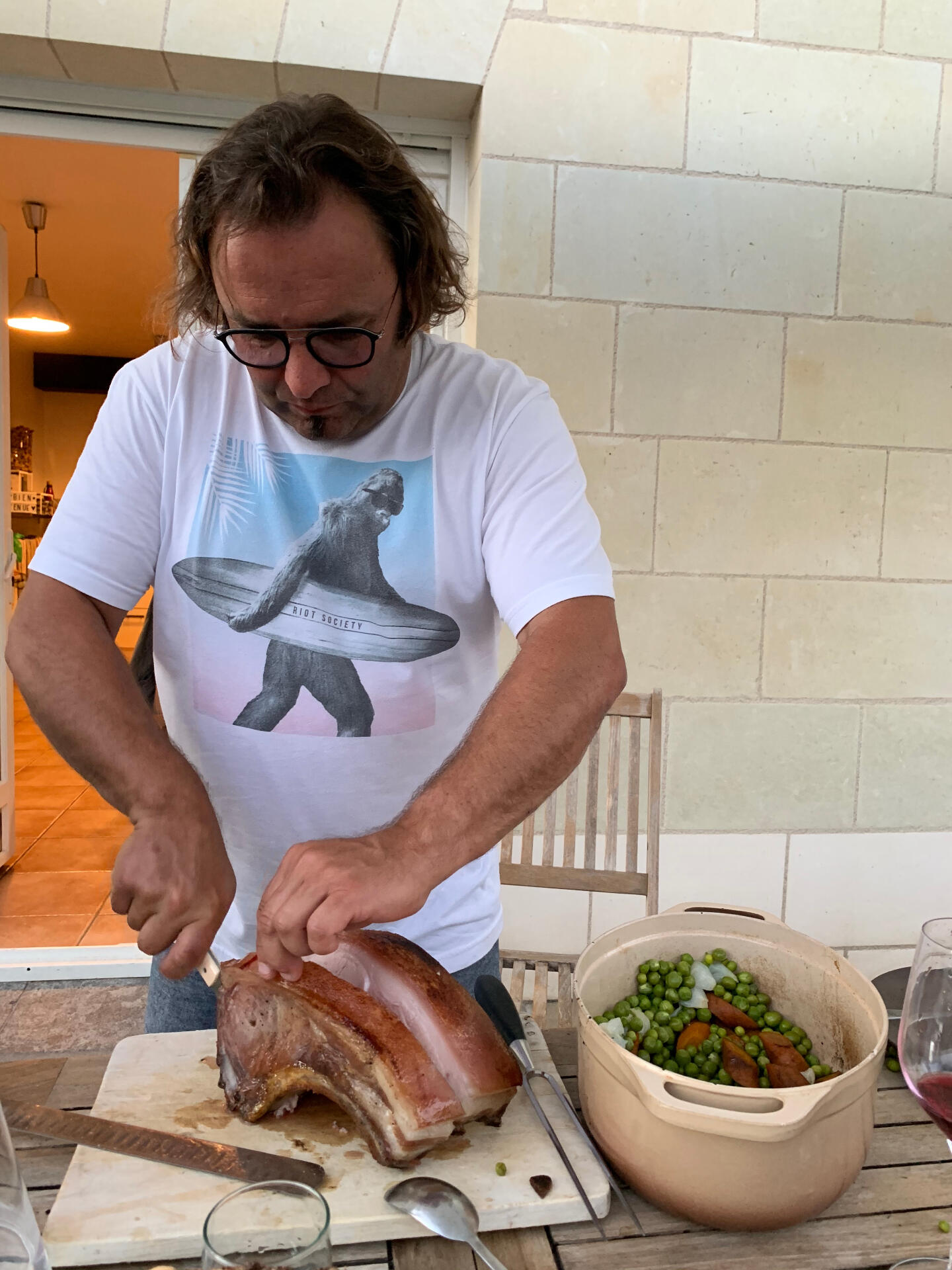
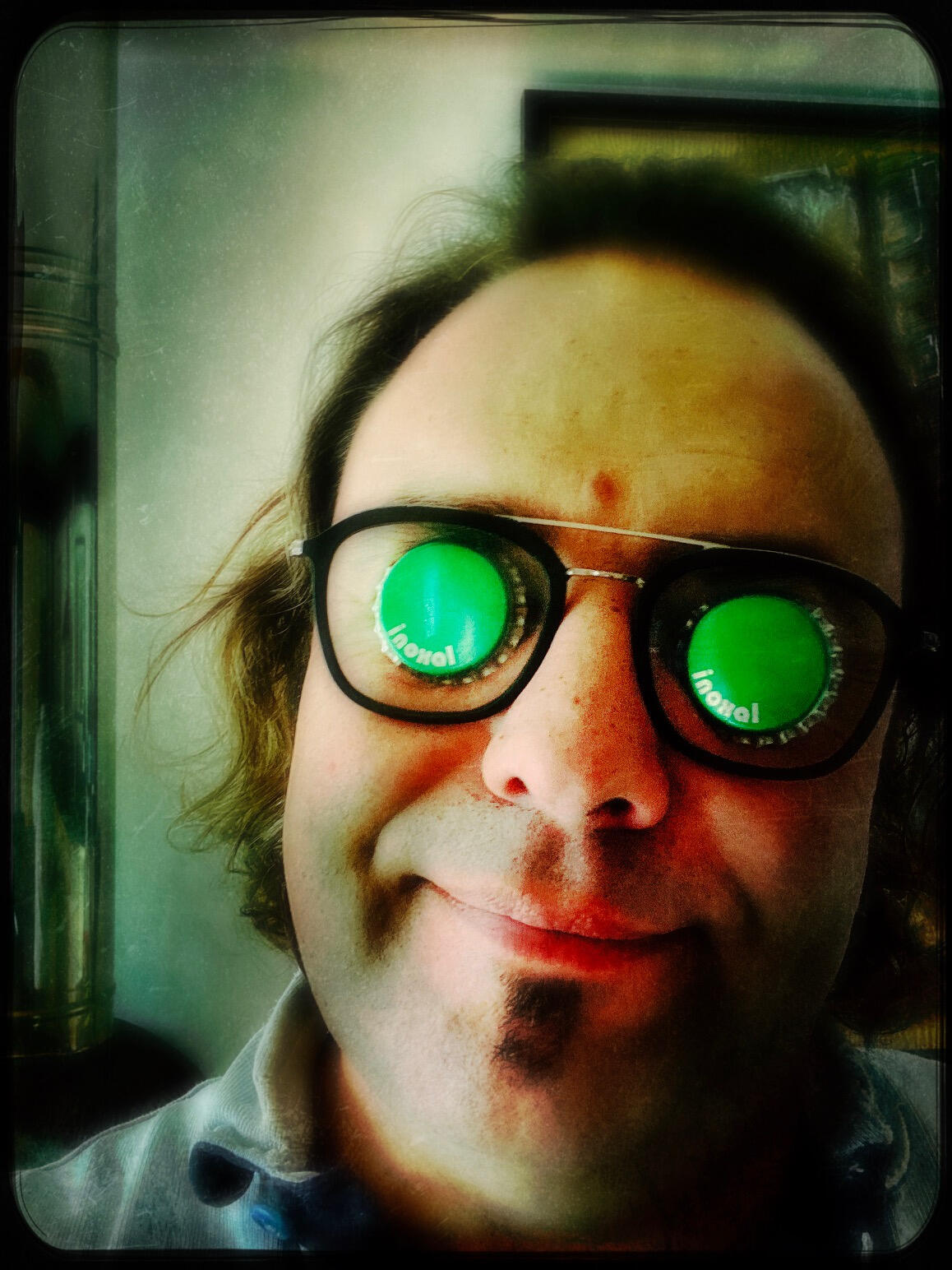
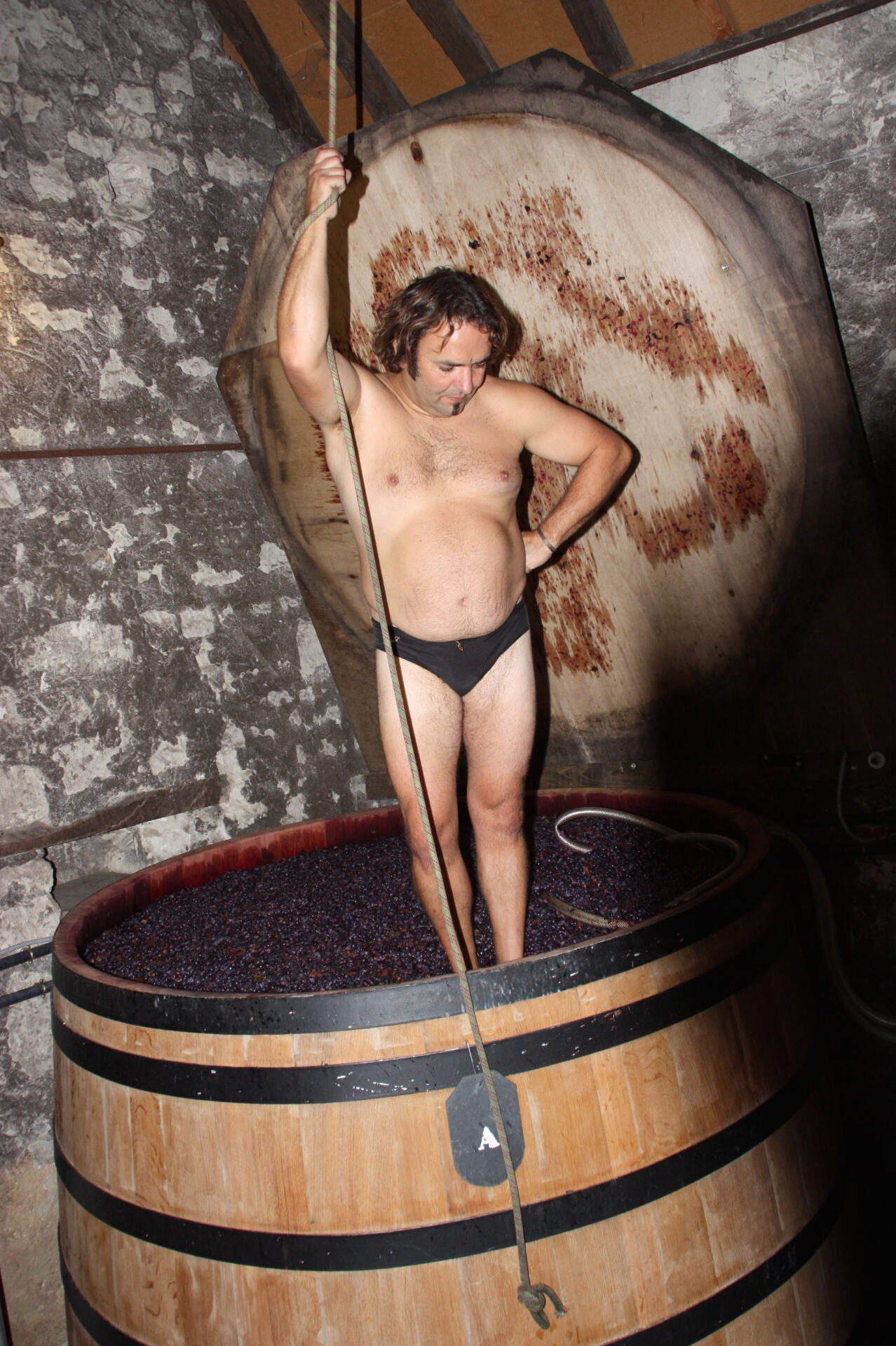
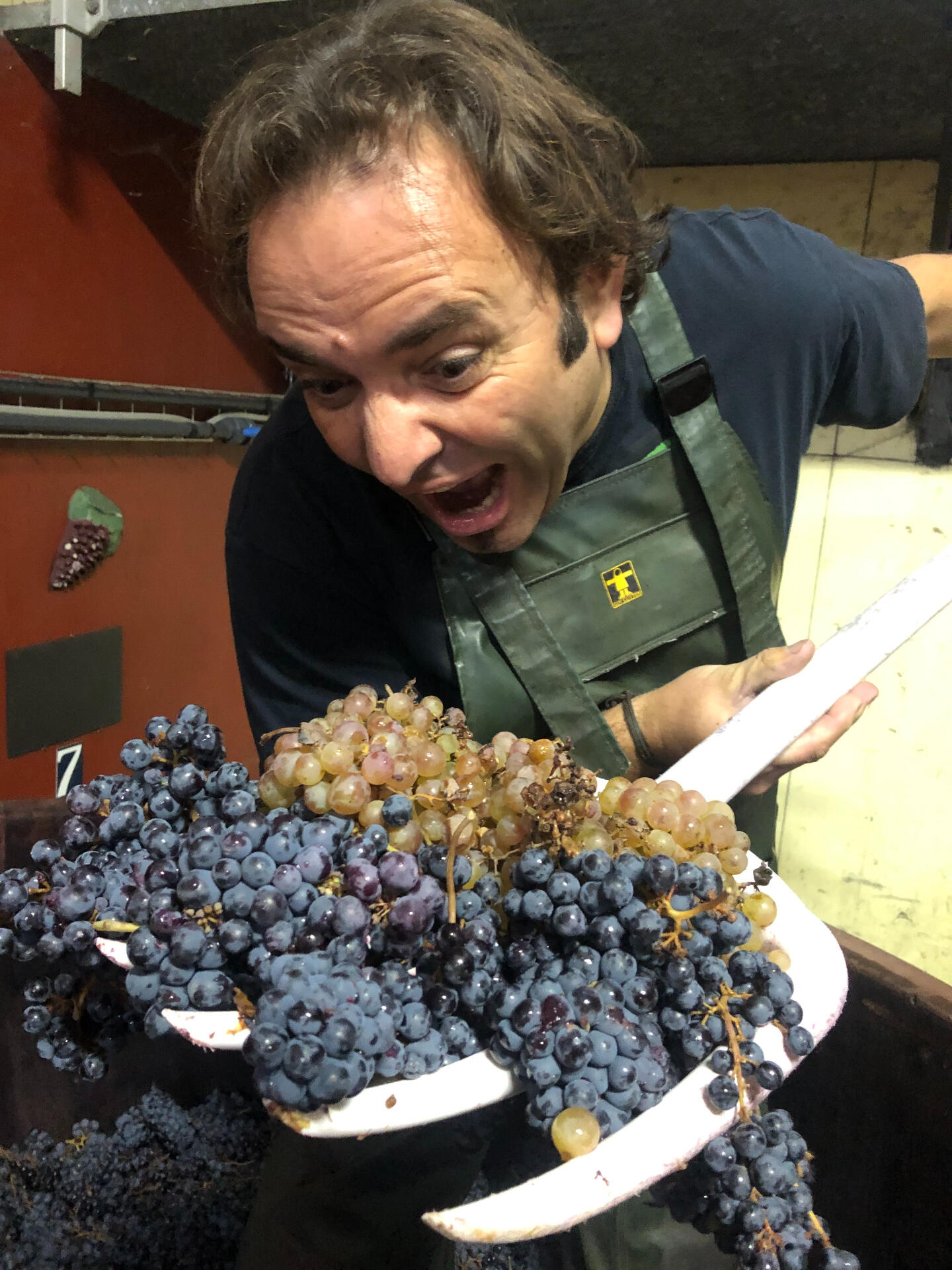
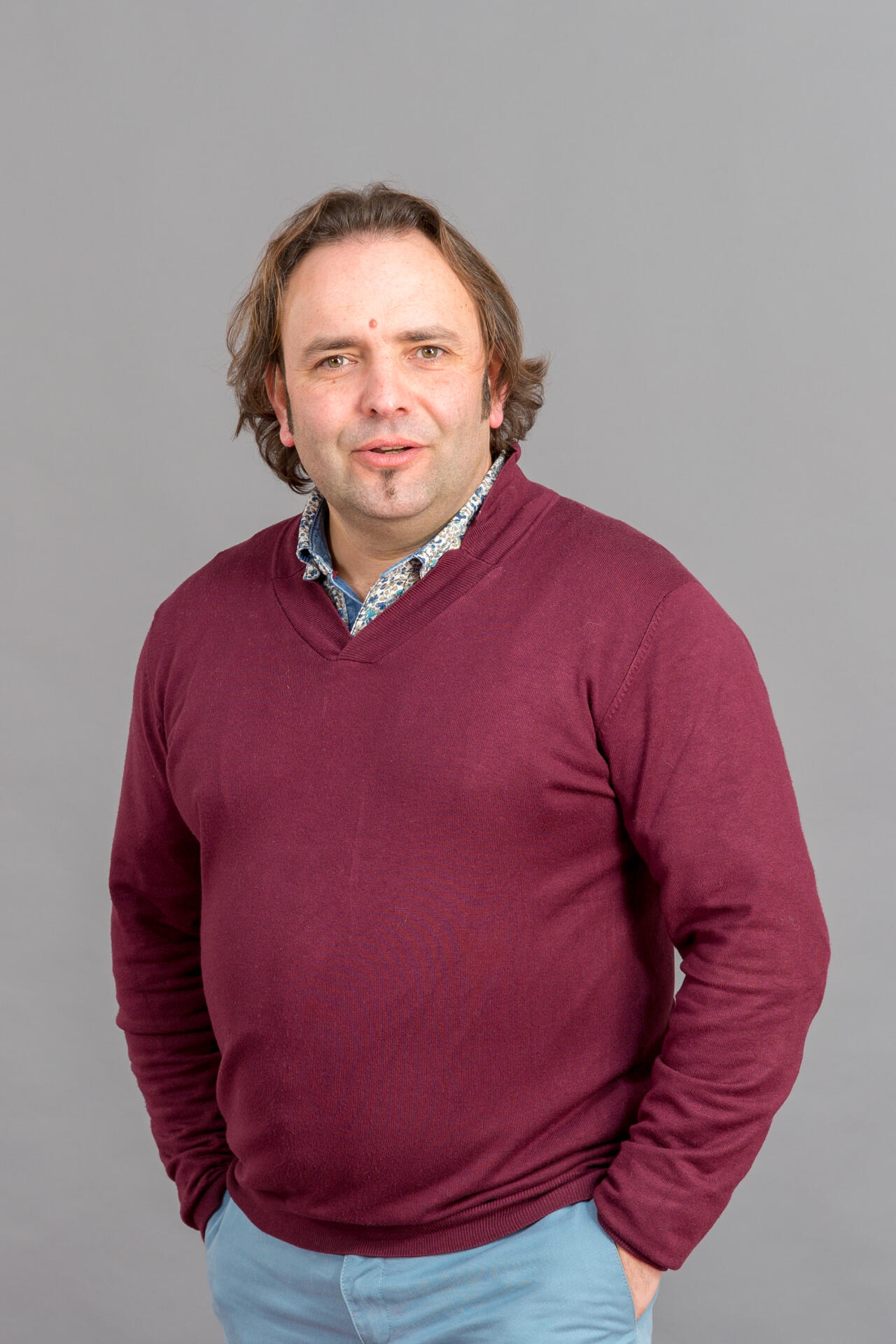
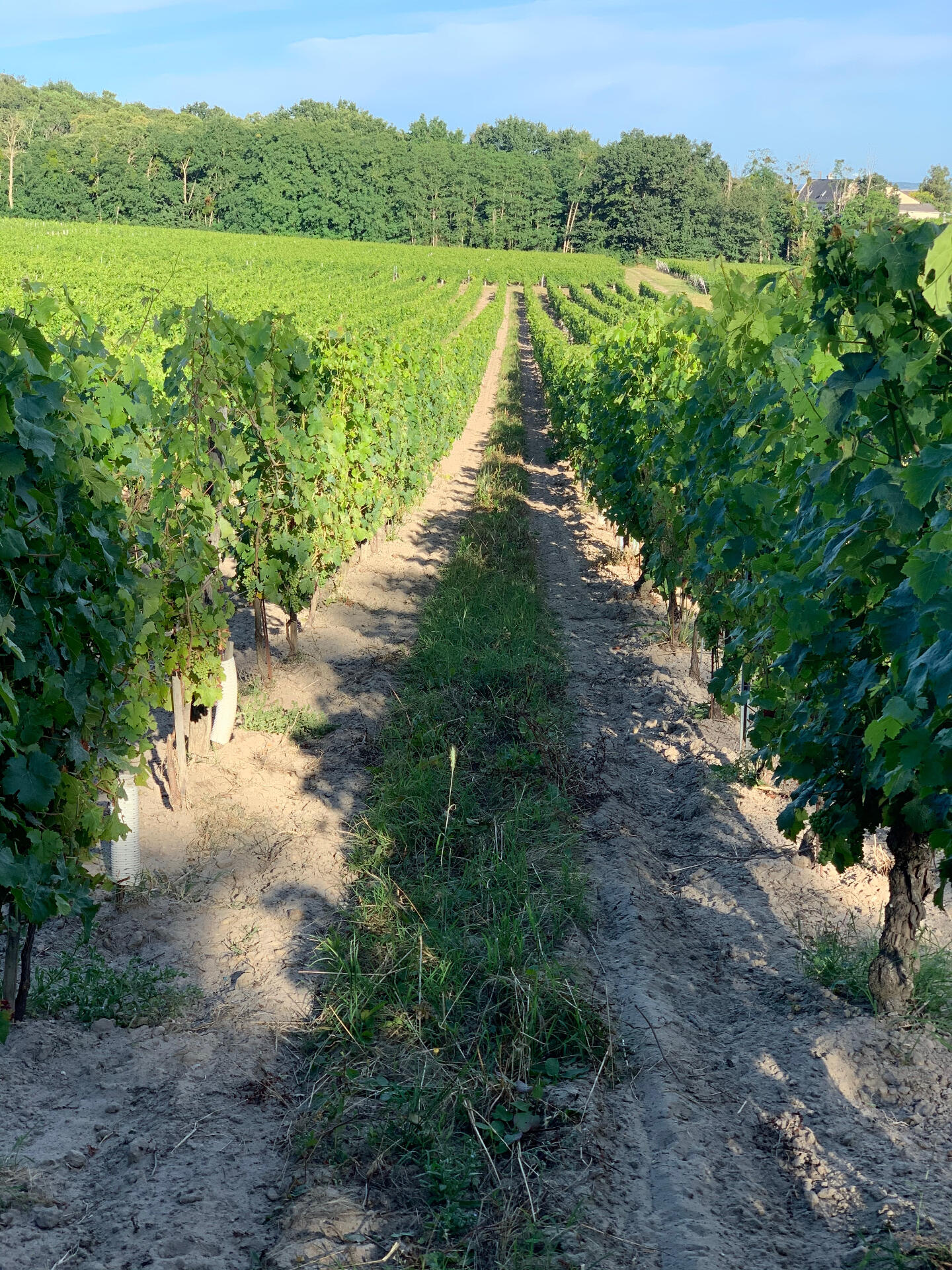
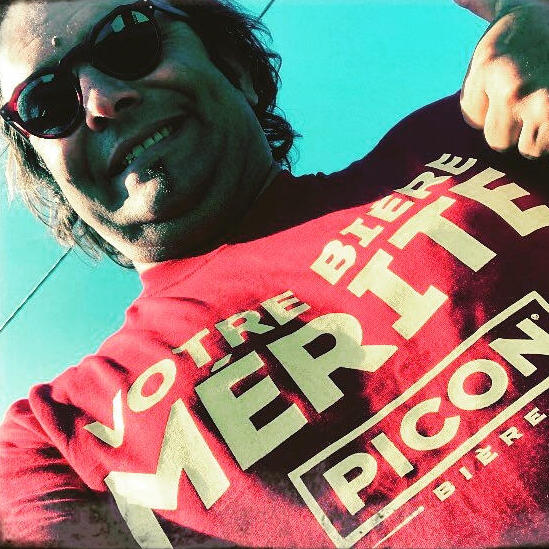
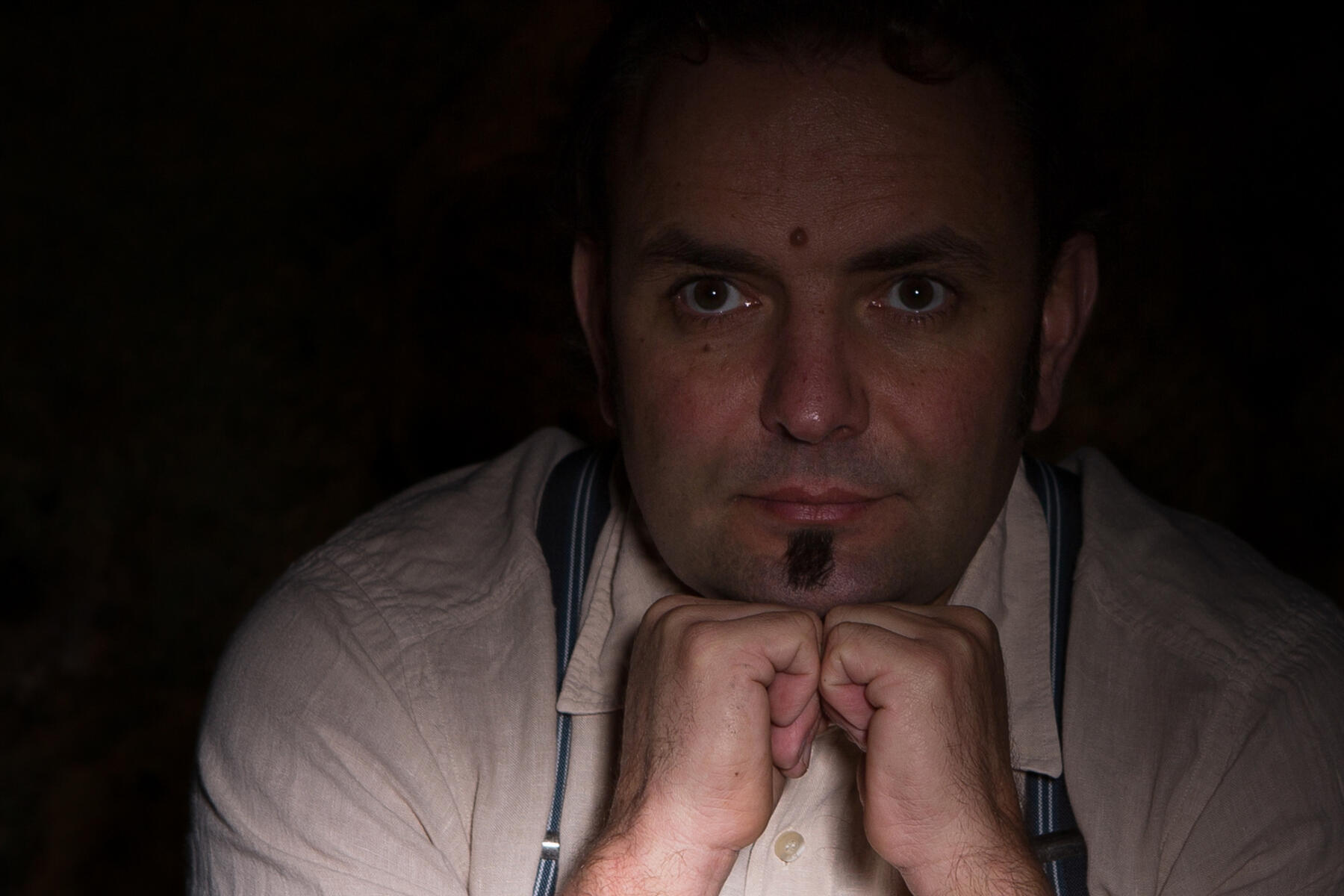
Alsace
Narrative
Sons of Wine was created by Farid Yahimi, born and raised in Nancy, France. Farid started a career in digital communications and open-source software before switching to the natural wine movement. Carole Yahimi, Farid’s cousin and the founder of the French association of natural wine (AVN), introduced Farid to natural wine. Carole connected Farid to some of the pioneers such as Pierre Overnoy, Marcel Lapierre, Thierry Puzelat, Christian Binner, and this sparked a greater curiosity. Through conversation and lending a hand in their wineries, he received an informal education in vinification and launched him into winemaking.The early stages involved a lot of experimentation and the occasional batch of vinegar, because Farid was never interested in a formal oenological education that taught him dogmatic methods of vinification. Instead, he wanted to learn precision through practice. In 2010, Farid planted his first parcel, and he also released his first vintage with fruit purchased from a few friends. Till 2017, the wine was mostly for his friends and himself to enjoy. However, with the quality of his wine reaching new levels, Farid increased production to 5,000 bottles and named it SONS OF WINE inspired by the show SONS OF ANARCHY and his love of motorcycles. He told a friend, “If I can sell out 5,000 bottles that’s great. If not, I will still drink it in the next 2 years.” He sold all 5,000 by the end of that year.From the beginning, Farid rented a part of Christian Binner’s winery along with some equipment. In 2020 he created his own winery in Ribeauville and moved out of Binner’s. He just owns 2 hectares: 1ha in Côtes de Toul and 1ha in Beaujolais. However, land is pretty expensive in Alsace and access to good terroir is hard to come by, so Farid decided to make wine primarily from purchased grapes (90% are Biodynamic, 10% Organic). Each cuvée has a story behind it and a specific terroir devoted to it, so he is always sourcing from the same vineyard from vintage to vintage. If there is any issue with the fruit, the cuvée would be dropped and a new project would take its place. By not farming a large area, Farid can travel and work with a diversity of grapes and terroirs. This also means he can source grapes that he wouldn’t be able to own in Alsace—for instance, 200-year-old Verdejo from Spain with a similar terroir to Alsace, the rare red Muscat, grapes on volcanic soil, and so on.Farid dedicates a lot of interest in the personal relationship he has with his growers. It’s the first deciding factor. “Sourcing grapes is first of all a human adventure. Do we get along and do we want to grow together?” Farid takes care of the vineyard practices and advises his grower with the biodynamic treatments he wants. He also searches for vineyards without any plowing, pruning, or copper/sulfur treatments—only biodynamic preparations to produce quality fruit in healthy quantities. All of his wines are produced without any additives at all, including sulfites, and without any filtration.Philosophy in the cellar.“We do nothing period. We do the best we can. Vintages are always different, you can see people making wine for 30 years with biodynamic vineyards for a long time having a lot of troubles in the cellar when others are making wine for 2 years with organic vineyards in conversion and everything goes smoothly in the cellar. There is no certainty and cellar’s work is firstly humility. When it goes wrong you just take a Kleenex. I might be lucky but I’m not throwing out a lot of wine every year. Some wine doesn’t complete sugar, there are not wine nor vinegar, I just wait and very often it works out.”
Wines
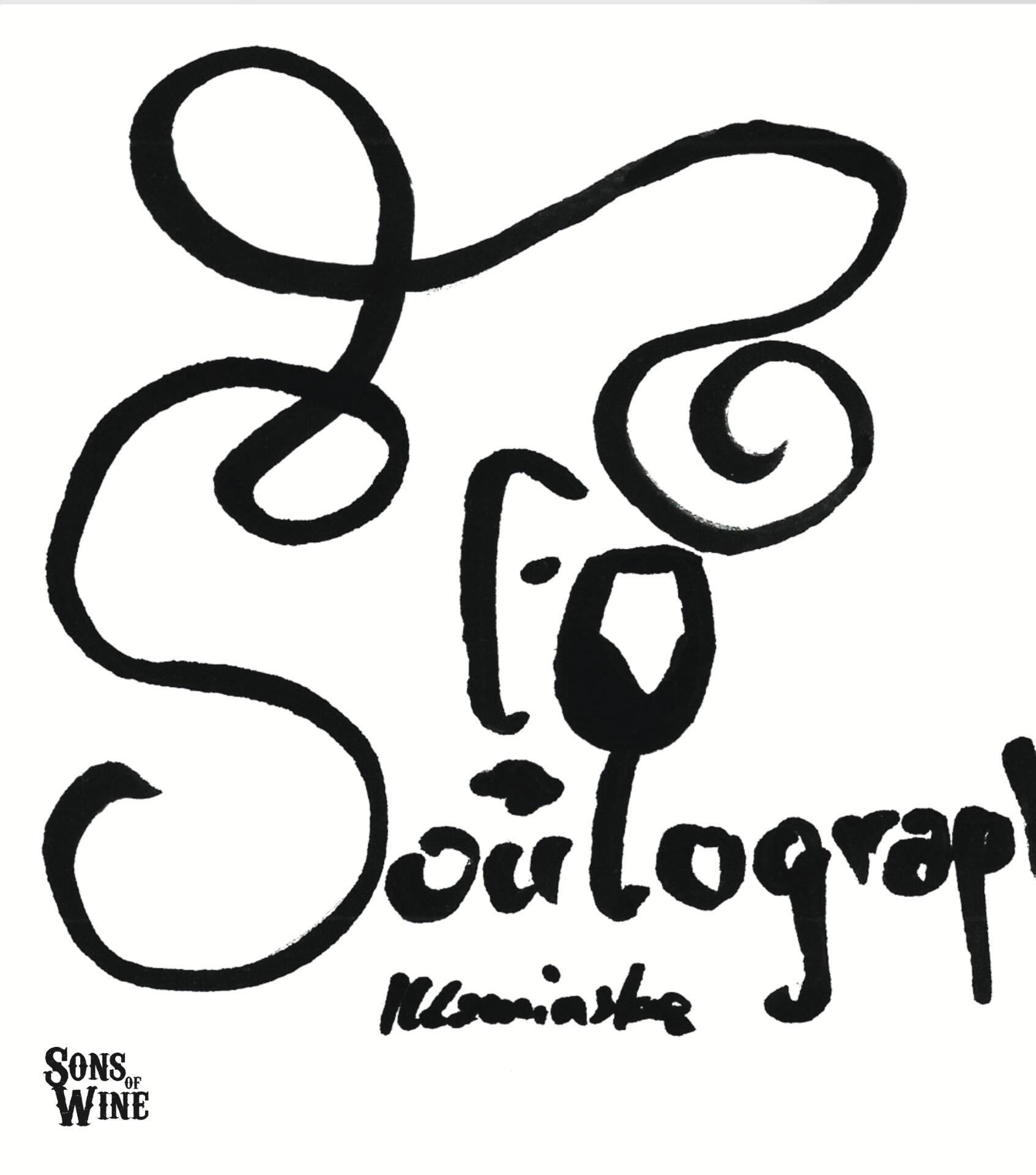
"Soulographie"
VDF
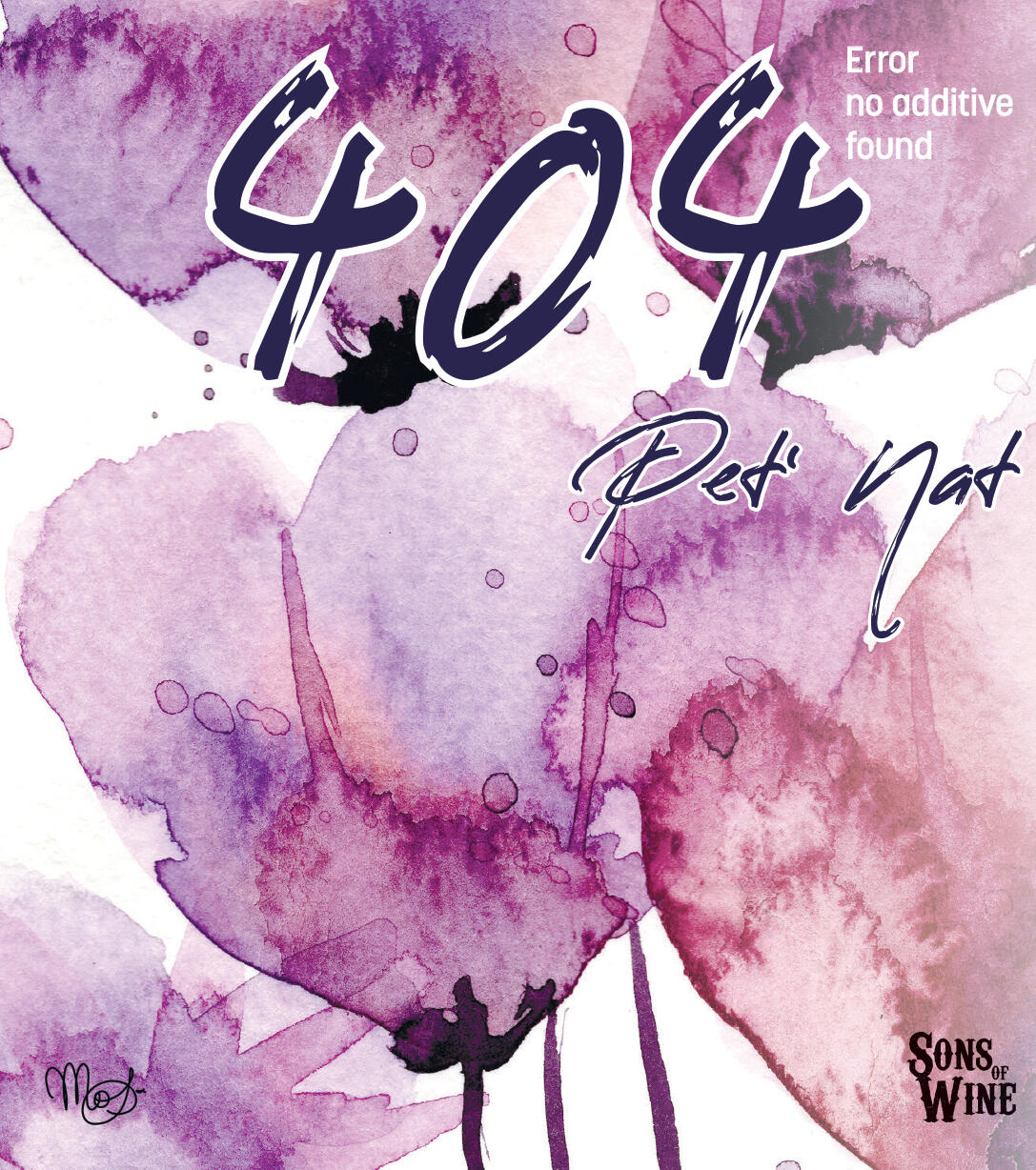
"404"
VDF
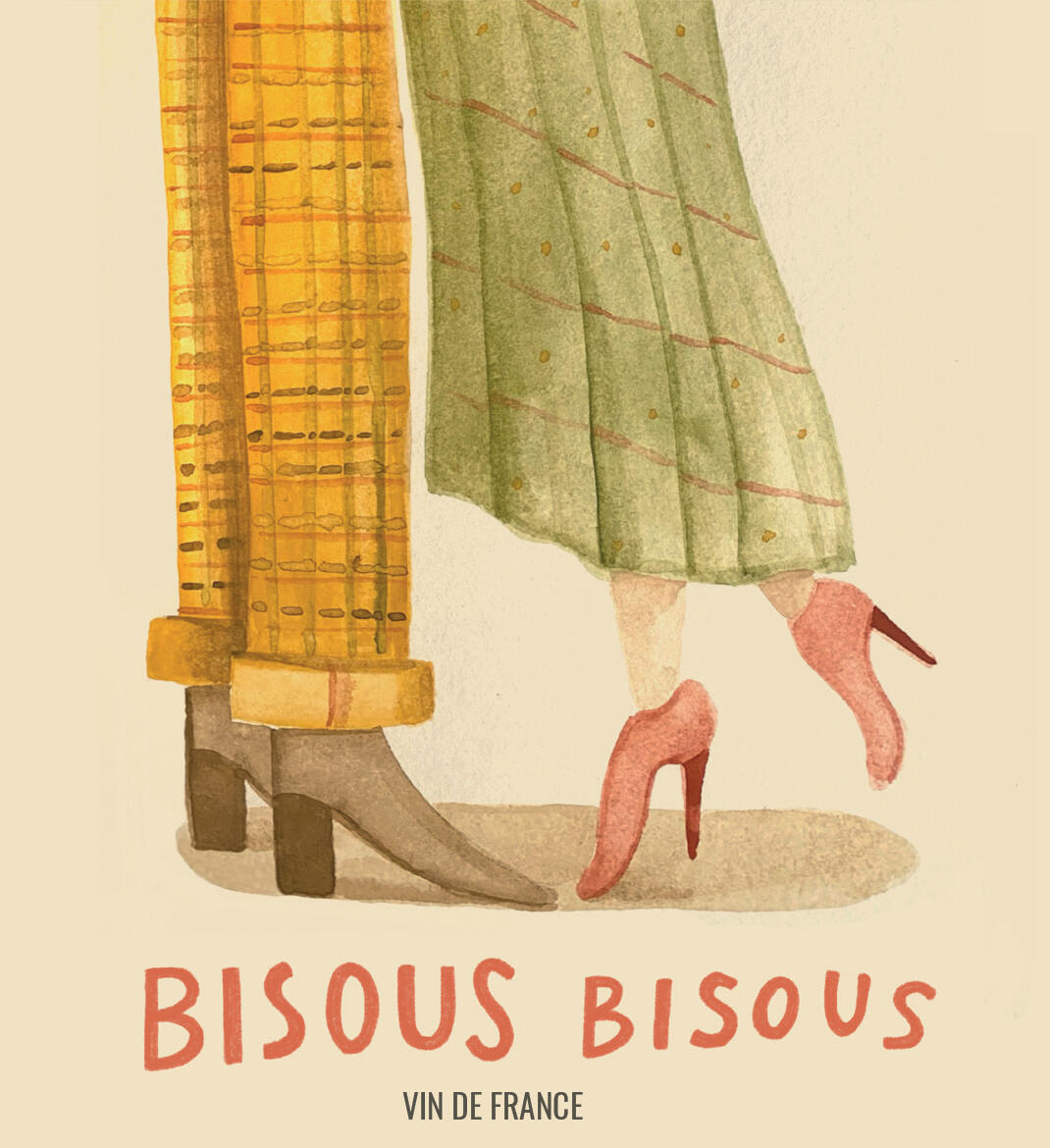
"Bisous Bisous"
VDF
Gallery
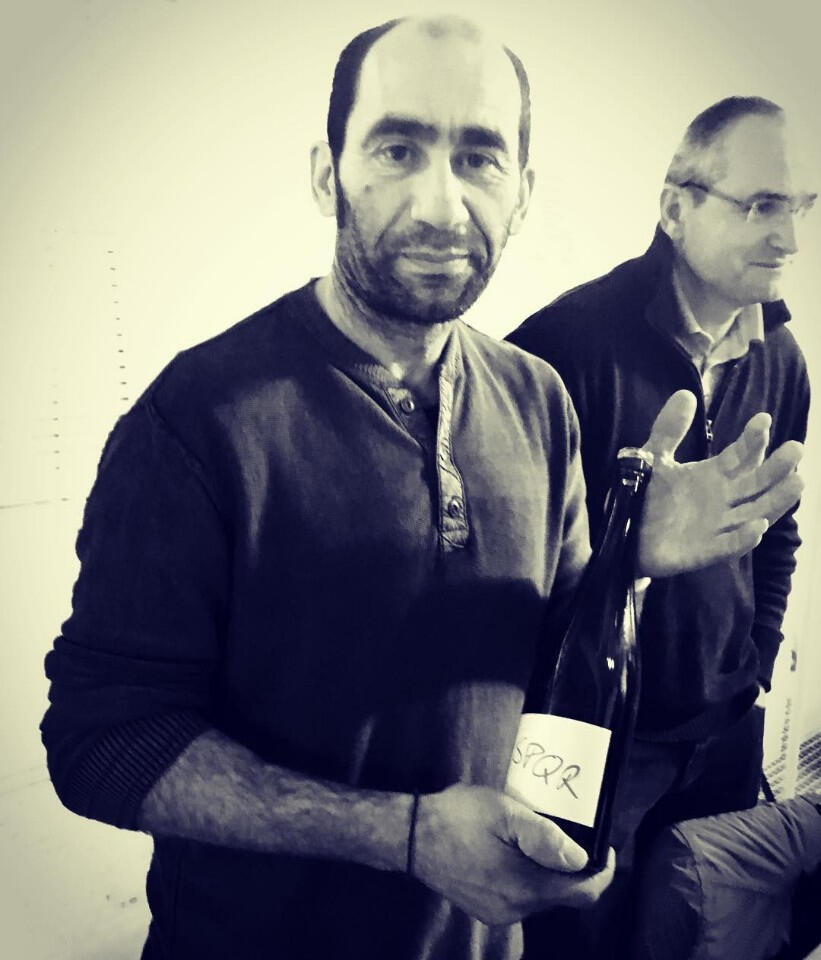
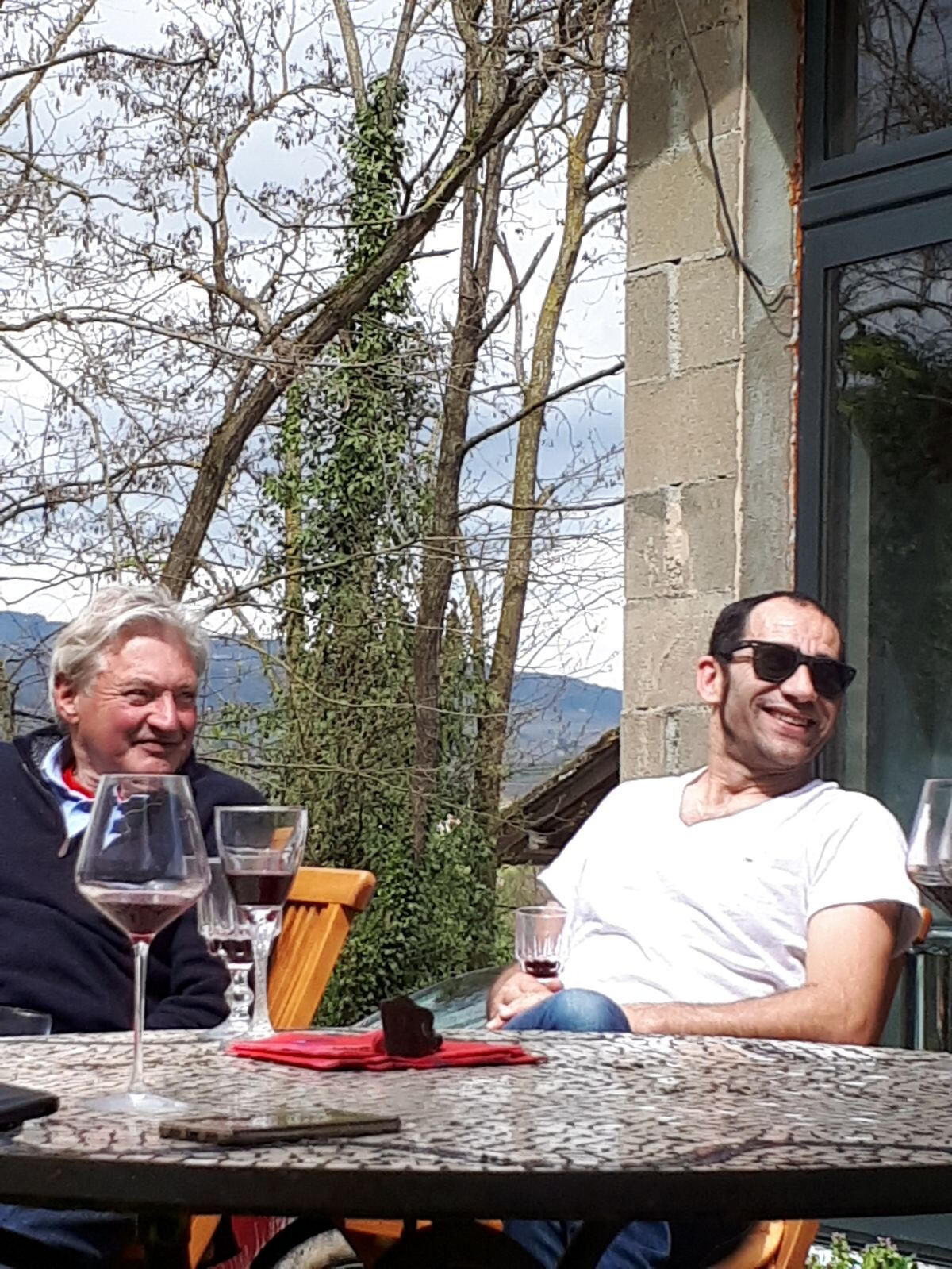
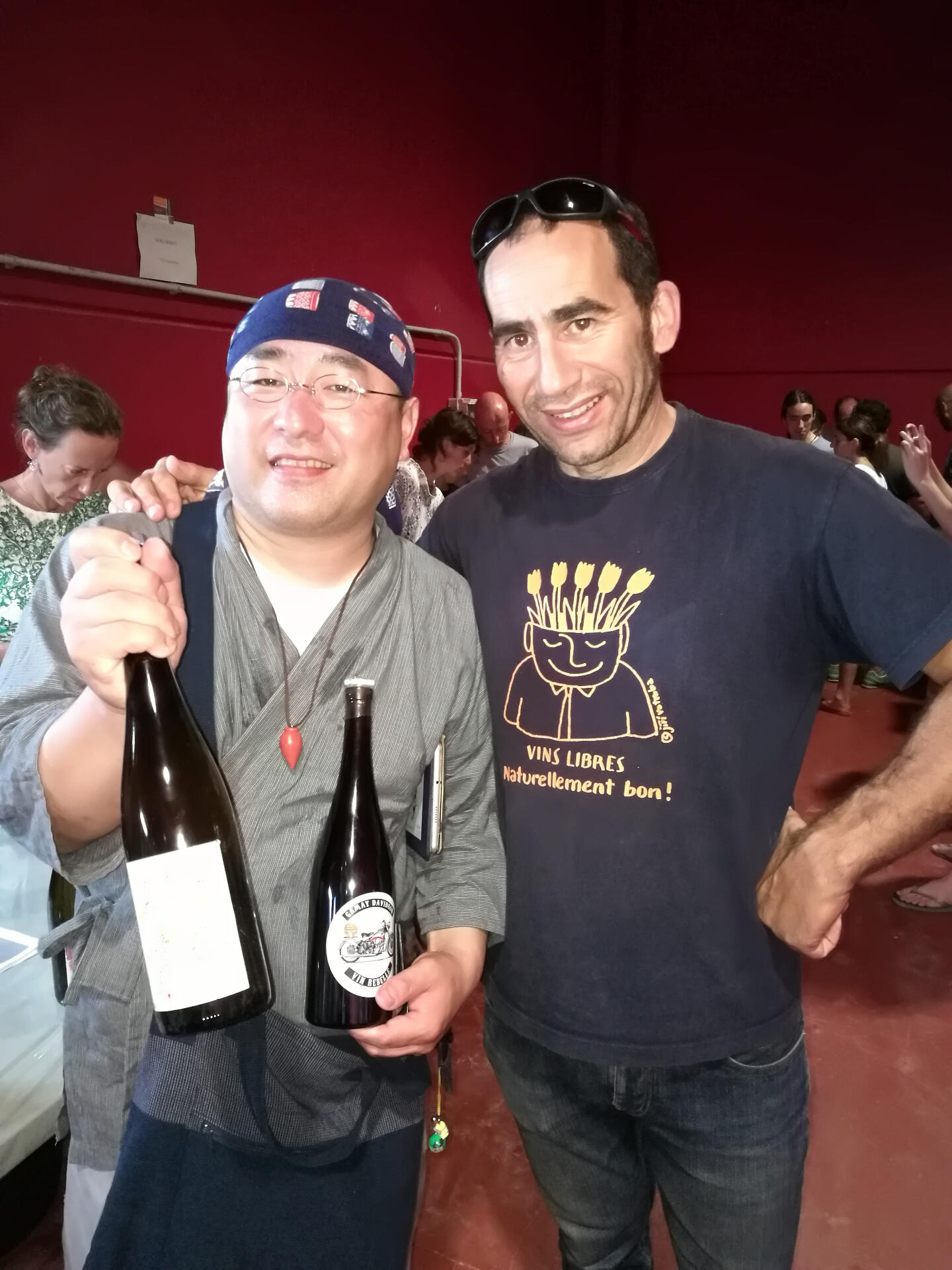
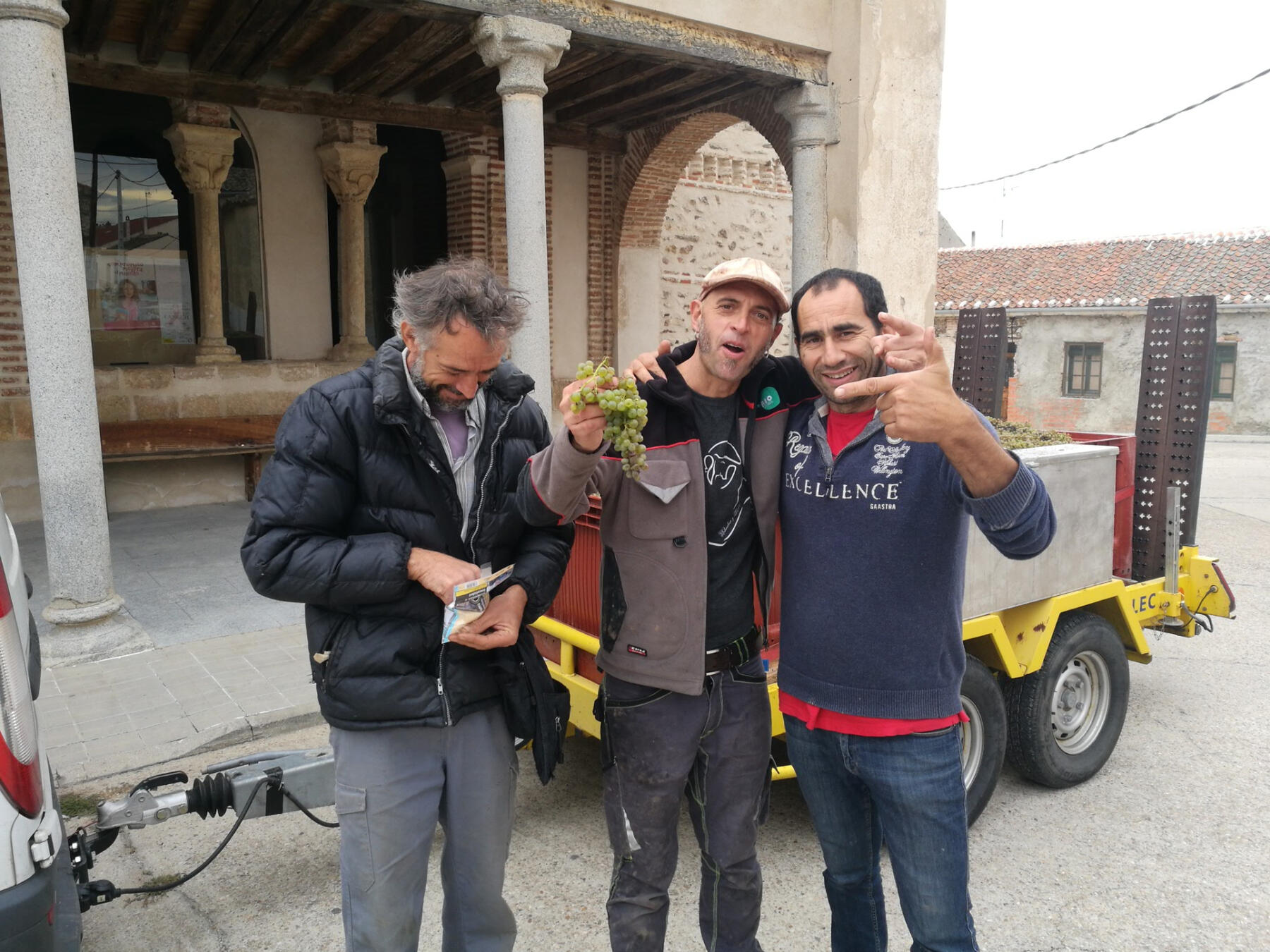
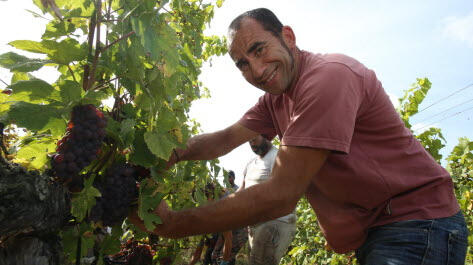
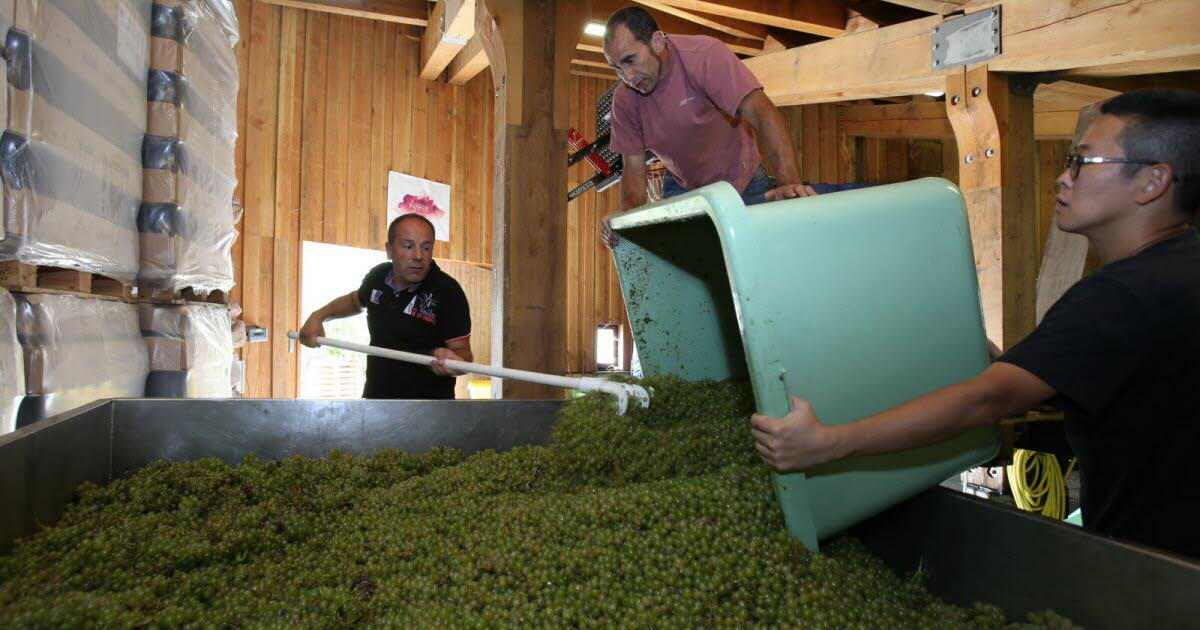
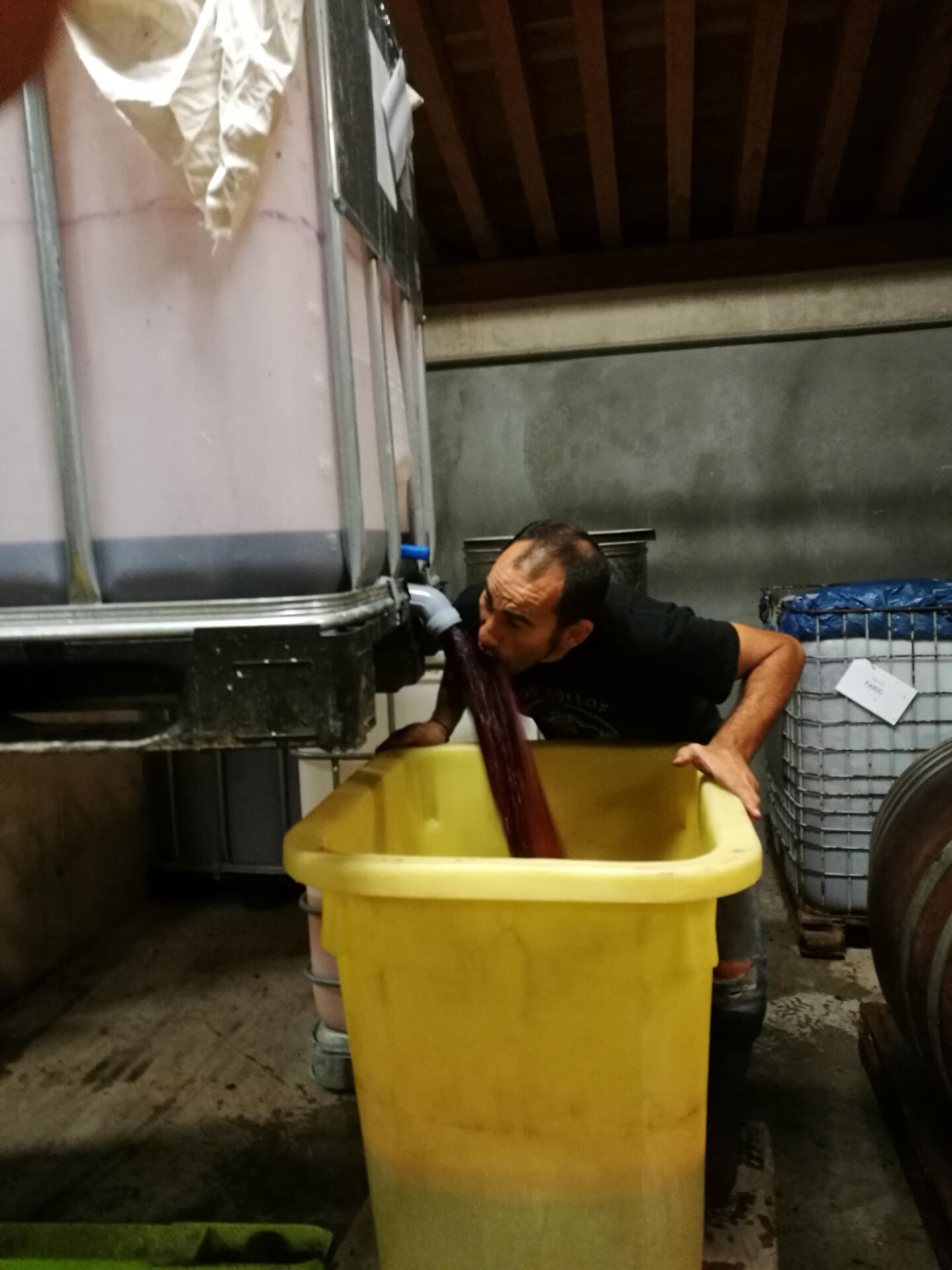
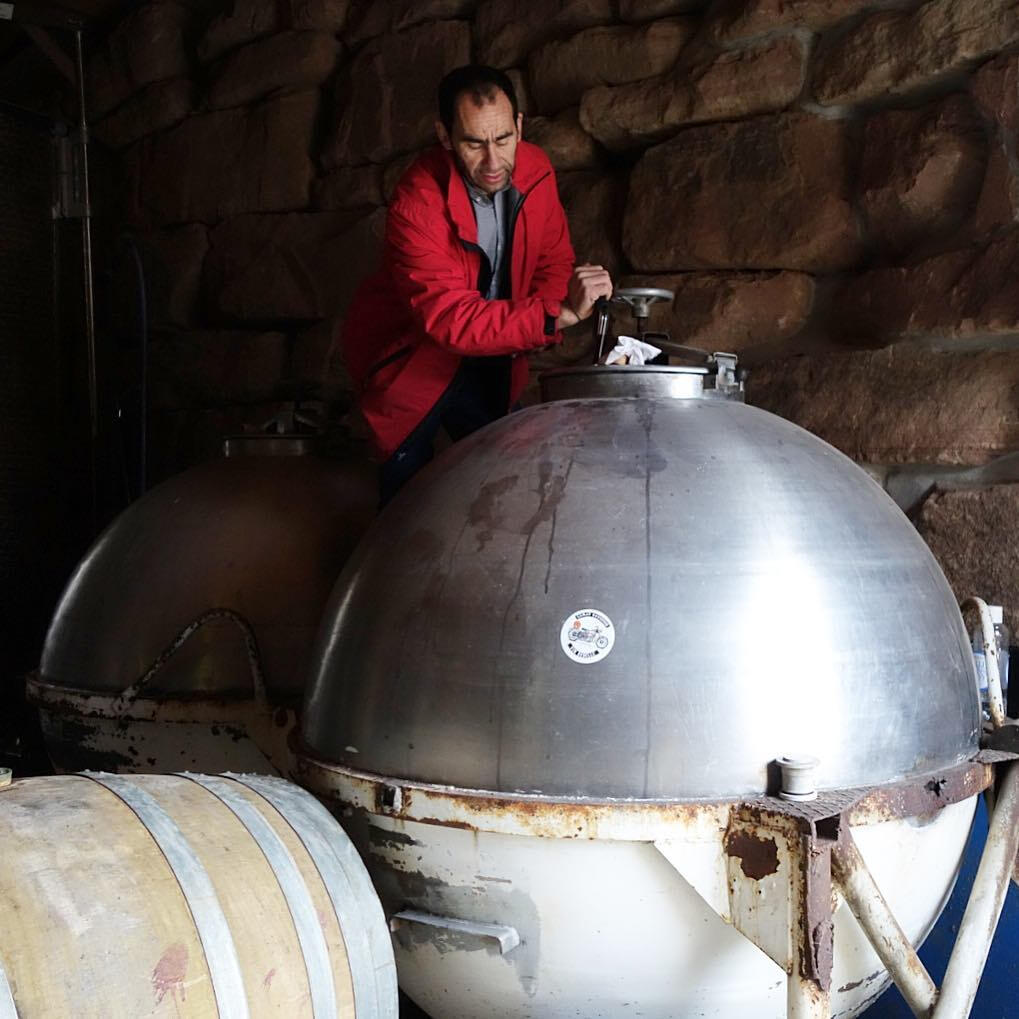
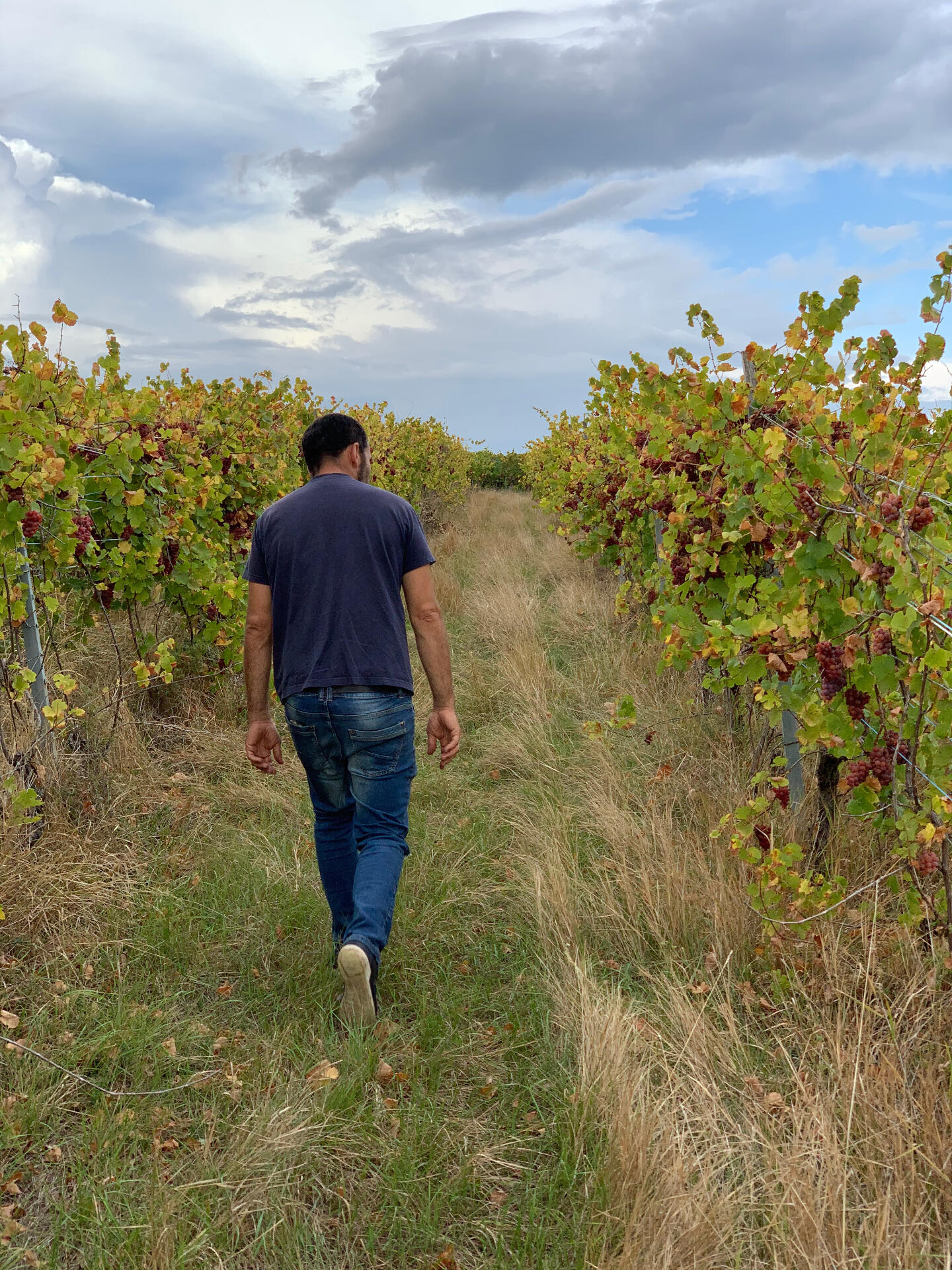
Languedoc
Narrative
Vin des Potes is the association of two sommeliers driven by a deep passion for food and natural wine. Basile Passe and Yoan Tavares started in 2016 their brand Vin des Potes which translate for “buddy’s wines”. Yoan is originally from Verre Volé restaurant in Paris and Basile from both restaurant and wine shop background.Their concept is to work all year round with a vigneron located in different countries to release a cuvee with a specific profile, terroir and story.Over the years Vin des Potes has managed to gather 13 vignerons with the same philosophy; Organic or Biodynamic vineyards and natural vinification.Here is the list:
- Stéphane Gros (Le Champ des Barbiers, Argelliers)
- Frédéric Porro et Stéphanie Ponson (Mas des Agrunelles, Argelliers)
- Catherine Bernard (Restinclières)
- Yohann Moreno (Durban Corbières)
- Rémi Pouizin (Visan)
- Stefano Amerighi (Cortona, Italie)
- Jason Ligas (Samos, Grèce)
- Pierre Micheland (Domaine de la Réaltière, Rians)
- Albert Tuets (Tarragone Catalogne, Espagne)
- Julien Altaber (Sextant, Saint-Aubin)
- Laurent Cazottes (Villeneuve/Vère)
- Matthieu Barret (Cornas)
- Frères Ledogar (Corbières)
Wines
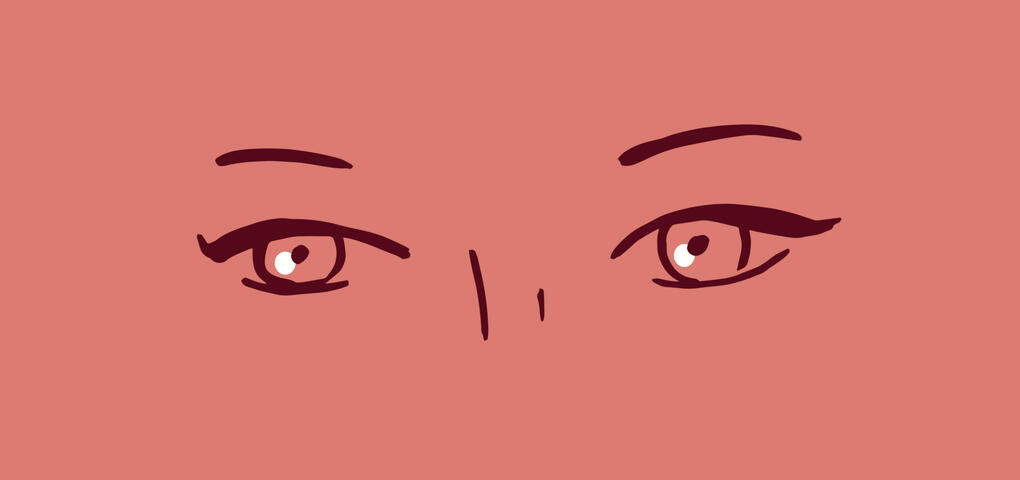
"Fatale"
VIN DES POTES x Catherine Bernard
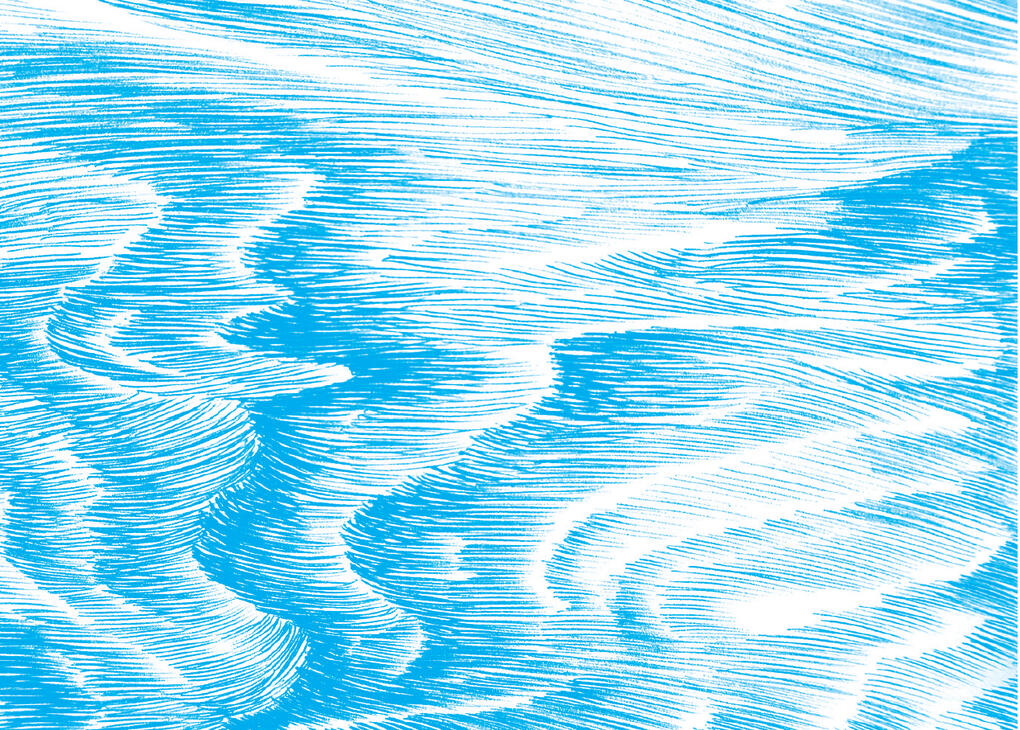
"Greek Connection Classic"
VIN DES POTES x Jason Ligas
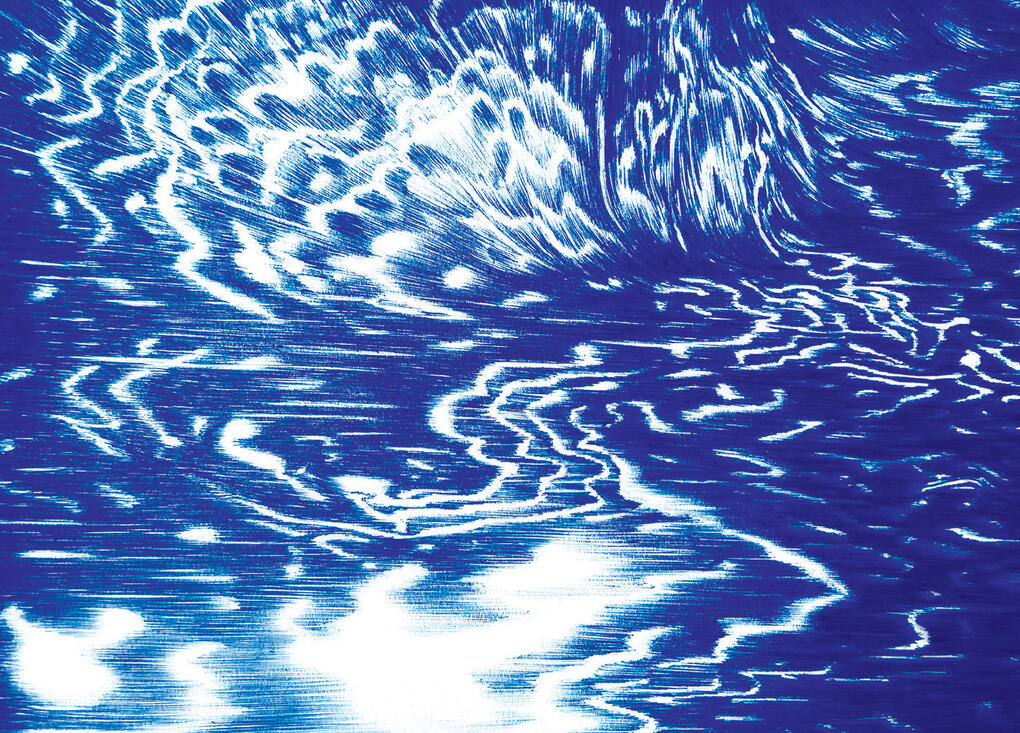
"Greek Connection Skin Contact"
VIN DES POTES x Jason Ligas
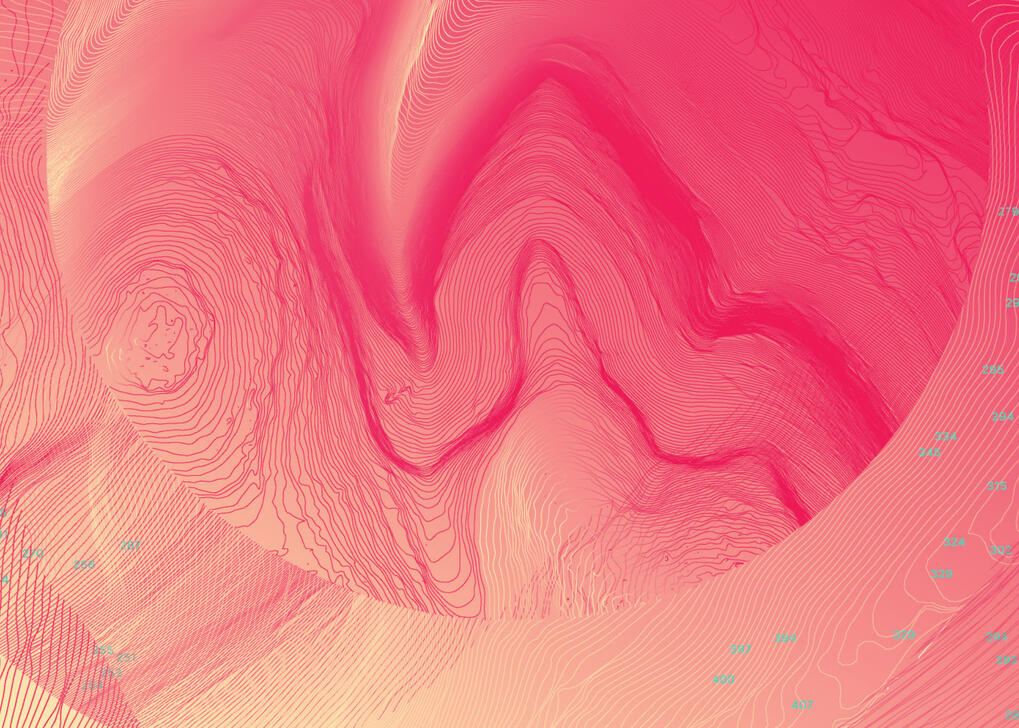
"Nebuleuse Pet-Nat"
VIN DES POTES x Julien Altaber
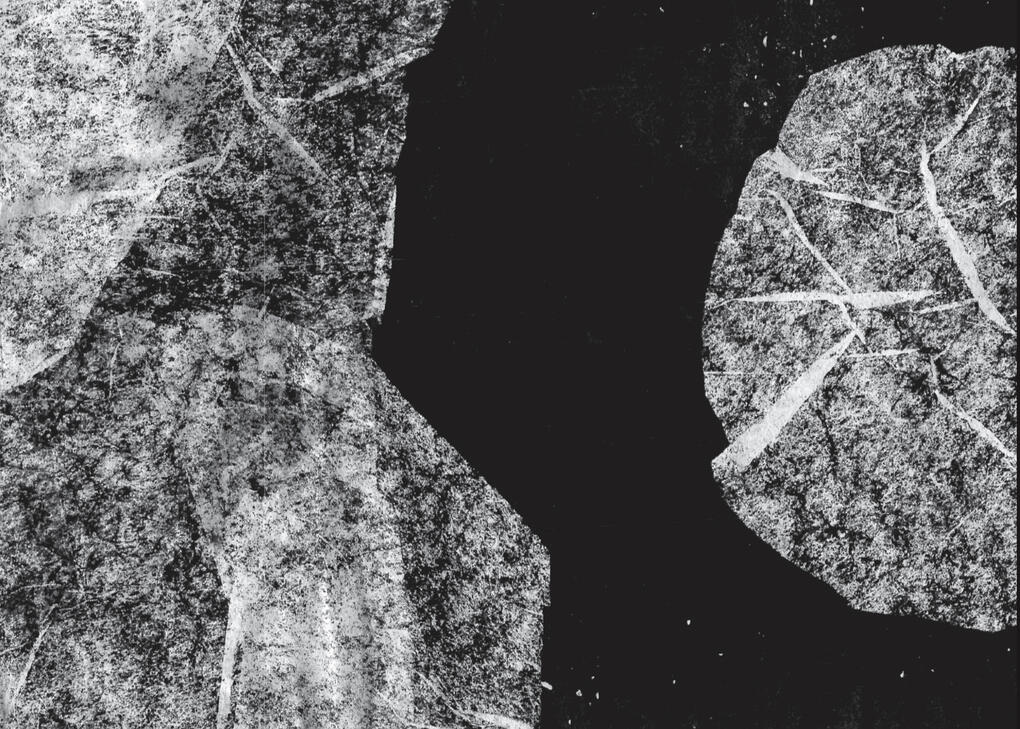
"Las Planas"
VIN DES POTES x Ronald Joachin
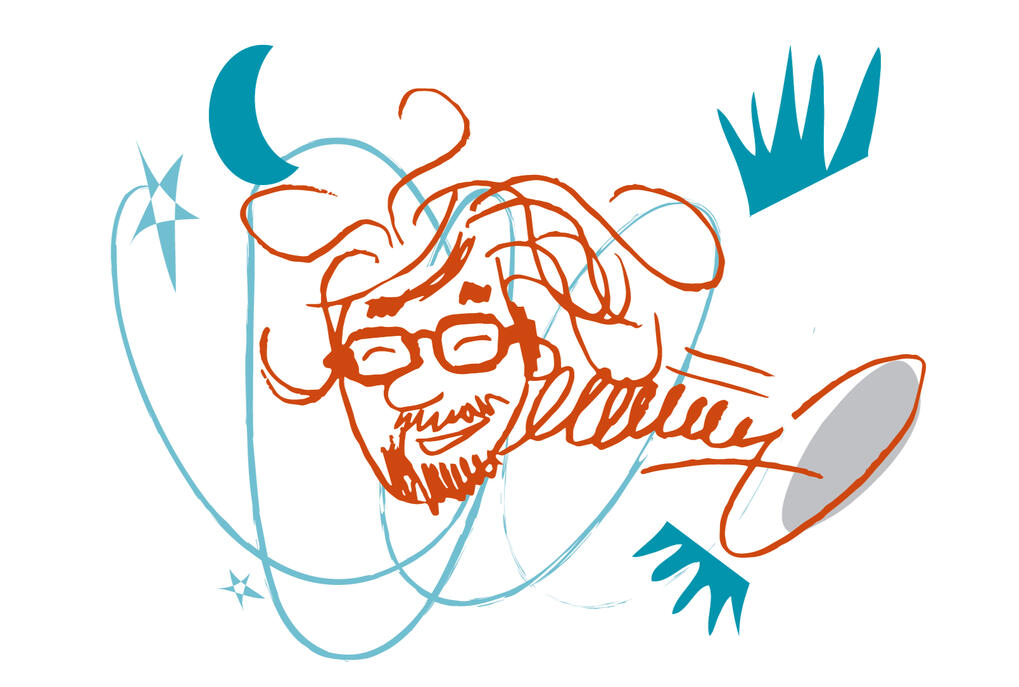
"La Botte Secrete"
VIN DES POTES x Stephano Amerighi
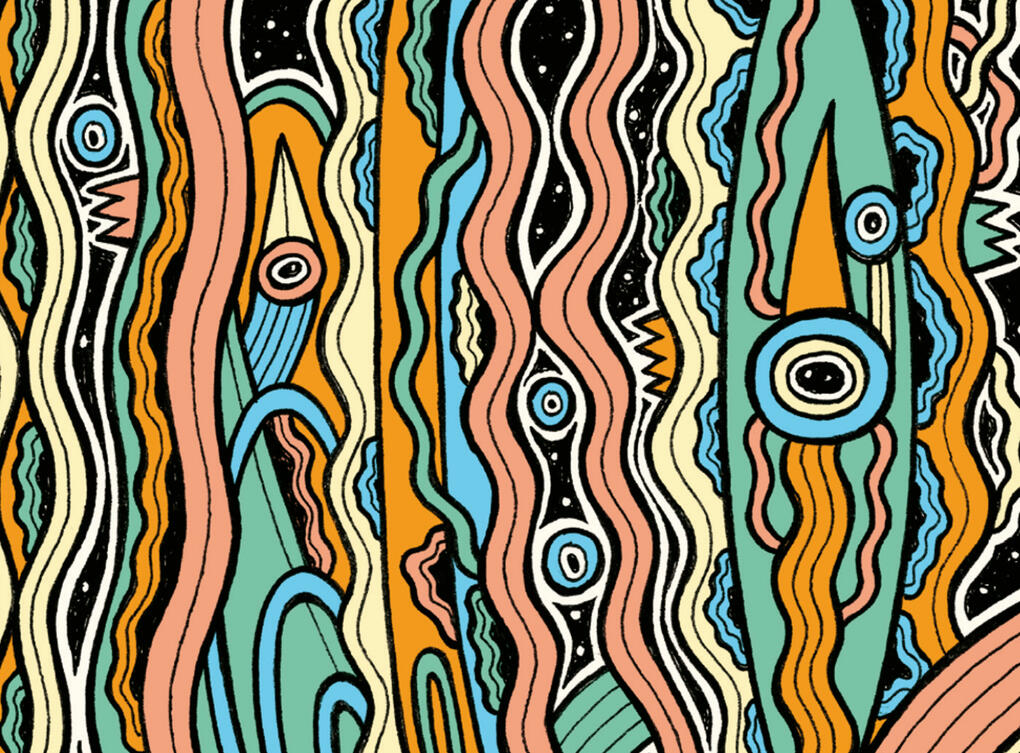
"Flat Nat"
VIN DES POTES x Brand Bros
Gallery
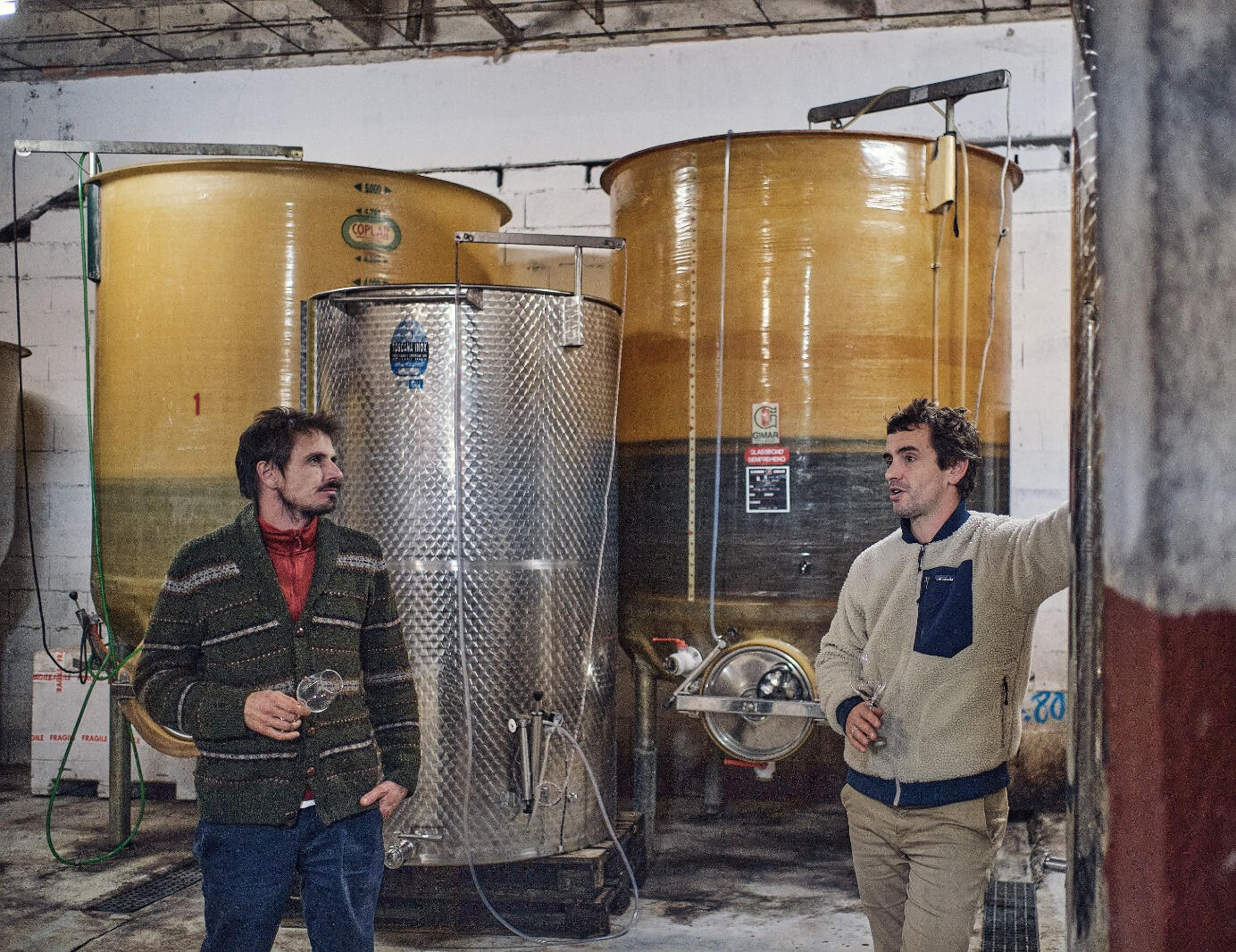
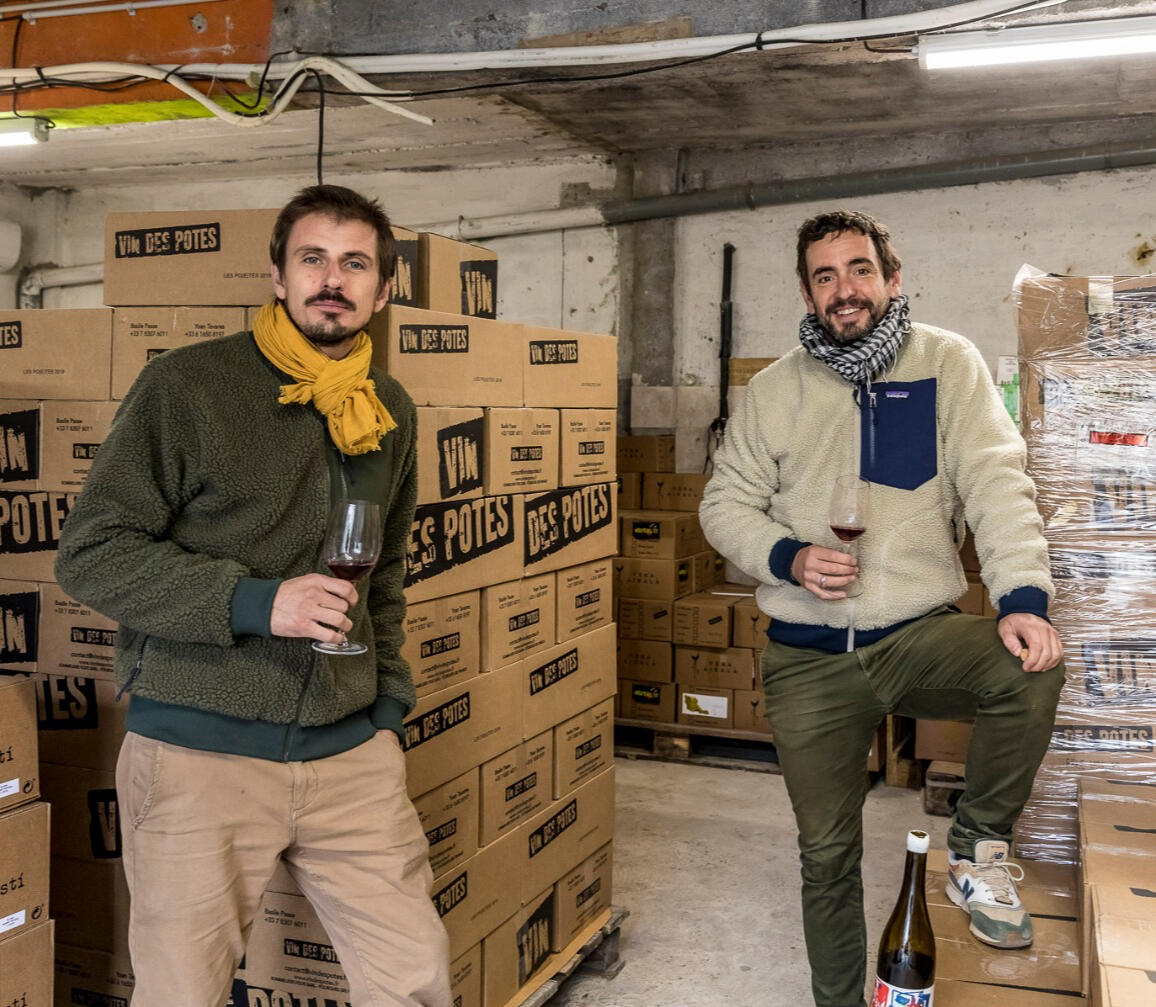
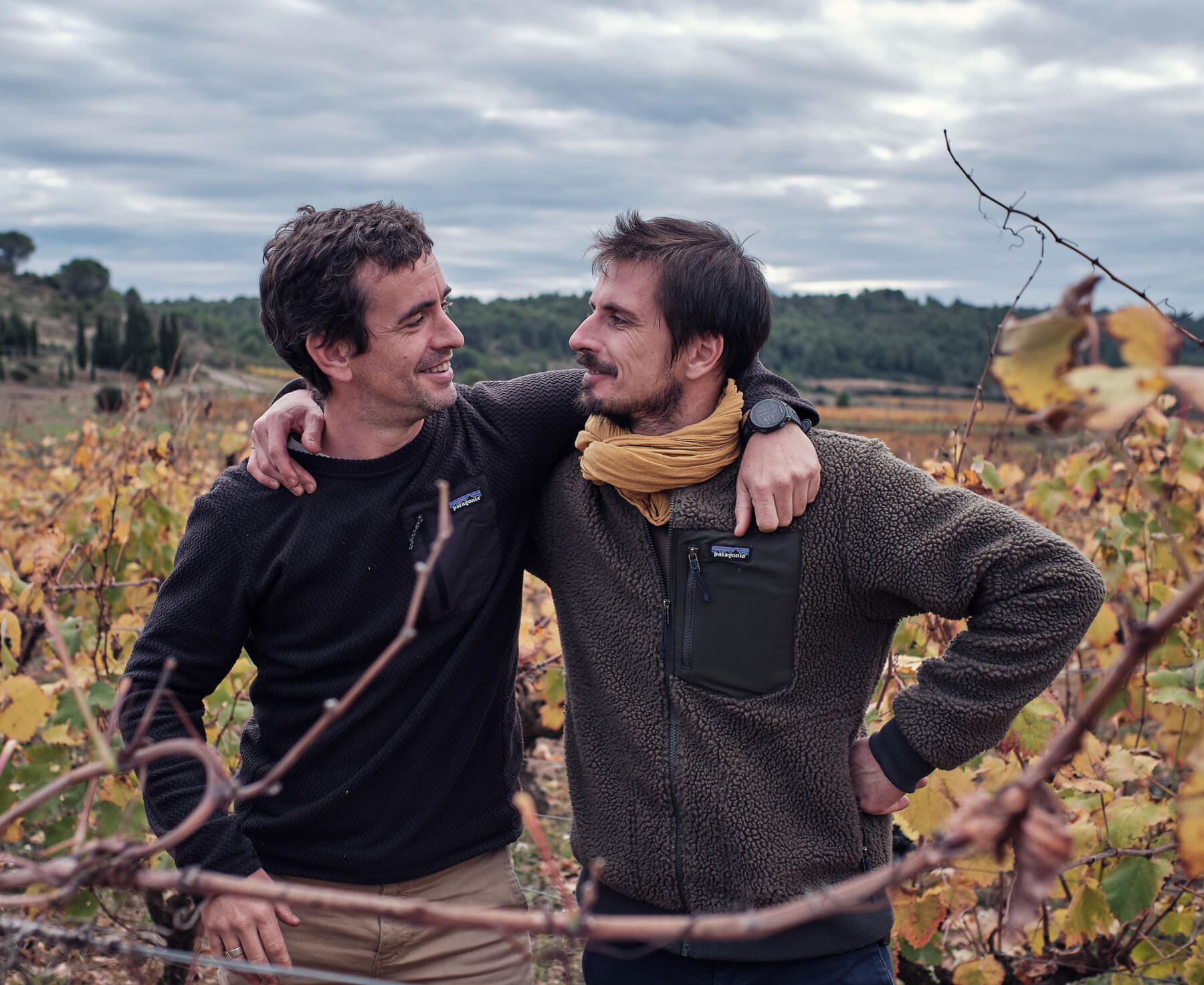
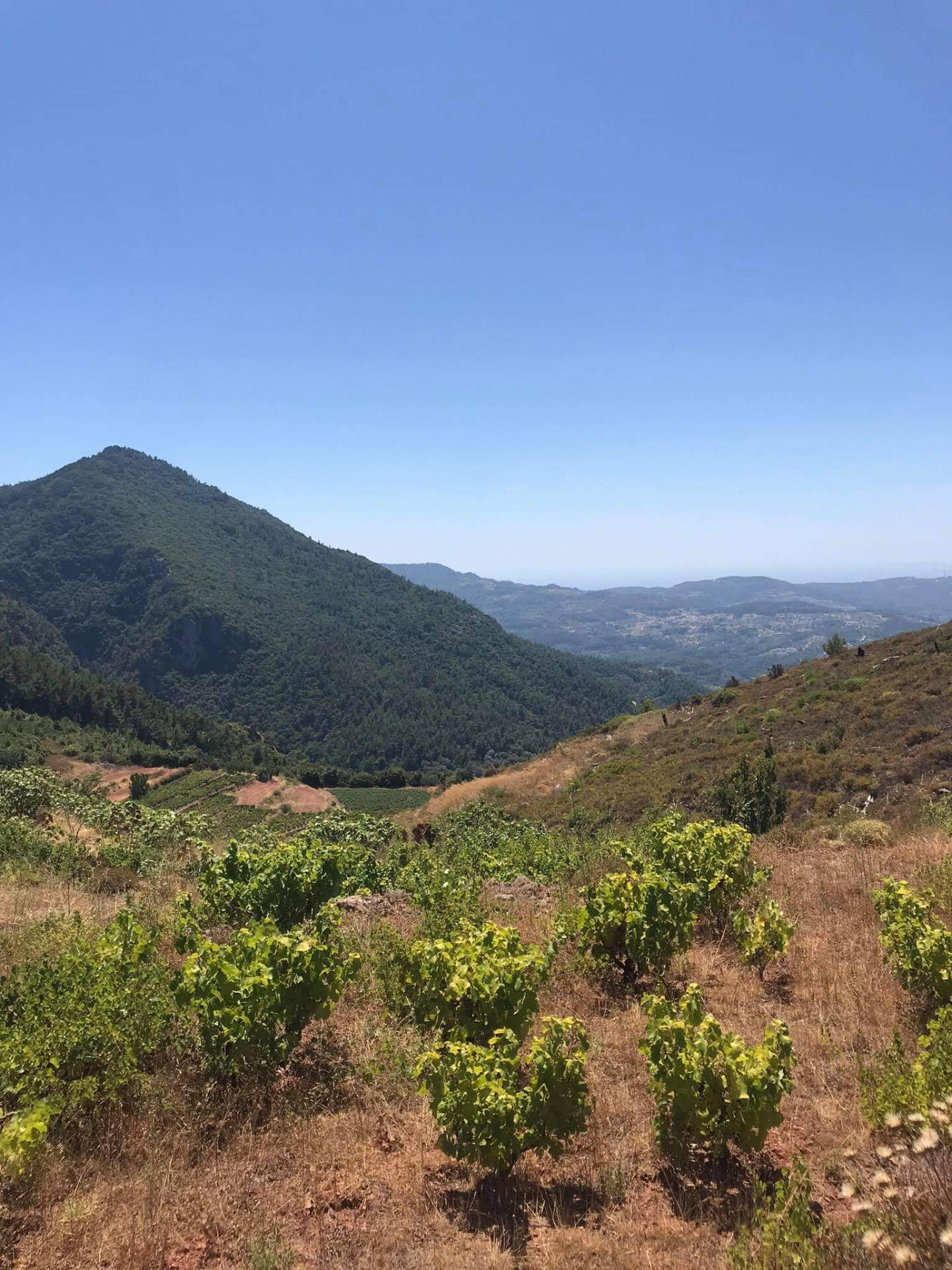
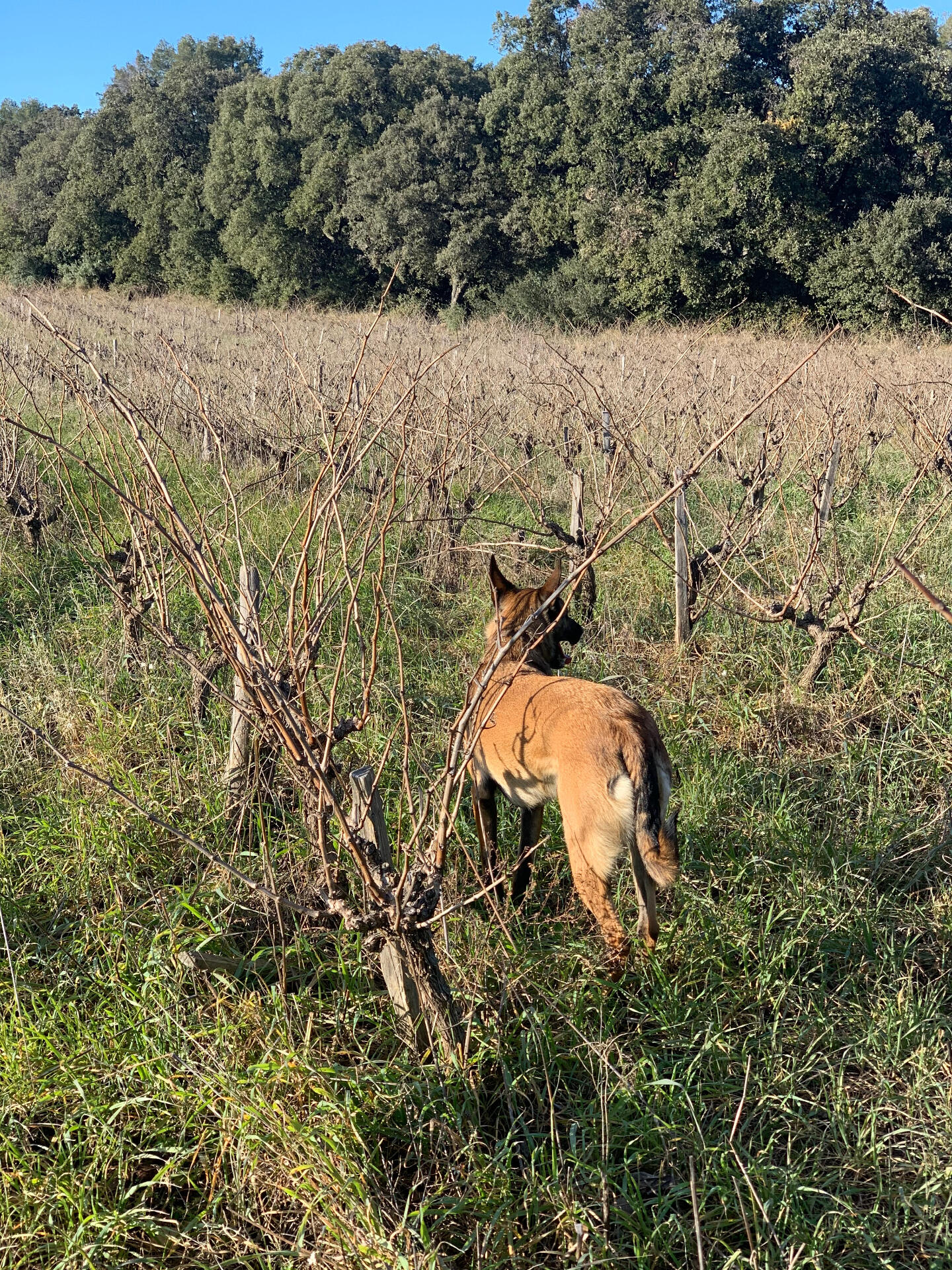
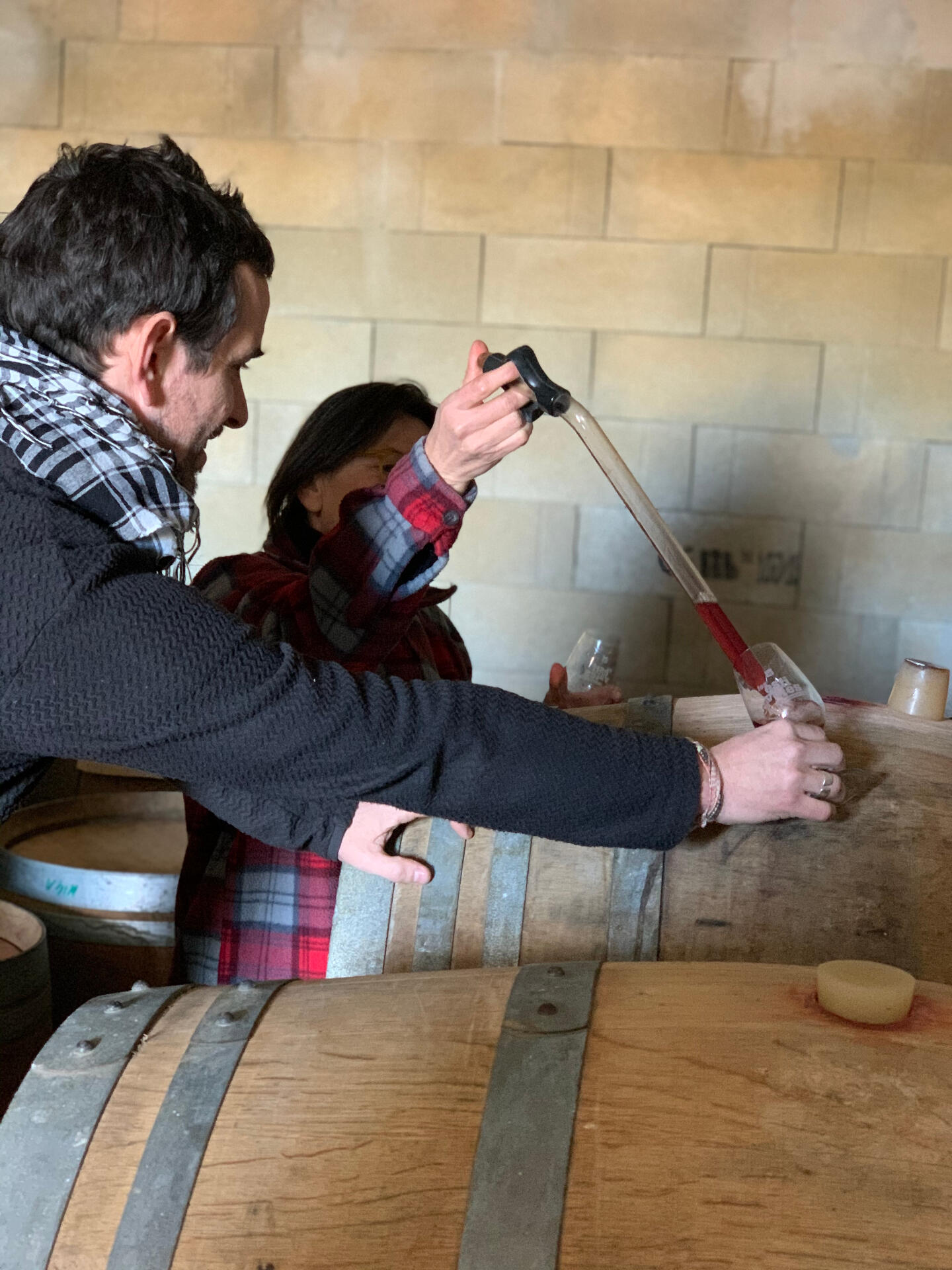
MORGON
Narrative
Apprenticed 7 years with Georges Descombes, and 5 years with Jean Foillard. Took over grandparent's 60- to 150-year-old vineyard and released his first vintage in 2013. One of the most talented upcoming vignerons in Beaujolais. Our bush doctor (inquire).Anthony Thévenet has always worked in vineyards thanks to his grandfather who instilled a love of nature in him. This love led Thévenet to complete a viticulture degree followed by an apprenticeship with one of the seminal figures of French natural wine, George Descombes. Thévenet worked seven years with Descombes in Brouilly Morgon learning how to foster the microbial health of the soil instead of working with chemicals compounds. But perhaps the most important skill he came away with was how to observe nature. “The basis of natural wine is observation,” says Thévenet.After Anthony’s education under Descombes, he decided to try work with another giant of the natural wine world. In 2012, he began with Jean Foillard spending most of his time in the vineyard but he also worked in the cellar during the first months of vinification.While working with Foillard, a new chapter began in Thévenet’s story. Anthony took over his grandfather’s three hectare vineyard in Morgon. In 2013, he released his first vintage with this little parcel and obviously the wine was all natural. Then in 2015, he took over 0.7 ha of Beaujolais-Villages and 2.5 ha of Chénas in 2017. With such a large project to focus on, he left Foillard in August to devote himself his own vineyards.Anthony lives in a farm surrounded by sheep, pigs, hens, and gardens. What he loves above all is the spirit of back-to-basics, away from the interference of society’s evolution and at a comfortable distance from the business of the wine industry. This is his approach to the lifestyle, but Anthony seeks the terroir first when it comes to the wine. He wants his wines to have flavor, fruit, pleasure; he doesn’t pursue large yields. According to Thévenet, the best fruit is collected under 40hl/ha, “and after that we have less the terroir’s print.” He is looking seeking vin de soif: a light-styled, fruit-driven wine that you can drink at any hour. He wants people to want to finish his bottle after opening it.Anthony puts in a lot of effort when he’s in the vineyard especially while using the pickax by hand instead of a machine tiller or tractor. Ground cover in alternating rows are turned over and the other lanes grow wild. From mid-July on, he lets all the grass and herbs grow till harvest to add more competition for water and producer a richer fruit. Obviously weed killers and any other type of chemicals are banned from Thévenet’s vineyards. The only treatments that he sprays are copper for mildew and sulfur for oidium. Anthony prefers to spray several times with small doses instead of fewer times with larger doses. Typically this comes to an average 600g of copper per hectare, which is significantly lower than other growers when one understands that “organic” producers can use up to 3 kilos.The wines ferment in a mix of old wood and concrete tank, and—according to the vintage— the fruit goes through 10 to 25 days of carbonic maceration. They are always are made without correction, ferment with indigenous yeasts and without pump-overs, and are bottled unfined and unfiltered.
Wines
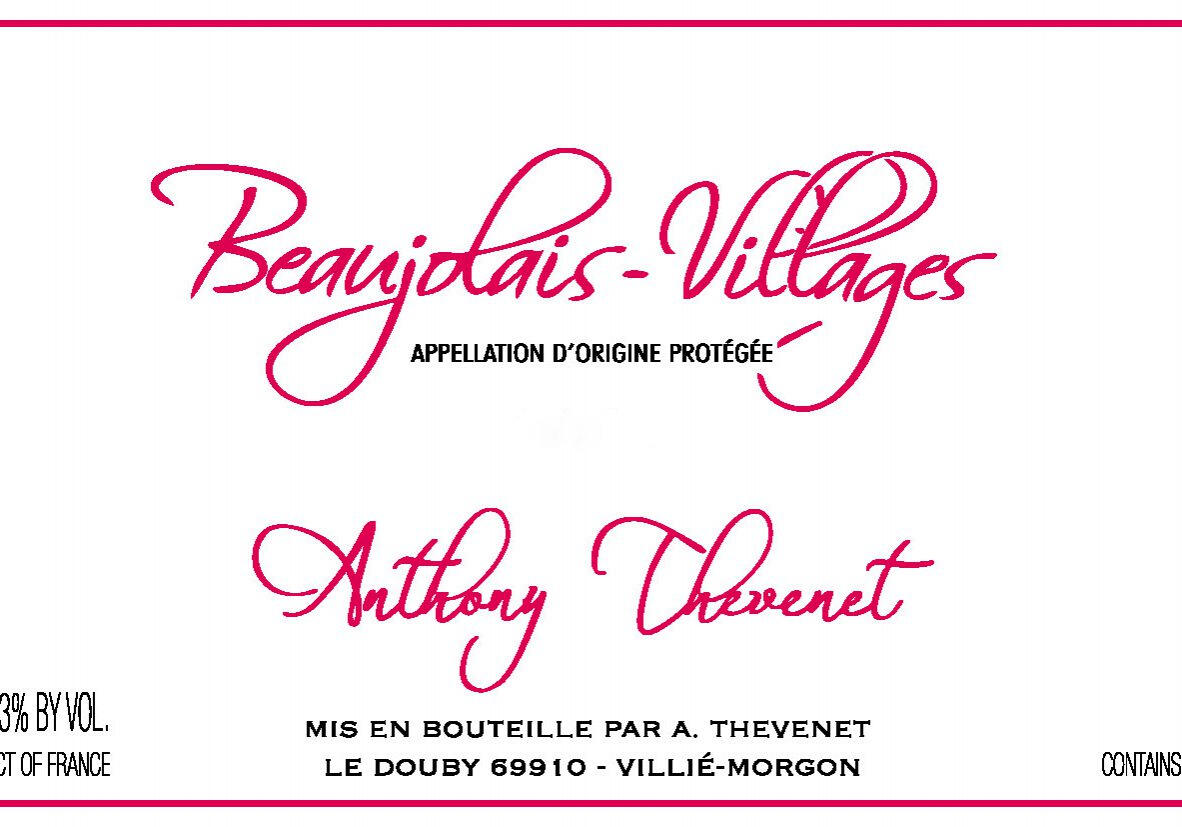
BEAUJOLAIS-VILLAGES
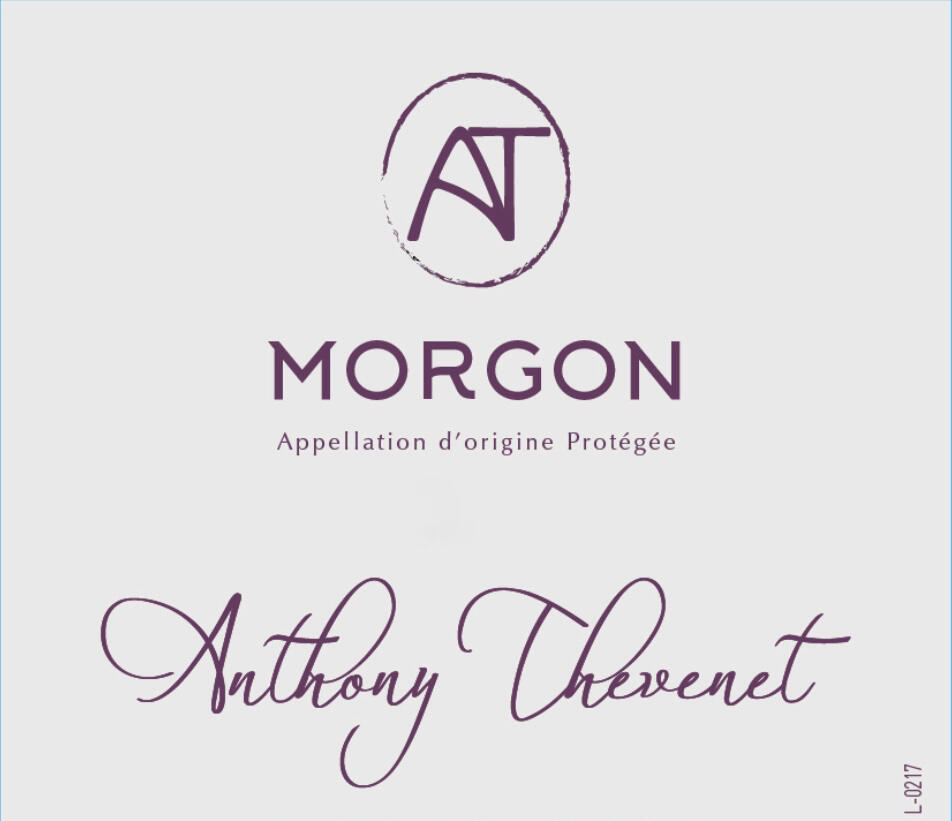
MORGON
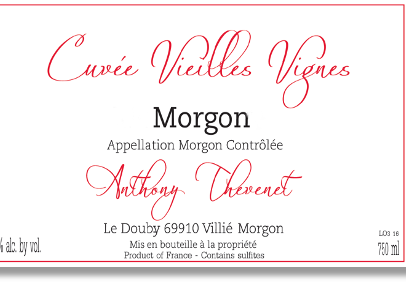
MORGON "VIEILLES VIGNES"
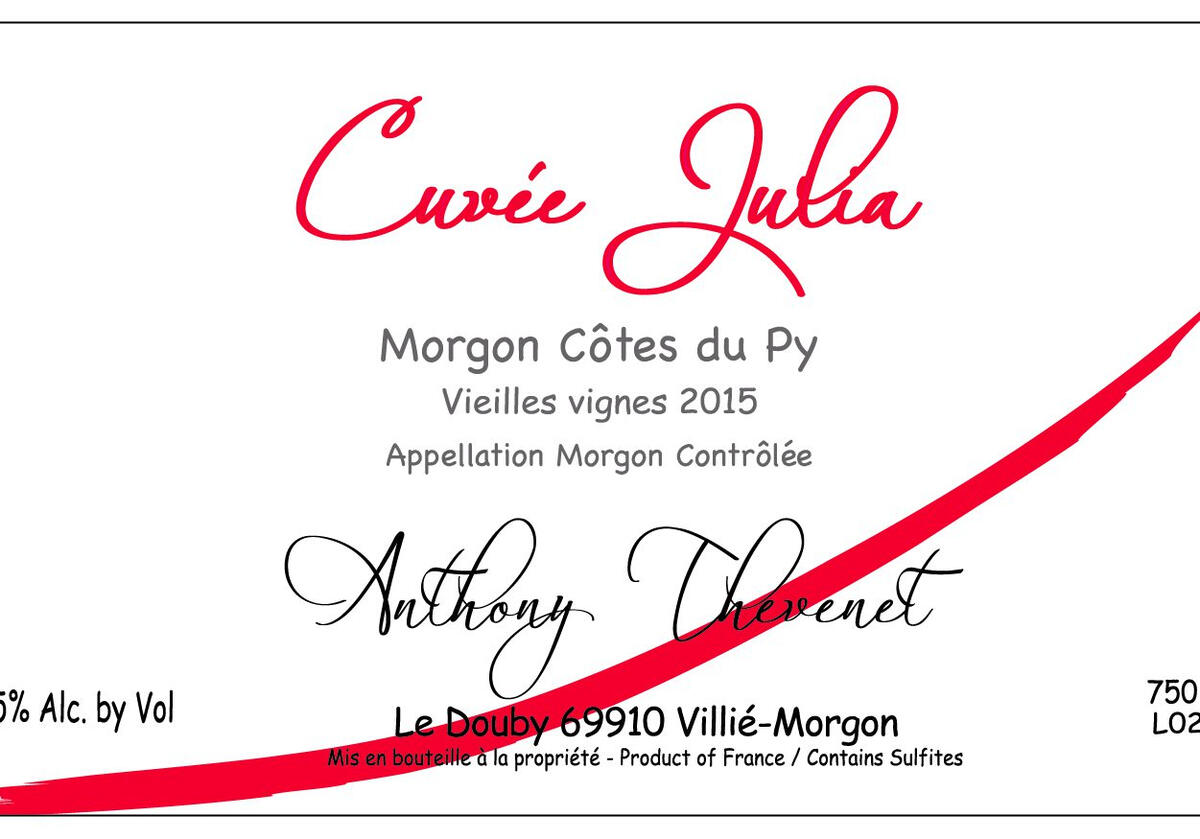
MORGON CÔTE DU PY VV
"Cuvée Julia"
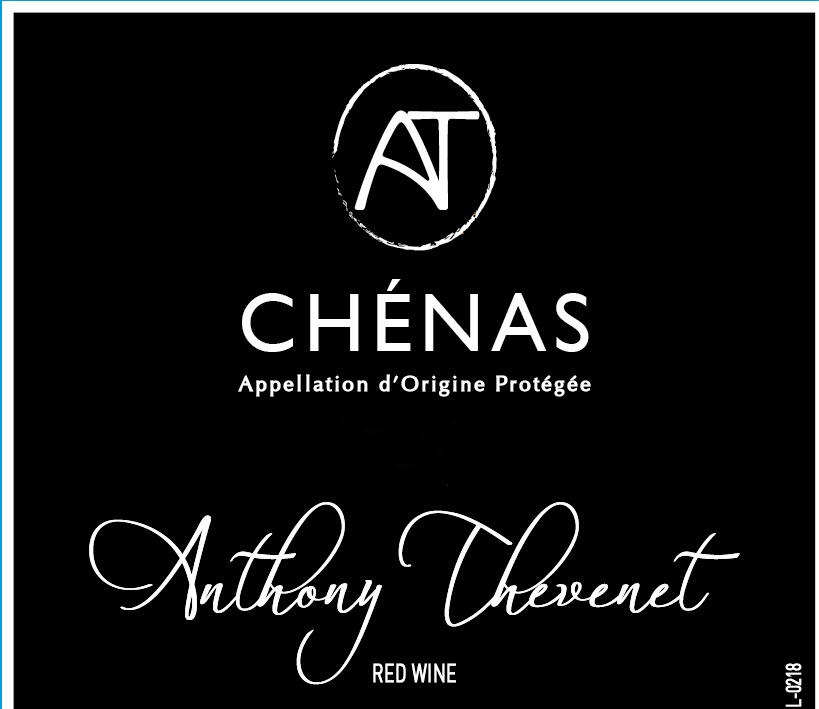
CHÈNAS
Gallery
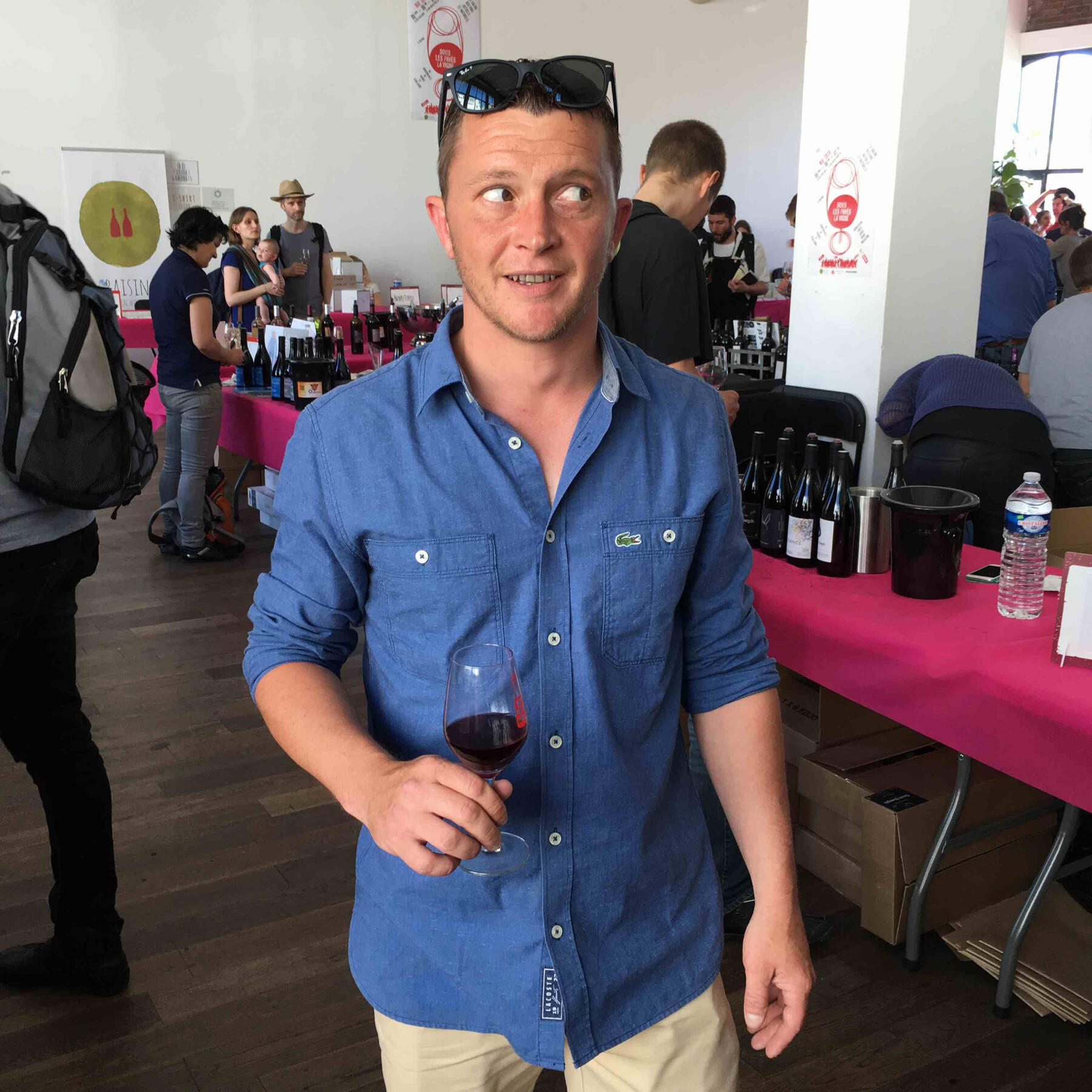
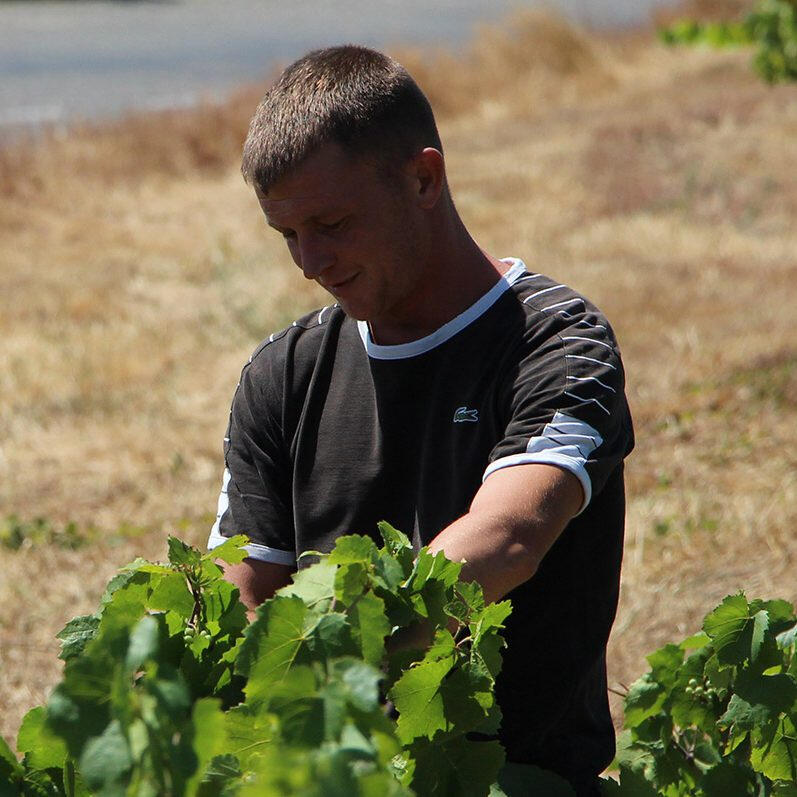
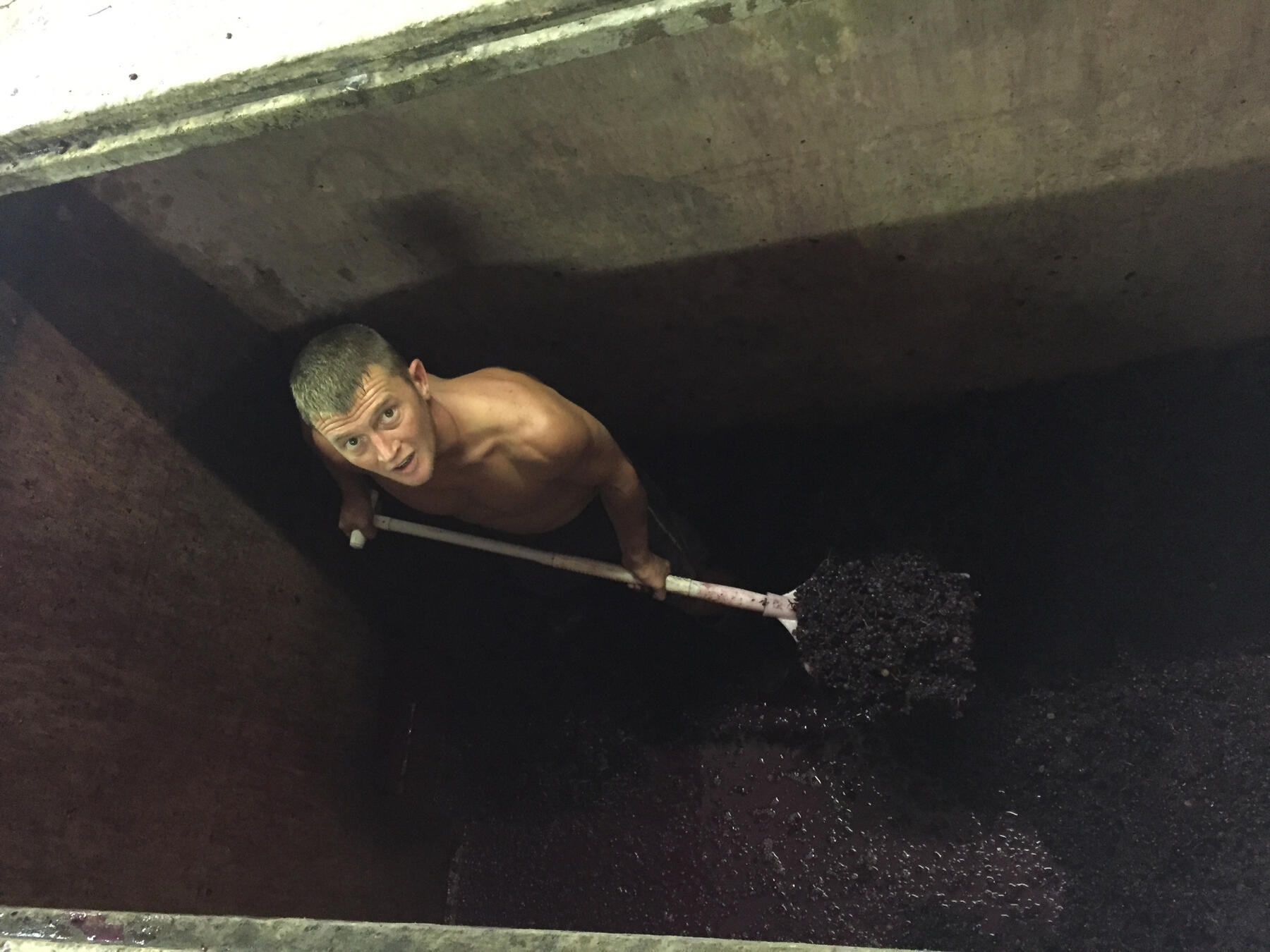
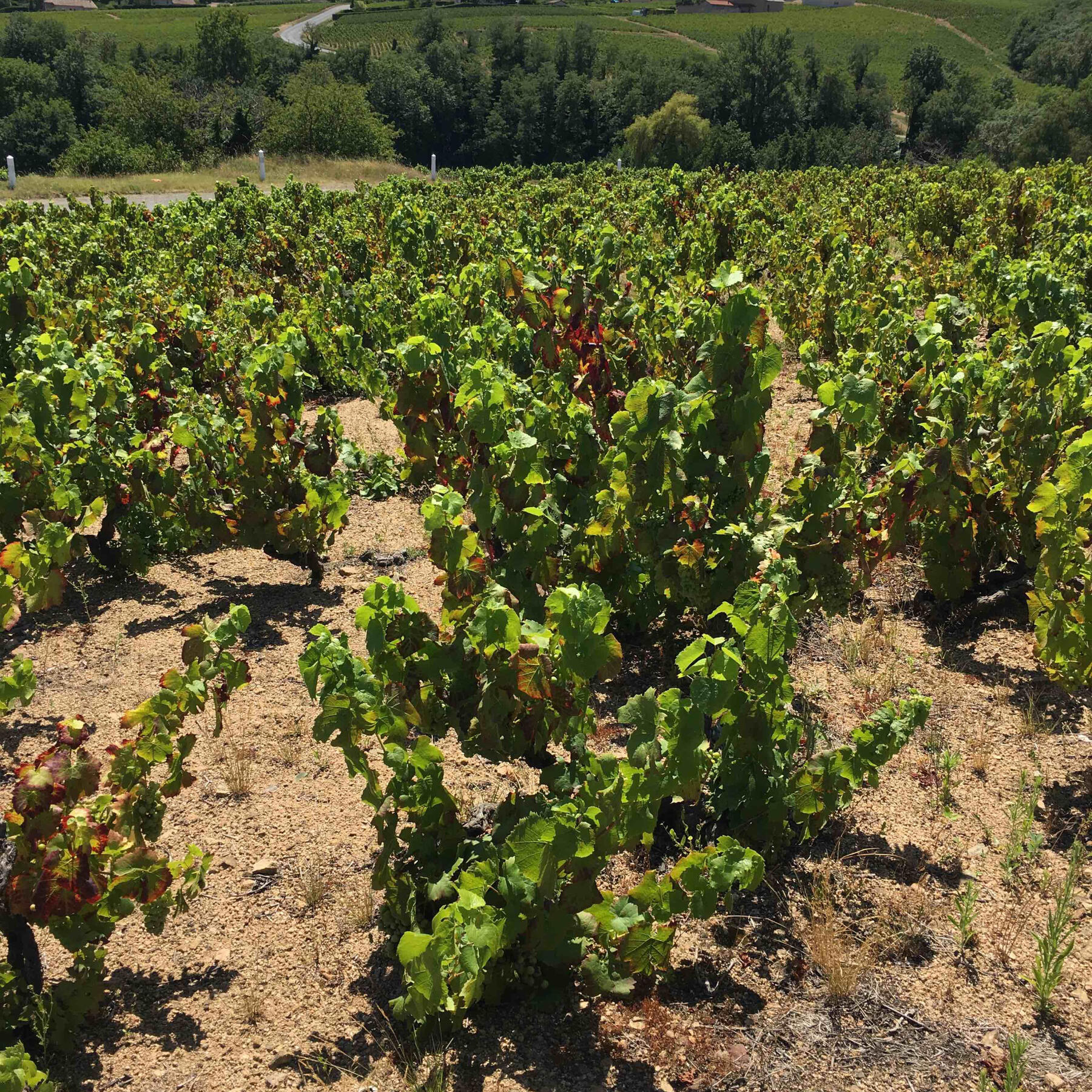
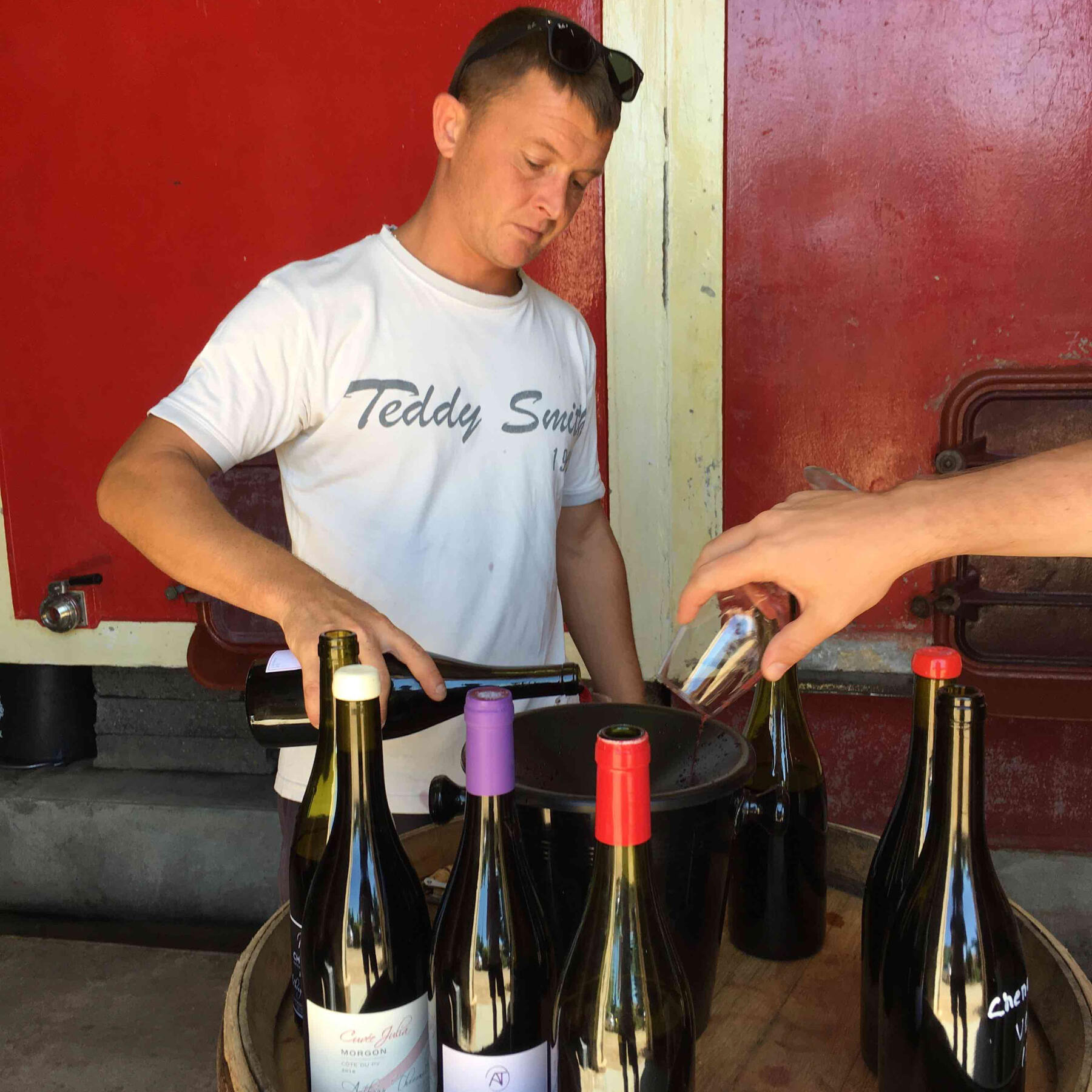
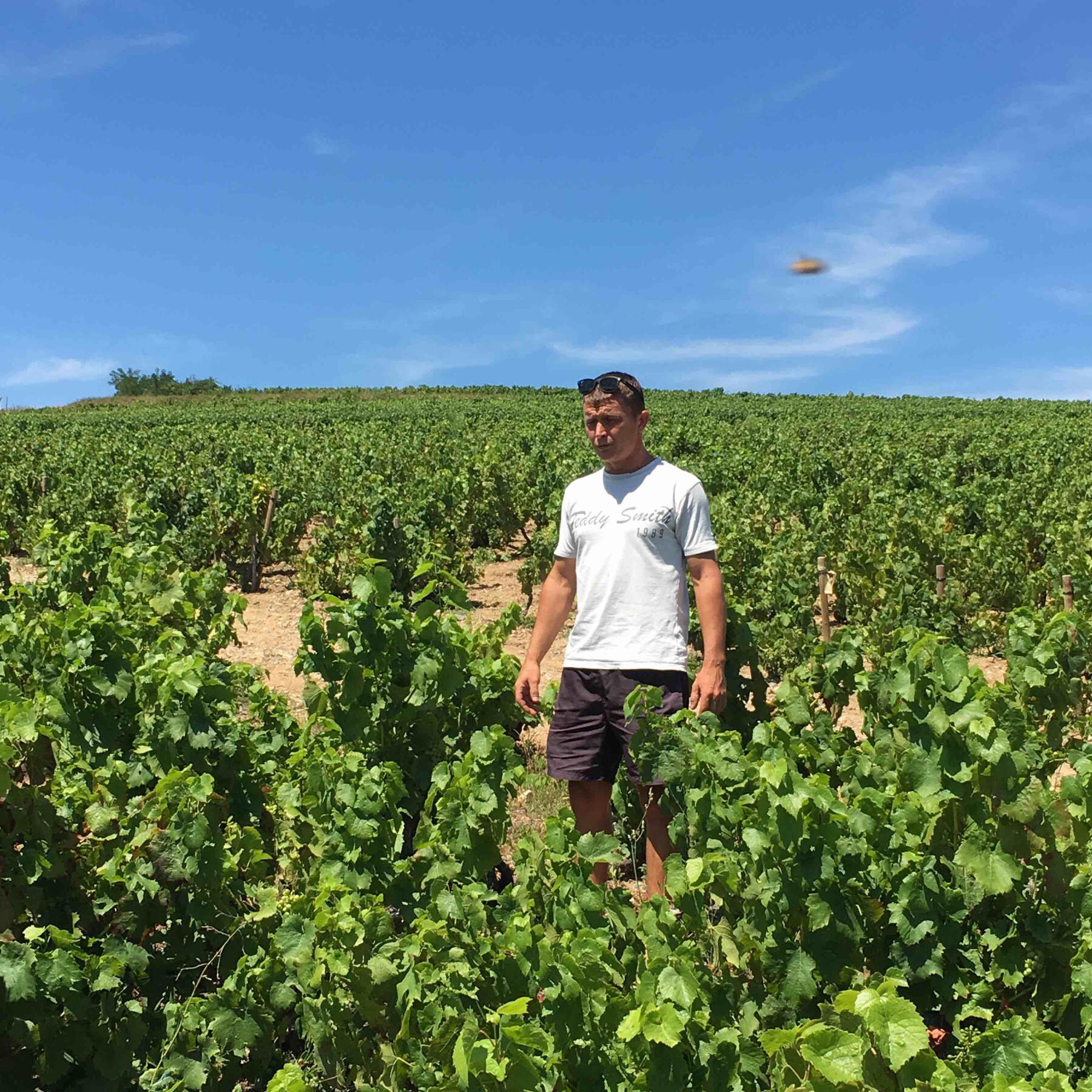
BERGERAC
Narrative
Château Lestignac is managed by Camille & Mathias Marquet, a young couple who inherited the family farm in 2008. The farm originally included 17 hectares of vinifera vines, but the Marquets pared the vineyard down to the best sites and introduced a diverse garden and livestock into the mix to develop a true polyculture to complement their conscientious, organic farming style. 2009 was their first vintage under the banner of Lestignac and the couple began to introduce biodynamic farming in 2011. In addition to the vineyard, the farm is home to over 200 fruit trees, 80 chickens, and 20 sheep.Half of the vineyards are on a gentle north-facing slope of limestone with the other half on a plateau of blue clay. The Marquets rely on horses to work all parcels instead of tractors or other machines and increasingly use biodynamic preparations—including nettle, comfrey, yarrow and wicker—to eliminate the use of sulfur and copper treatments over time. The majority of the vines are 40- to 60-years old, with selective replanting. The new vines are goblet pruned, which is unique in Bergerac, to provide more protection from the sun and foster a higher, natural acidity to ensure a fresher style of wine. Fermentation is always spontaneous with indigenous yeasts and nothing else is added with the exception of a touch of sulfites at bottling. In 2017 the Marquets started a negoce brand, “Hors Les Murs,” and a project is in the works to start making ciders from the apples and pears grown on the property.
Wines
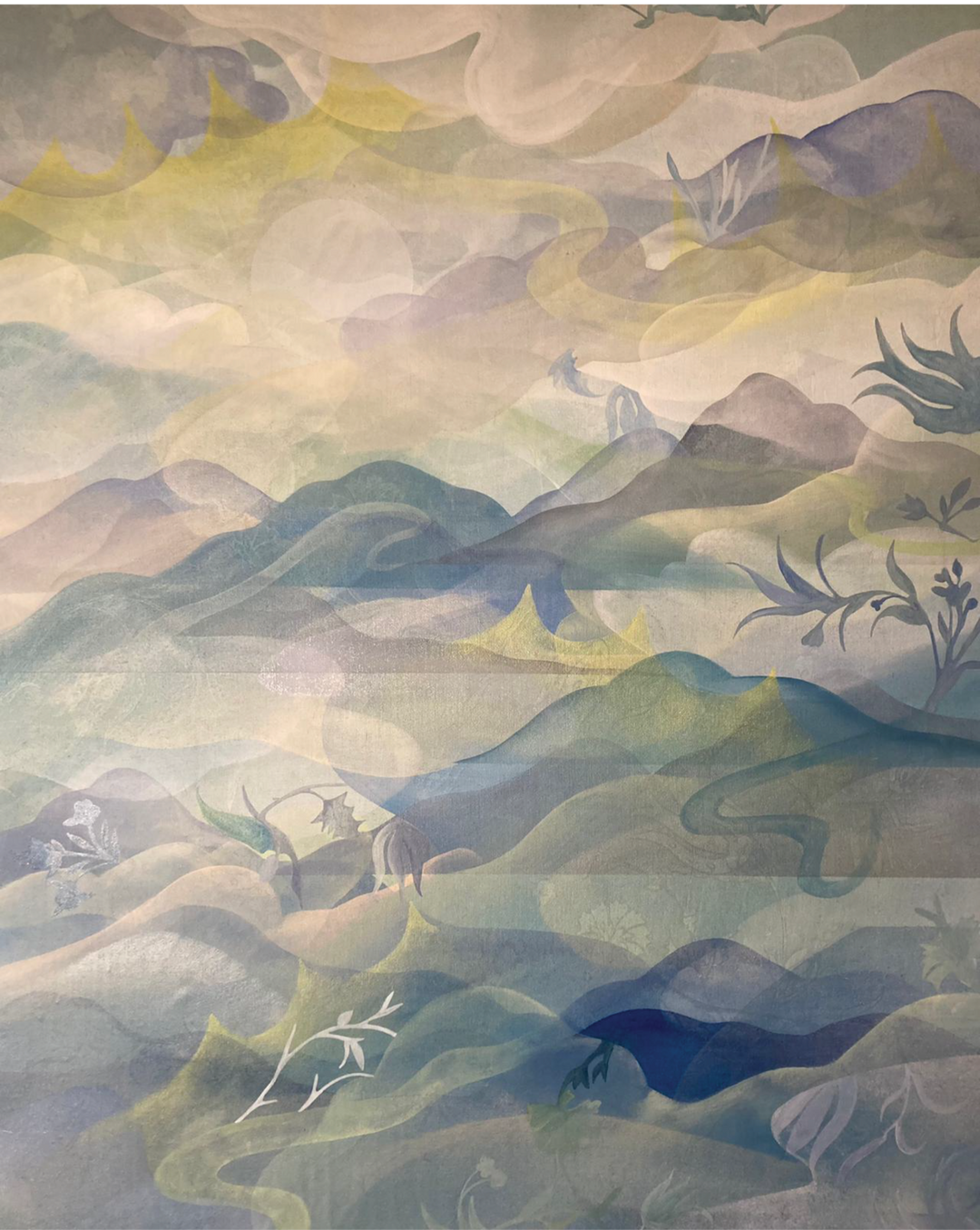
"Blizzard"
VDF
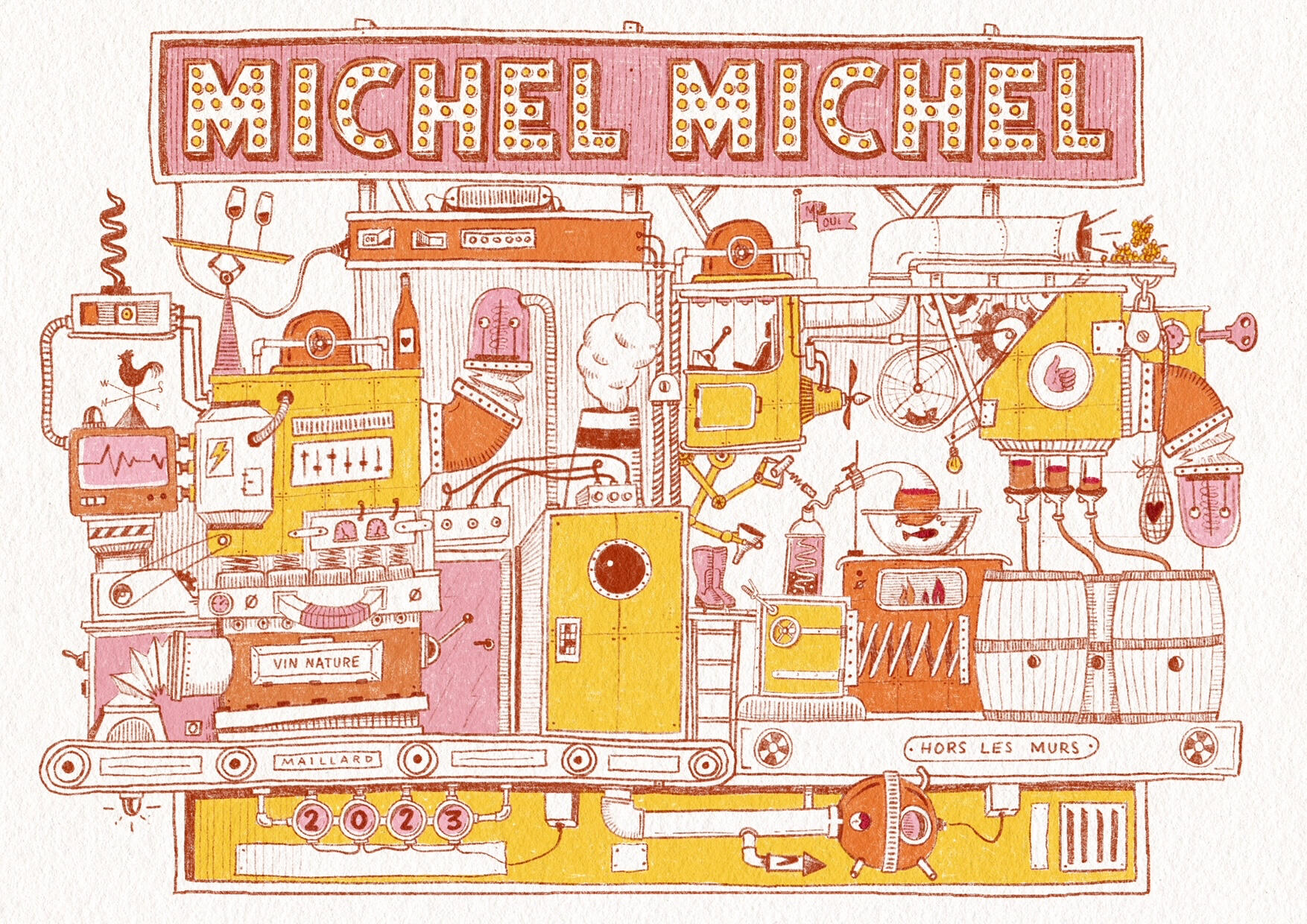
"Michel-Michel"
VDF
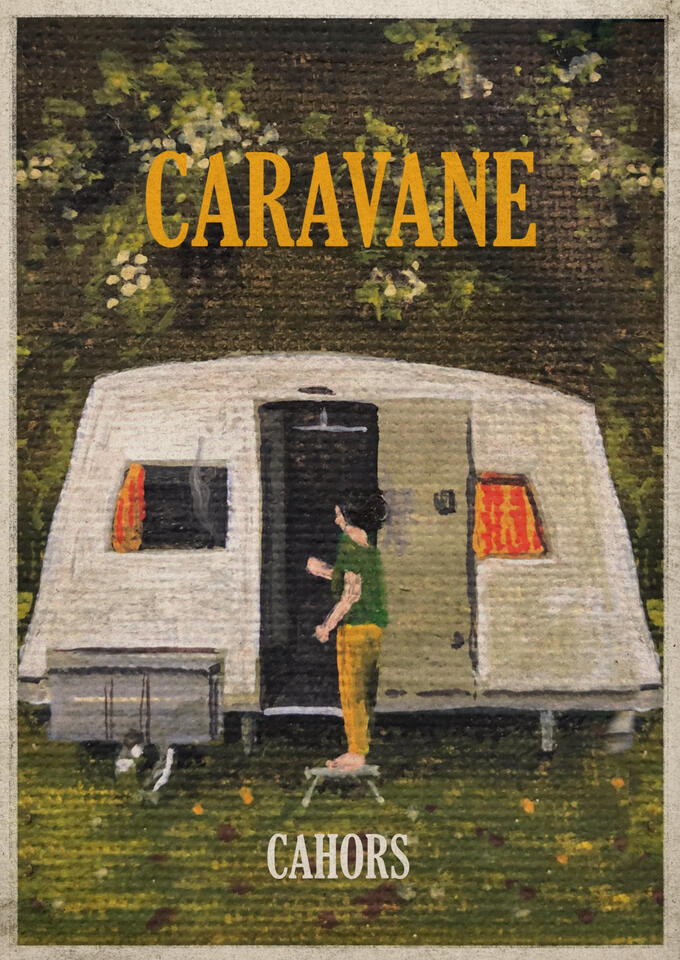
"Caravane"
Cahors
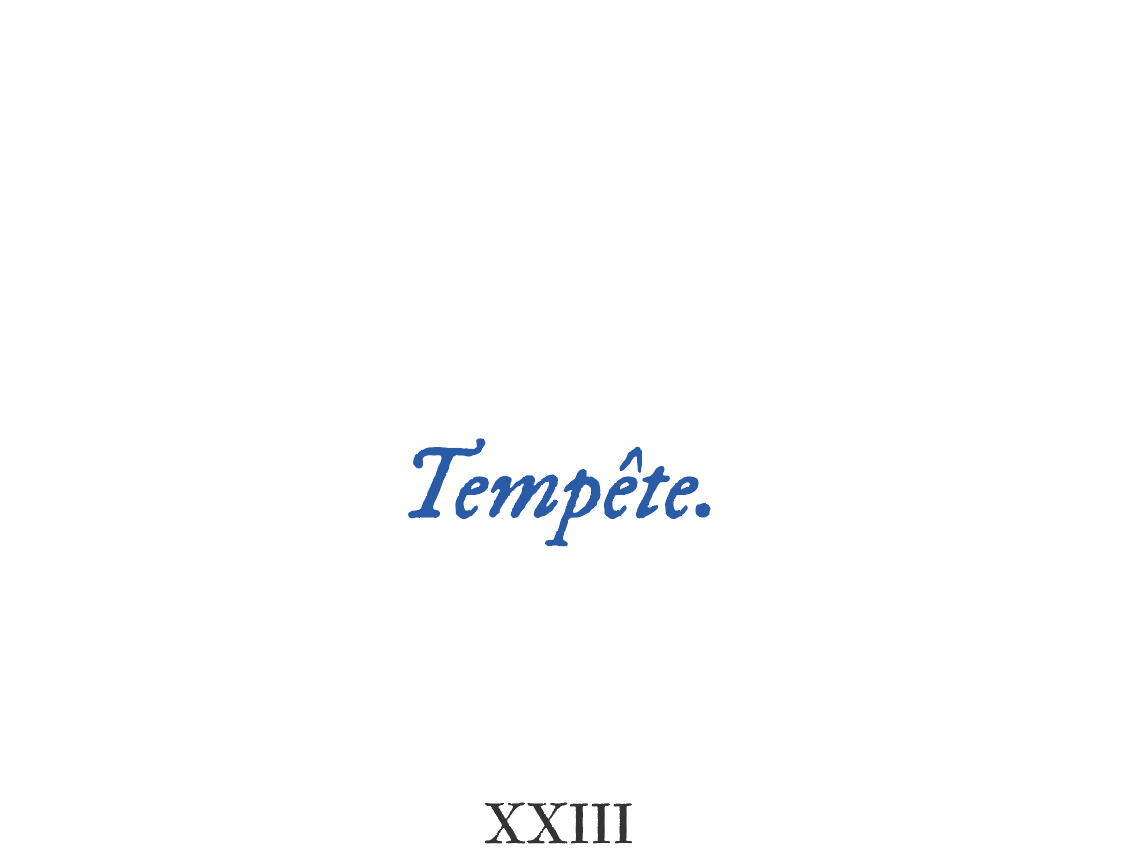
"Tempête"
VDF
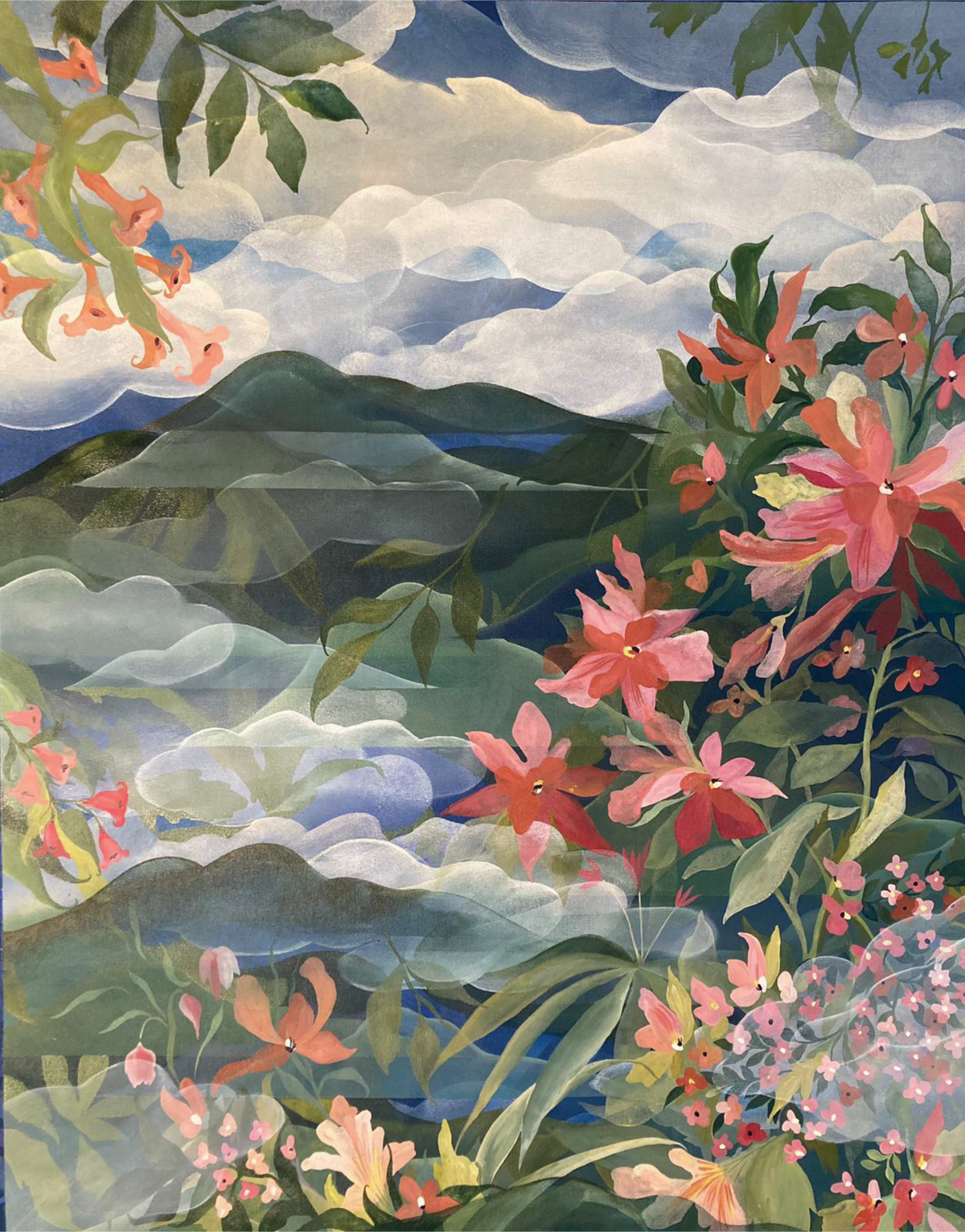
"Pagaille"
VDF
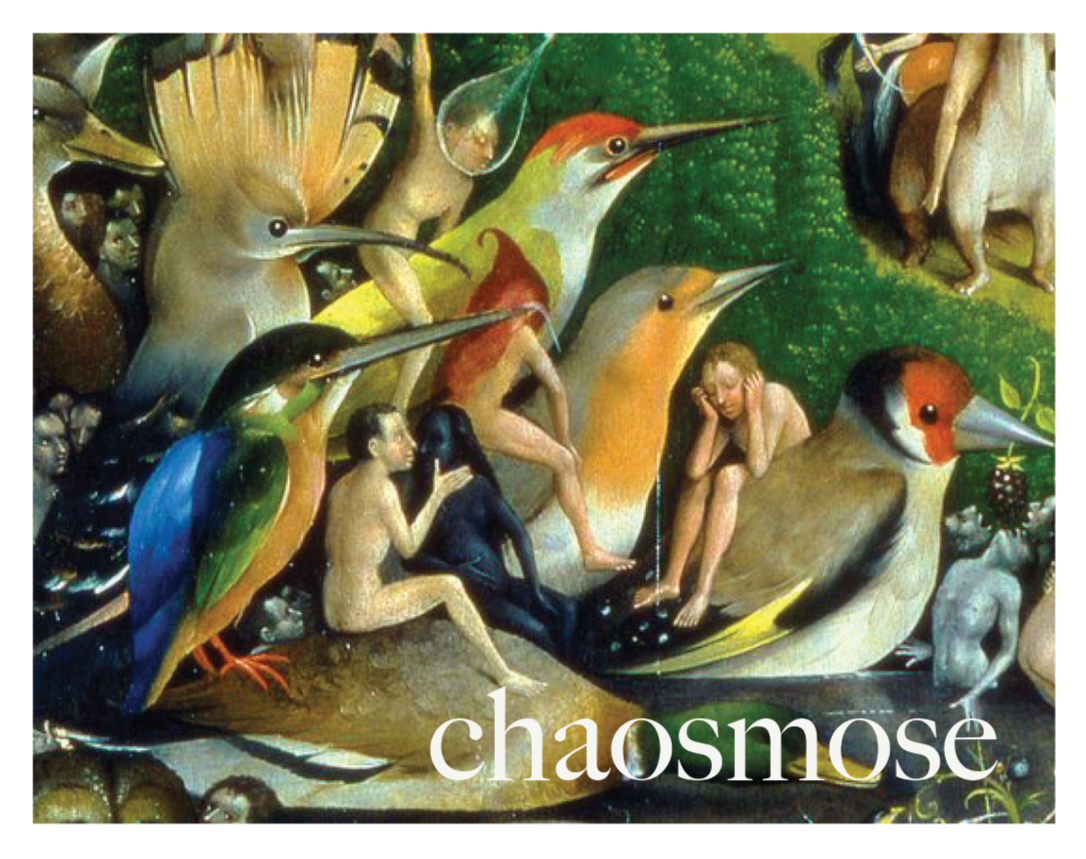
"Chaosmous"
VDF
Gallery
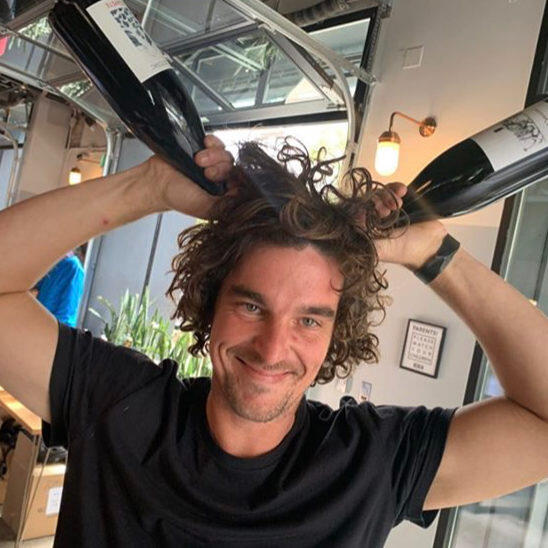
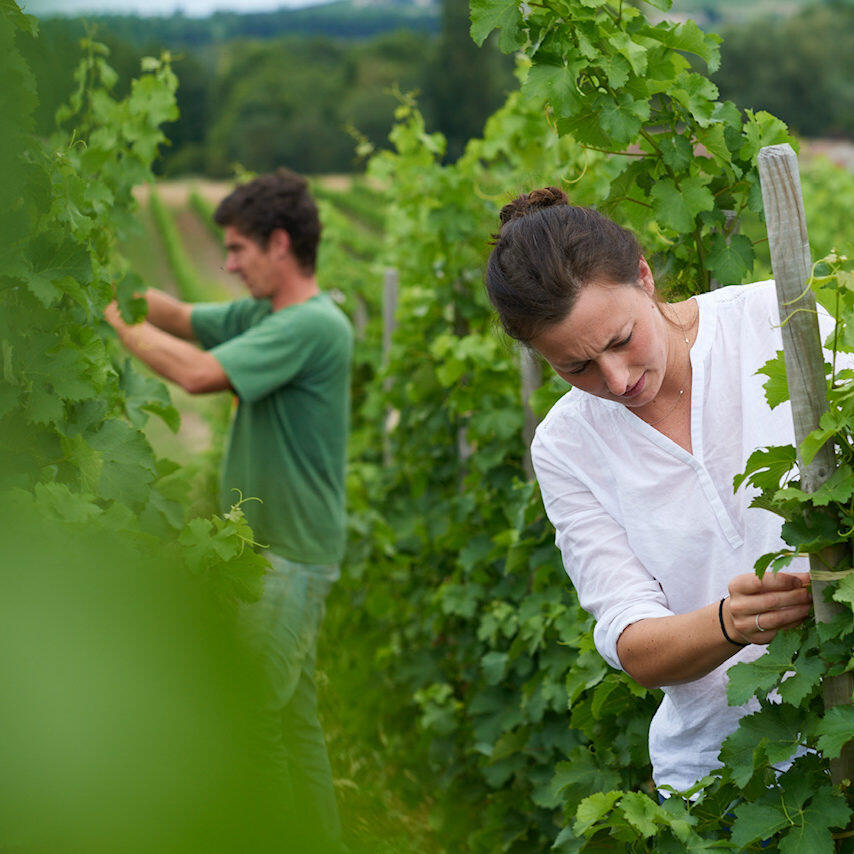
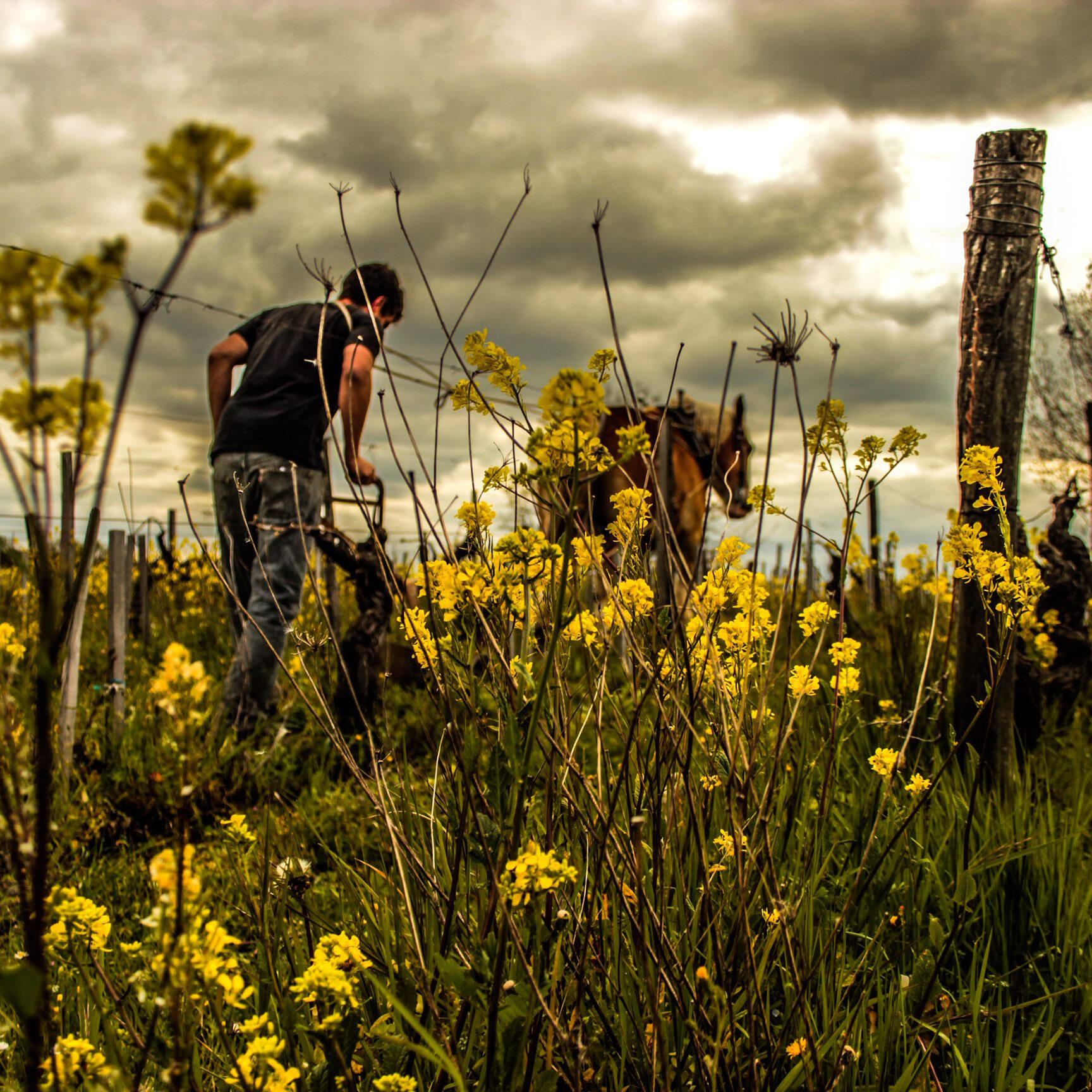
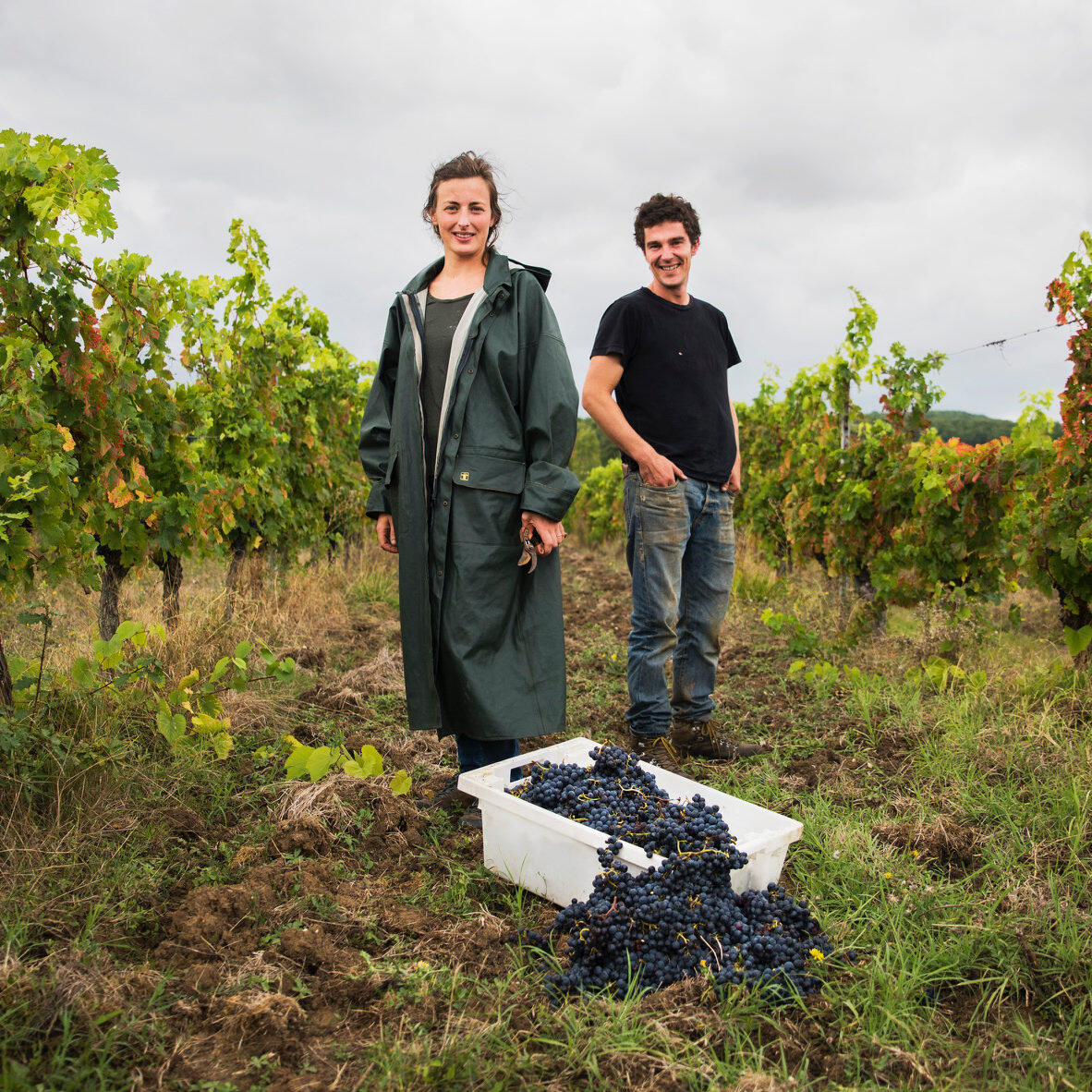
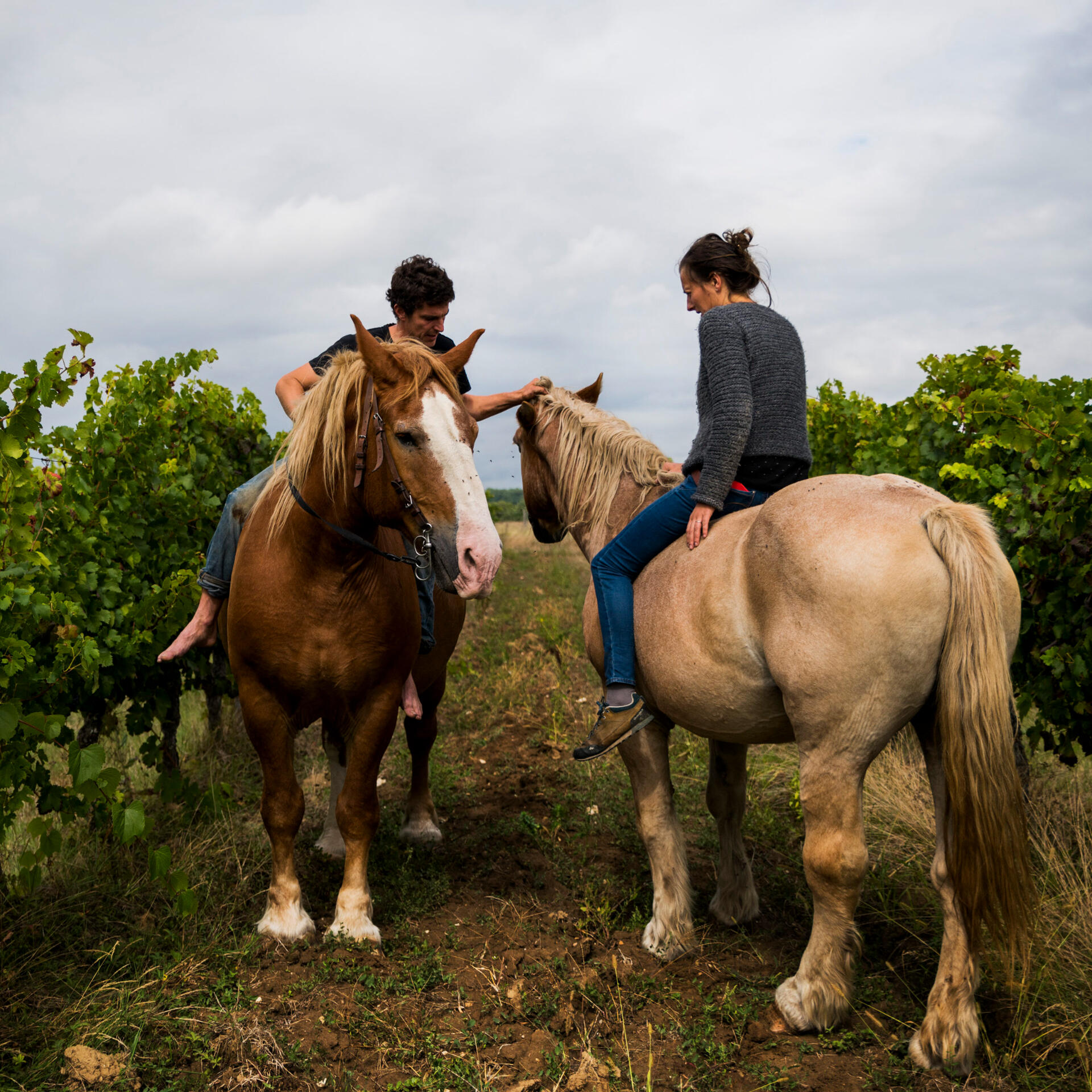
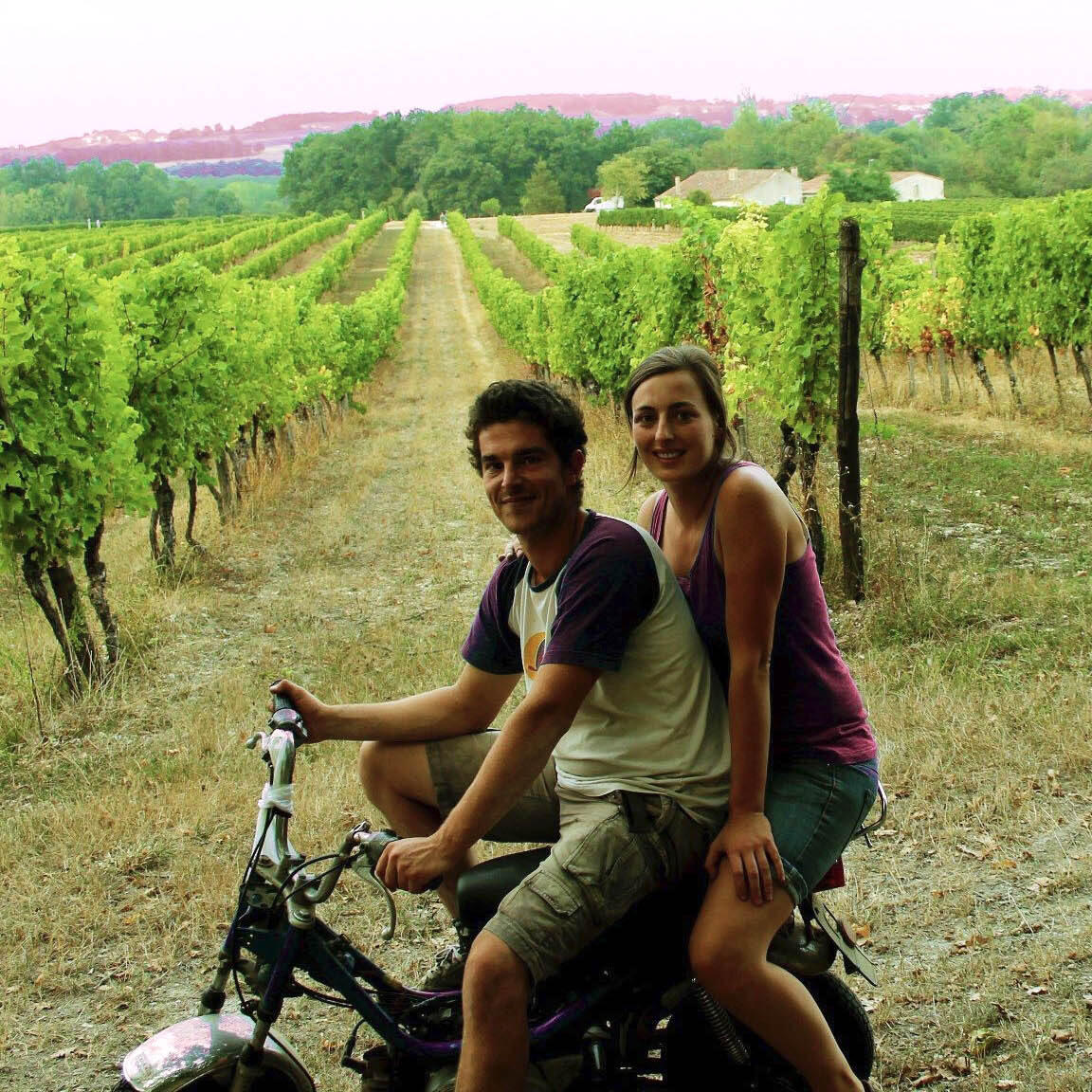
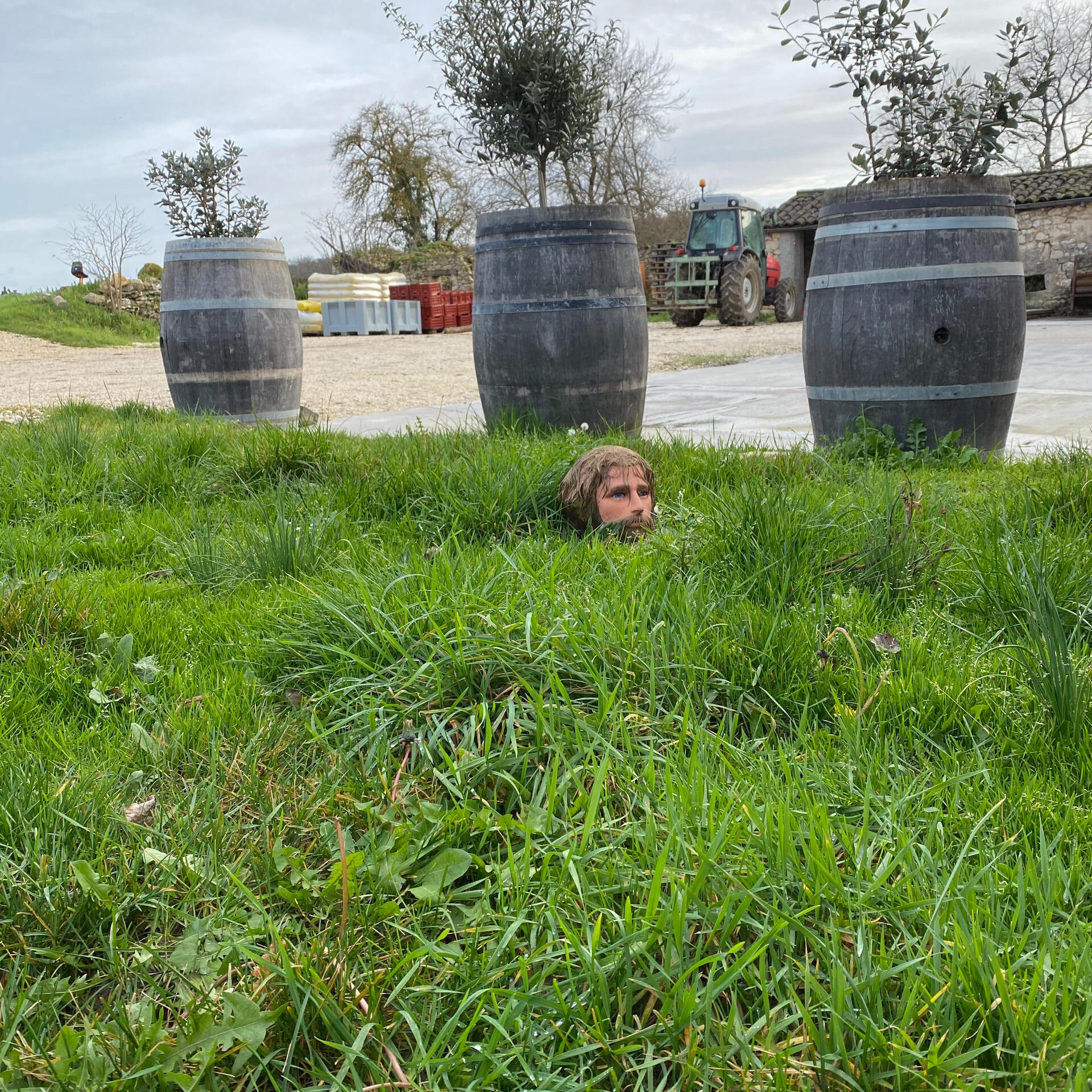
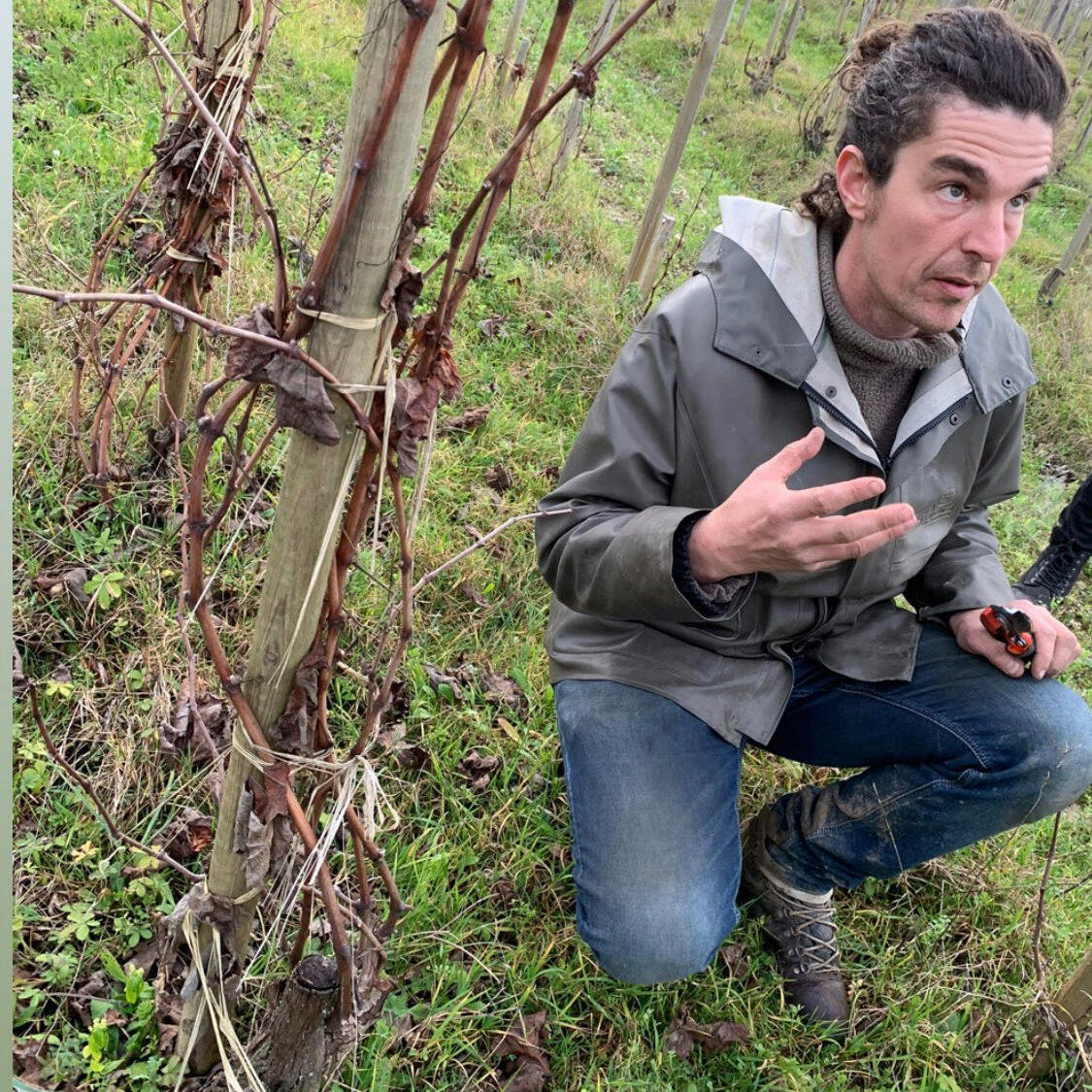
SAINT-CHINIAN
Narrative
Bordes is our Friar Tuck, extreme natural gourmand, autodidact who’s created perhaps the most vital Saint Chinian available.Domaine Bordes is located in the heart of the AOP Saint-Chinian. This 9ha estate is managed by Philippe and Emma Bordes. Propelled by a desire to return to the countryside, Philippe retired his life as a plumber and became a vintner. And after eating organically grown foods for over 30 years, organic viticulture was a natural choice.Without formal training, Philippe and Emma studied books, observed other producers and learned from their mistakes. “It’s a bit like poker,” said Philippe. “You dearly pay one or two times, then you watch out! This is the basis of learning.” After purchasing several plots, they released their first vintage in 2001. Practicing biodynamics since the beginning, they gained organic certification in 2008, becoming one of fifteen organic producers in Saint-Chinian.Surrounded by ‘garigue’, the vineyards here are isolated and rich in biodiversity. Most of the plots are plowed by horse and the family makes their own compost. They manage low-yields to better allow the vines to create their own immune defense. “If you request a reasonable production, and do not treat as soon as there is an issue,” said Philippe, “then step-by-step, the vine will be able to self-protect and become stronger.”In the cellar, all operations are scheduled according to the lunar calendar. There is no temperature control, and everything happens naturally without additives with the exception of a small amount of sulfites in order to ensure the stability of the wines over time and travel.
Wines
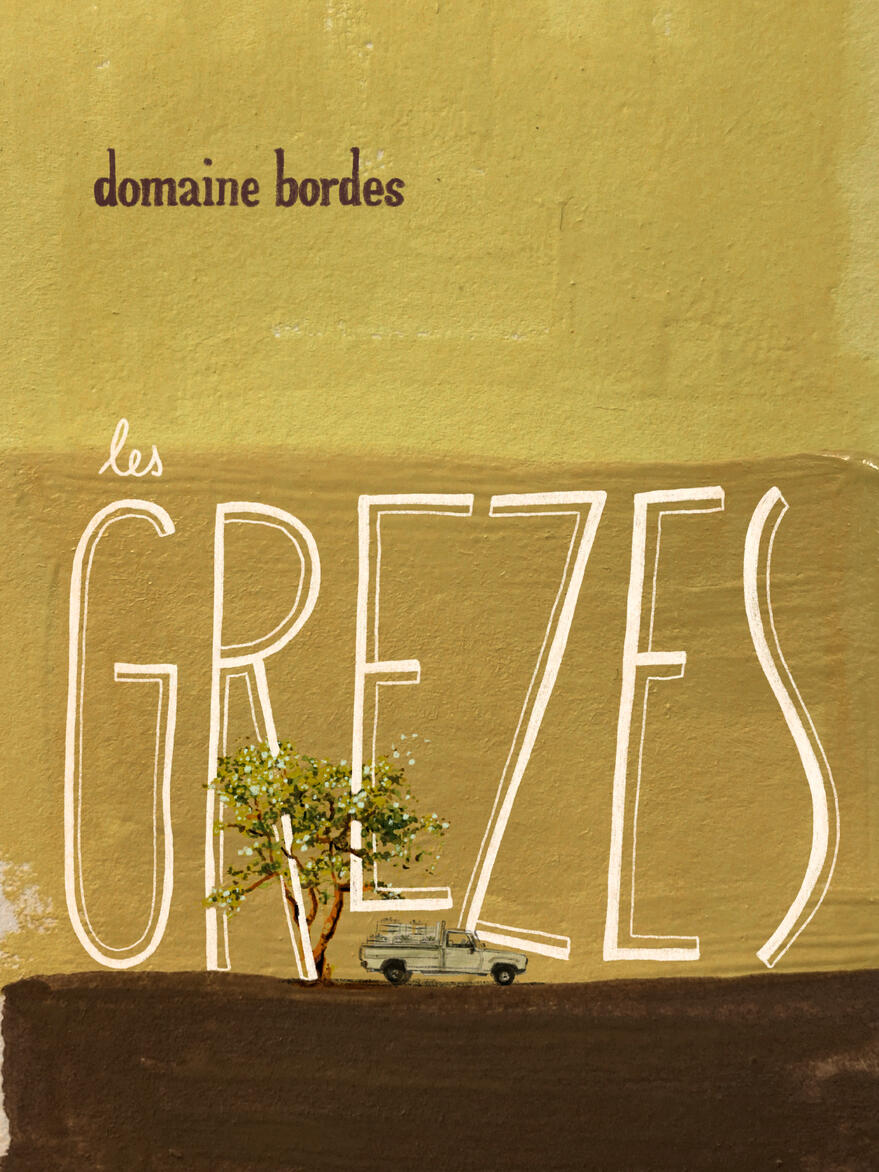
"Les grèzes"
VDF Blanc
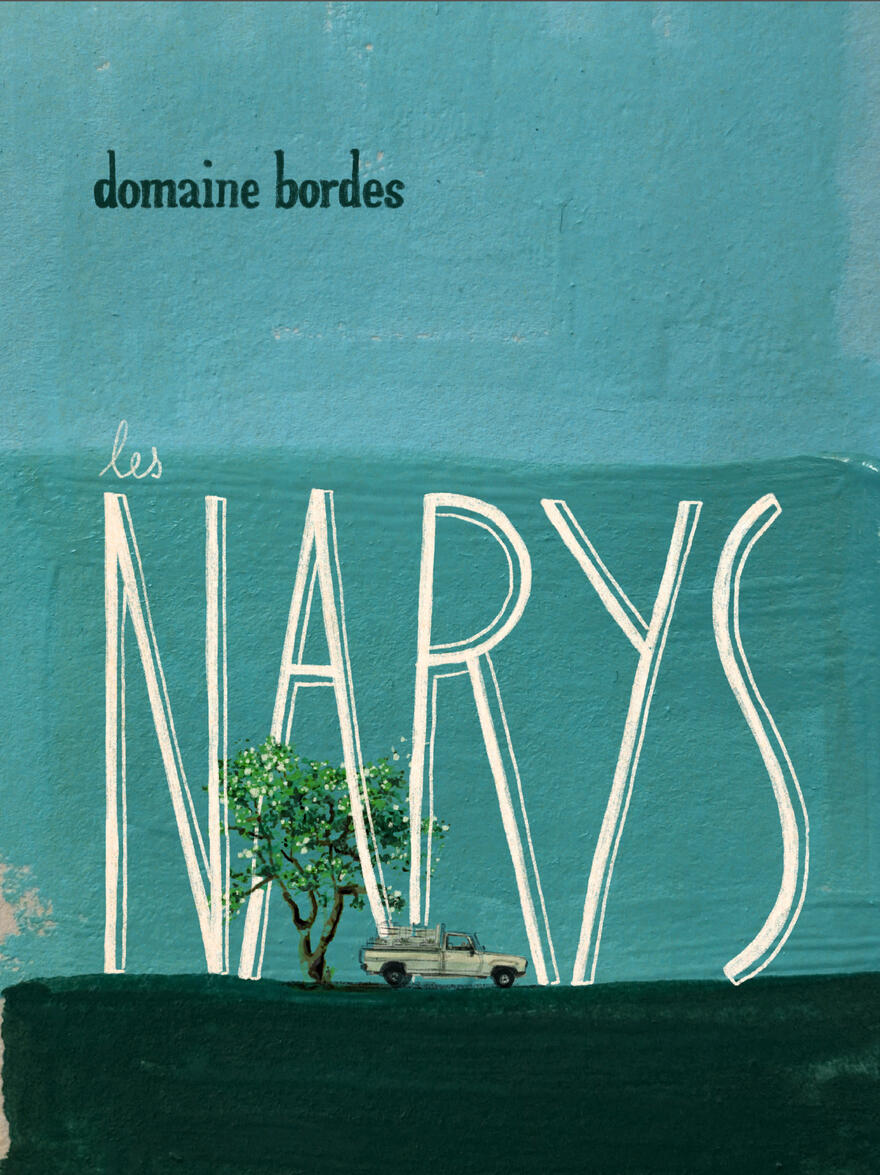
"Les Narys"
St Chinian Rouge
Gallery
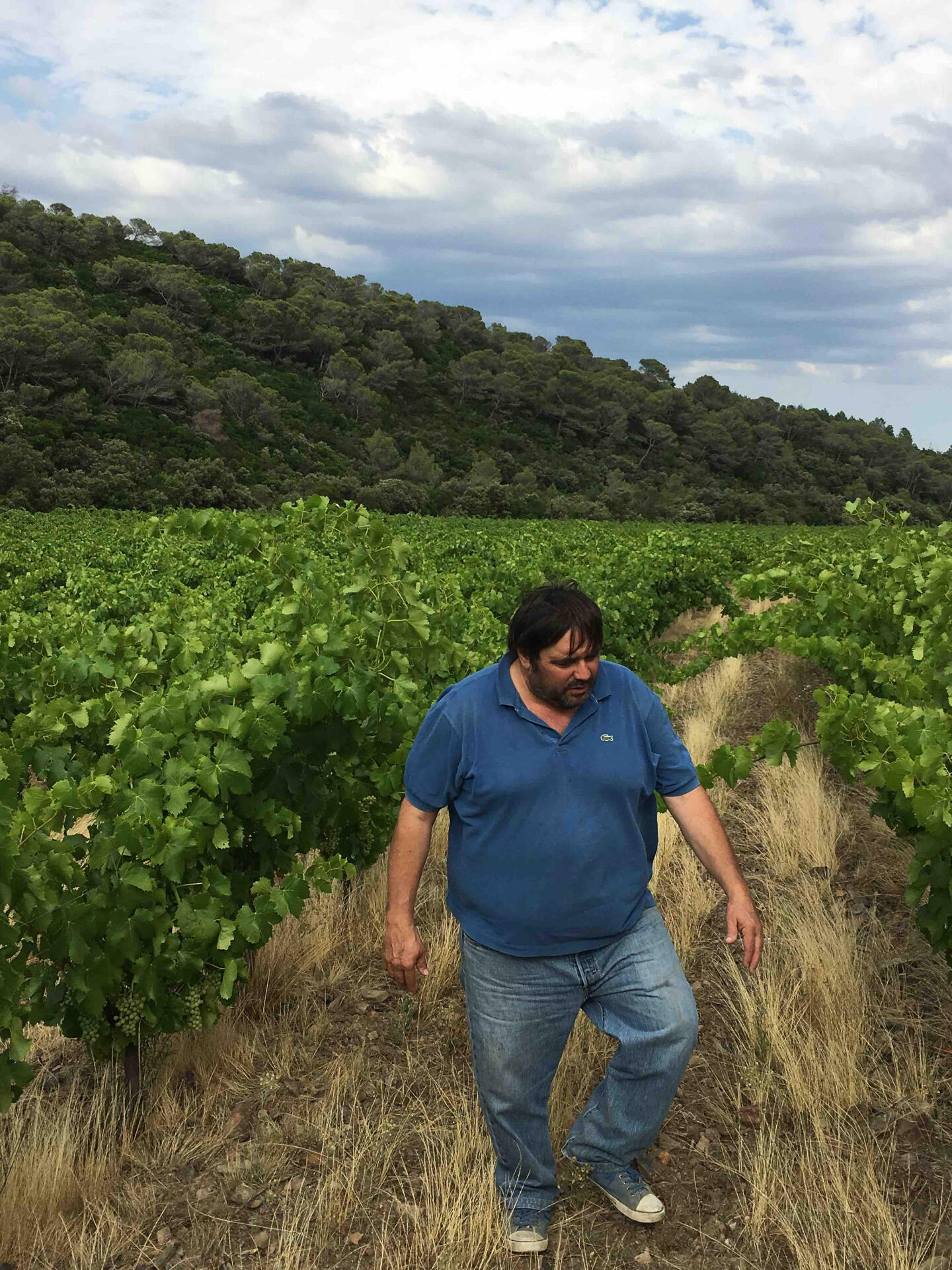
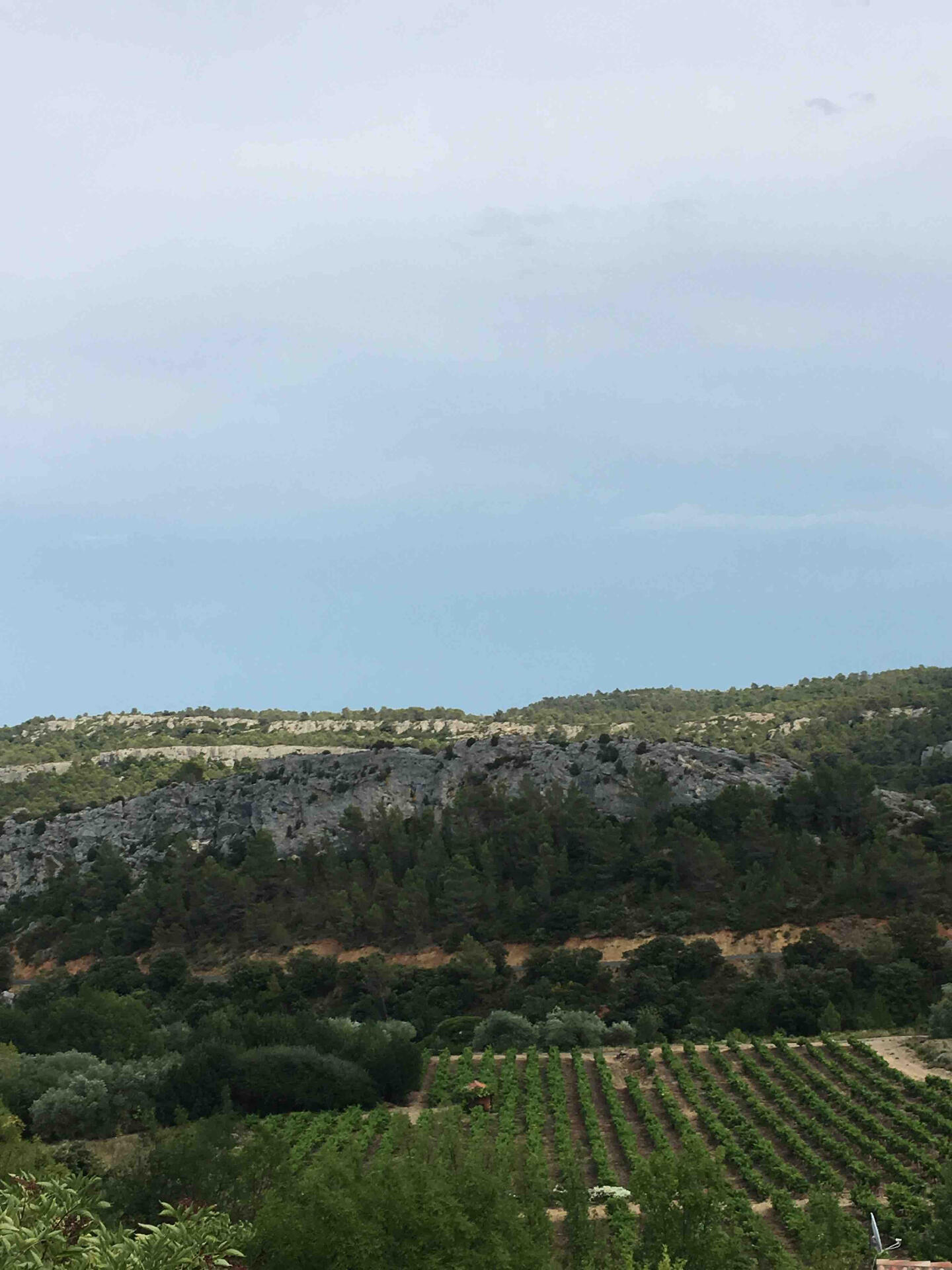
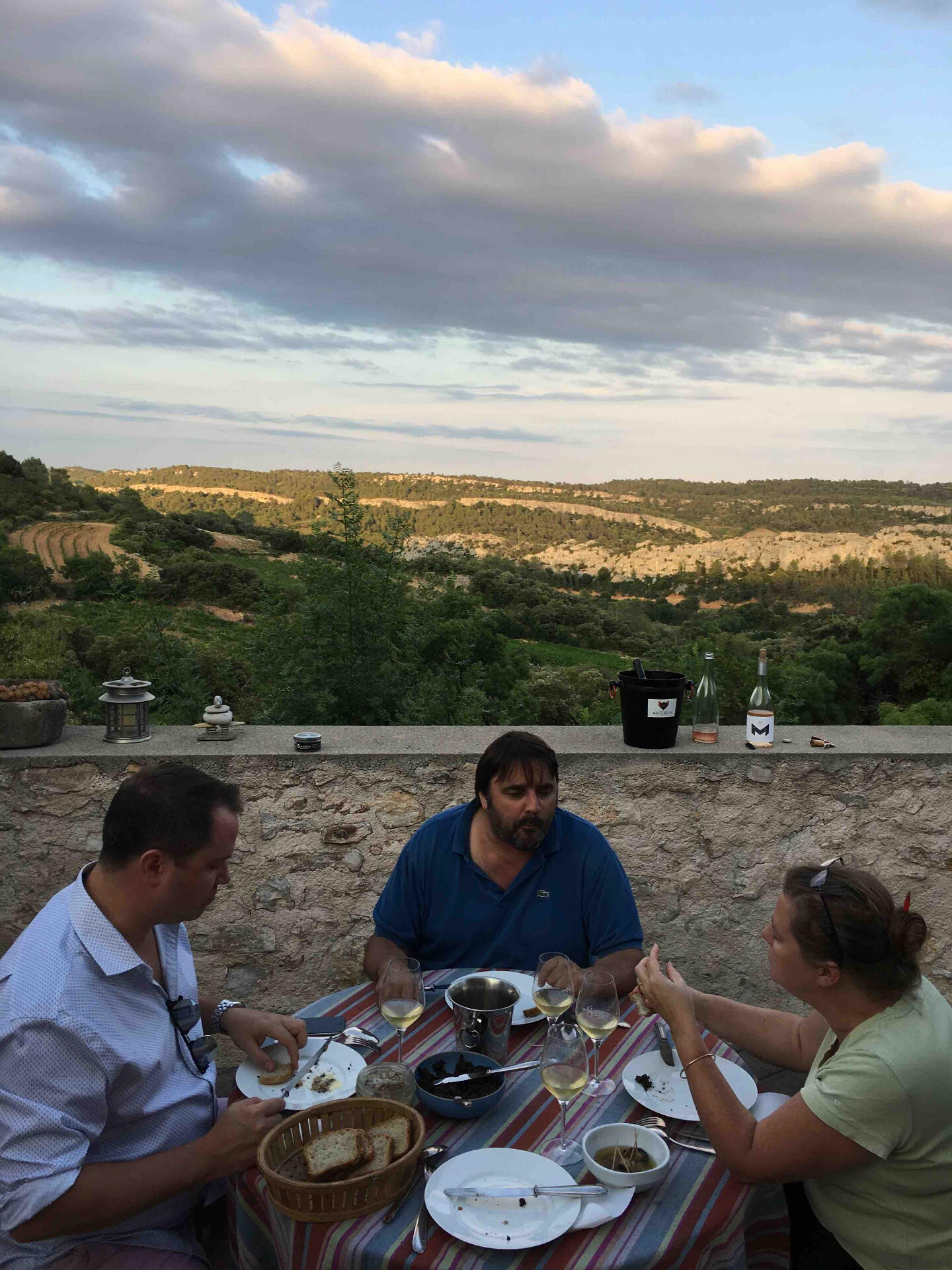
FITOU
Narrative
Schooled by Steiner and influenced by Jim Morrison. Self-seclusion in the garigue. Over the past 15 years they are crafting perhaps the freshest wines in the entire Roussillon.Why Les Enfants Sauvages? Simply put, as a tribute to Jim Morrison and The Doors. The duo behind the wines drew inspiration from The Doors’ song “Wild Child”—about finding salvation in the wild state of nature—and they took the French translation for their name. Nikolaus and Carolin Bantlin are originally from Germany but fell in love with the south, rock climbing and biking. They discovered a large sheep pasture in Fitou, France with a small number of vines around that inspired them to start making wines.Nikolaus has been studying anthroposophy for a long time and had worked on biodynamic farms after studying at one of Rudolf Steiner’s schools in Germany. So the conversion to organic in 2001 was very smooth and they released their first vintage in 2003 with access to Olivier Pithon’s cellar. 2004 marked
a new phase for Les Enfants Sauvages; their craft winery was ready for full production and 9 hectares of vines had come to maturity.The vineyards at Les Enfants Sauvages are hidden by the surrounding garigue and with no neighbors in sight. The only threat is the overgrowth of vegetation, as well as wild pigs that are kept out of the vineyards by kilometers of stone walls that the Bantlin’s built. But with the vibrant growth around the vineyard, beneficial insects and birds naturally maintain the pest populations.Freshness and finesse are the key terms at Les Enfants Sauvages. The wines are never over-extracted as there is no pumping and only gentle handling of fruit and wines. This means the wines are full of energy and very approachable. The freshness is due in part to their proximity to the Mediterranean five kilometers away. Then there is the ripeness levels. Goblet pruning protects the clusters and ensures that the berries achieve an even ripeness and never get cooked by the sun and lose their natural acidity. Which is all key because Les Enfants Sauvages never adds to their wines except a small amount of sulfites.
Wines
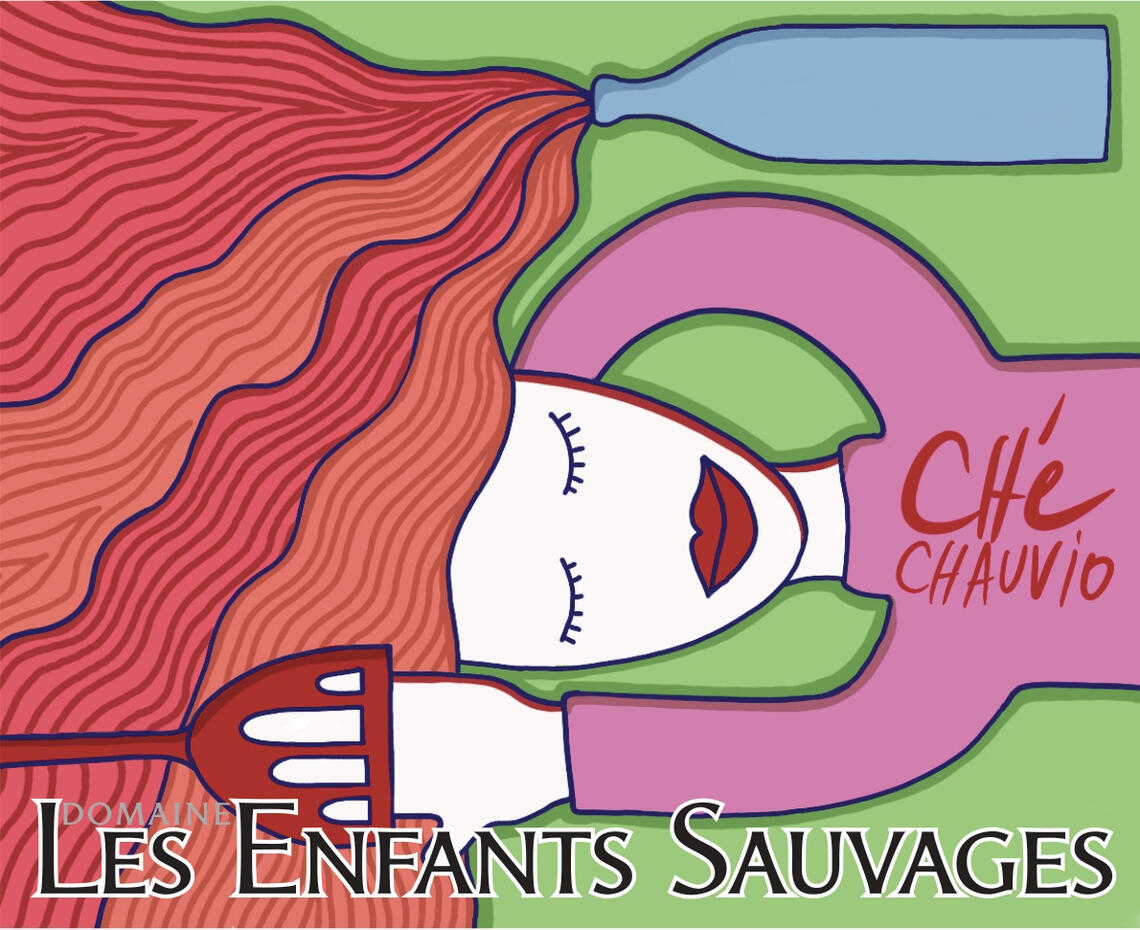
"Che Chauvio"
CÔTES CATALANES ROUGE
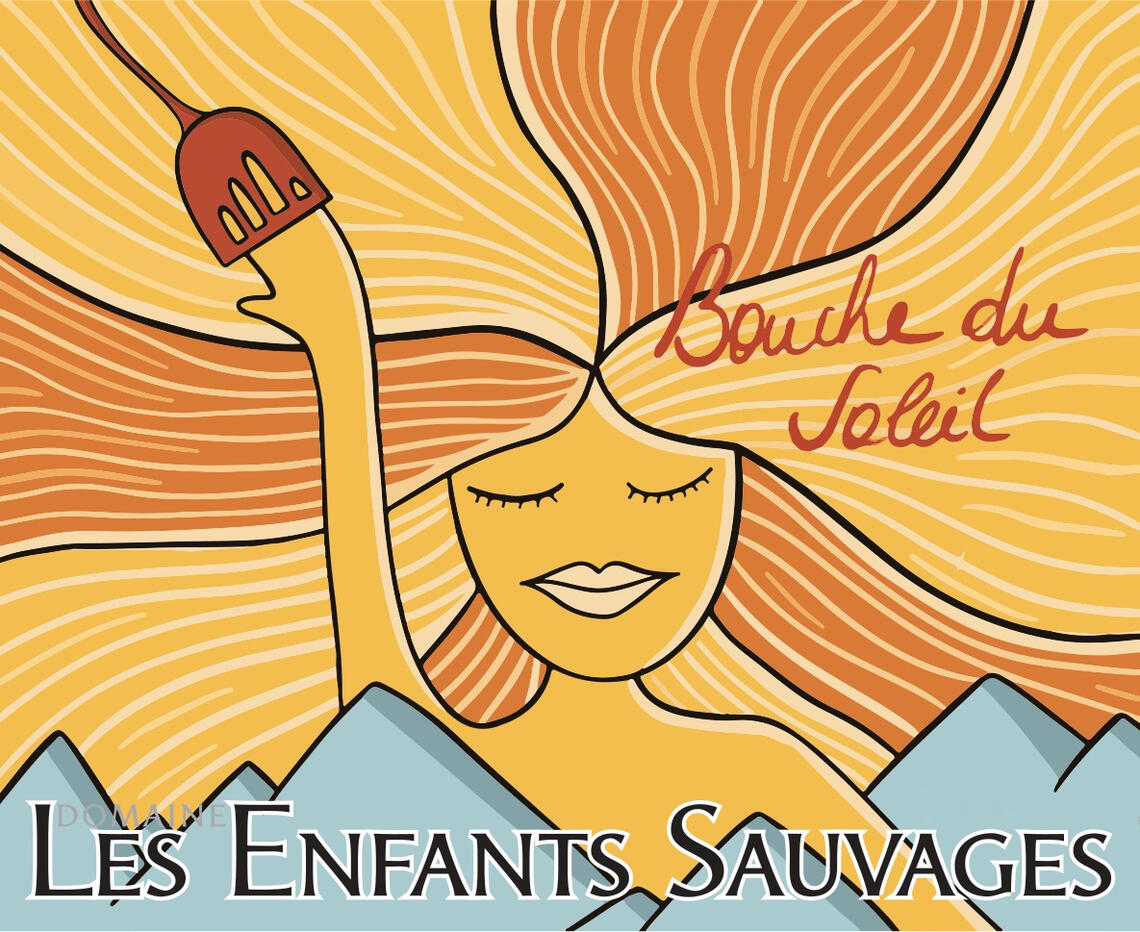
"Bouche du Soleil"
CÔTES CATALANES
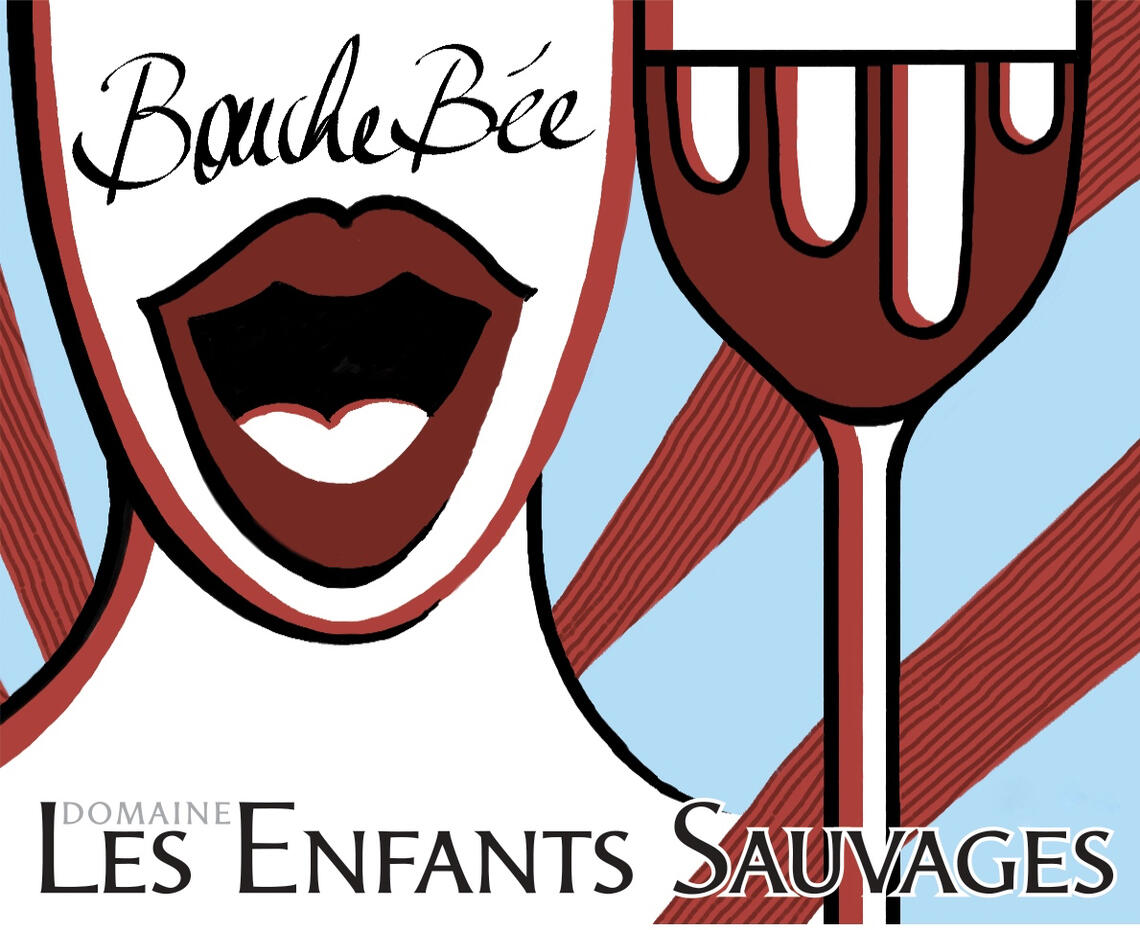
"Bouche Bée"
CÔTES CATALANES ROUGE
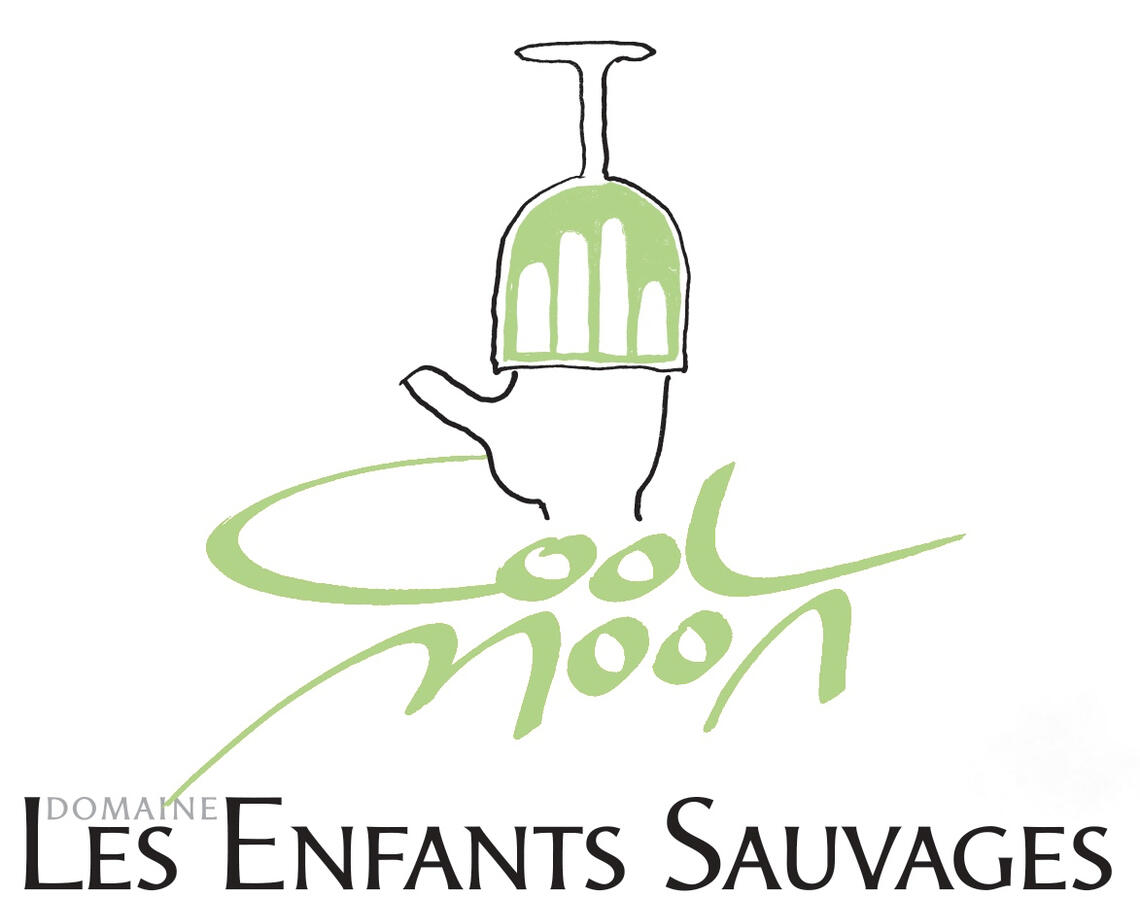
"Cool Moon"
CÔTES CATALANES BLANC
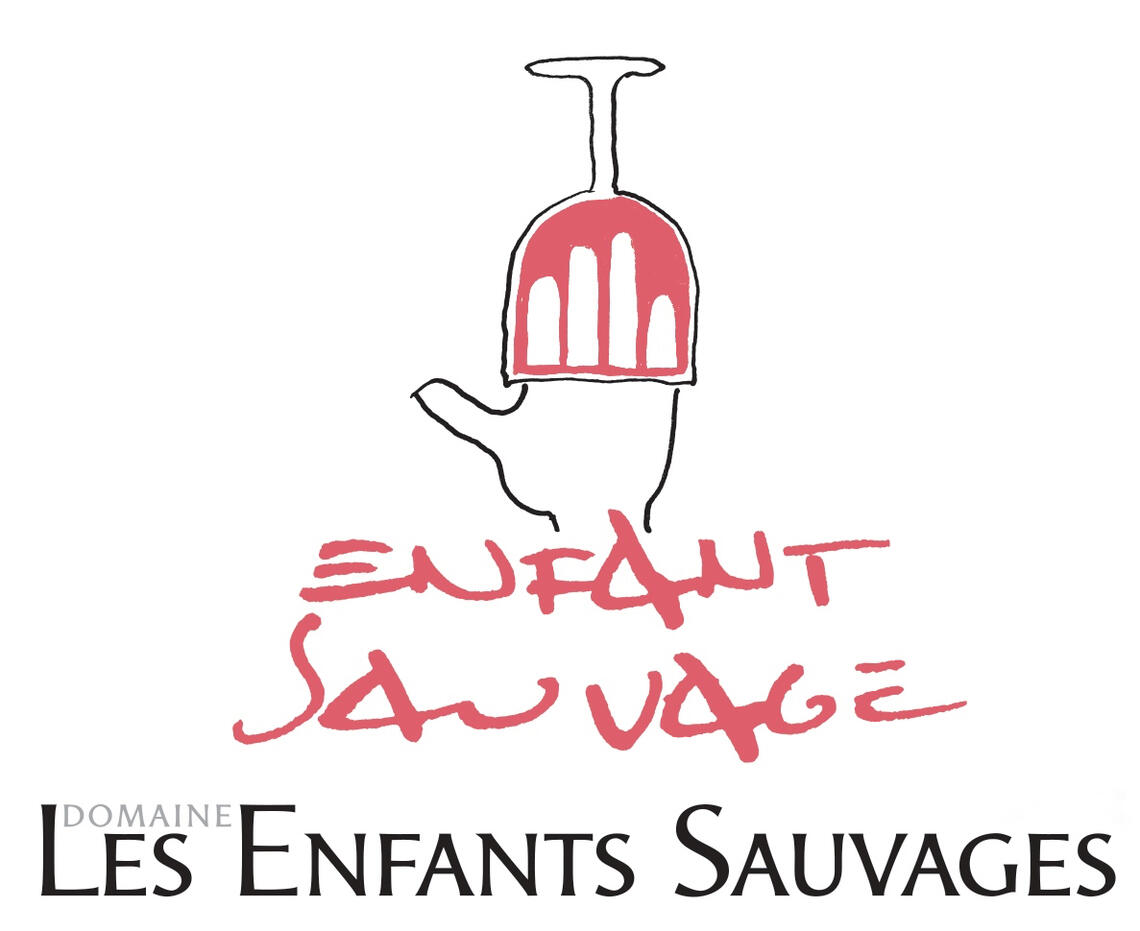
"Enfant Sauvage"
CÔTES CATALANES ROUGE
Gallery
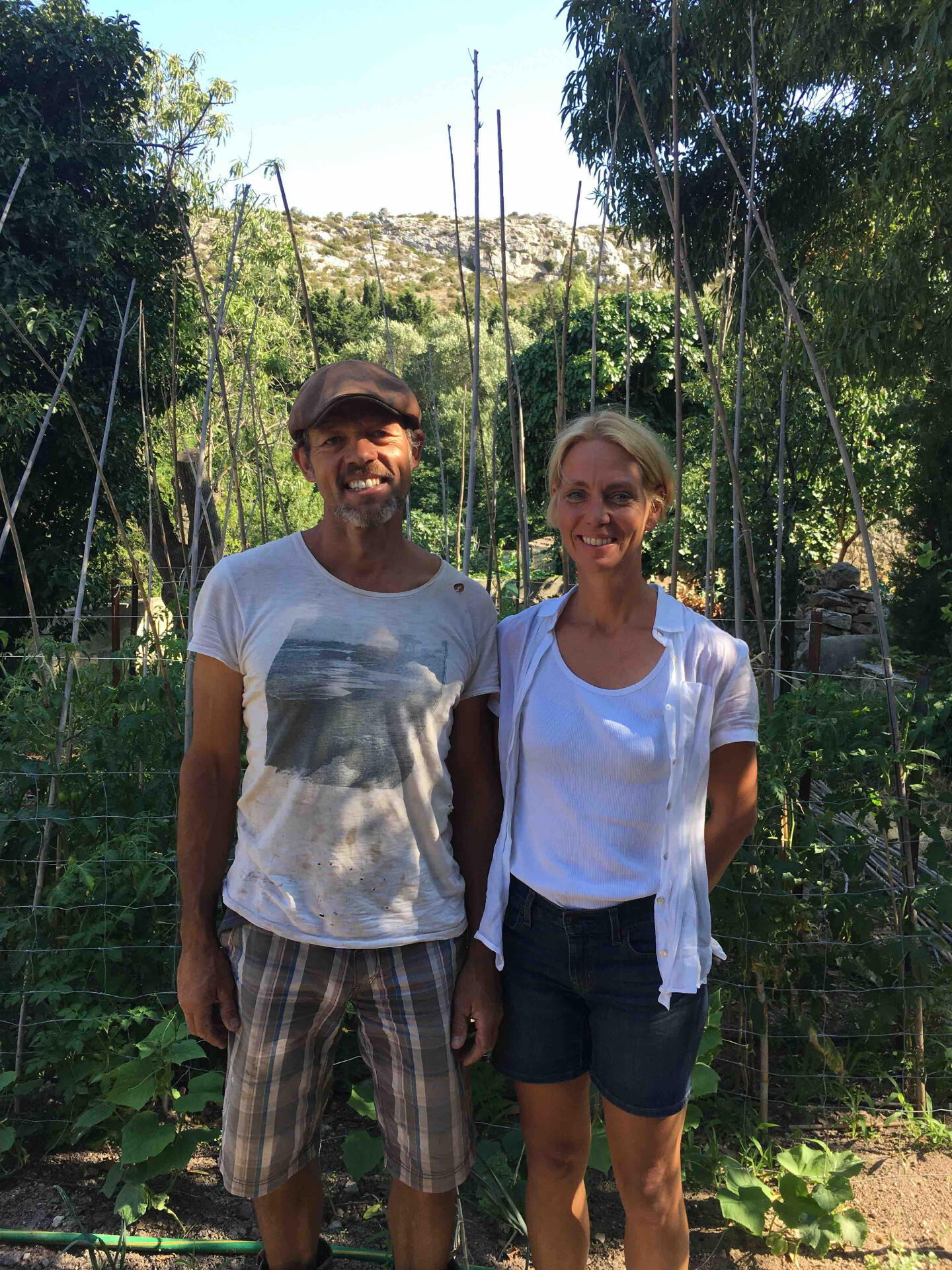
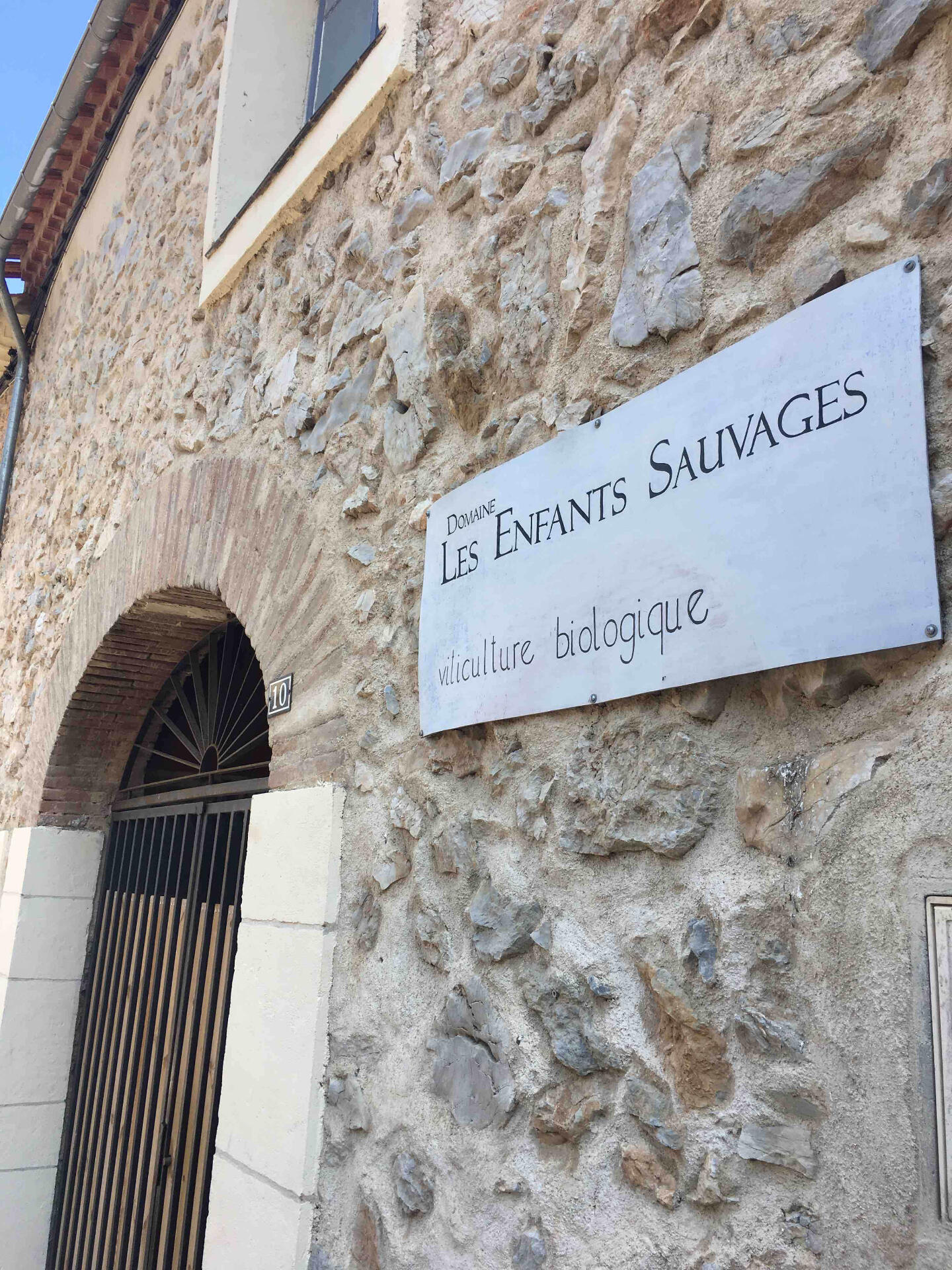
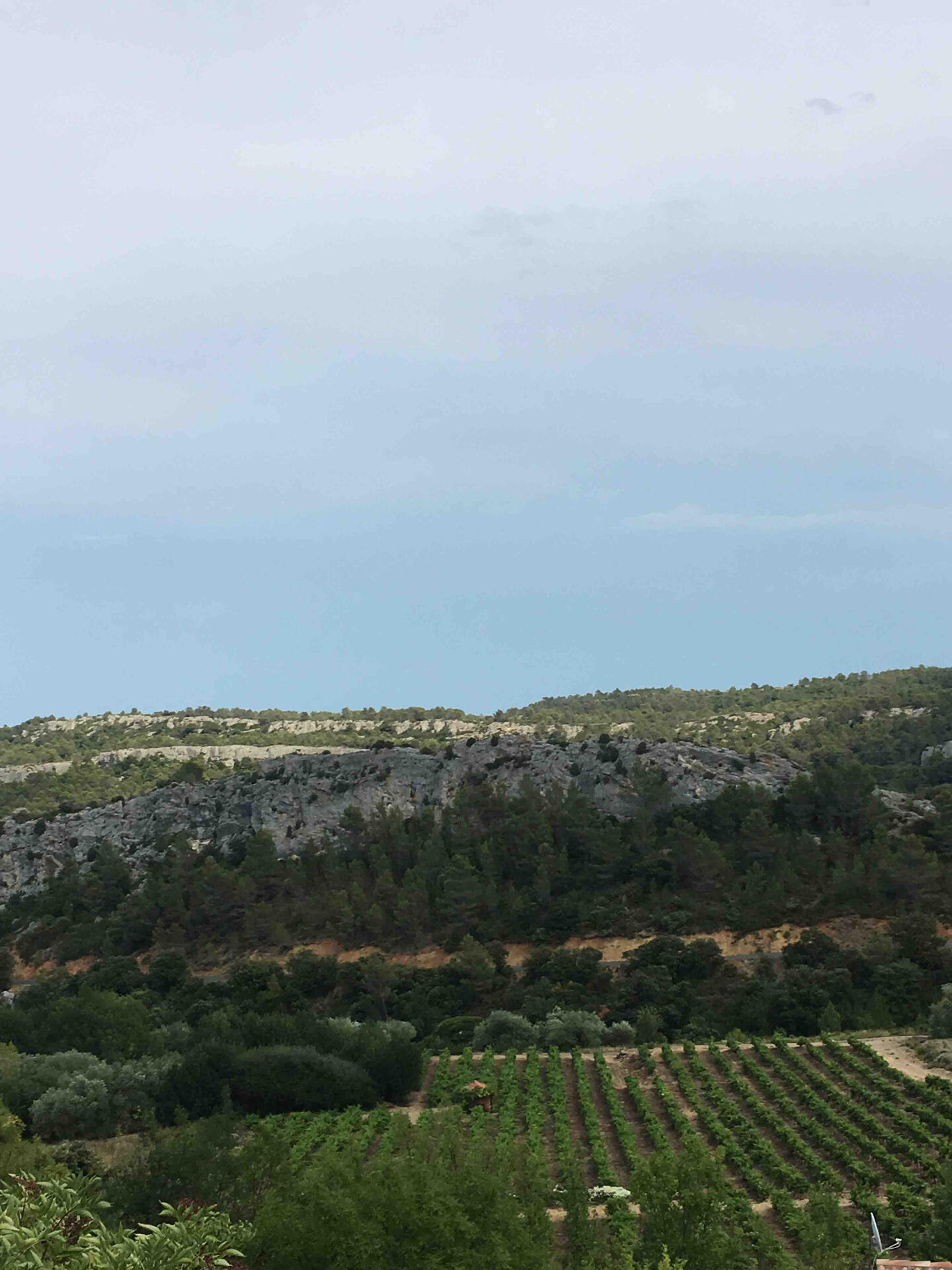
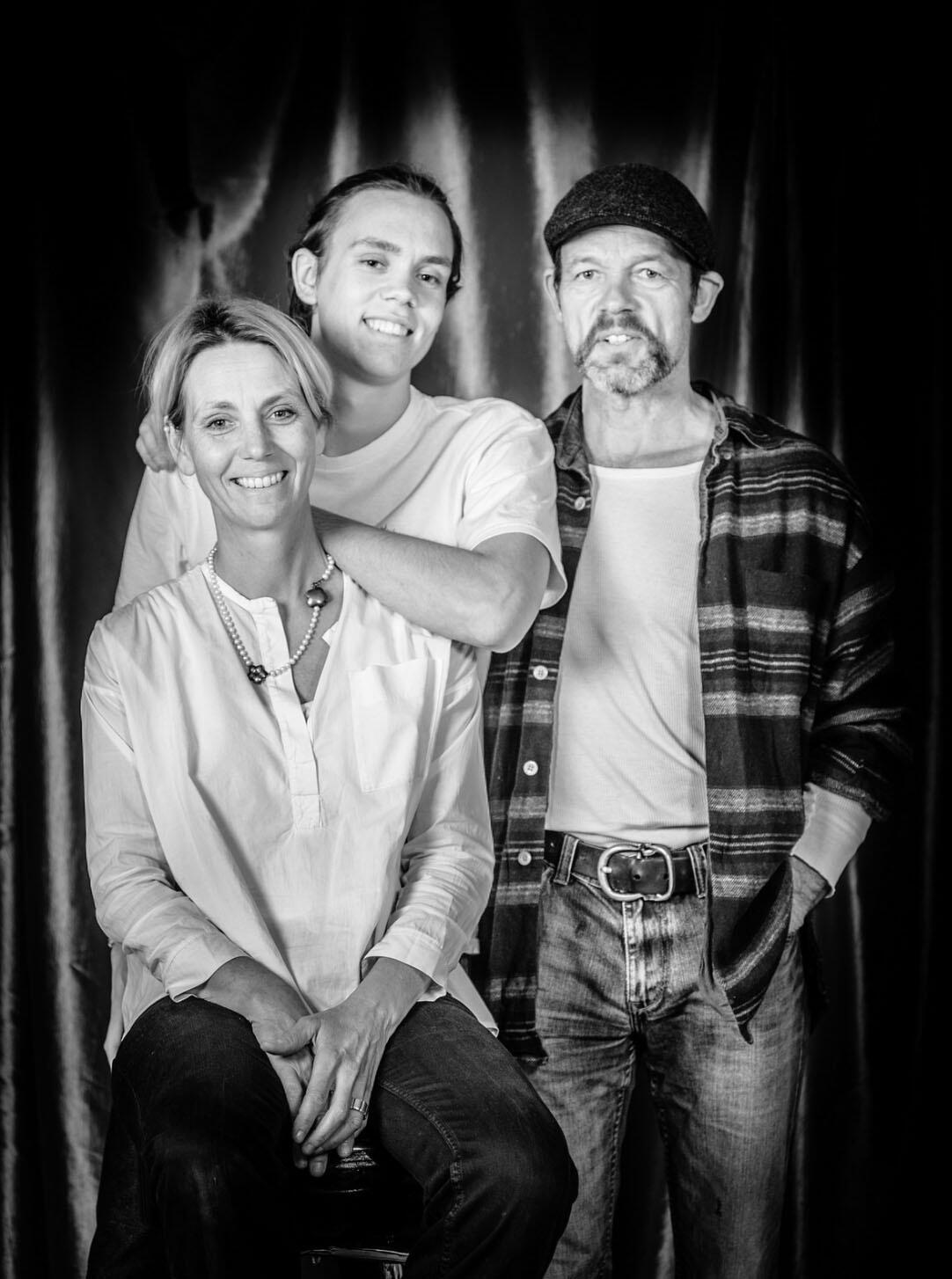
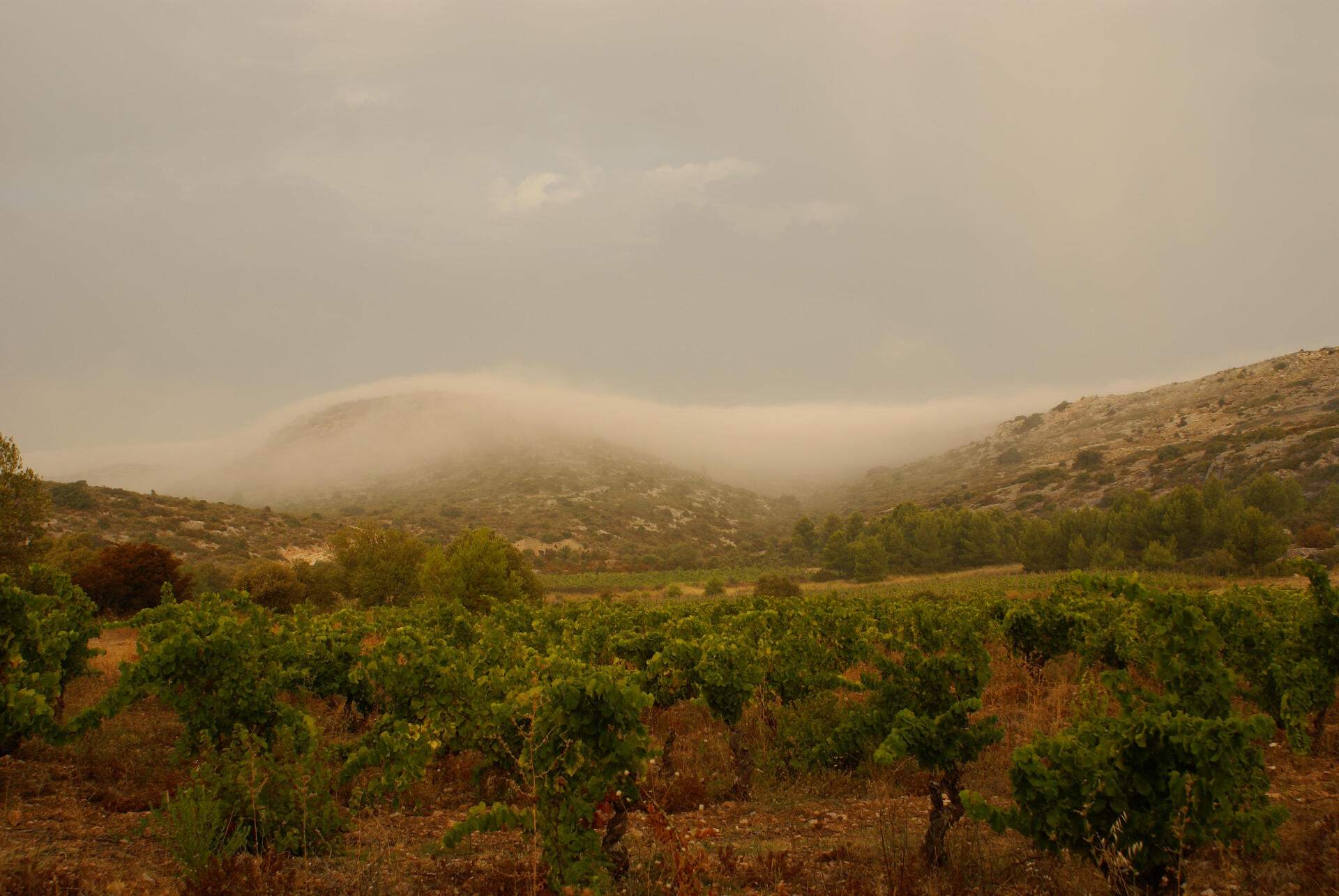
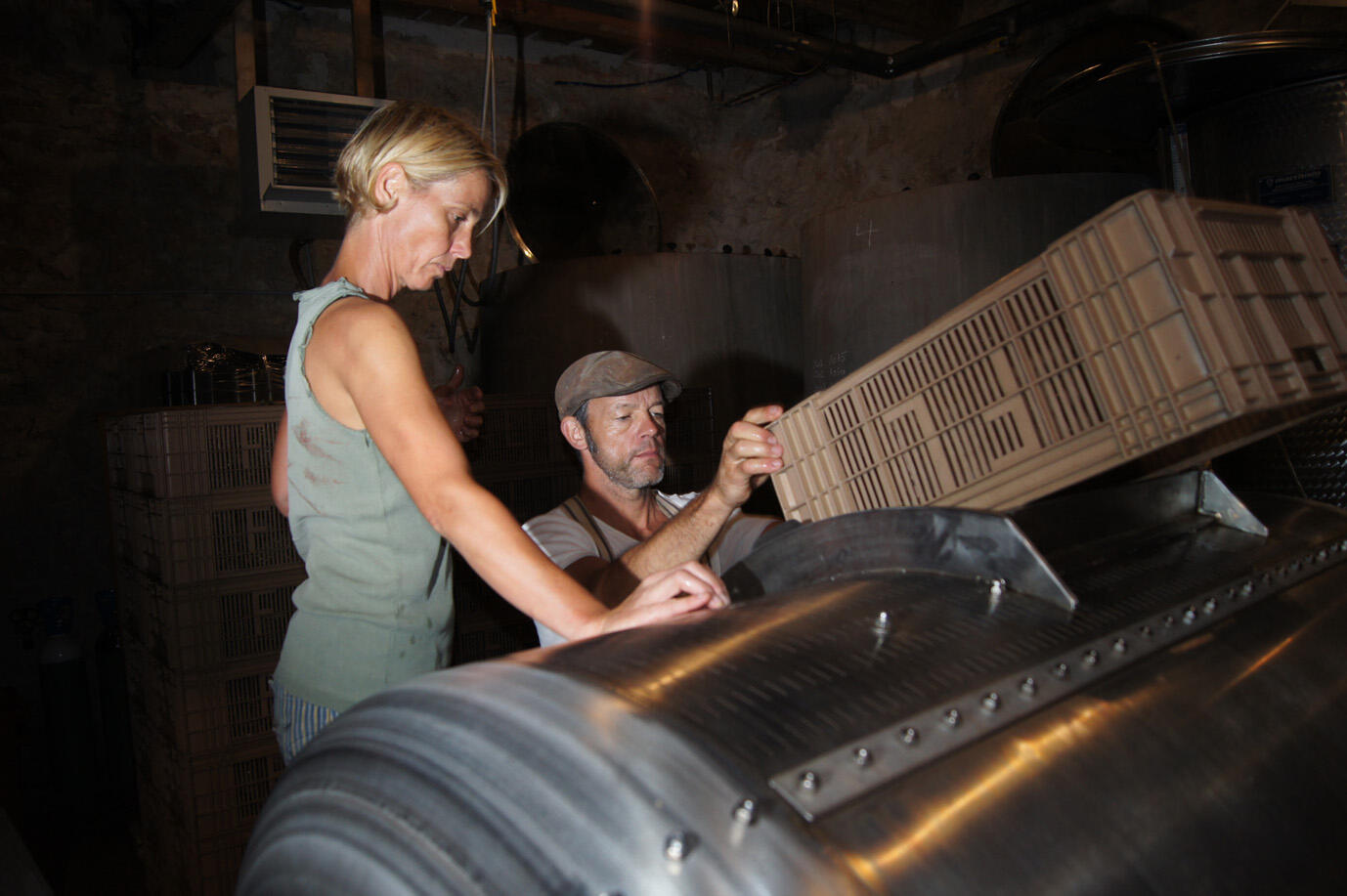
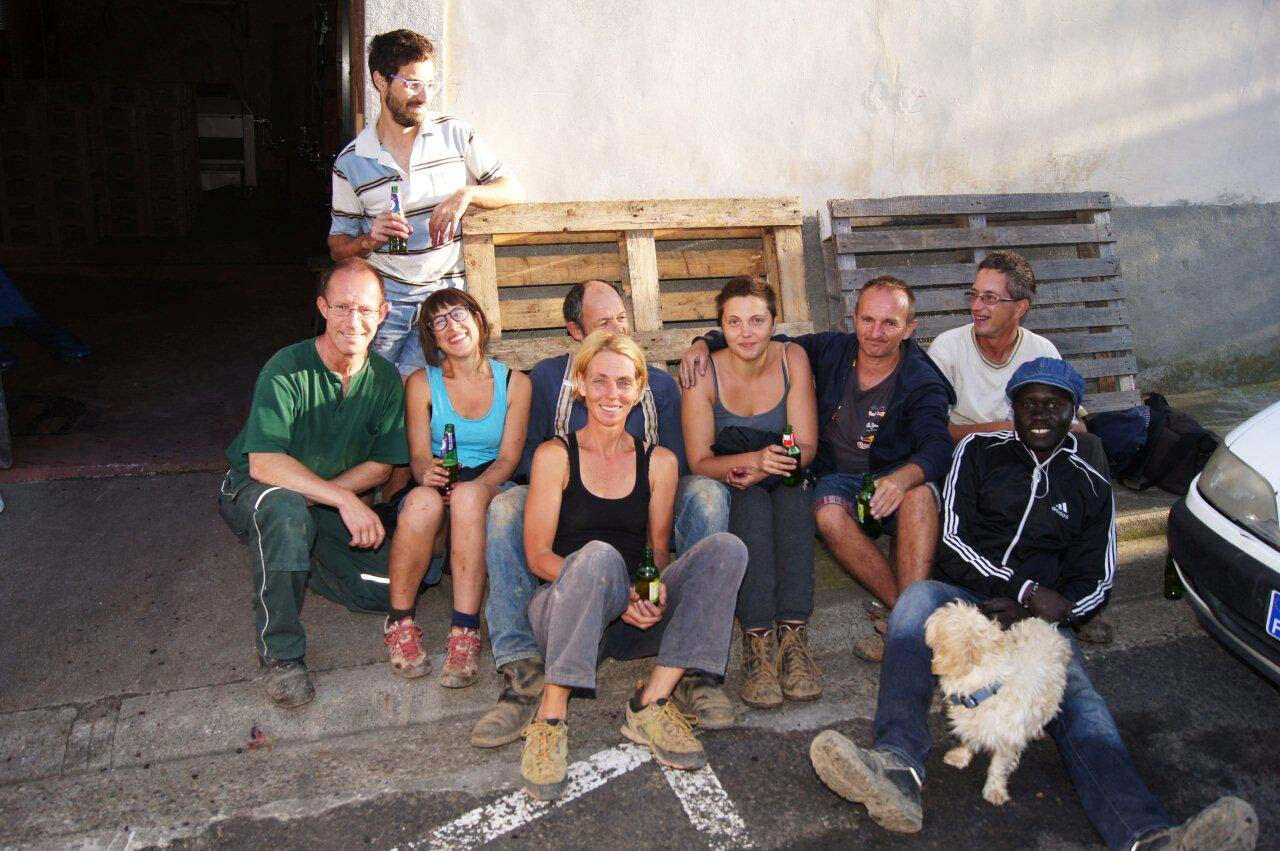
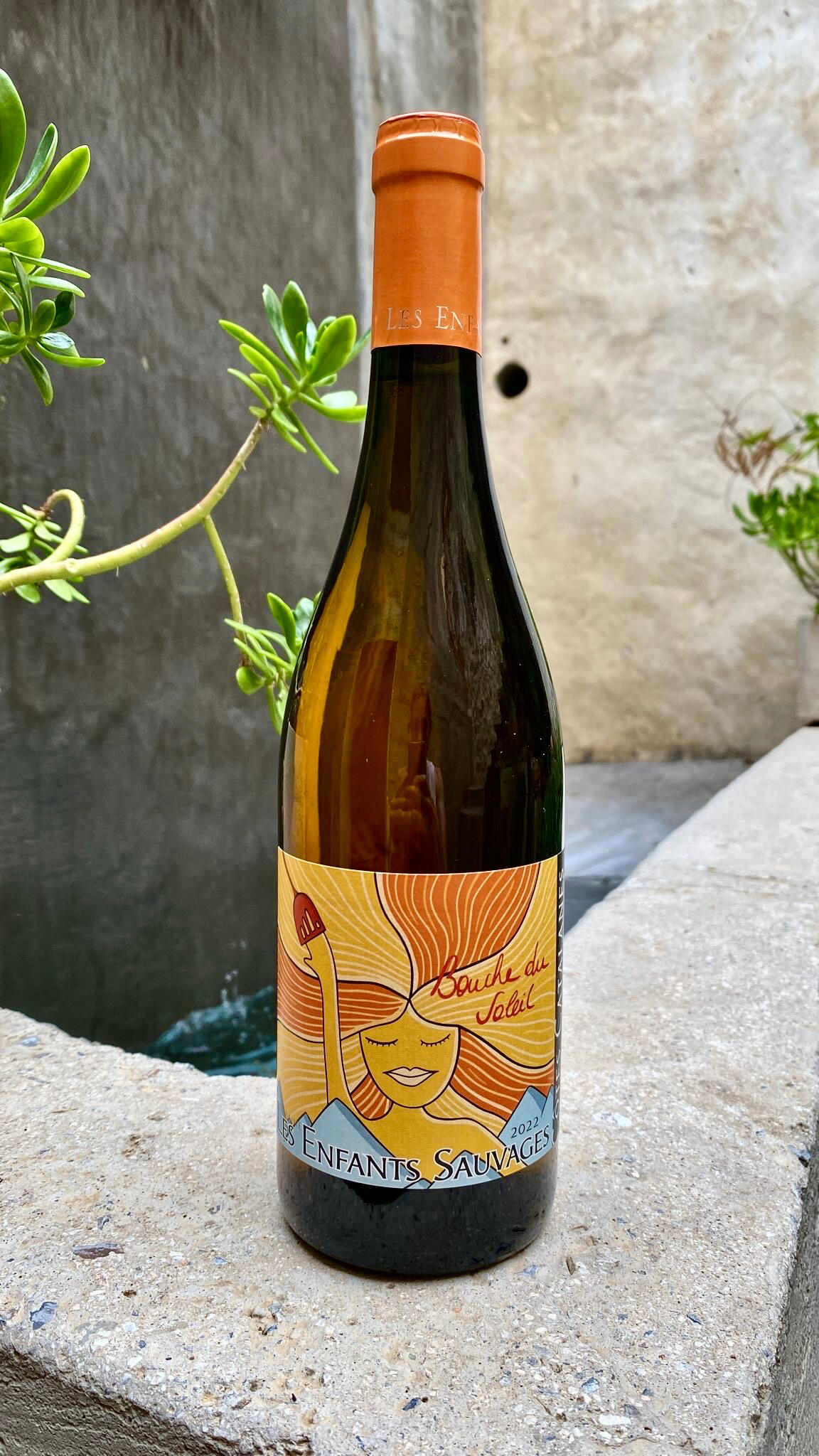
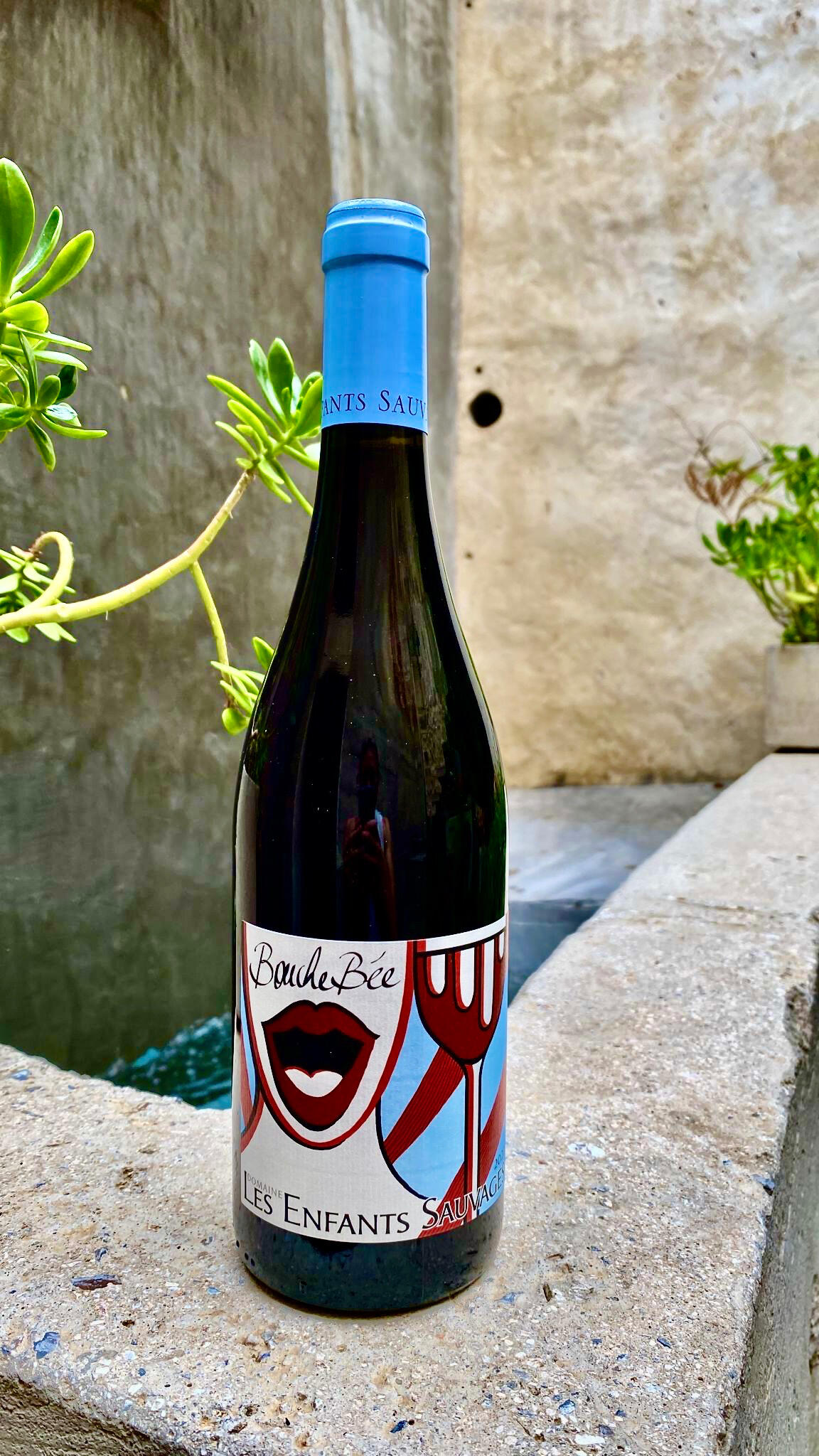
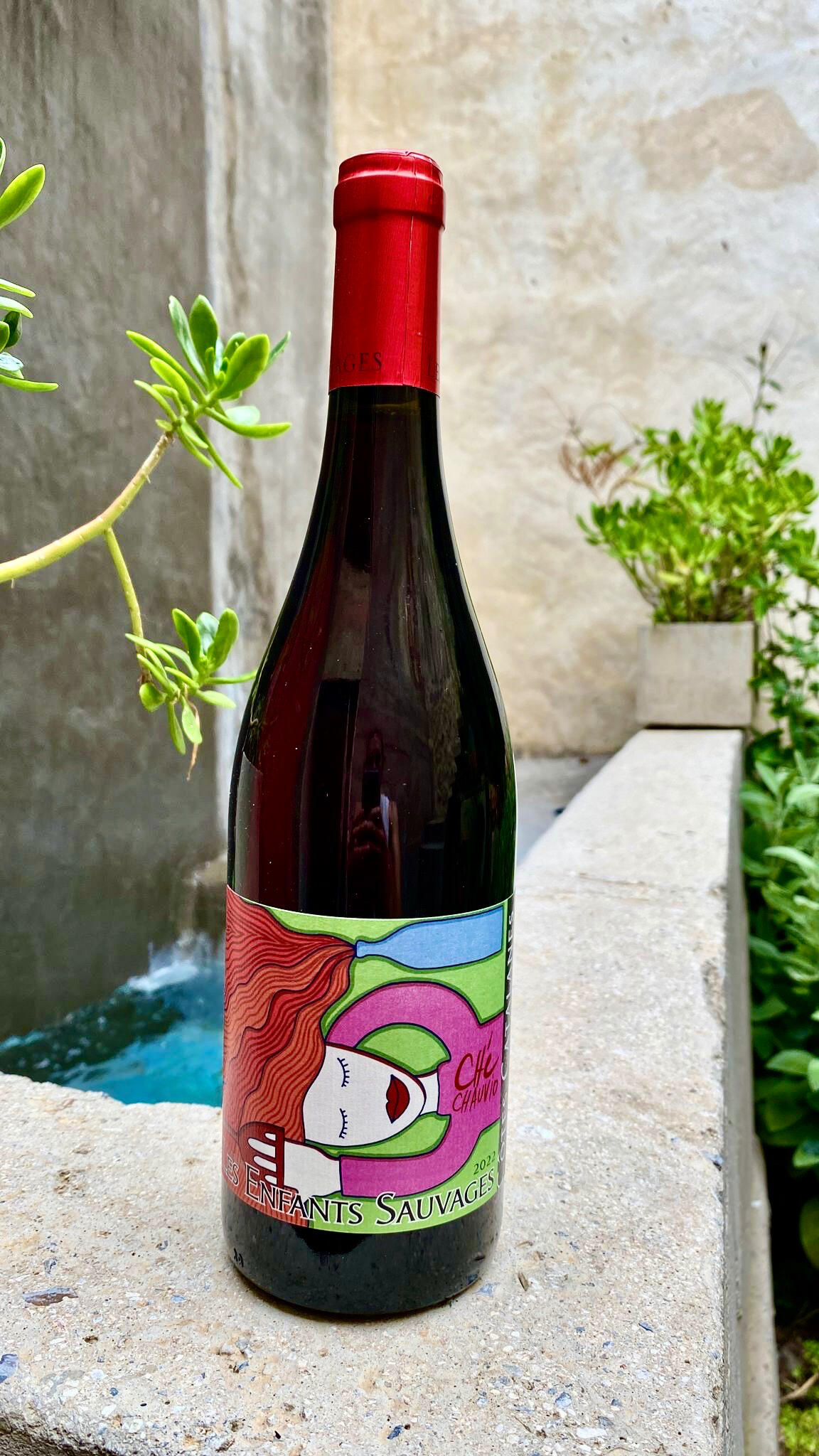
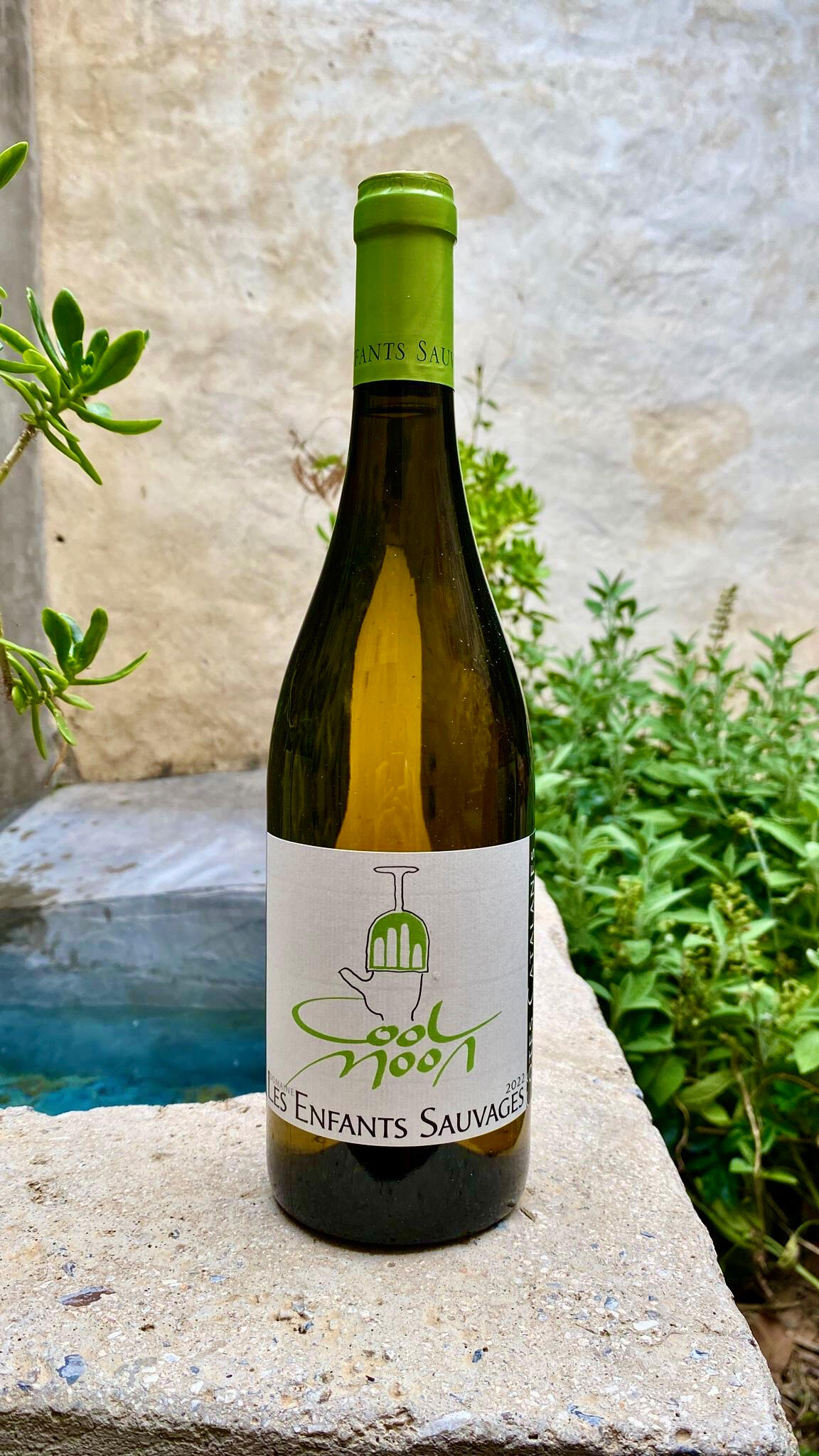
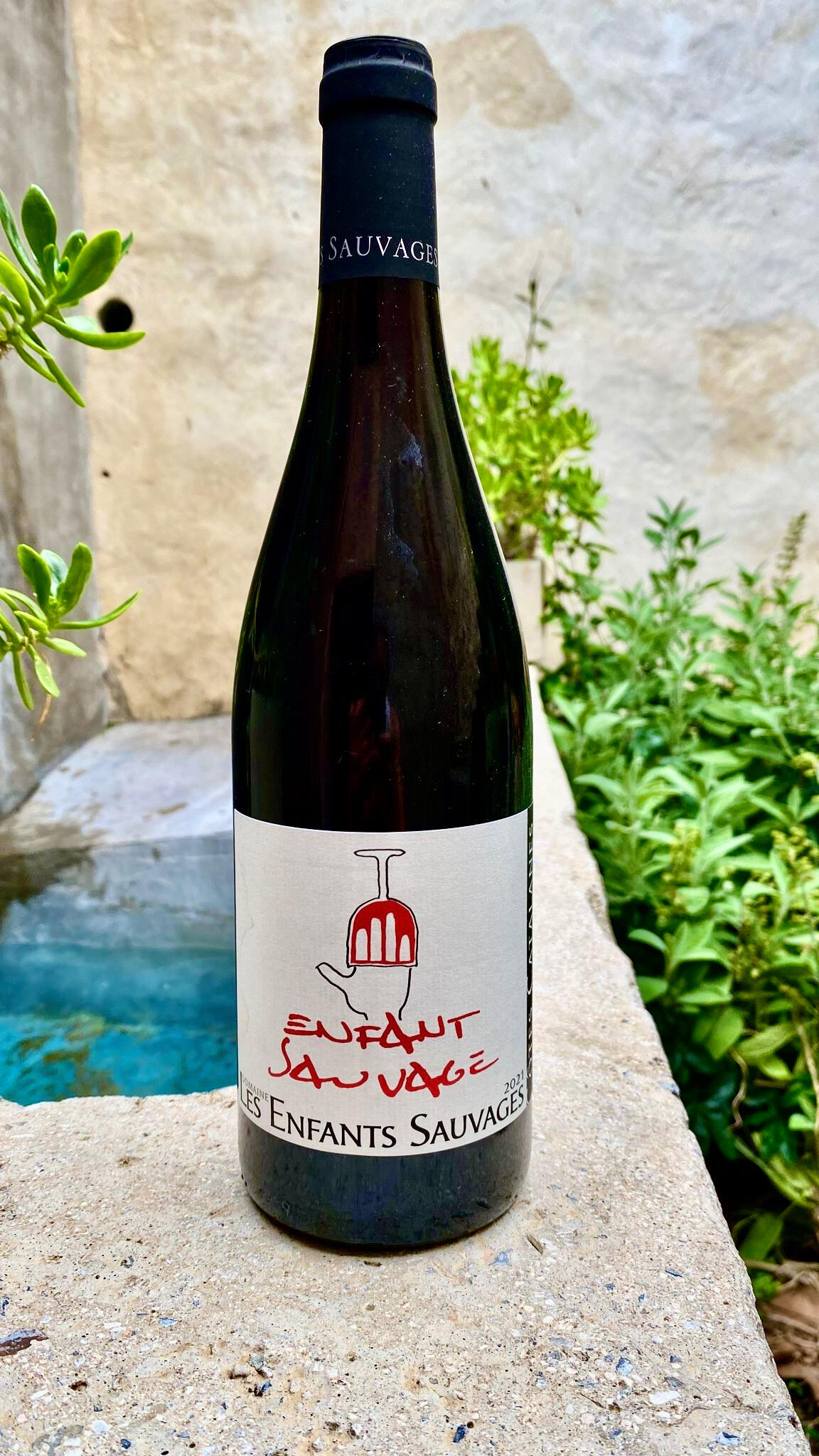
MONTLOUIS-SUR-LOIRE
Narrative
The tallest natural vigneron in the world and among the most talented. Negoce project called Exile. Special feature is Pet Nat.Lise and Bertrand Jousset created their own estate in 2004 in the heart of Montlouis-sur-Loire (20 min driving east of Tours). Bertrand was career military until 1998 when he began a two year degree at Lycée Viticole d’Ambroise followed by 4 years in the field to learn (Switzerland, Loire et Cher, Vouvray and a little bit in Montlouis). Lise’s career started in hospitality after leaving the farm that she grew up on and eventually became a sommelier.After 11 years of restaurant work, she decided to make a change with Bertrand and establish their own winery. So, no school molded these two and they were free to define their own philosophy and wine style. Neither Bertrand nor Lise had produced wine before and they did everything by instinct, feeling their way through the process based on the wines they personally liked. The choice of producing Vin Nature would seem inevitable according to their life style up to that point. After visiting Lapierre, Overnoy and the Bretons, their impulse towards producing natural wines was reinforced. They do not have any mentor, any example to follow.However, there are many vignerons they admire and who inspire them. The Chenins from Richard Leroy, the reds of Sebastien David and Nicolas Reau, also Yvonne Hegoburu. They are not pretentious, quite the opposite; they produce their wine for pleasure alone. For Lise & Bertrand the main idea behind the wine is to share it, to connect with people and to transfer their love to the person lucky enough to enjoy it. This is why they are traveling often: to share their bottles with a diversity of people and enjoy the pleasure of meeting like-spirited people! For the past 5 years they had some disasters with the frost.Indeed, they lost up to 70% of their production one vintage. To be able to survive they had to find a solution and this is how the Exile project started. The idea of this project was to source grapes from friends that were on the same page when it came to wine growing. That new direction allowed them to branch out to other regions and work with varieties they were not used to. They saw it as an opportunity to discover new terroirs while still producing wines in their own style. Today they run 11 hectares in Montlouis and Tourraine: nine ha. of Chenin, one ha. of Chardonnay and one ha. of Gamay/Grolleau. Those 11 ha. are divided into 27 plots mostly based on the typical tuffeau stone.Their vineyard is quite old with an average yield of 30HL/ha. Half of their vines are 60 years old and more while the other half is around 50 year old on average. Everything is picked by hand, even their négoce brand “Exilé” where they dictate the majority of the methods. Their philosophy is to be as close as possible to the raw material: the grape. Therefore, they minimize intervention and manipulation. This means no yeast addition, no chaptalization, no acidification, no enzymes added even for difficult vintage. The chemistry of modern oenology is a red line they will never cross, they don’t even want to consider it. This is why the most important part of the work will always be performed in the vineyard.
Wines
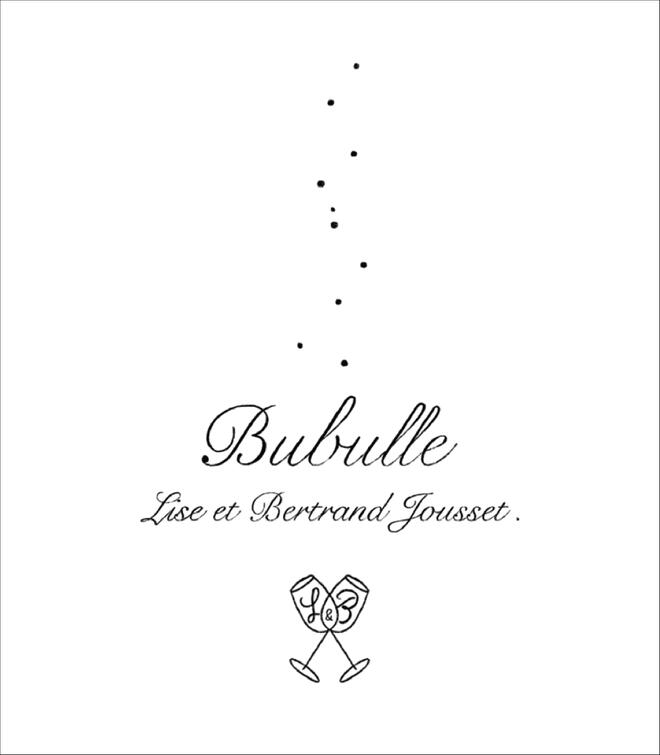
MONTLOUIS-SUR-LOIRE
"Bubulle" Pet-Nat
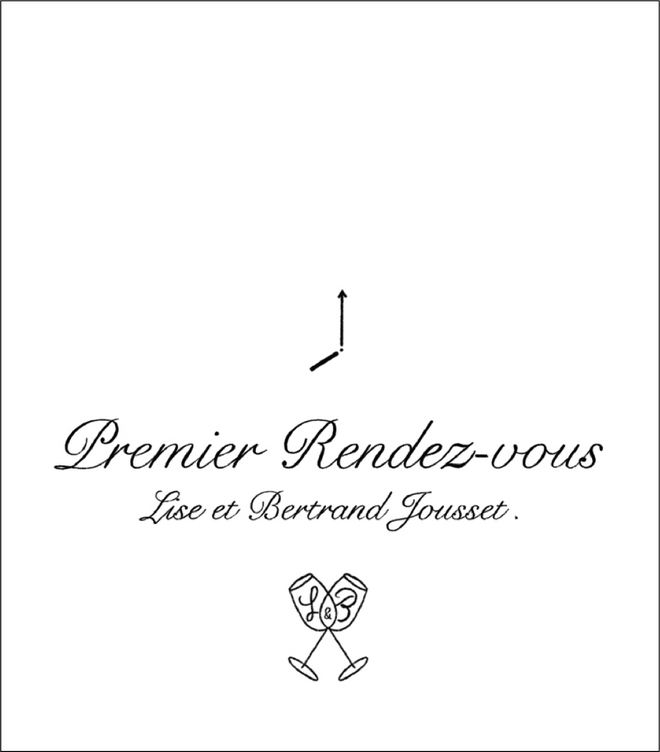
MONTLOUIS-SUR-LOIRE
"Premier Rendez-vous"
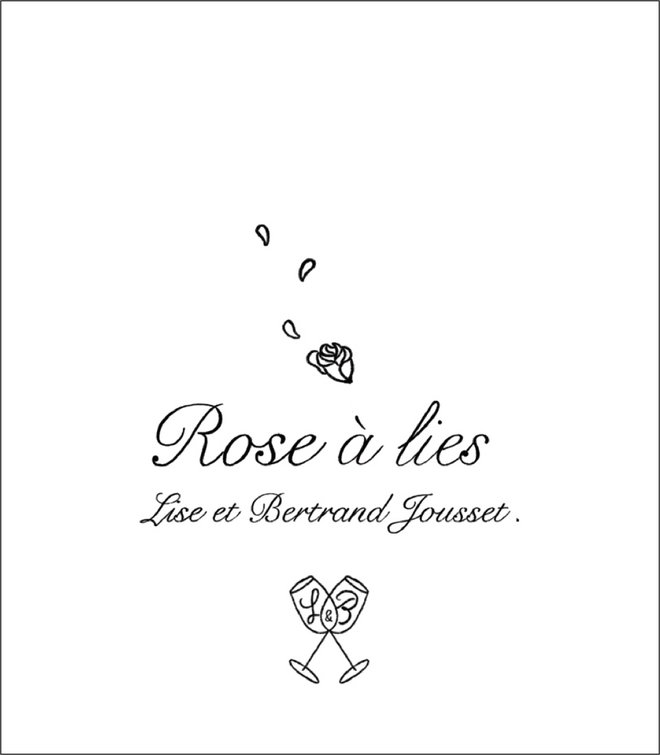
Vin de France
"Rose à Lies" PET-NAT
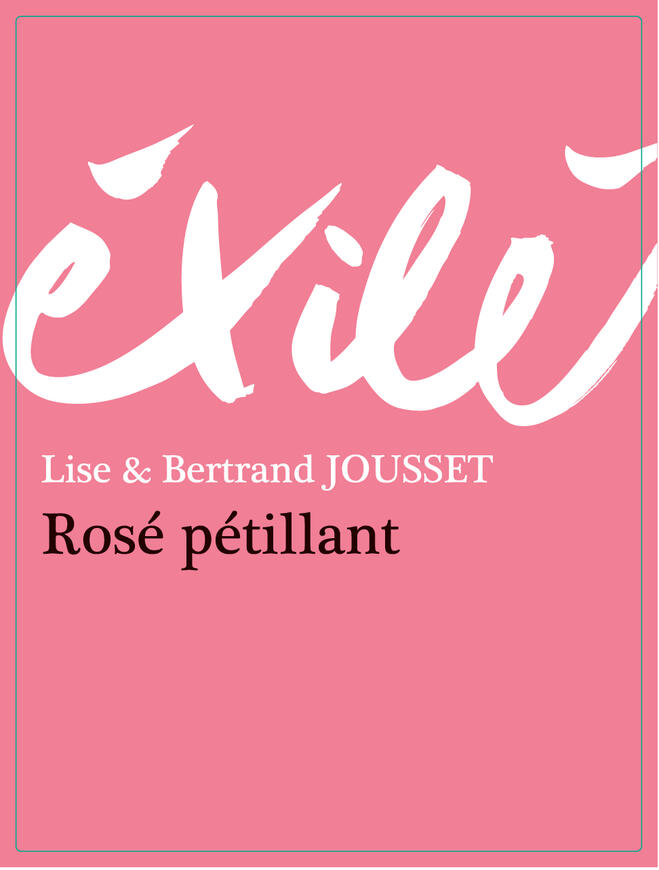
EXILÉ ROSÉ
PET-NAT
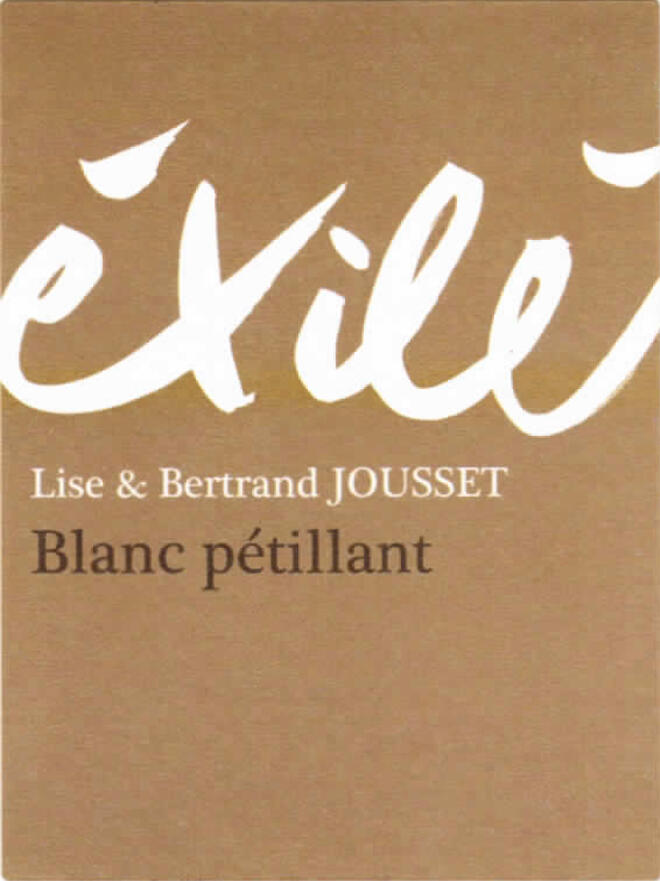
EXILÉ BLANC
PET-NAT
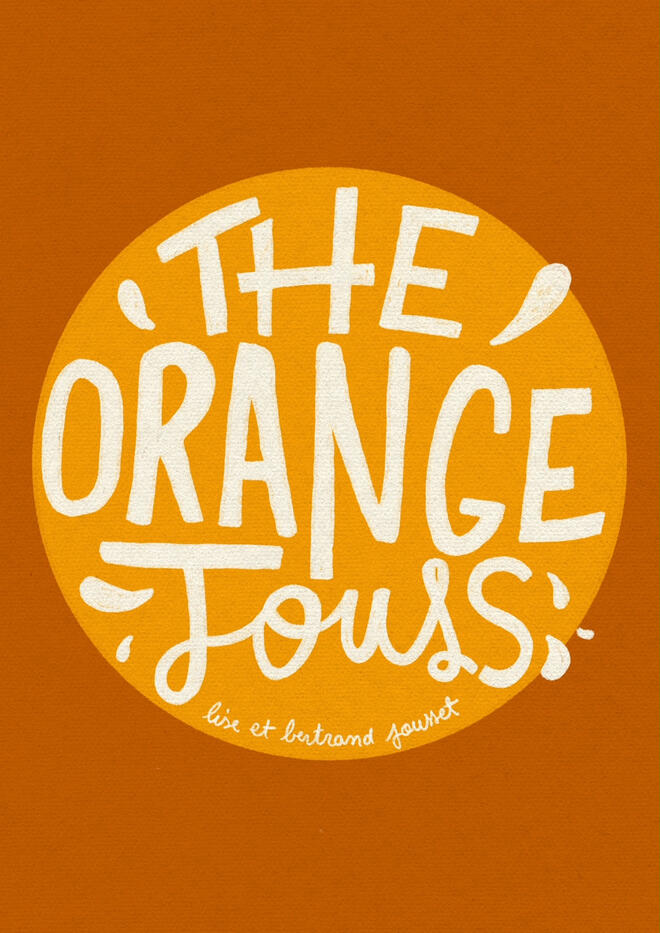
"The Orange Jouss"
Gallery
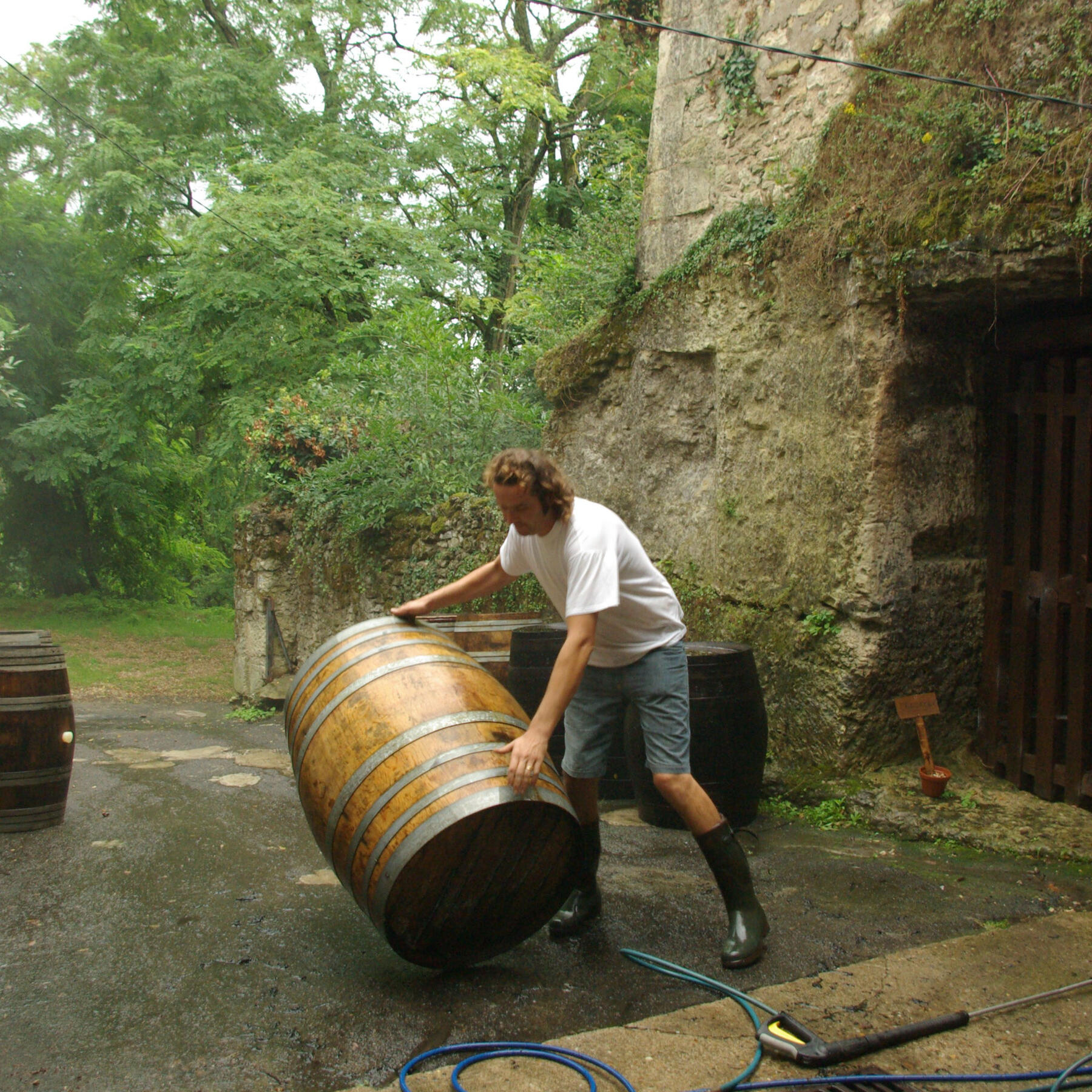
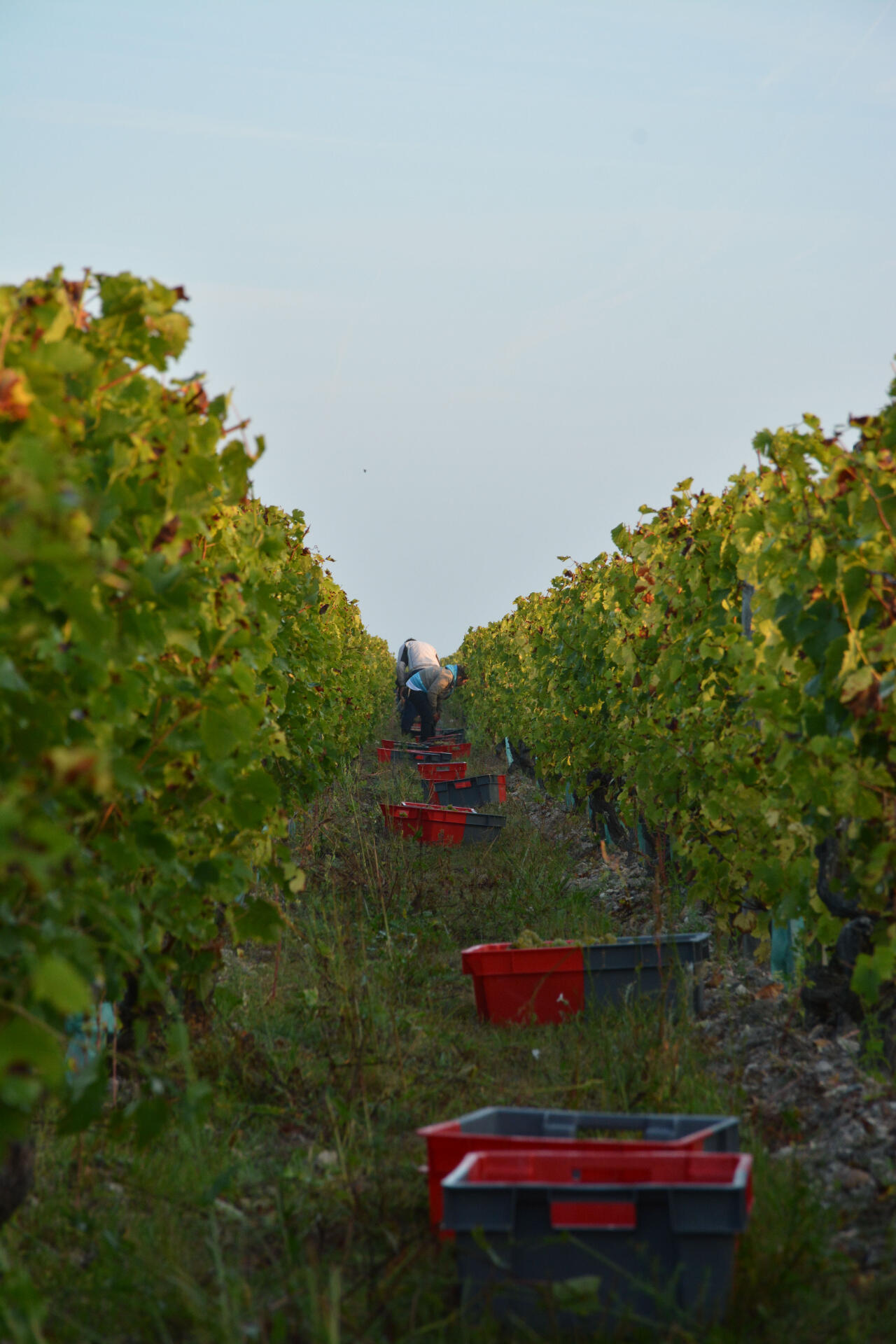
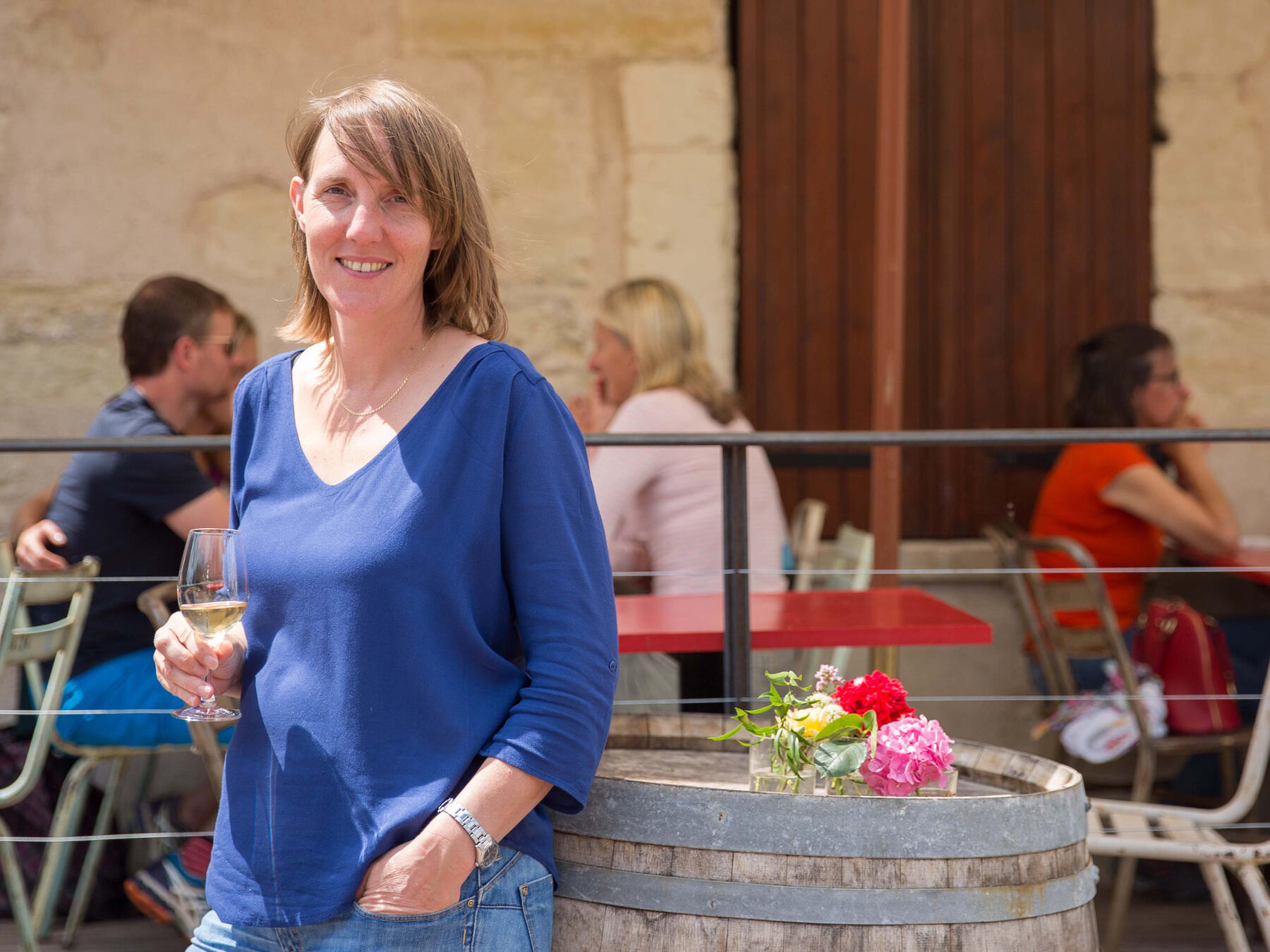
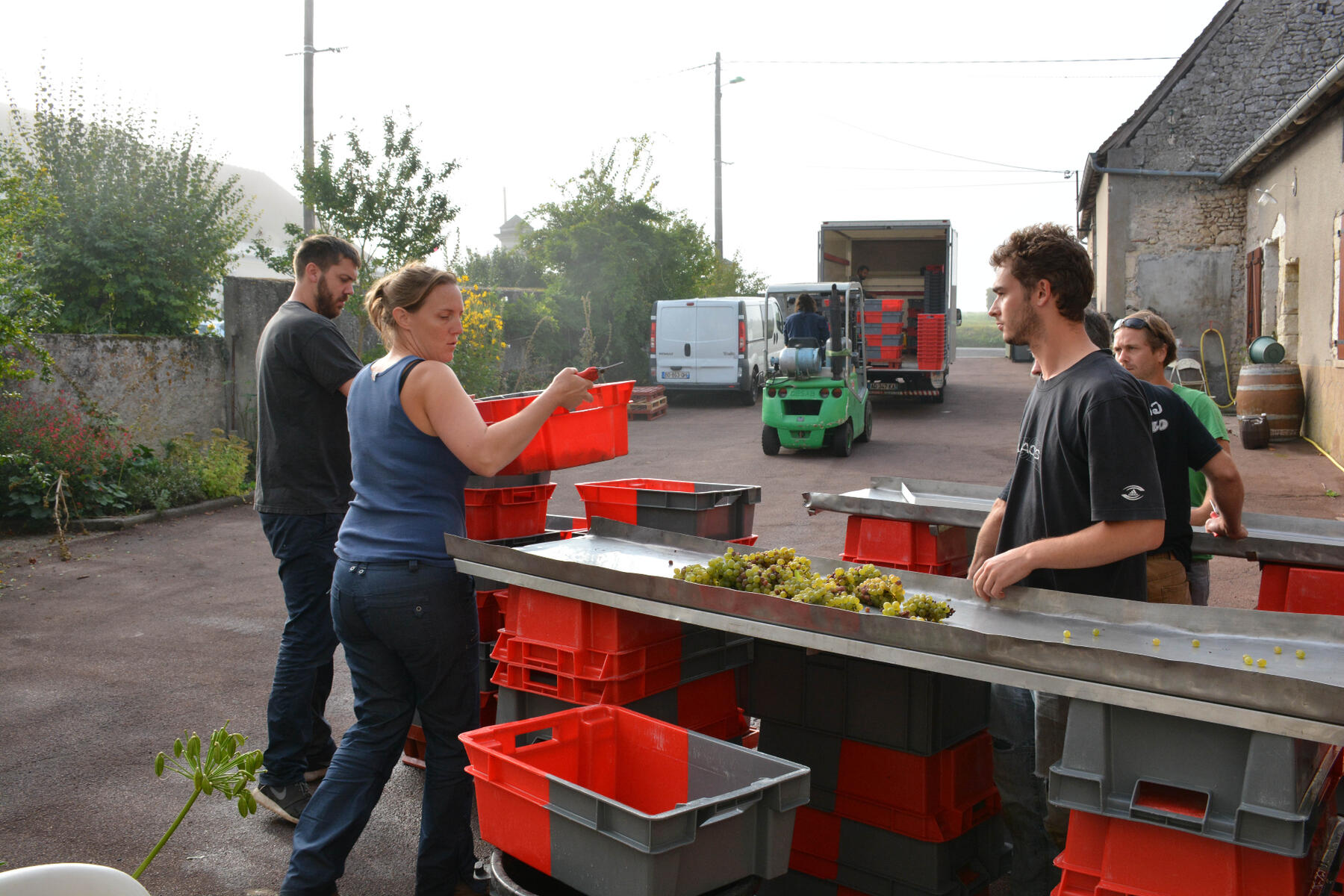
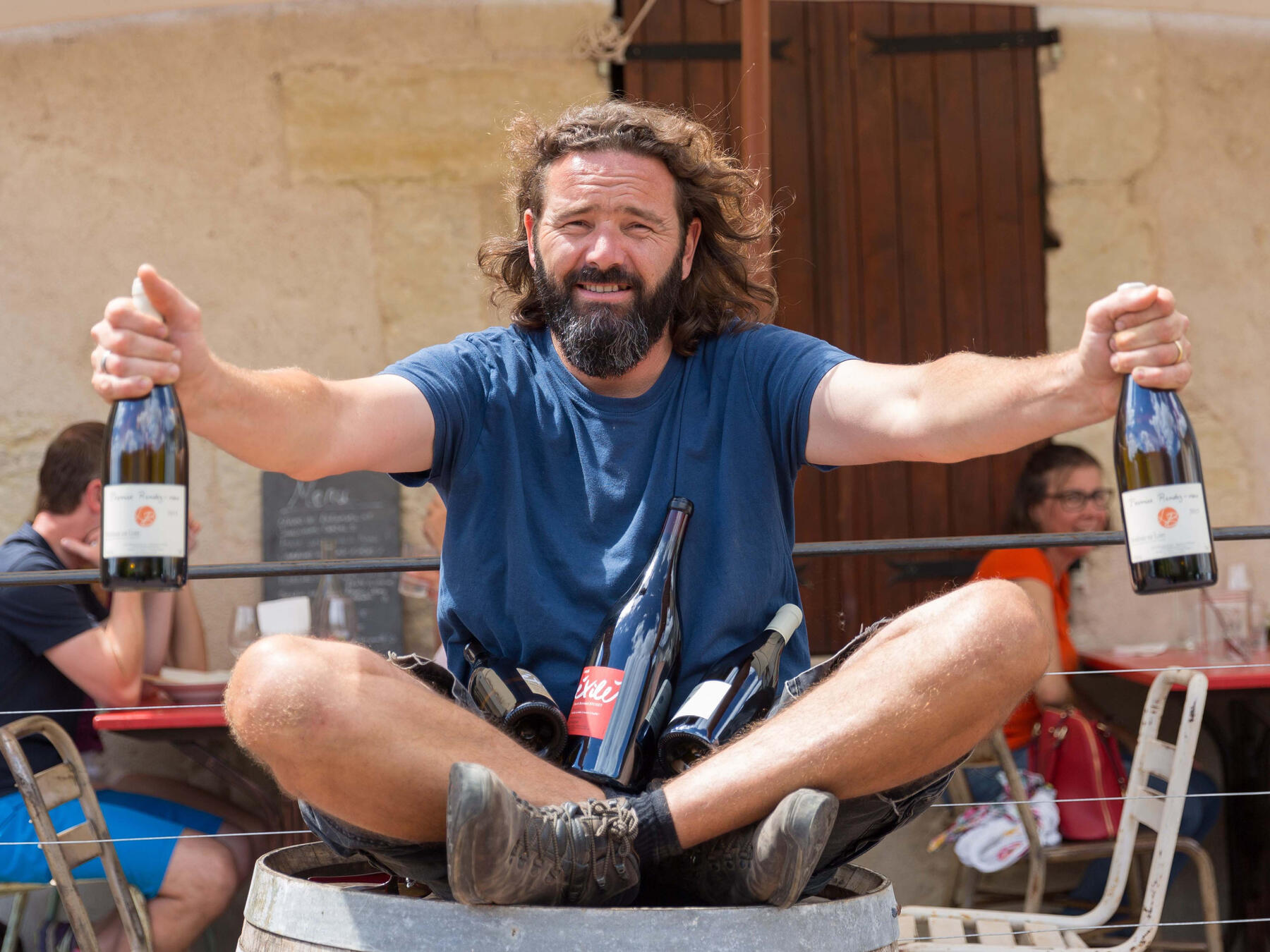
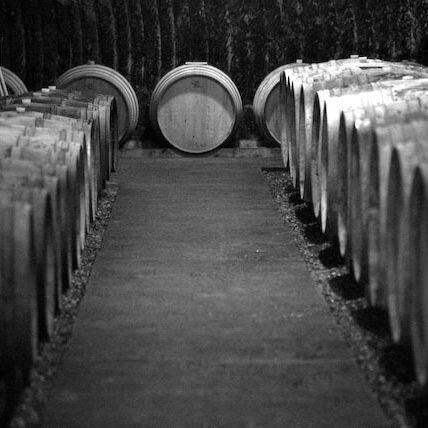
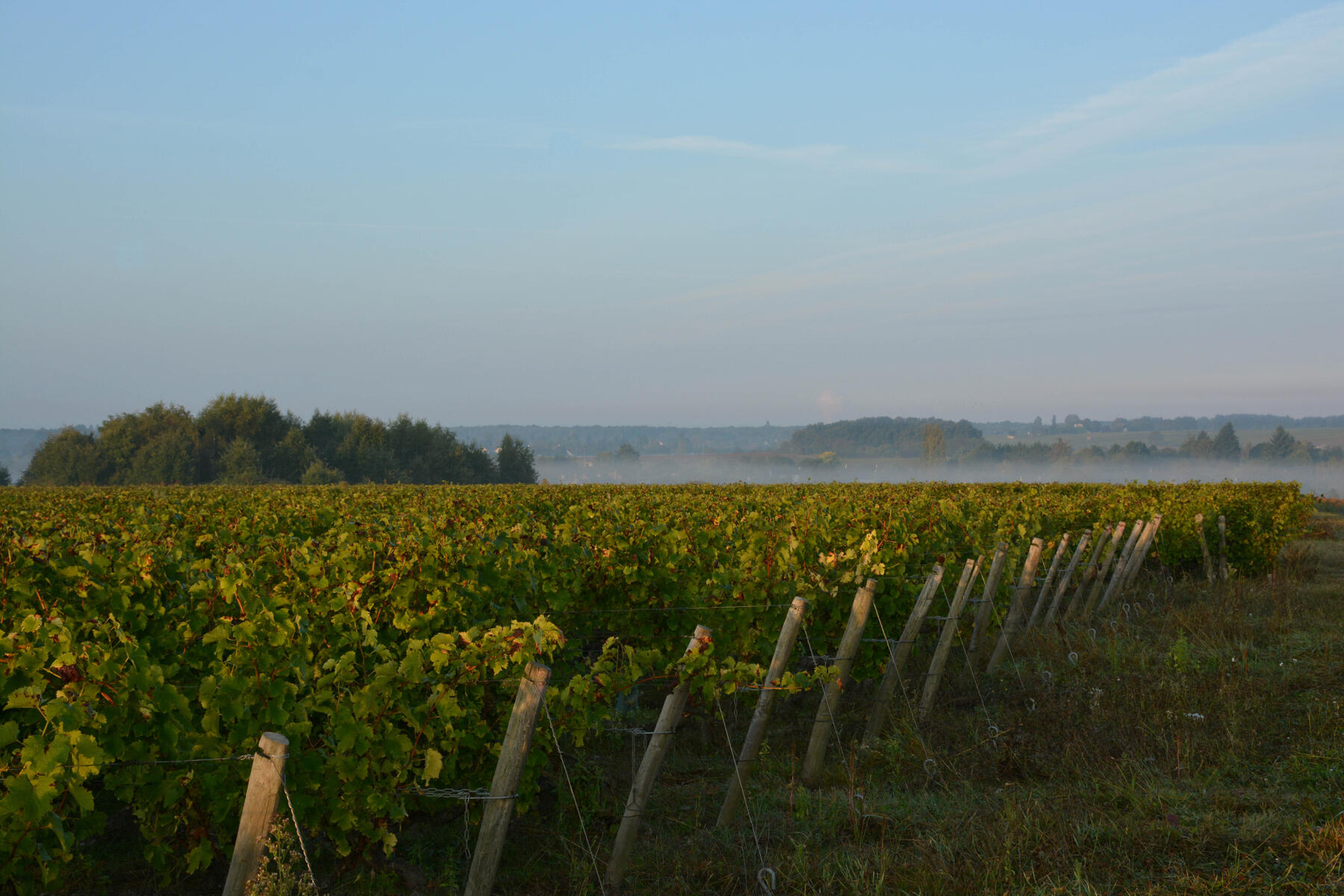
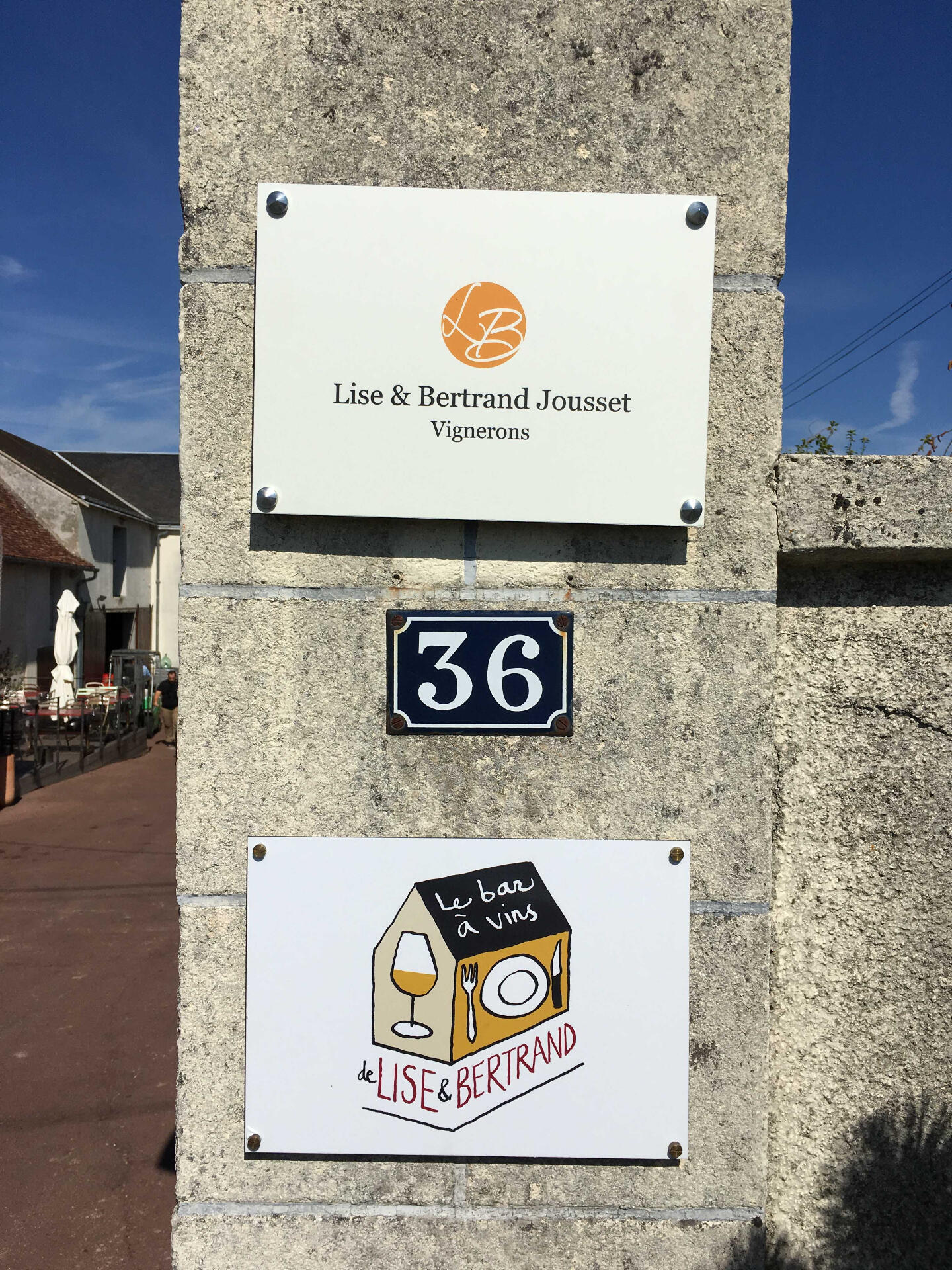
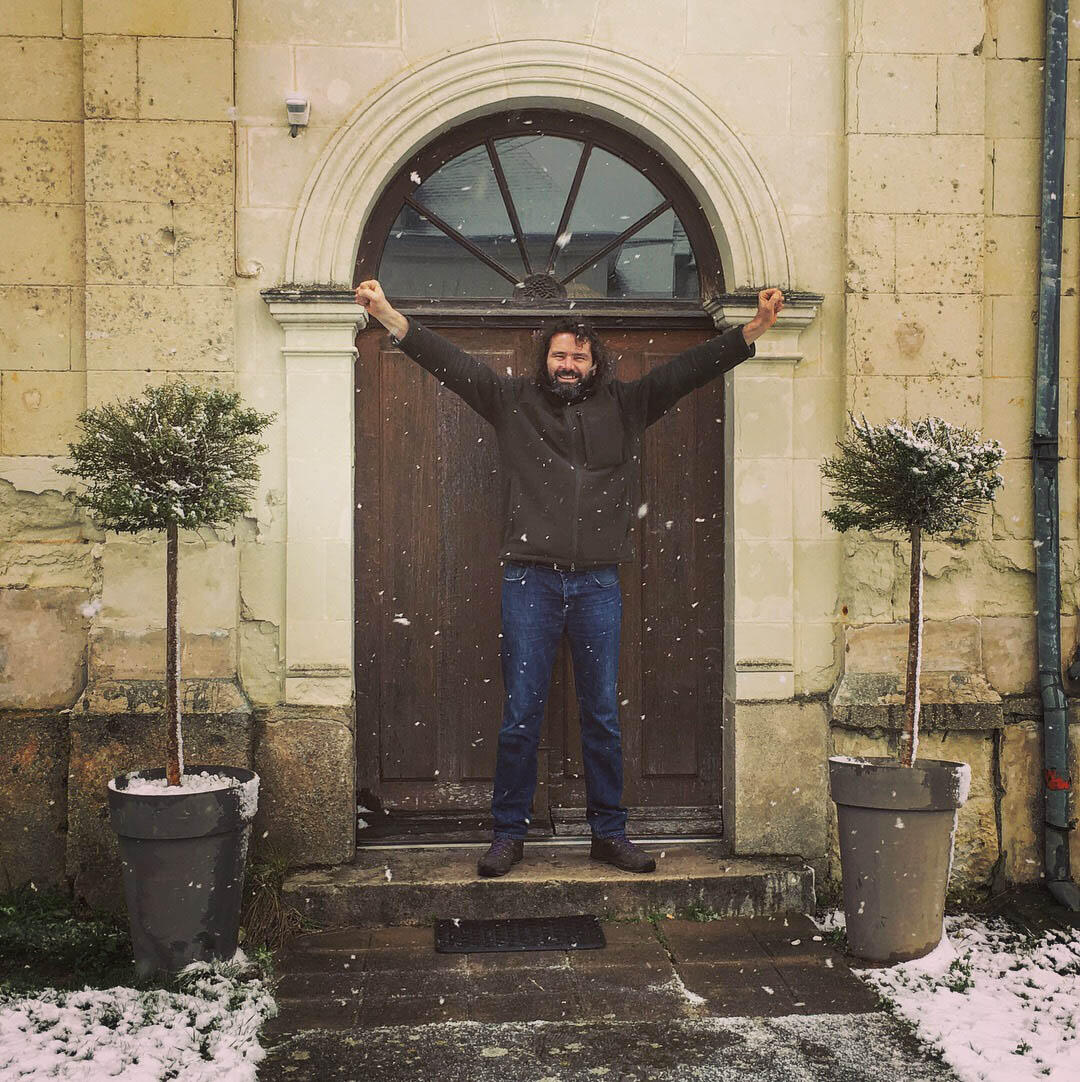
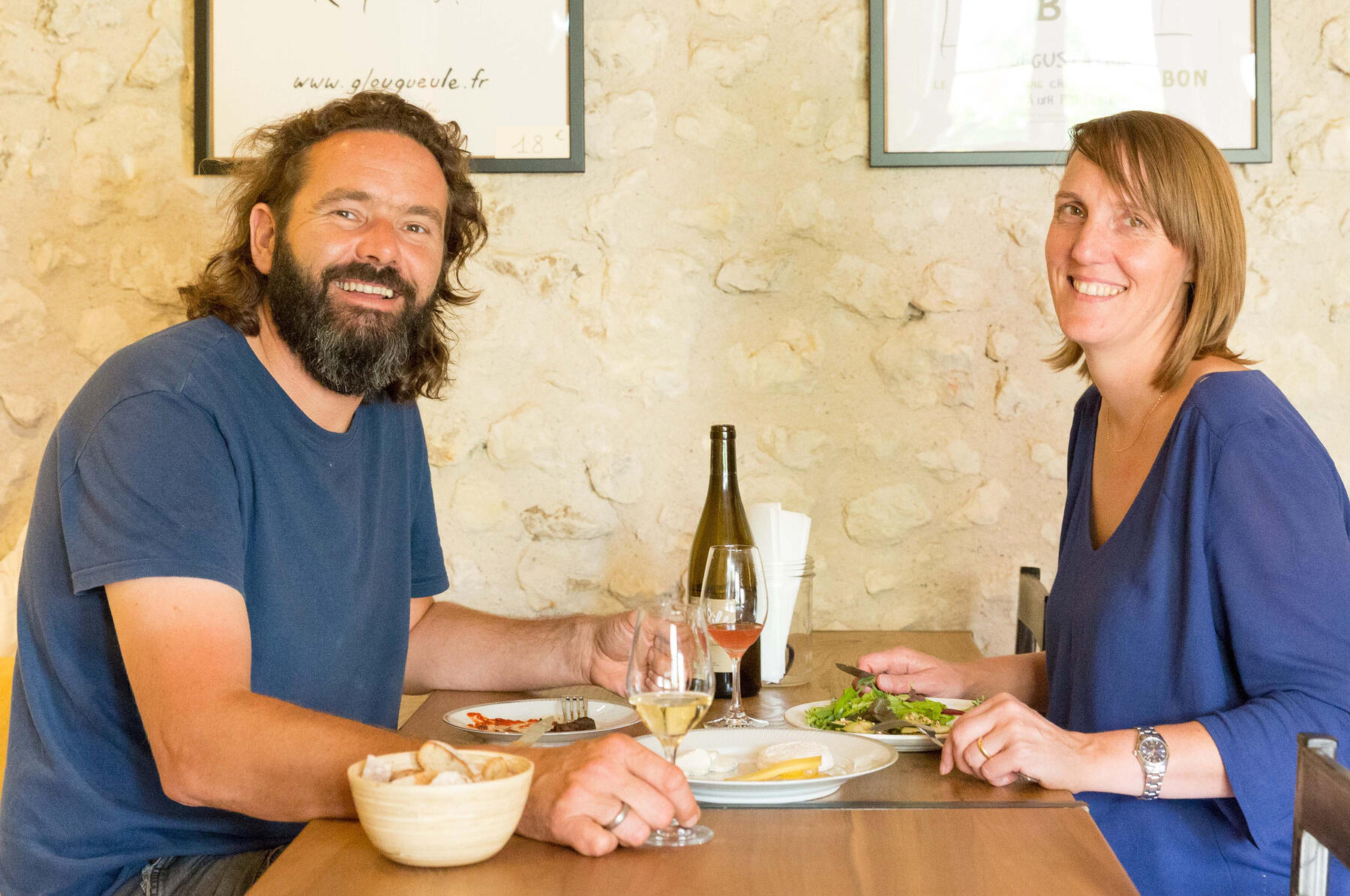
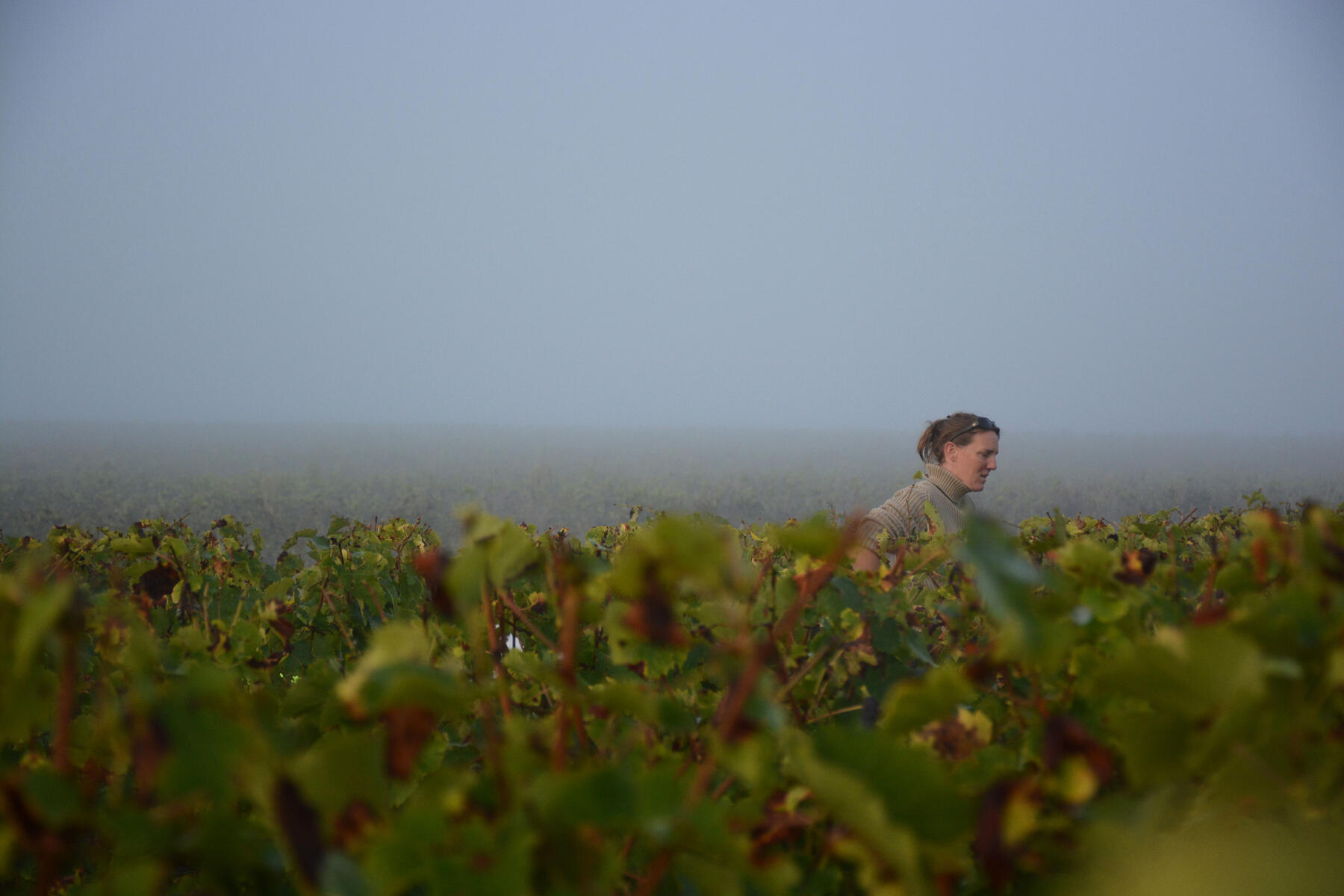
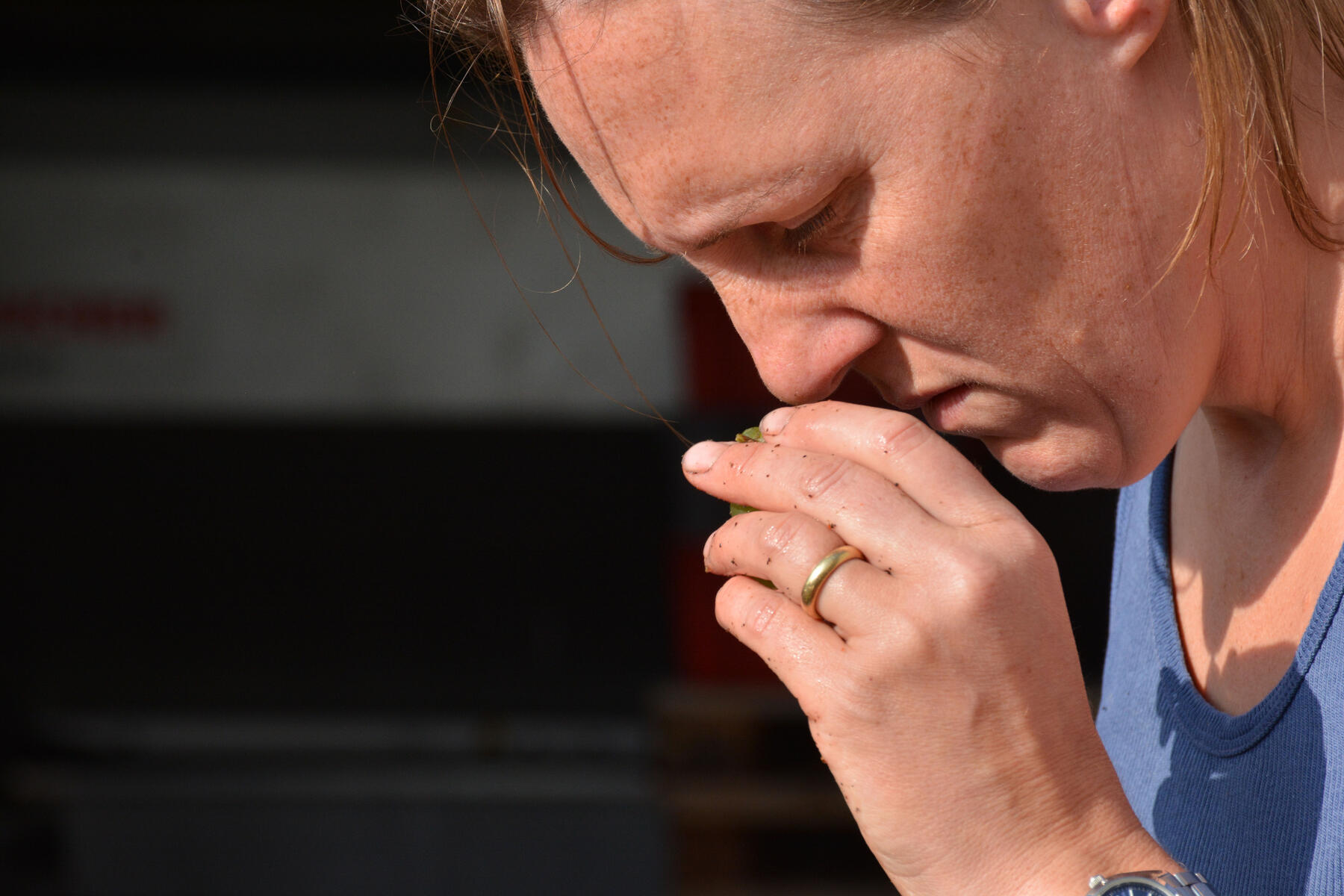
CORNAS
Narrative
Our Jerry Garcia of the Northern Rhône, biodynamic since 2001, Matthieu sits alone with his Vallée du Coulet parcels, his cement eggs and a deference to the purity of savage. His biosphere is in Cornas.Matthieu Barret was born in Aix-en-Provence in 1975 and studied viticulture in Beaune.He is the 7th generation vigneron and joined his grandfather in Cornas in 1997. Previously, his family had only been farming and selling grapes.In Beaune, Matthieu discovered immediately his proclivity with organic viticulture and with living ecosystems. Beginning with the first vintage in 2000, Matthieu worked principally in the vineyard, applying his hand with organic viticulture. Not content with his end result, in 2006 he decided to radically change his vinification process by using less barrels and replacing them with concrete eggs. His ongoing evolution and pursuit of purity and expression continue to dominate his chais.In 2012, he stopped using machines in Cornas and replaced them with mules, horses, and manual labor. He also started to create ‘green spaces’ around the farm, digging watering holes to nourish an ecosystem with a diversity of species. ie: vines and the forest, meadows and woodlands.According to Matthieu, the plant is happier in a wild environment rather than in a desert comprised of only vines. This diversity brings a distinct identity to his grapes; when the vineyard biome is treated with respect, he says, this balance is easier to maintain.Matthieu owns 11 ha in Cornas with of the total 150 ha in the AOP, including his monopole ‘Vallée du Coulet’ in the northern most part of Cornas, most famous for its impossible steep grade and its exposure to Le Mistral. Le Mistral is a famous current of wind that blows from Lyon and ends in Provence. It’s a maddening wind, that keeps this vineyard spectacularly dry even in times of rain.
Wines
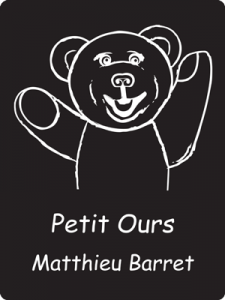
"Petit Ours"
CÔTES DU RHONE
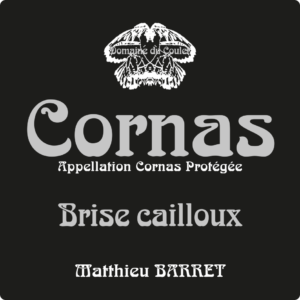
"Brise Cailloux"
CORNAS
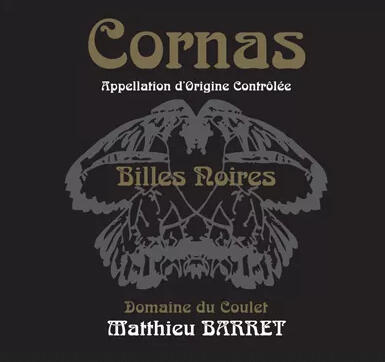
"Billes Noires"
CORNAS
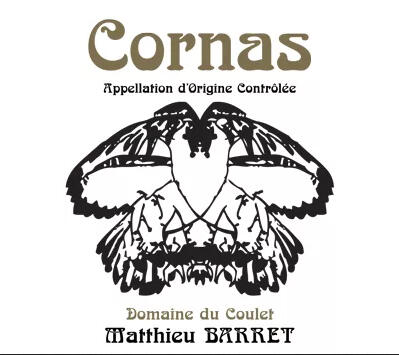
"Gore" / "Ogre"
CORNAS
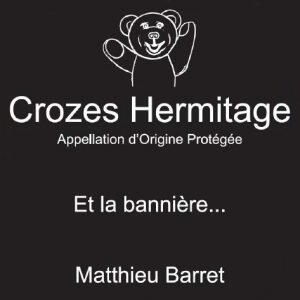
"La Bannière"
CROZES-HERMITAGE
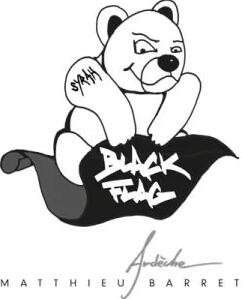
"Black Flag"
ARDÉCHE IGP
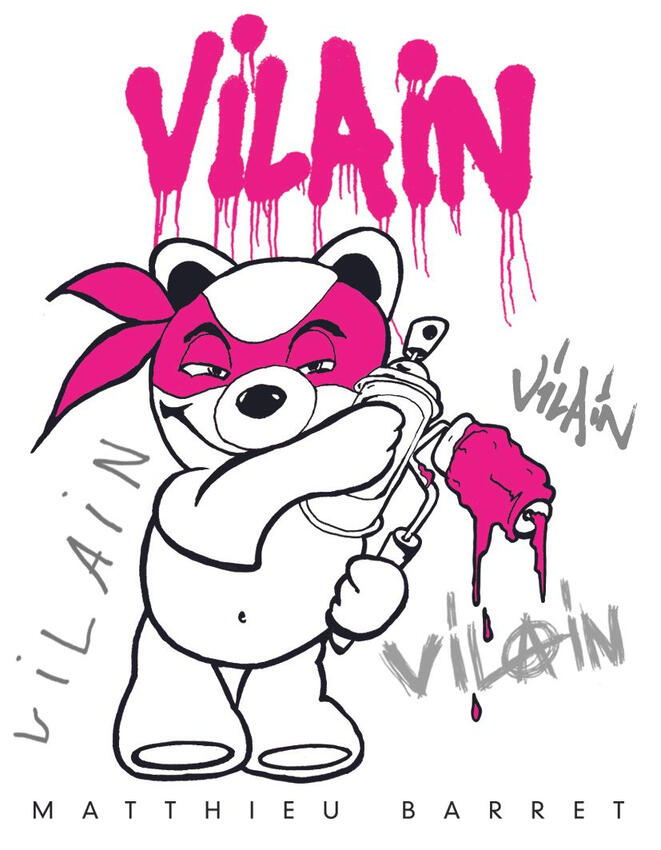
"VILAIN"
VDF
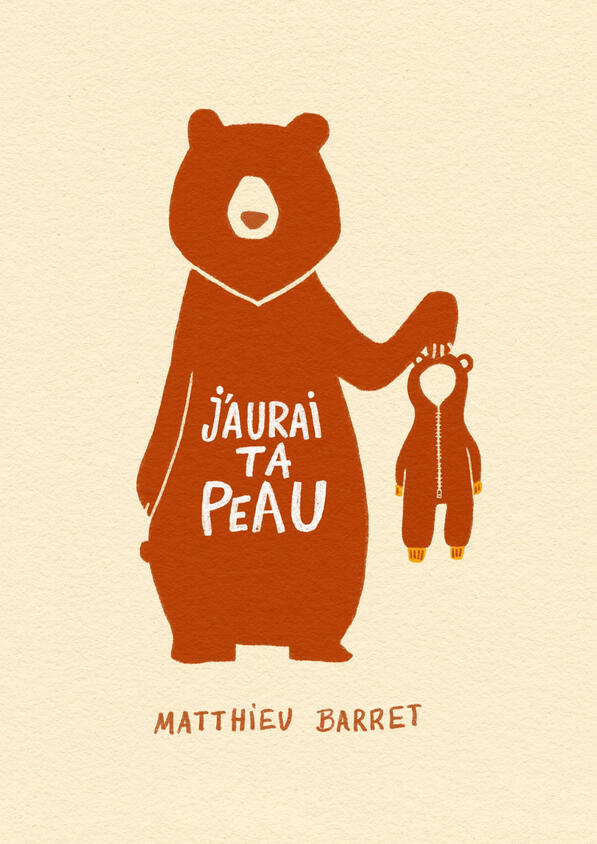
"J'aurai Ta Peau"
VDF
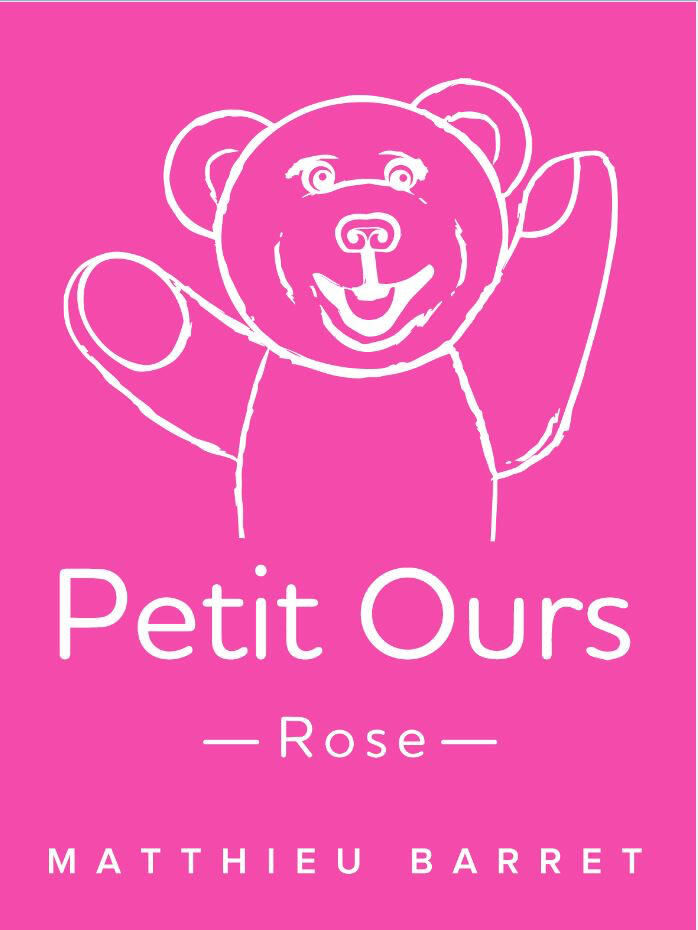
"Petit Ours"
Rosé
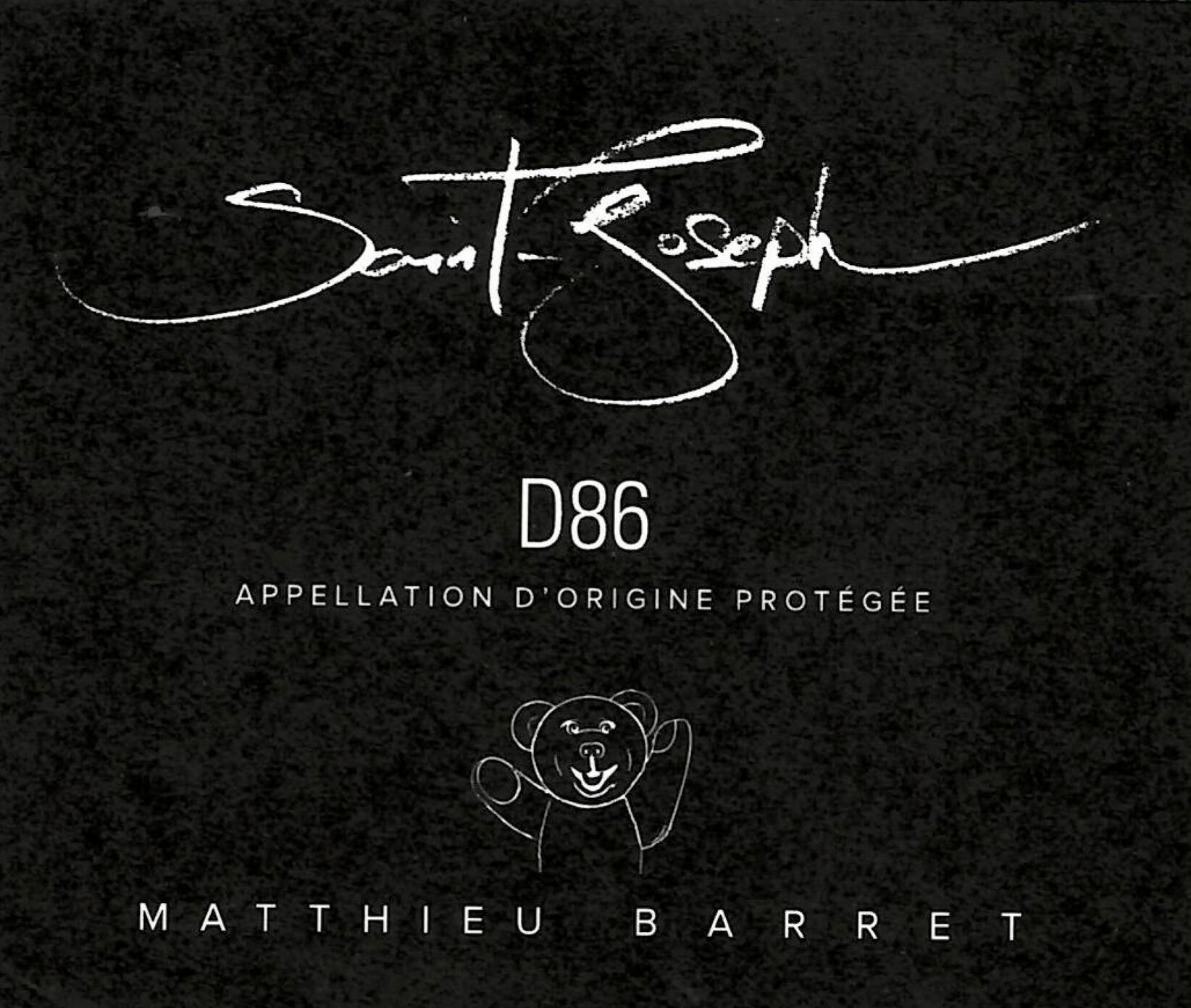
"D86"
Saint Joesph
Gallery
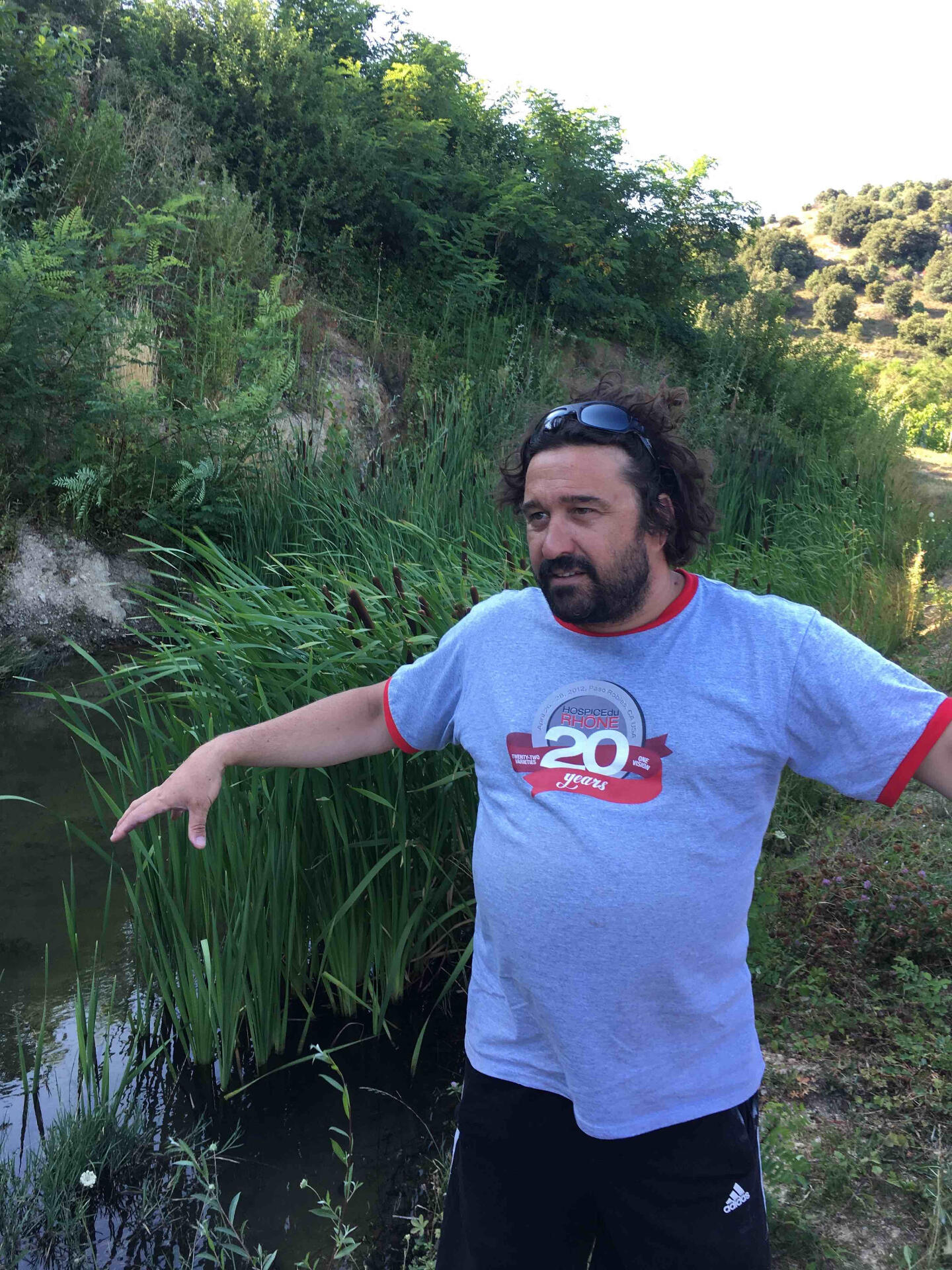
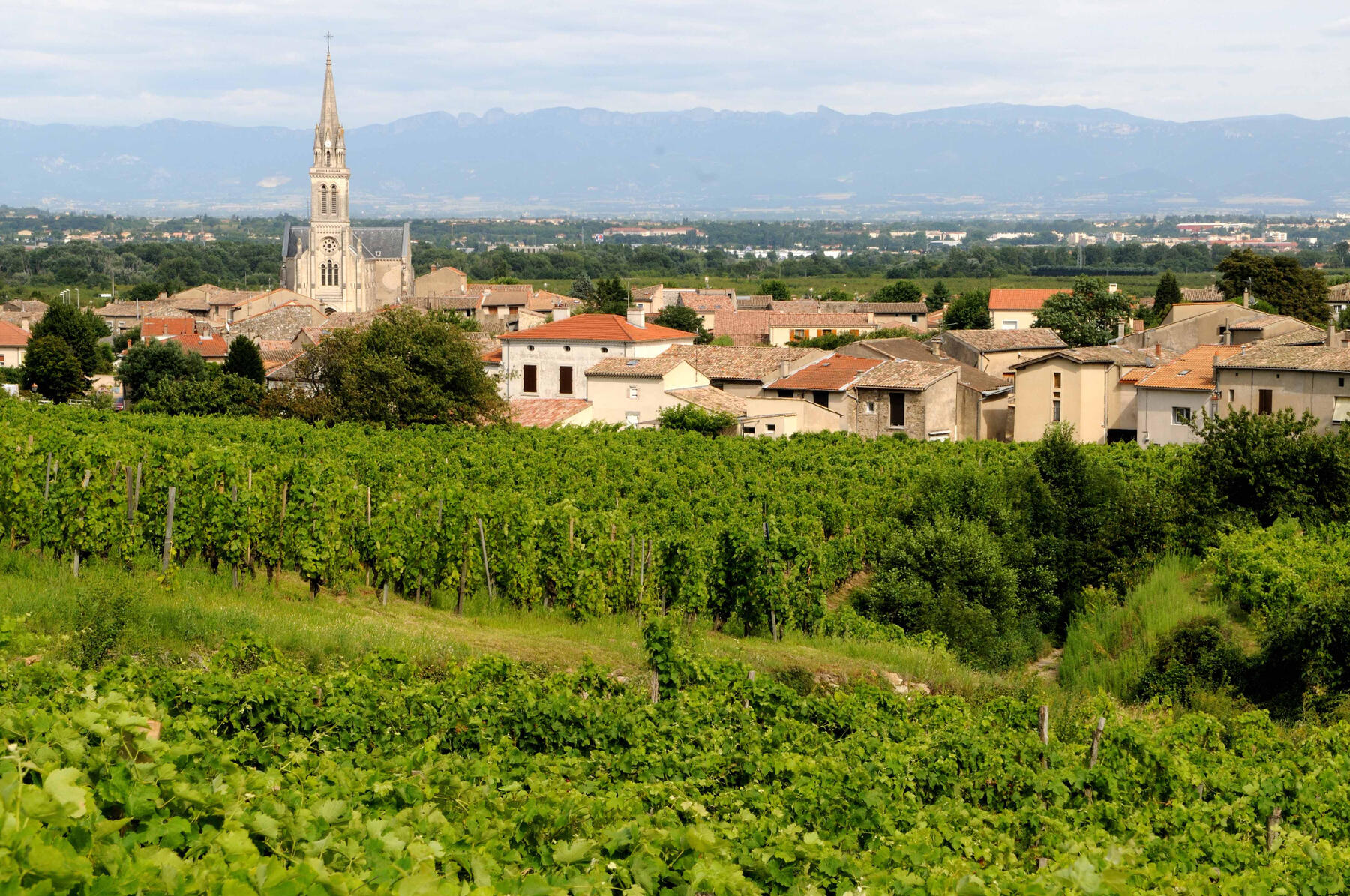
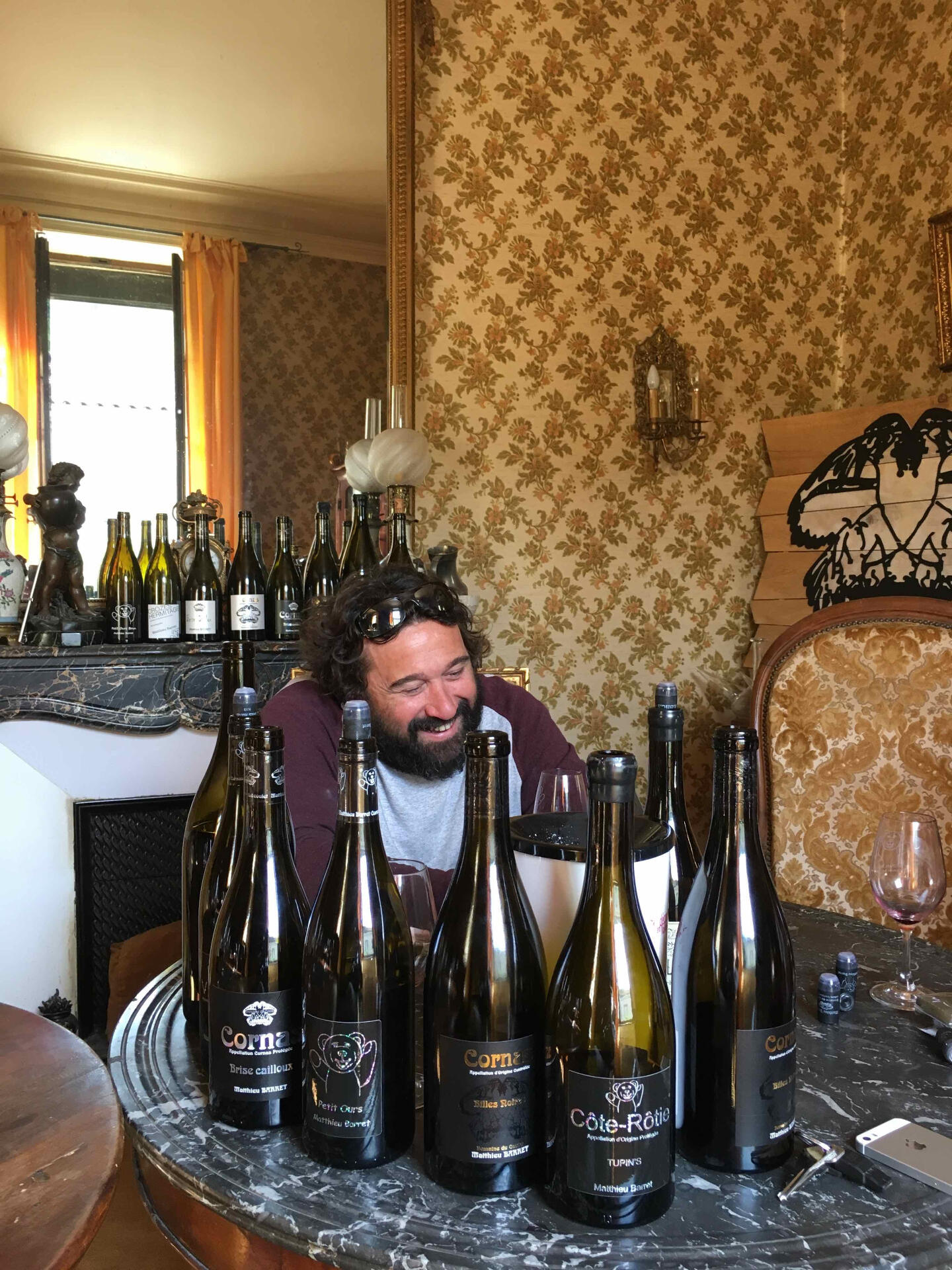
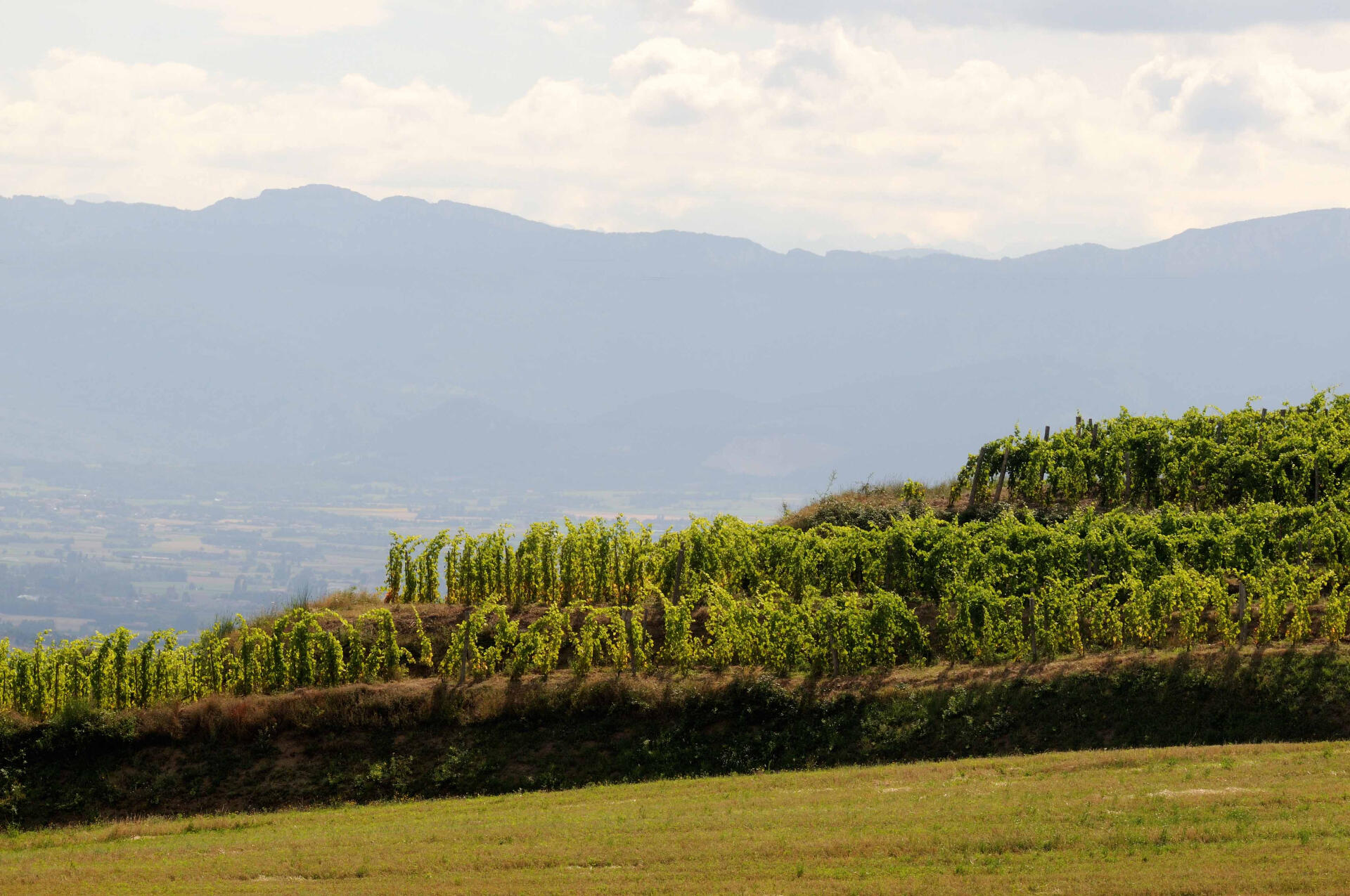
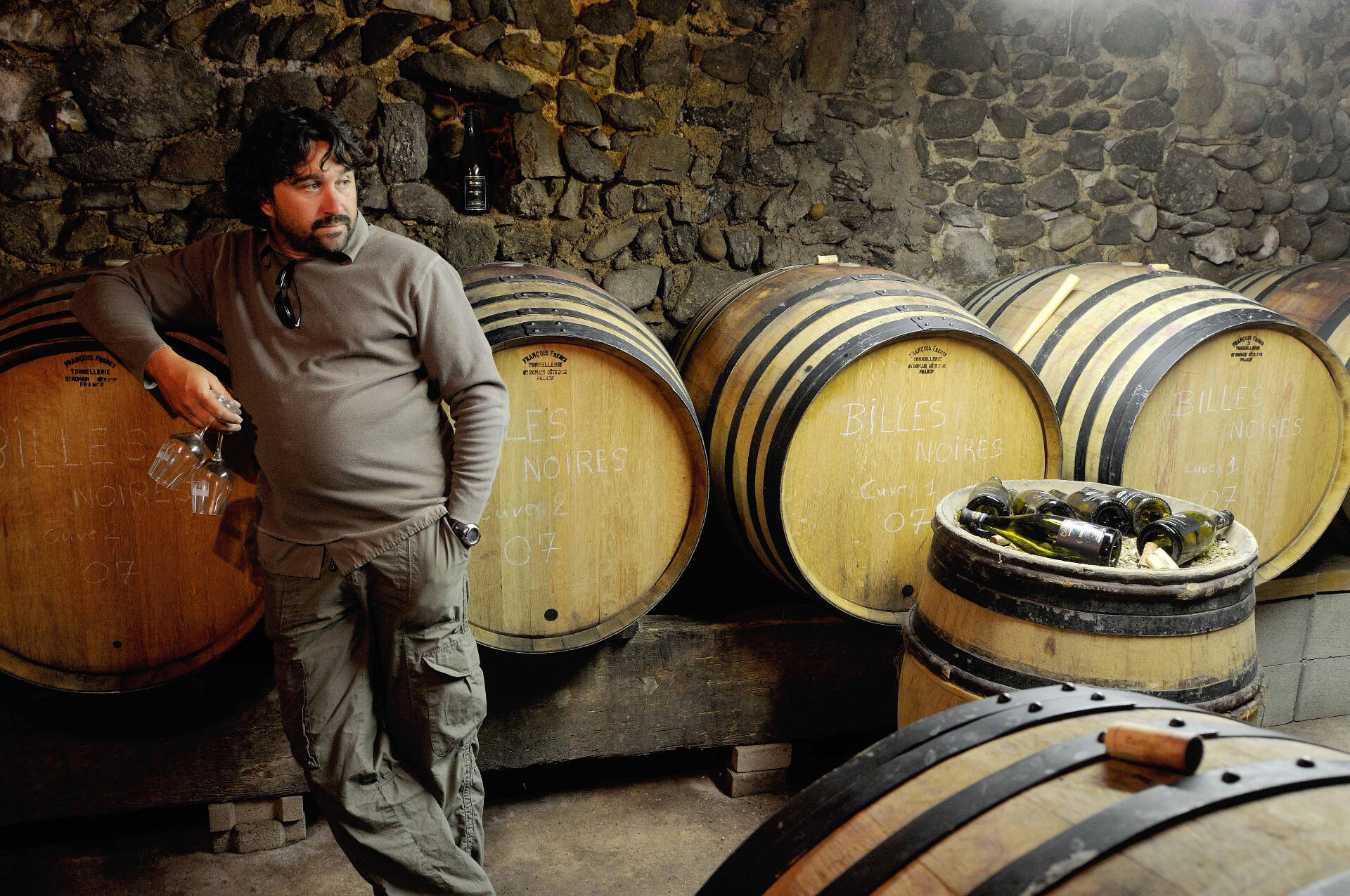
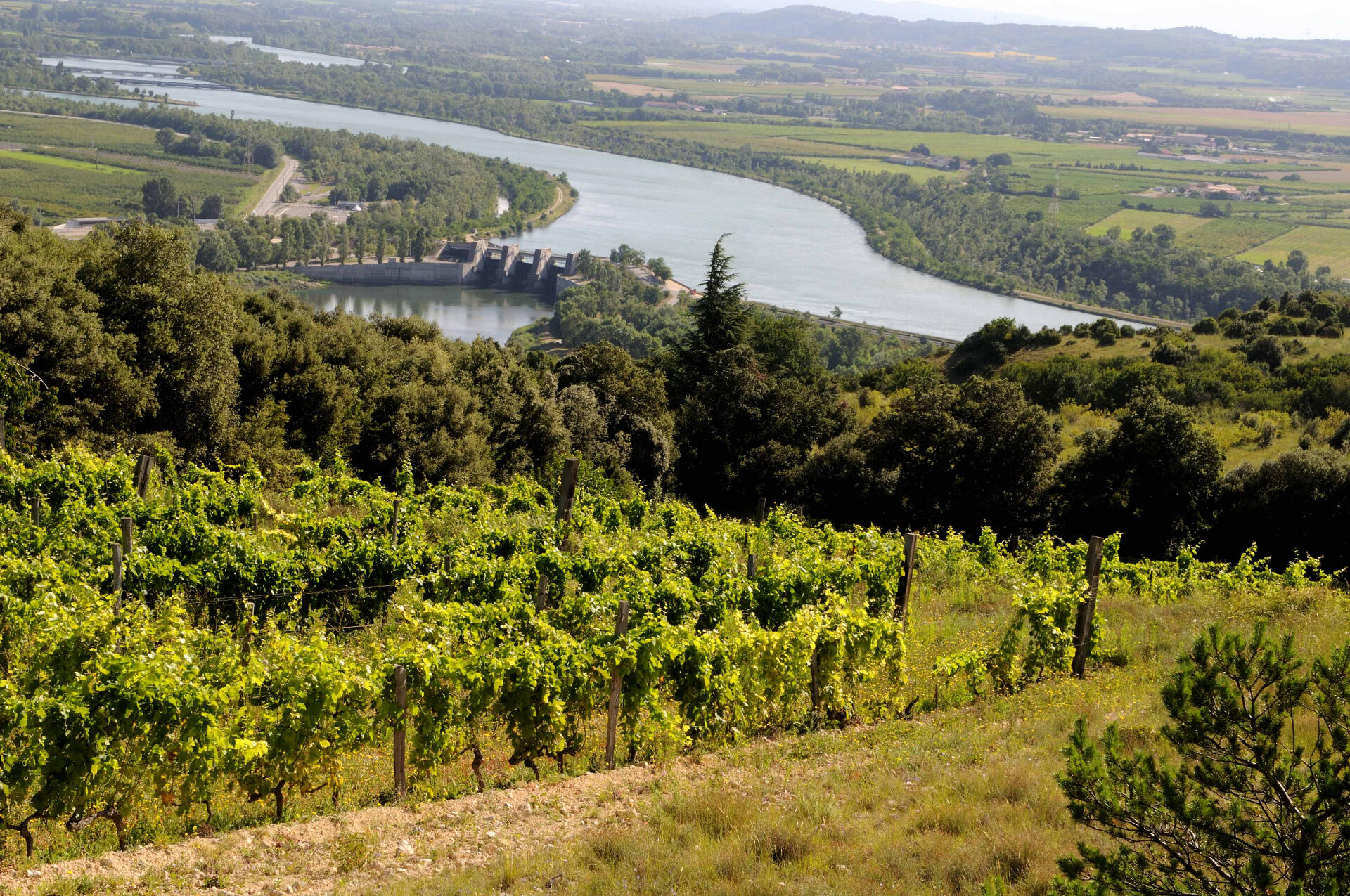
ANJOU
Narrative
Apprenticed with grandfather’s agriculture and truffle affairs since 2nd grade.With his wife Sylvie Augereau, creator of La Dive, he’s our Vincent Van Gogh of vin natural.Nicolas Reau’s love of wine started when he was eight years old and his grandfather was sneaking him small glasses of red wine while his grandmother had her back turned. Young Nicolas went on to train to be a professional pianist and didn’t consider wine as a potential career path. He thought it was impossible to become a producer if you do not come from a vigneron family. However in 1994, Nicolas saw an advertisement in the school newspaper about a professional degree in viticulture and oenology and he decided to step away from his piano to finally begin an adventure in wine.In 1998 Nicolas Reau took over an estate of 28 ha. In 2001—after three years of analysis, observation and putting his education into action—Nicolas decided to get rid of 23 hectares and only kept five of the best hectares surrounded by a wall. Those five hectares represent the Clos des Treilles (his DBA name). Two additional hectares were replanted bringing the total area to 7 hectares. In 2002 Nicolas made his first vintage, with natural yeast and minimal intervention from the start.In 2005 Nicolas met someone who changed his future: Sylvie Augereau, the Famous French wine writer and the future herald of natural wines. Today Augereau is the organizer of La Dive Bouteille and is also Nicolas’ wife. Nicolas Reau was quickly welcomed into this growing network of natural wine pioneers (including Marcel Lapierre, Yvon Métras, JF Ganevat, etc.) and so began the latest movement in French natural wine. In 2007 he carried out his first vintage “sans soufre”, the first of a long series.Nicolas practices Biodynamics but doesn’t seek the certification. Instead his philosophy is to be guided by conscientious farming so as to produce wines that are clean, distinct and honest. To this end, Reau uses intuition to identify the 2 to 3 day window where the fruit shows phenolic maturity but still has a low potential alcohol. This window is identifiable when the fruit demonstrates the most harmony on the palate, a sensation that is almost impossible to find in vineyards manipulated by chemicals and industrial processes according to Reau. He believes that if you let the climate and vines guide the work in the vineyard, the energy of the fruit will carry through to the finished wine as long as the winemaker refrains from similar interventions in the cellar. With slight variations in ripeness of the individual berries at harvest, Reau’s wines carry a natural acidity, freshness, and personality that cannot be reproduced by any other means.
Wines
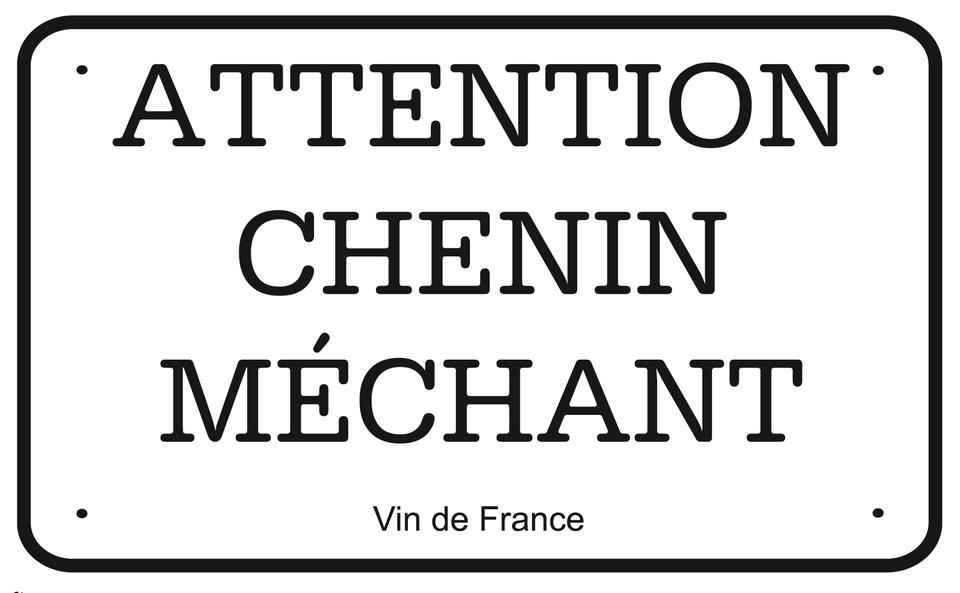
"Attention Chenin Méchant"
VDF Blanc
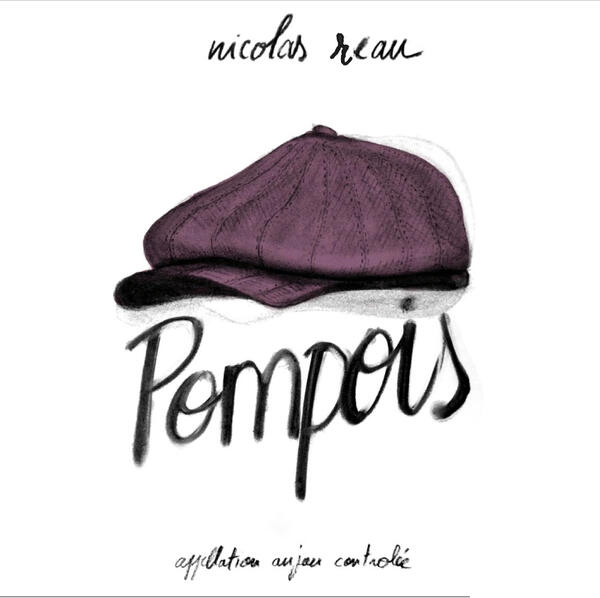
"Pompois"
Anjou Rouge
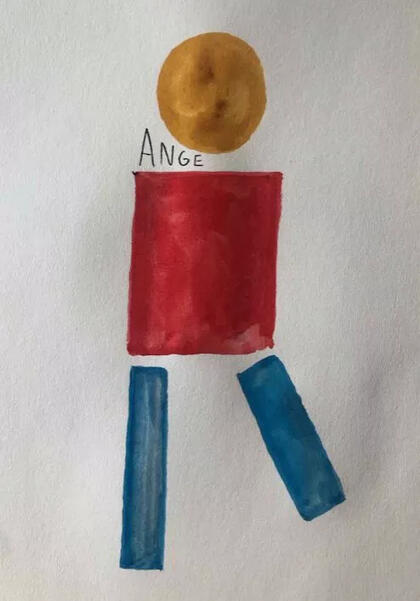
"Ange"
Anjou Rouge
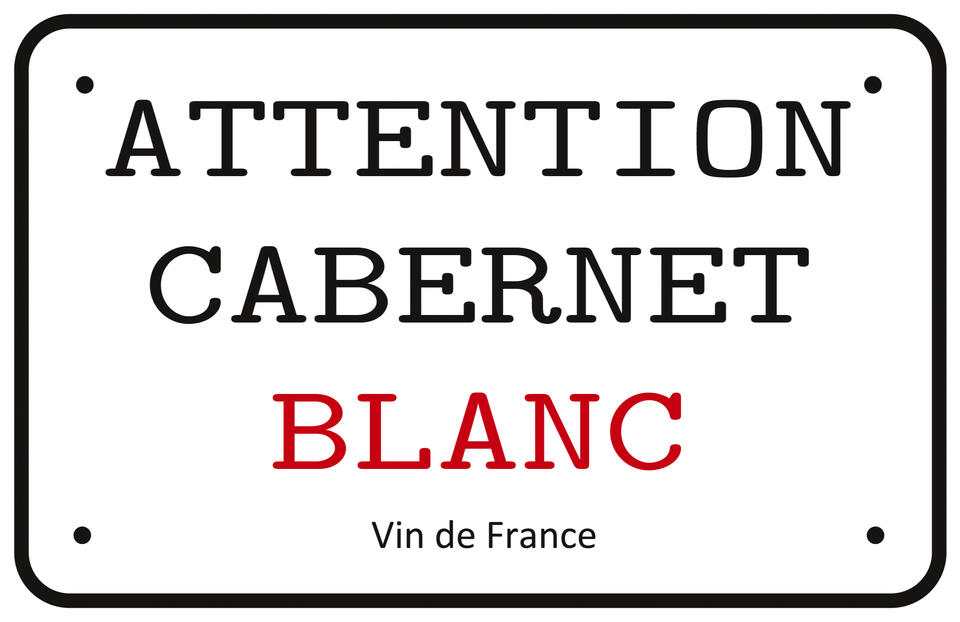
"Attention Cabernet Blanc"
VDF Blanc
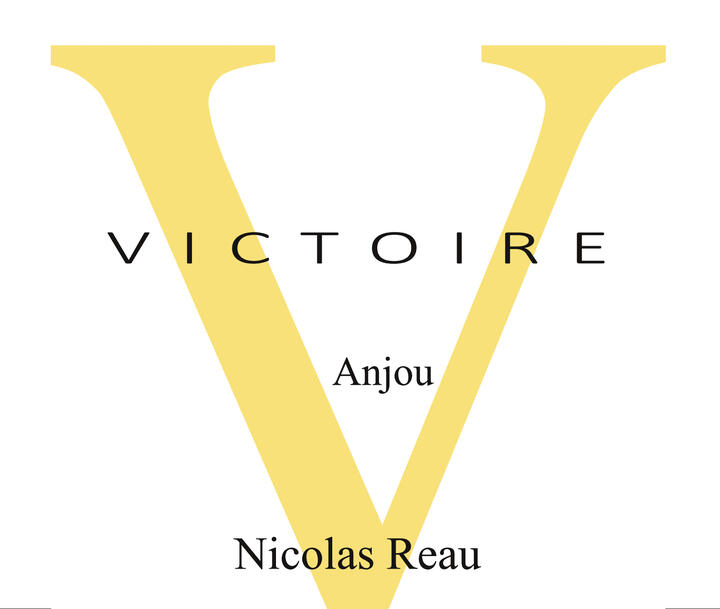
"Victoire"
Anjou Blanc
Gallery
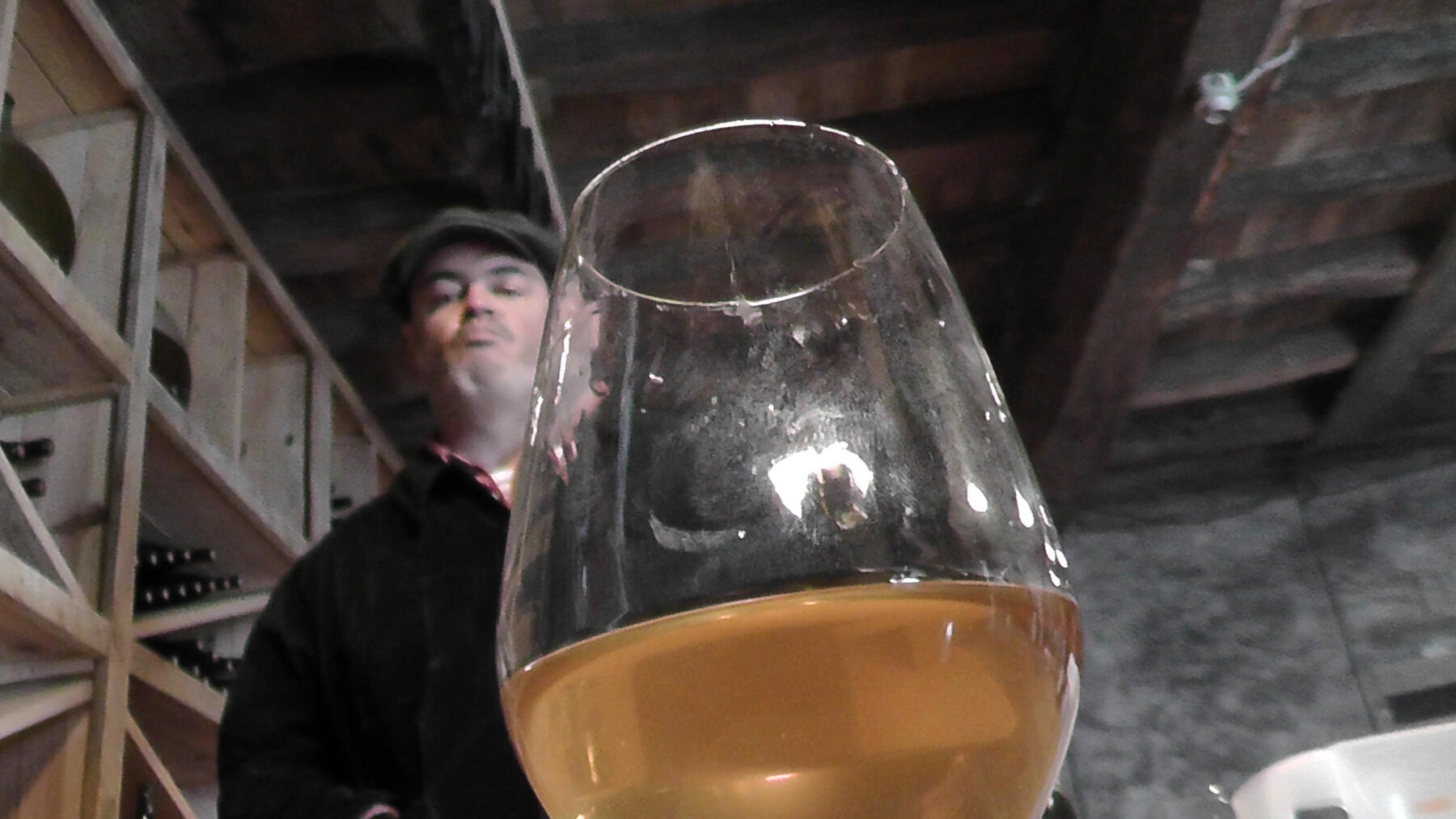
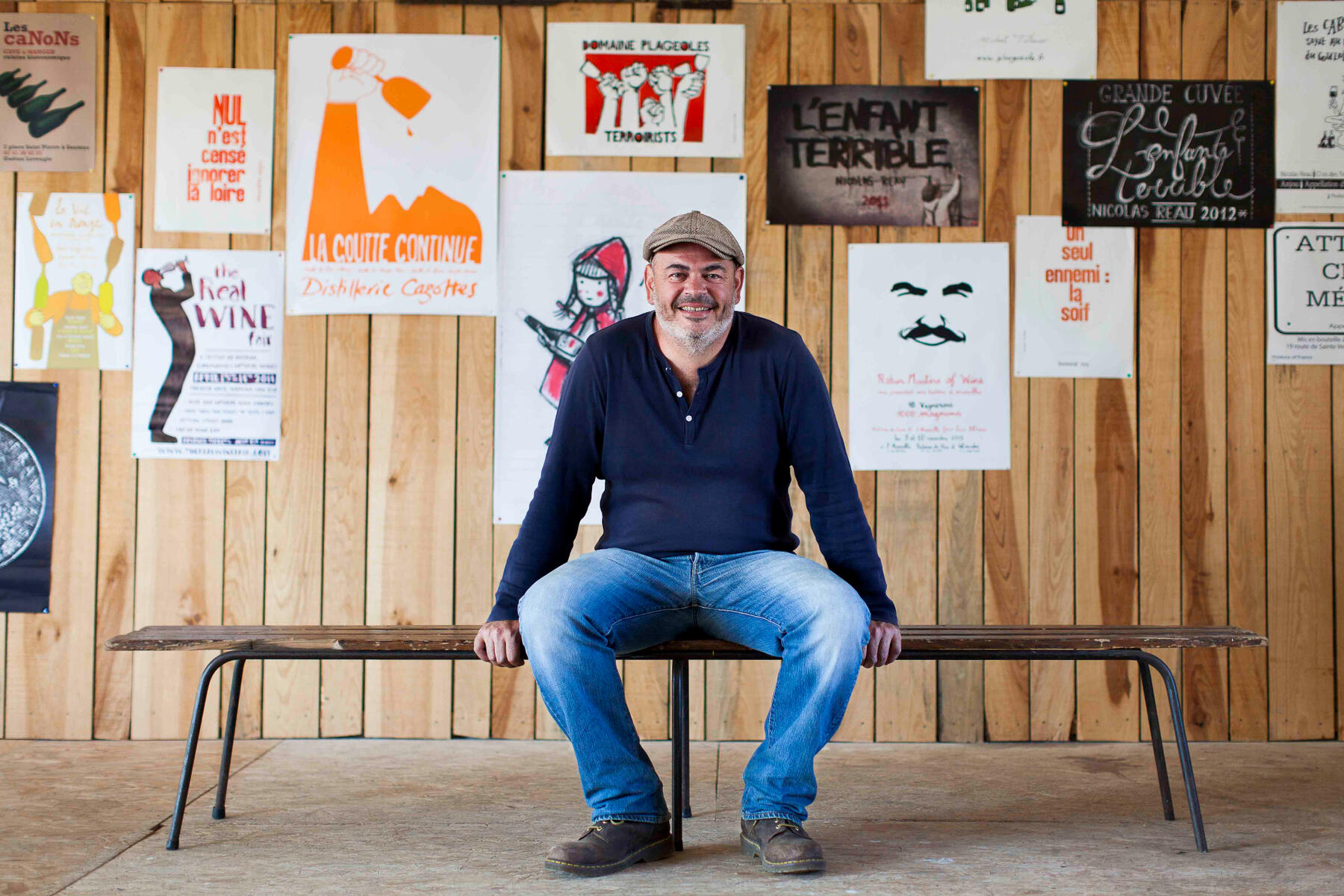
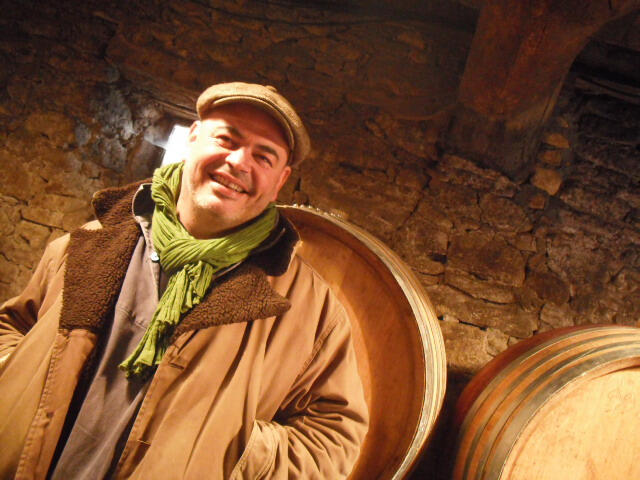
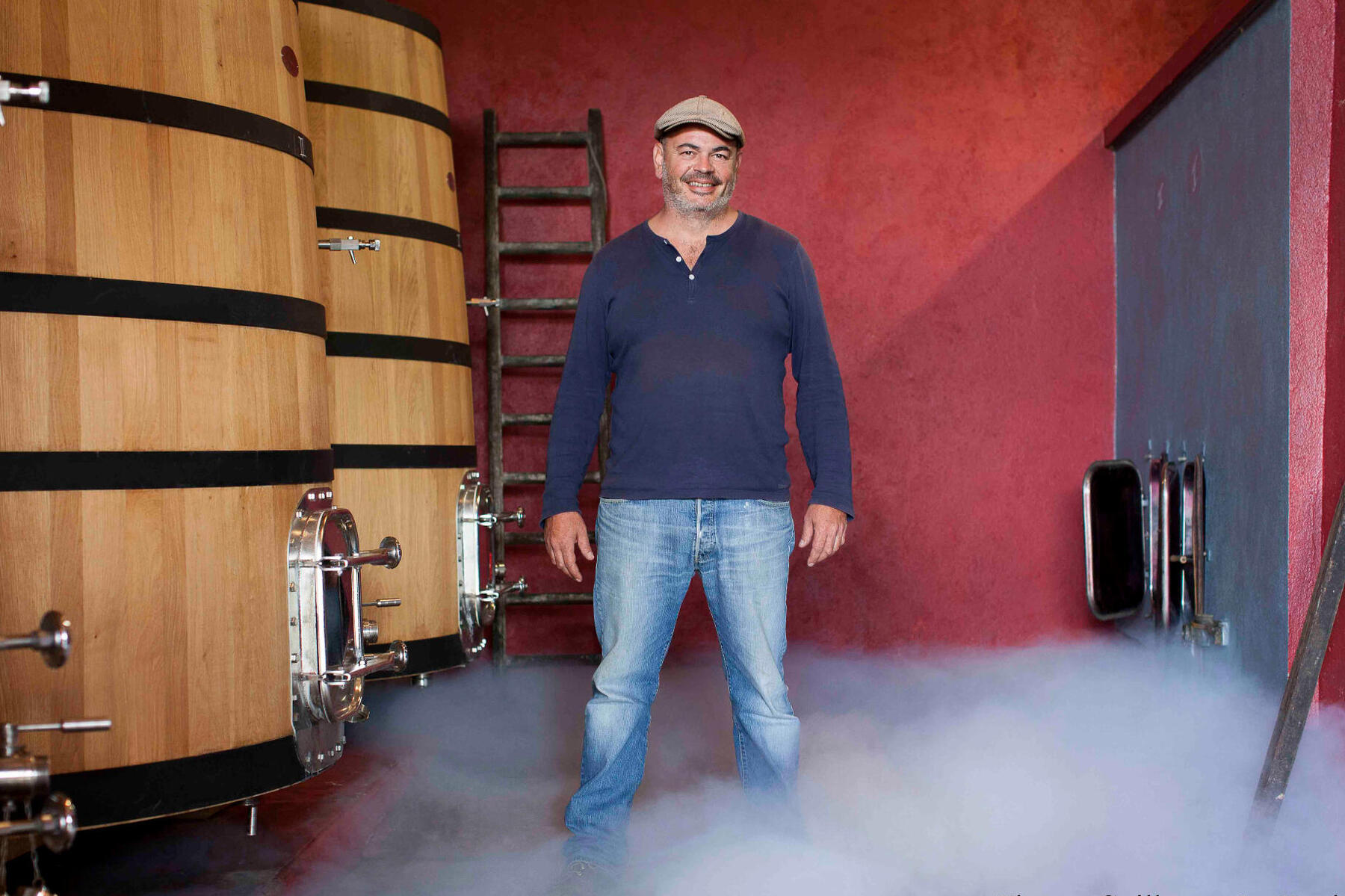
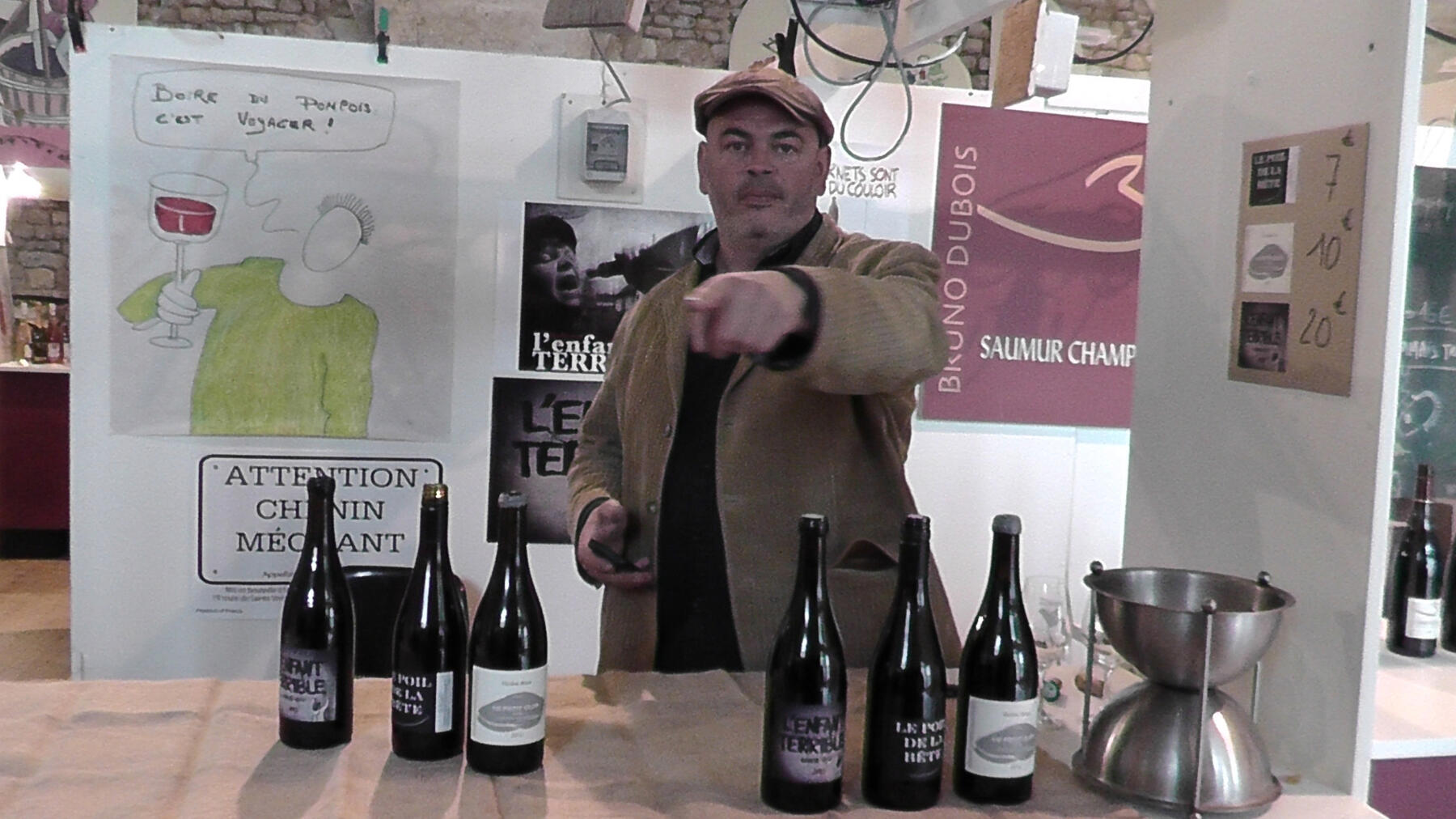
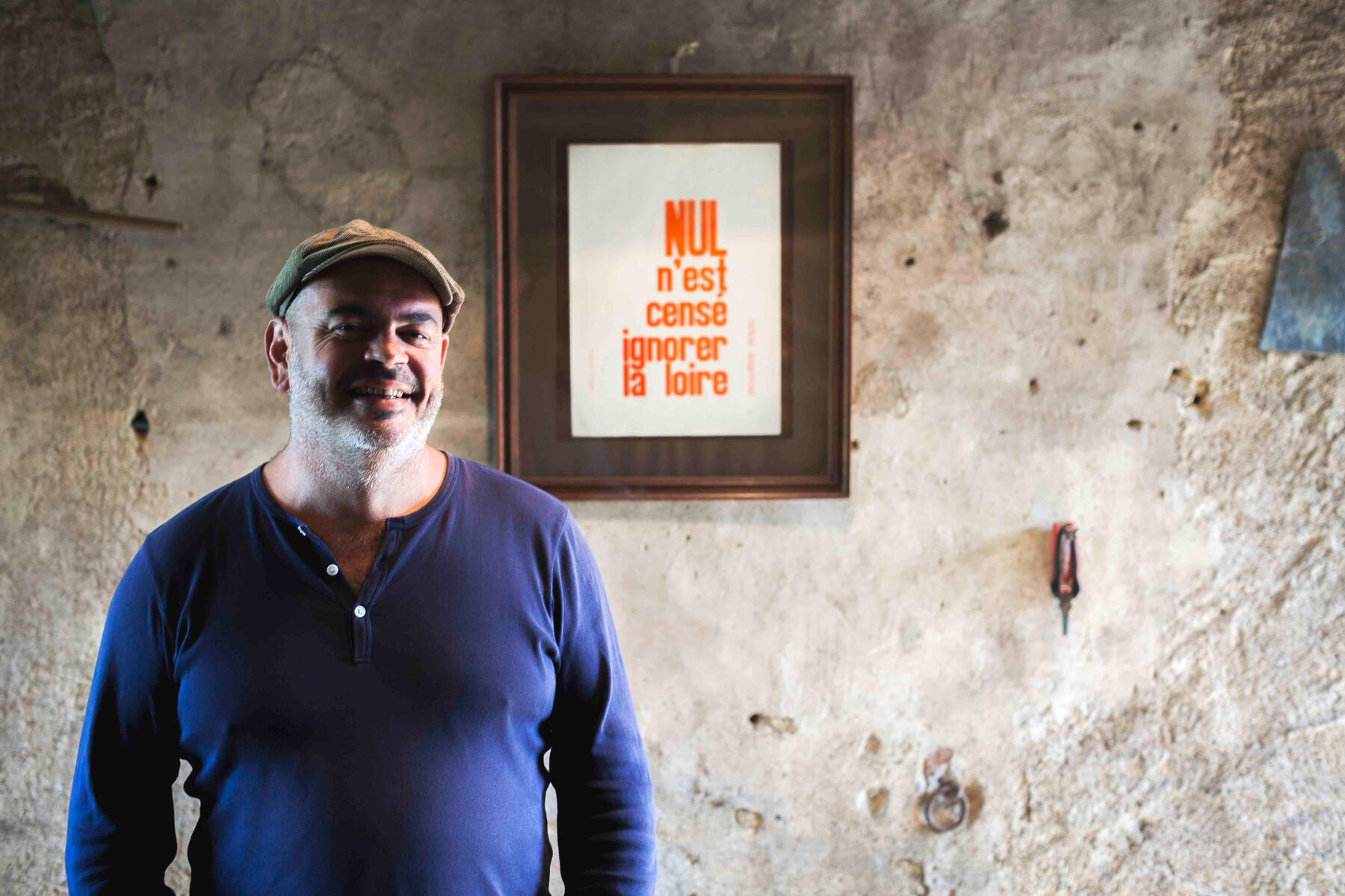
Languedoc, Corbiéres
Narrative
Pierre Bories farms 10 hectares of vines in the hills of Corbières, Languedoc. The winery, however, is located in Fabrezan, near the city of Carcassonne.Certified Organic since 2003, the vineyards are surrounded by the garigue, a dry scrub vegetation area, on beautiful south facing slopes. Pierre farms using the “goblet” pruning method, which creates a high density of leaves that protects the grapes from the intense sun exposure. The clusters ripen under the shade, while preserving their natural acidity. He complements this by early picking, as Pierre tries to produce taut wines, lightly extracted from a very dry and hot region.Vinification is then entrusted to the livelihood of the grapes. Spontaneous fermentation takes place with zero additives, except a touch of SO2 added at bottling to ensure precision. This amounts to under 30ppm total. Showcasing the unique personality of the wines, the labels are drawn by Hippolyte, Pierre’s son who gave his name to this cuvee.
Wines
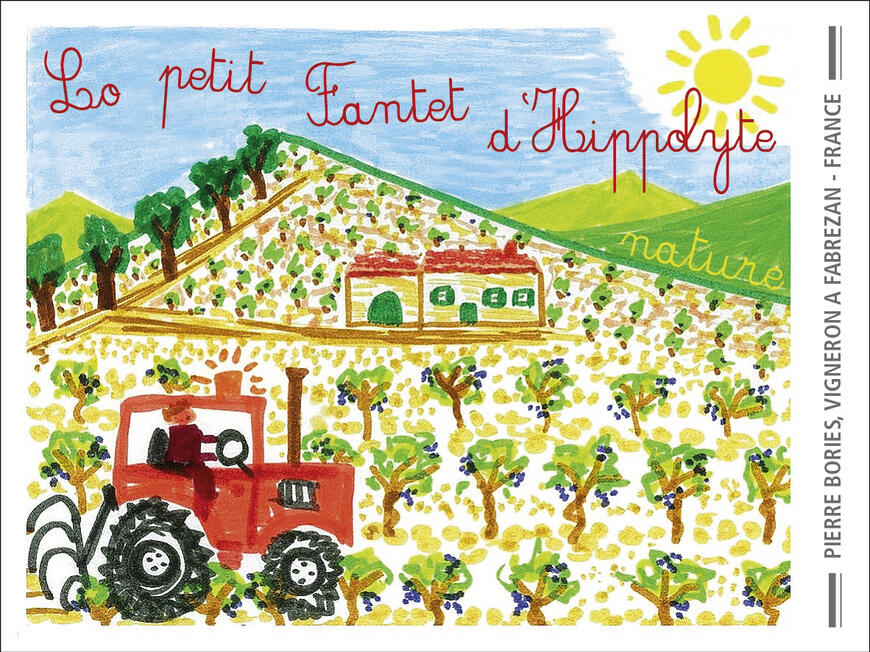
VIN DE FRANCE
"Hippolyte Rogue"
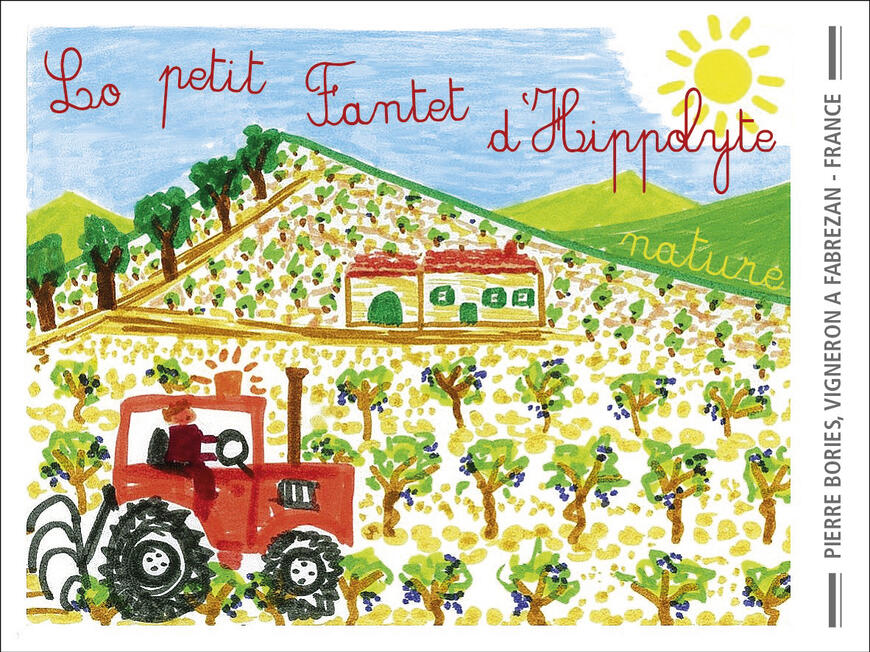
VIN DE FRANCE
"Hippolyte Blanc"
Gallery
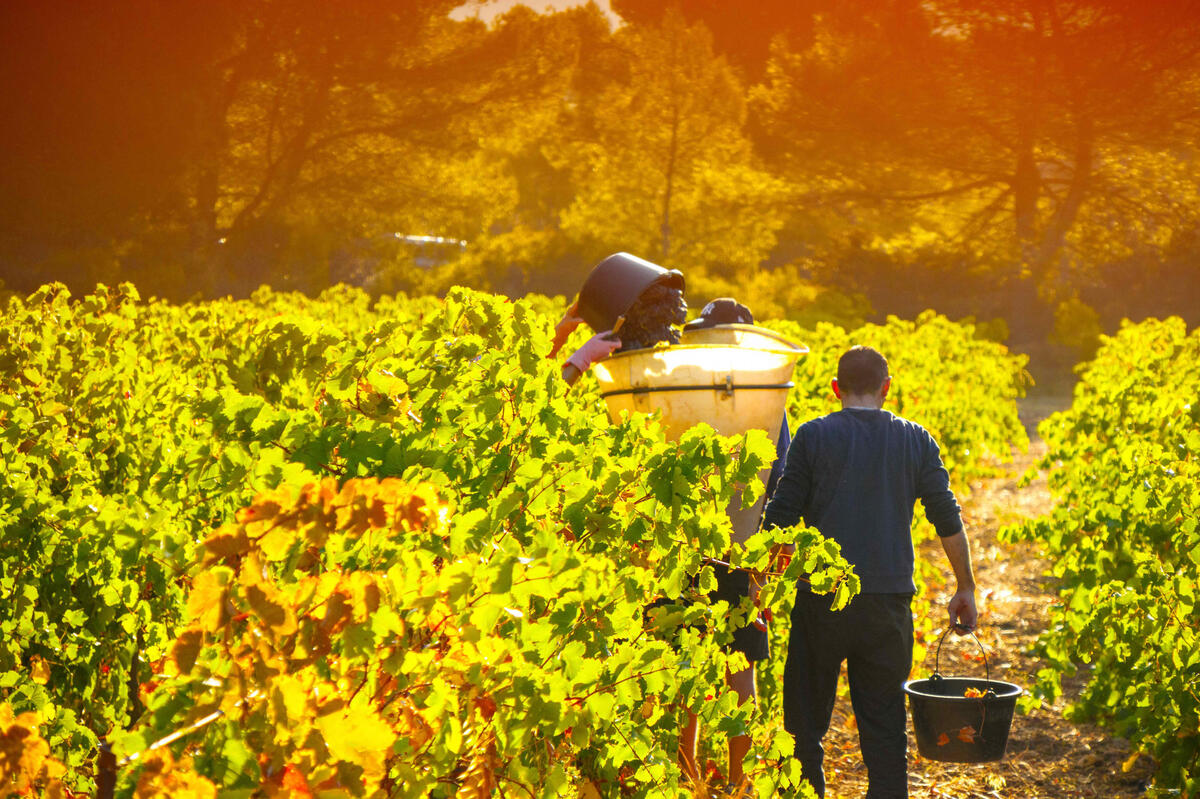
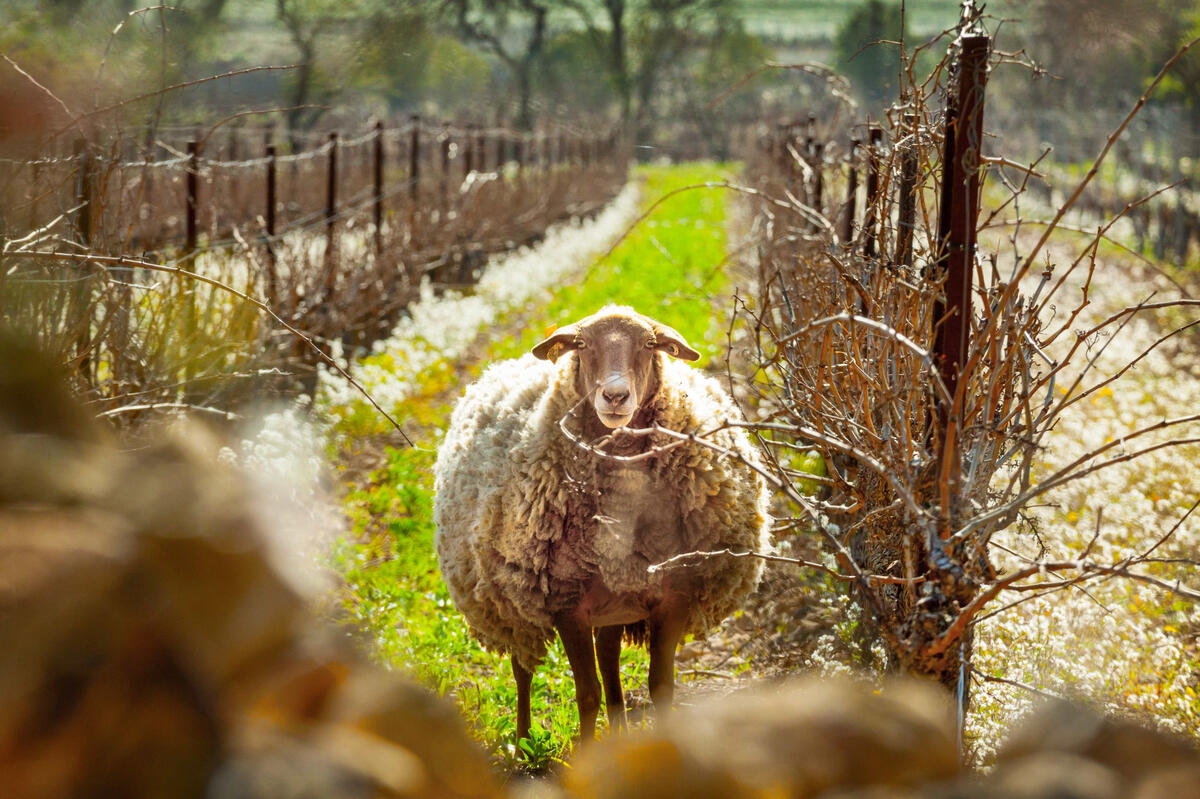
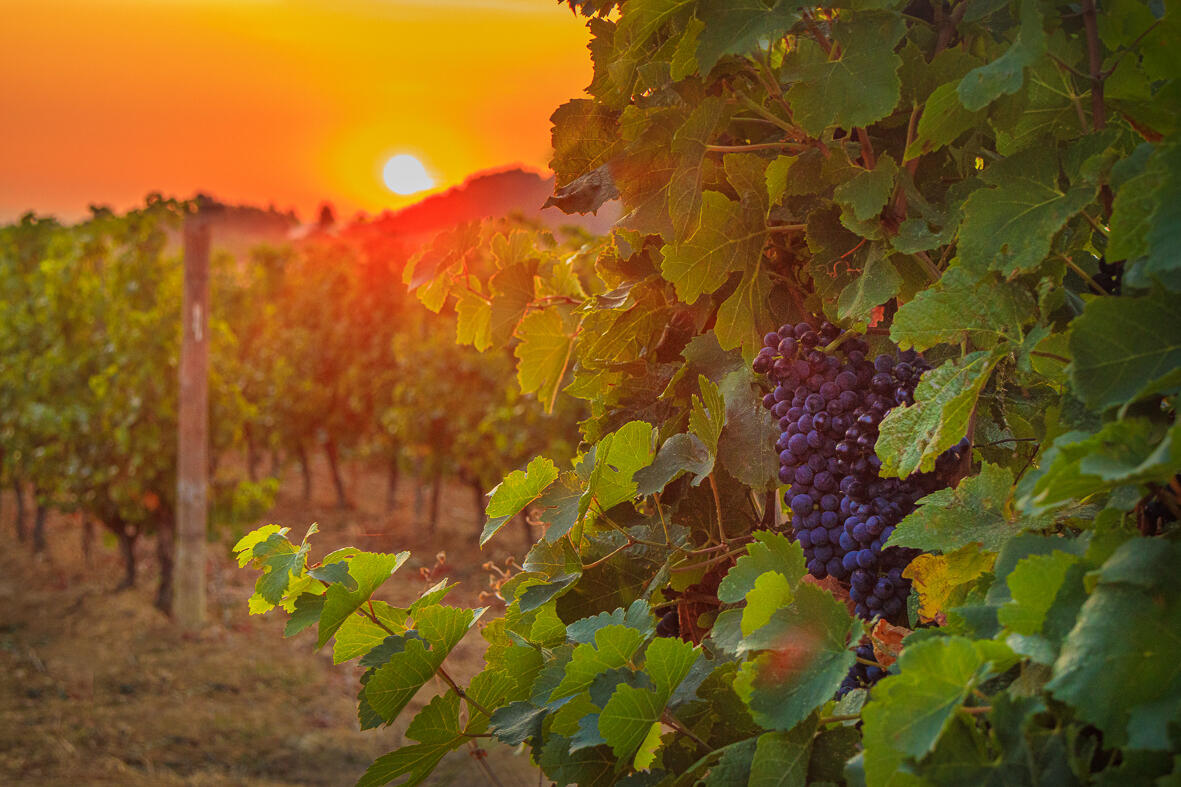
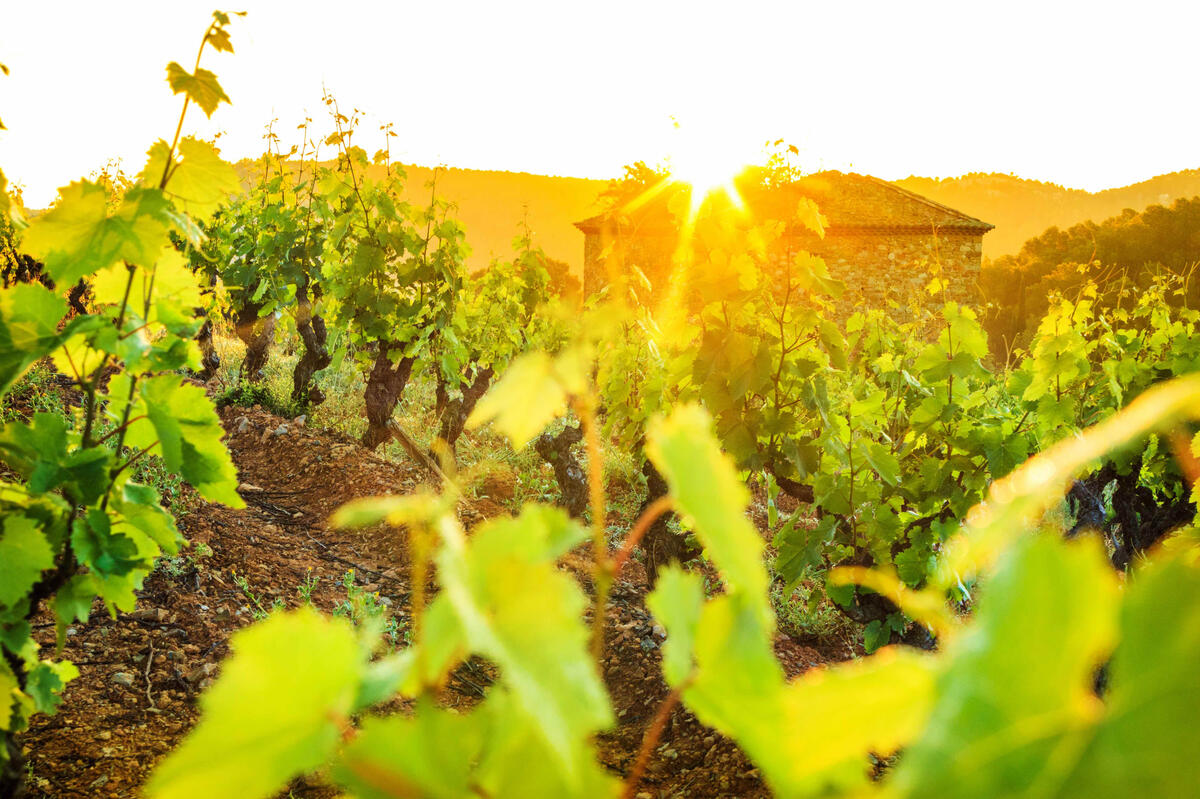
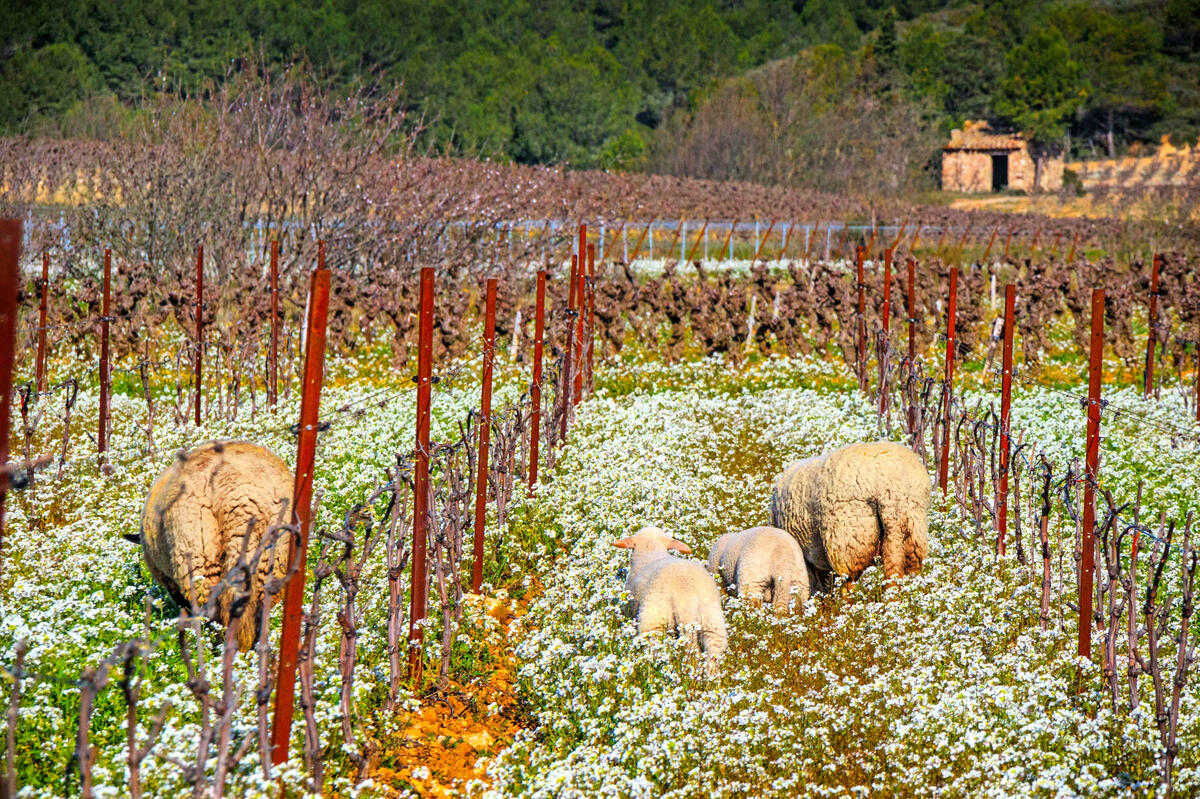
Northern Rhône, Côte-Rôtie
Narrative
Organic wines are few and far between in Côte-Rôtie. The terrain is steep and inaccessible to machines, the daylight hours long and toasty. To the North, the soil in Côte Brune is laden with iron-rich mica-shist; to the South, Côte Blonde soil is full of pale granite. Both are tough terrains and erosion is a common hazard and working by hand is a necessity. It is for these reasons, but not these reasons alone, that the wines of Jean-Michel Stephan are exceptional.
In 1991, Jean-Michel Stephan established his estate with only 2 hectares of land about 40 km south of Lyon. Following the principles of Jules Chauvet, he has made his Côte-Rôtie without correction nor additives since the beginning. One of only three certified Organic producers in the appellation, Stephan and his sons, Romain & Dorian, farm their 5ha of Côte-Rôtie and 7ha of Vin de France. Serine clones are special and only grown in Côte-Rôtie, the legendary grape’s rootstock dates back from the early 20th century and was never shared outside of the vineyard’s walls. Characterized by their purity and an admirable freshness, the Maison Stephan wines breathe life into the AOP and express an irresistibly unique character.
Wines
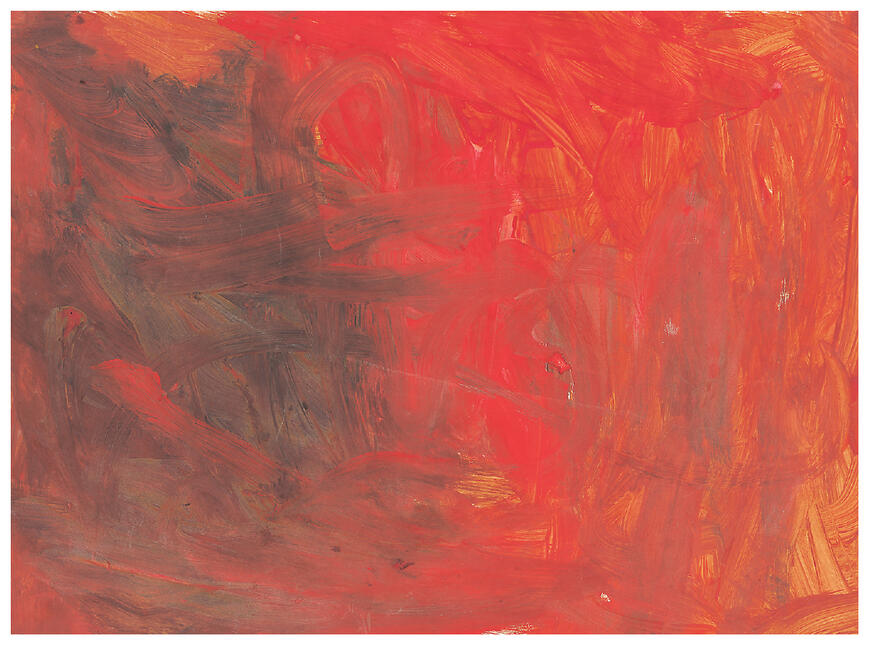
CÔTE-RÔTIE
"Côteaux de Bassenon"
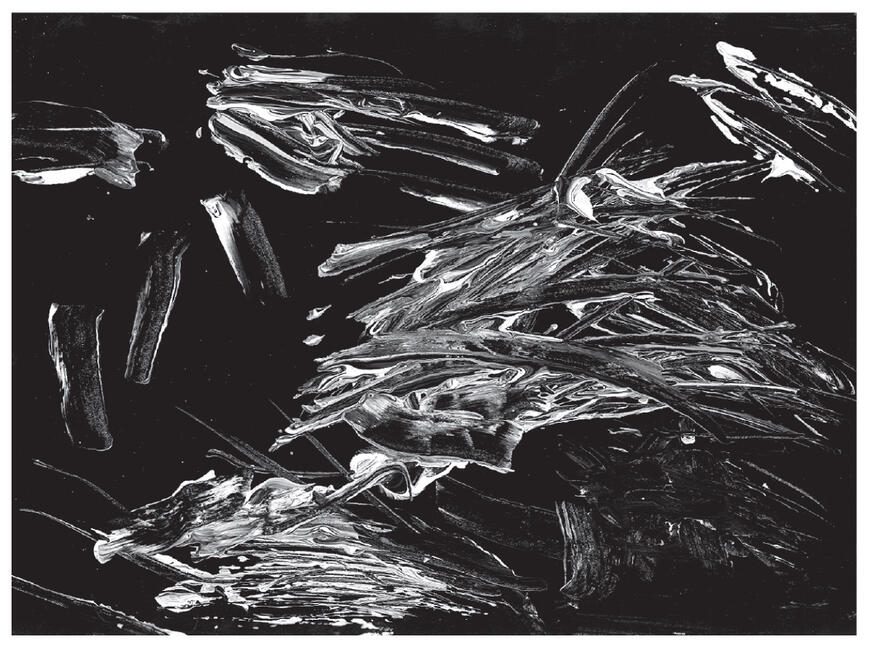
CÔTE-RÔTIE
"Côteaux de Tupin"
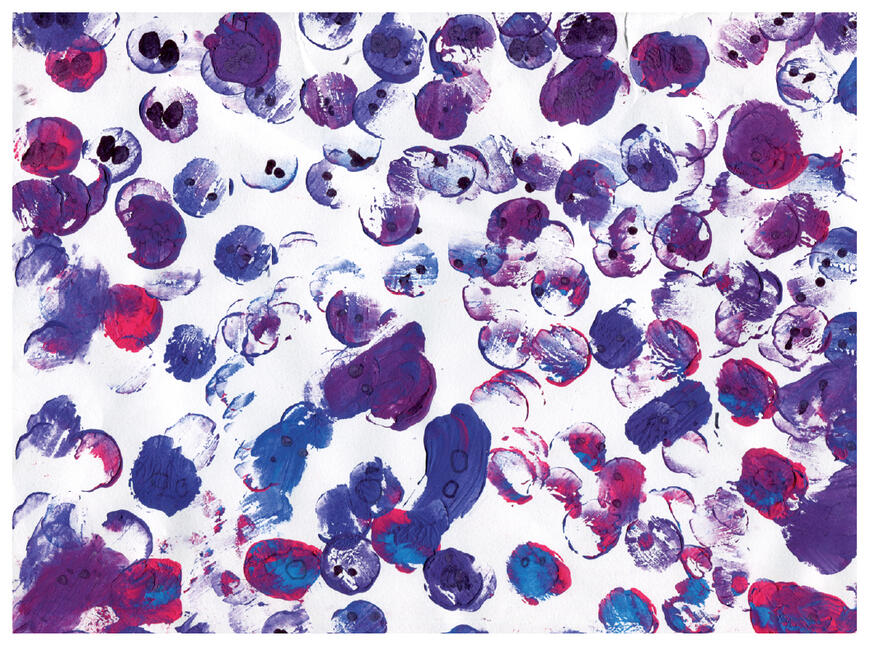
CÔTE-RÔTIE
"So Brune"
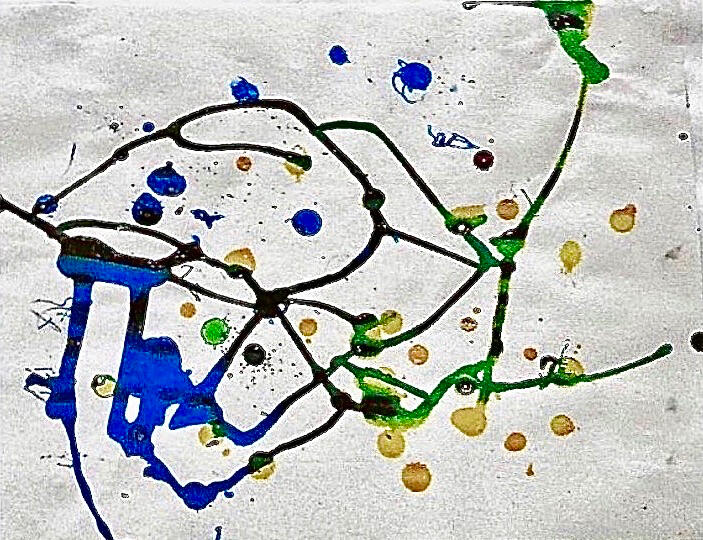
CONDRIEU
"Le Tinal"
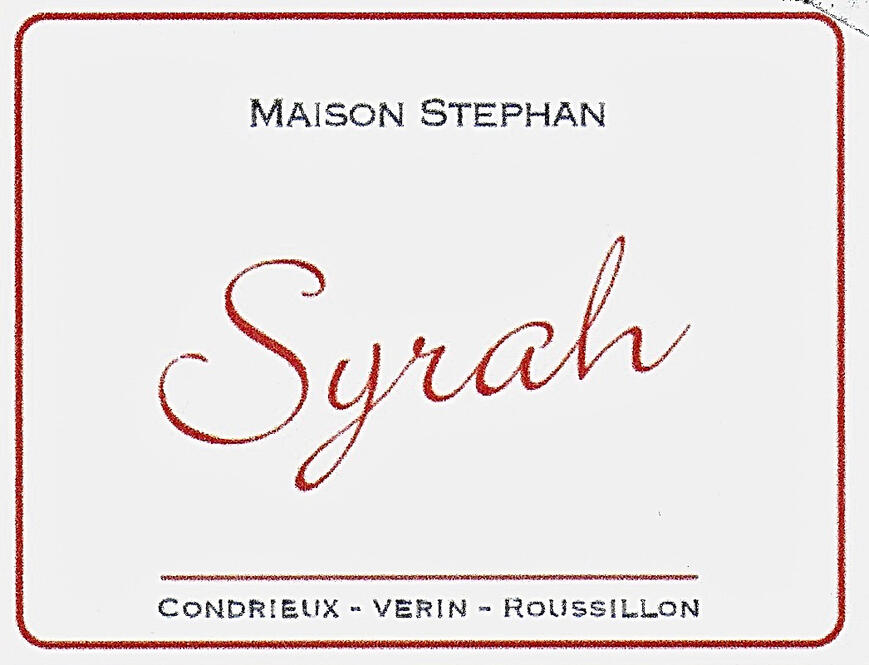
VIN DE FRANCE
"Syrah"
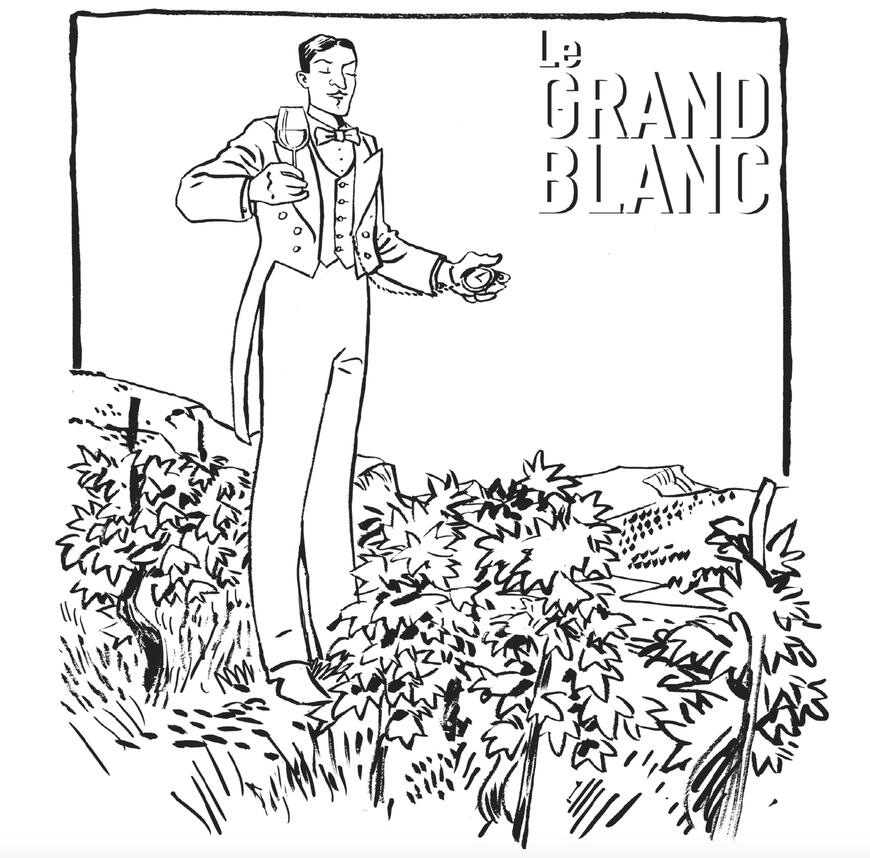
VIN DE FRANCE
"Le Grand Blanc"
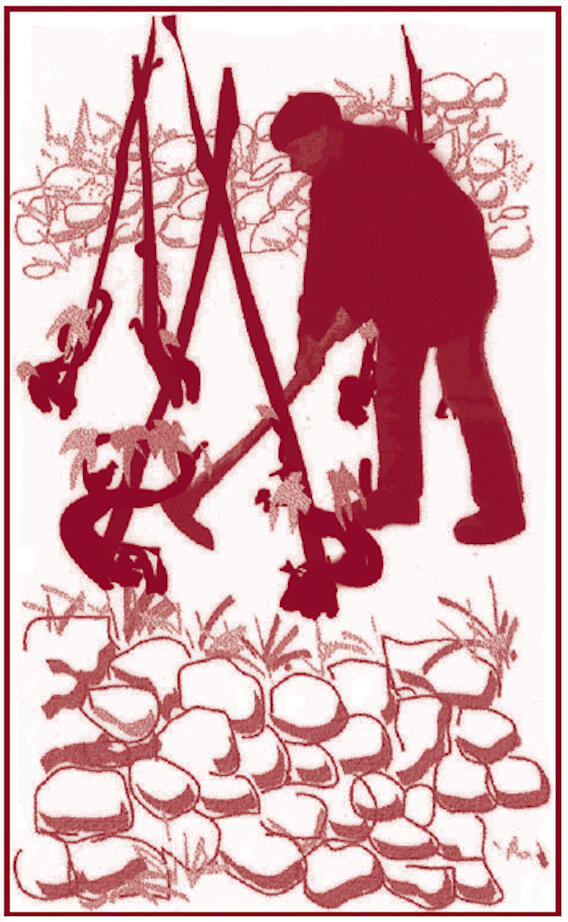
CÔTE-RÔTIE
"Les Binardes"
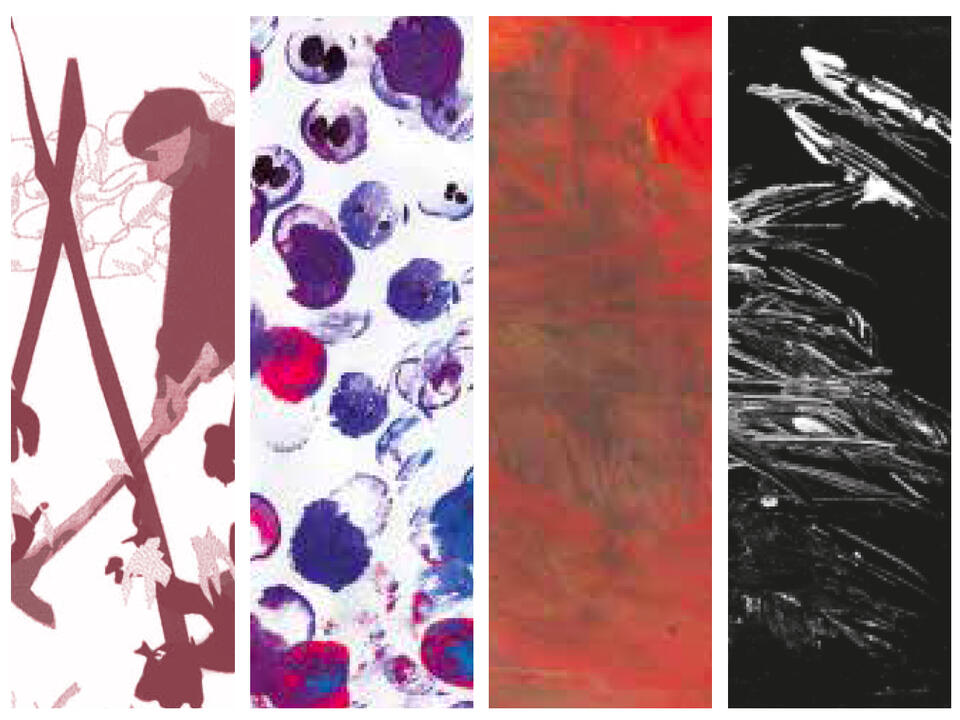
CÔTE-RÔTIE
"L'Ultime"
Gallery
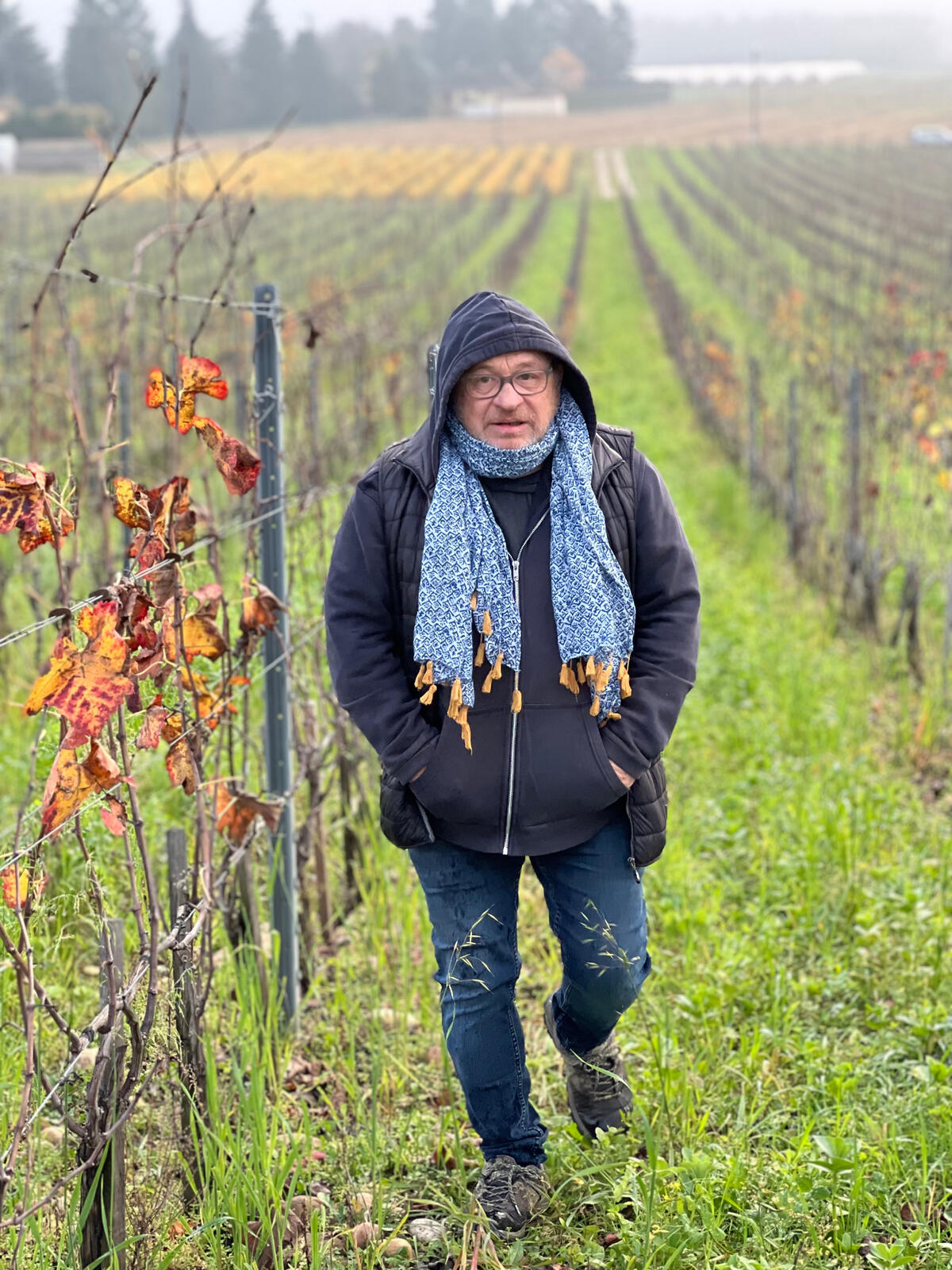
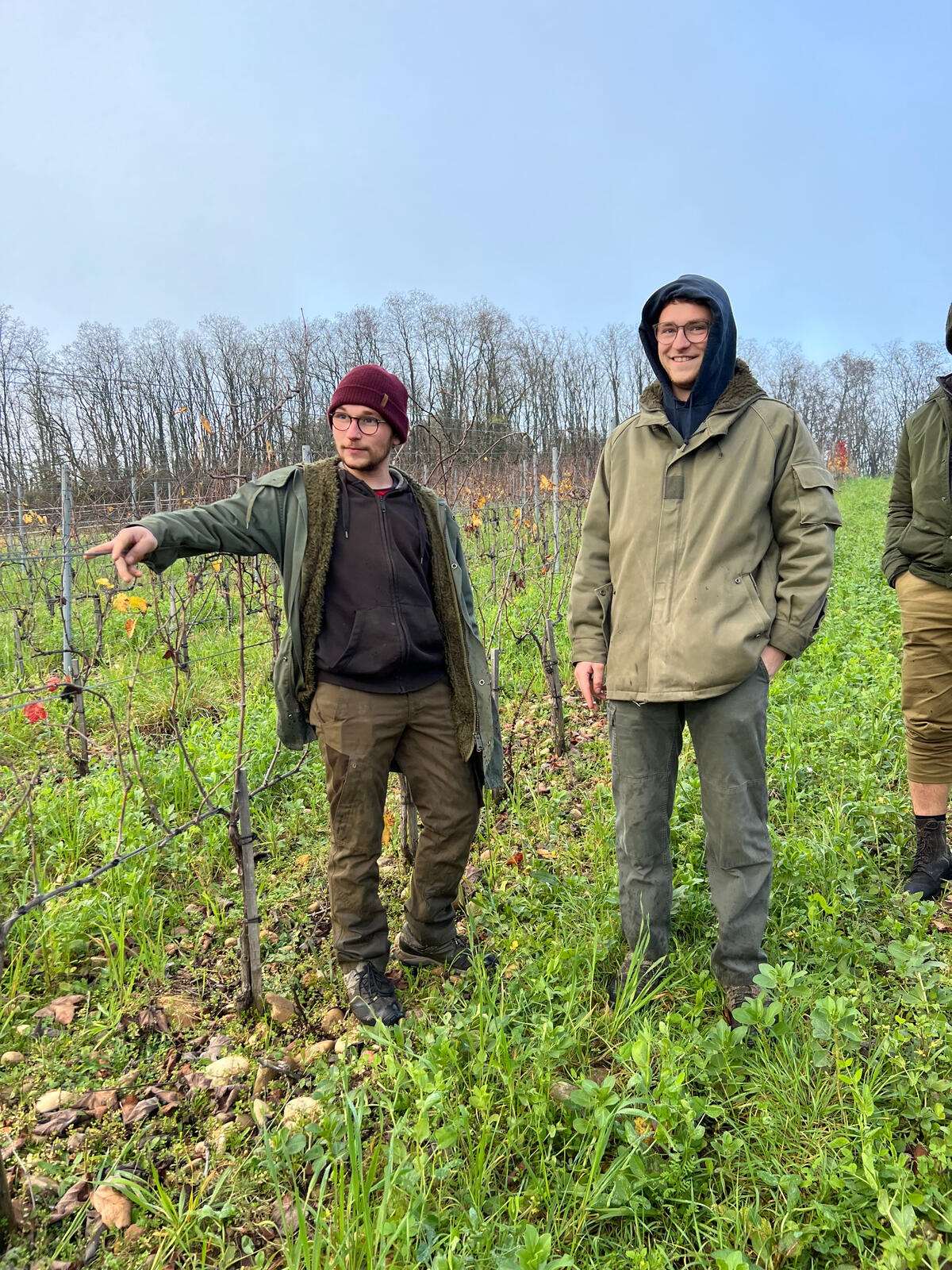
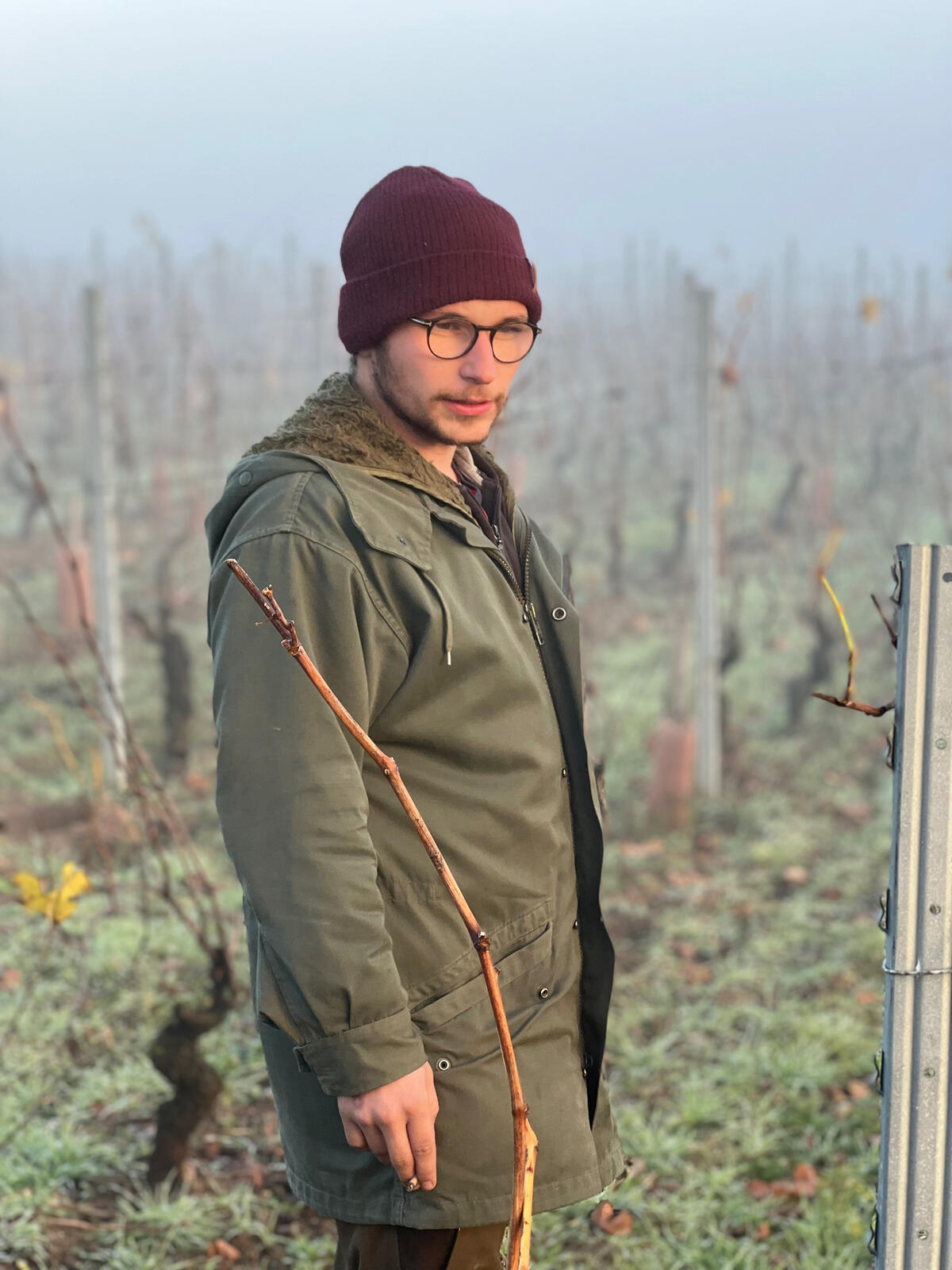
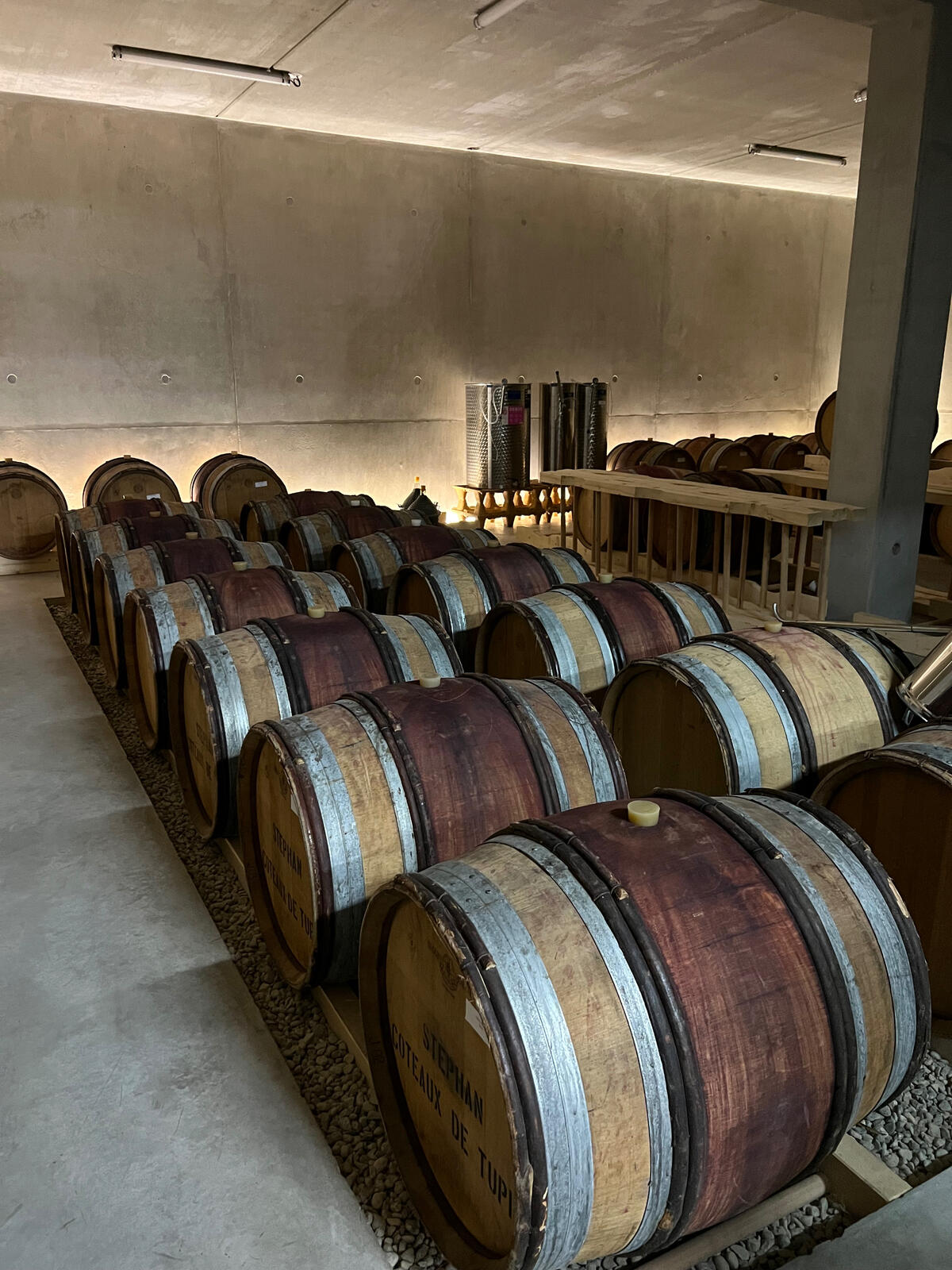
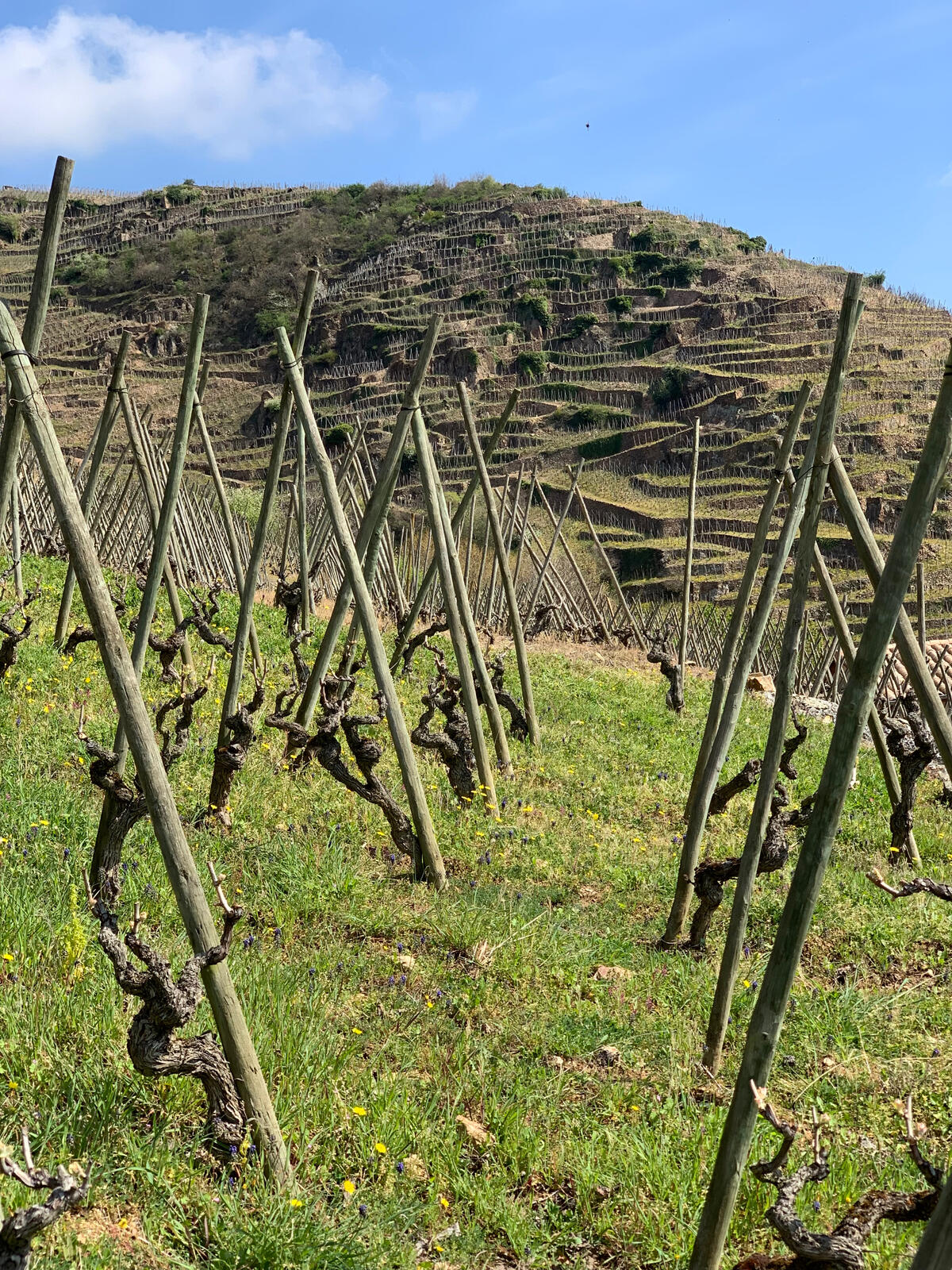
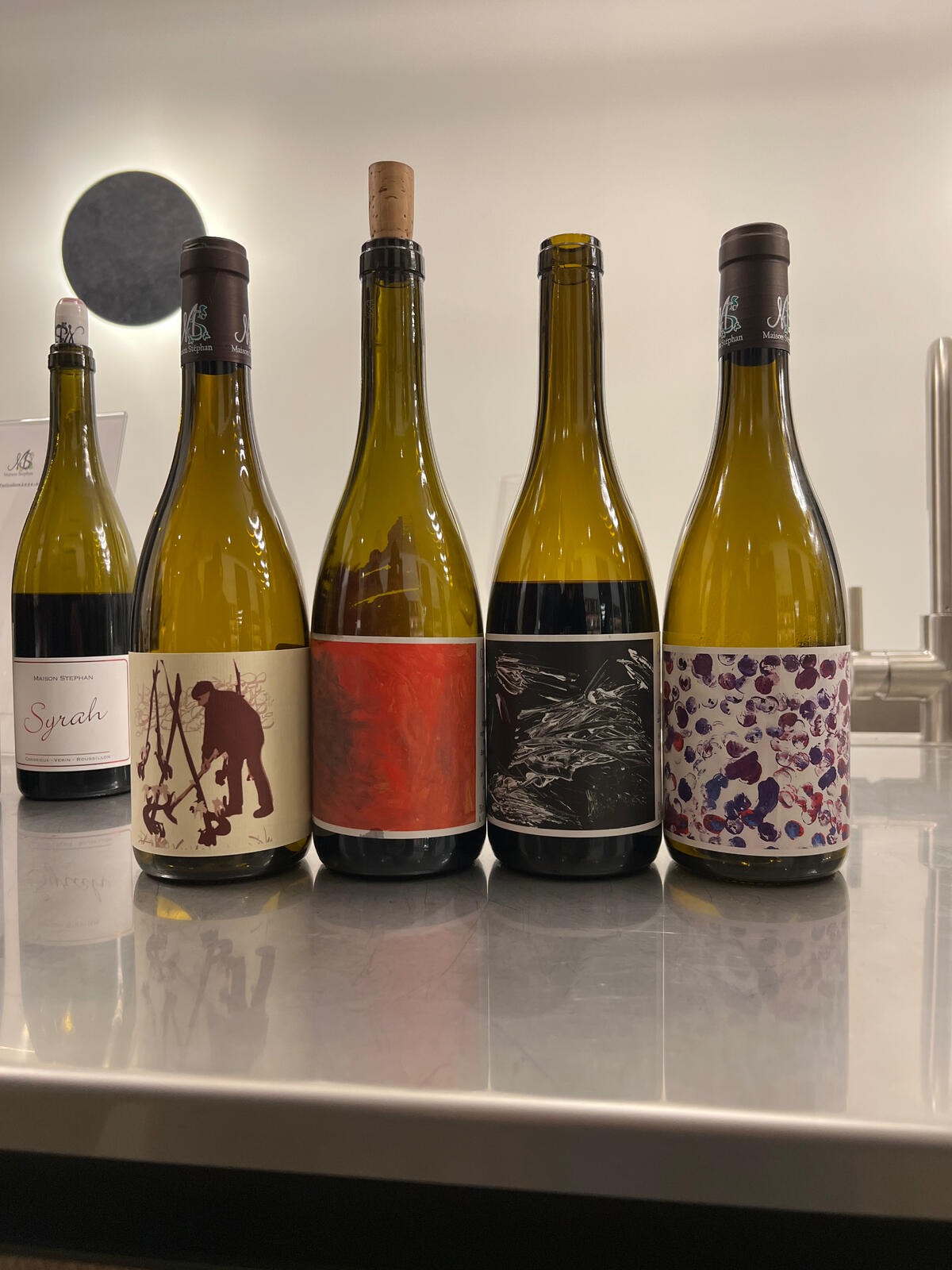
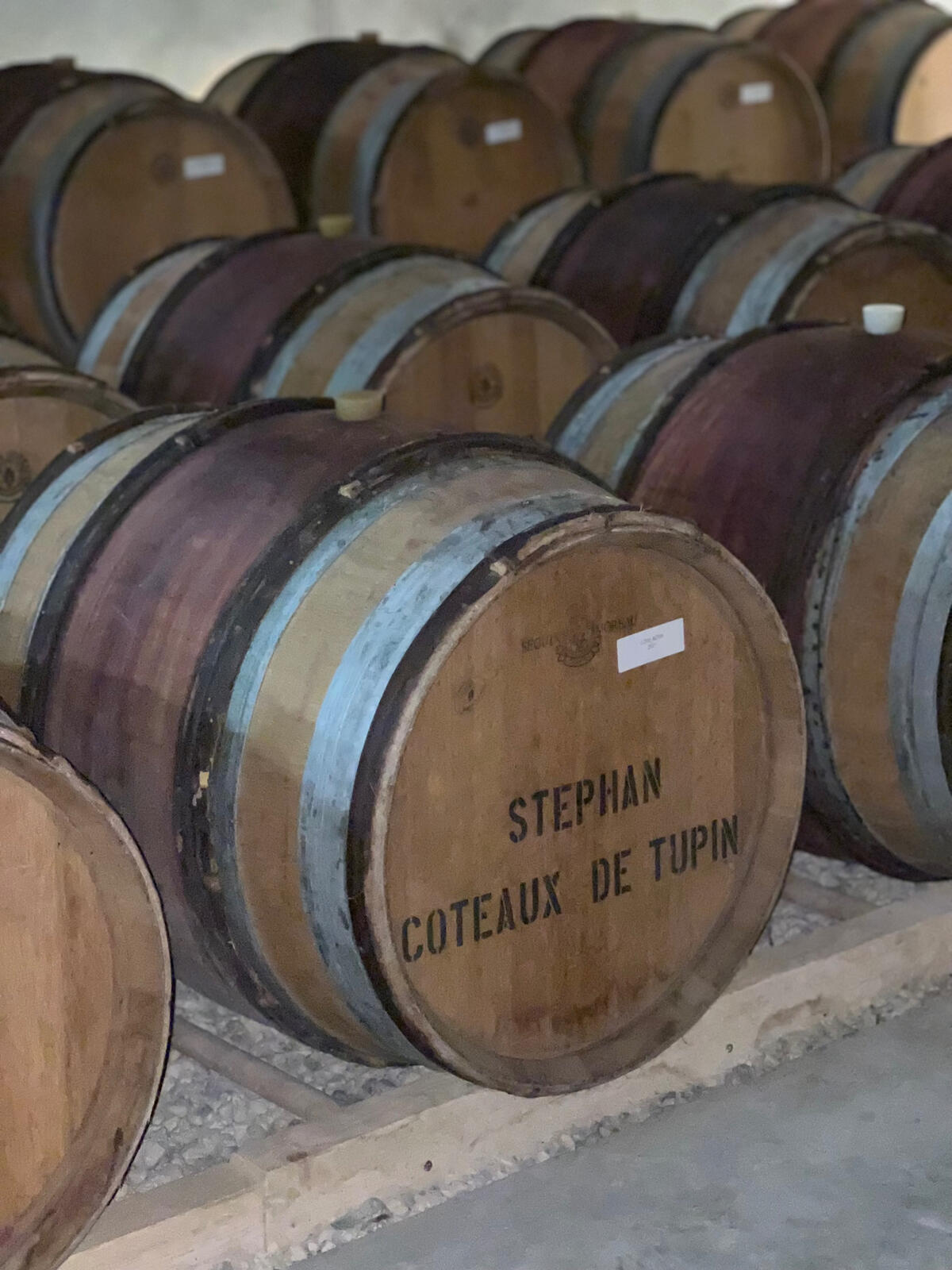
FRANÇOIS DUCROT
Vin de France, Languedoc
Narrative
Francois Ducrot is located in Lansargues (Languedoc) where he works closely with local grape growers who share his dedication to environmentally friendly agriculture. He purchases organic grapes from the eastern part of Languedoc and vinifies in his cellar in Lansargues. Vinification is natural with spontaneous fermentation and no additives but a touch of sulfites to guarantee a clean and precise taste.François source people first and terroir. Each of his relationship has been built over the last decade which give him access to special terroir and incredible quality of grapes among a pretty conventional driven area. This part of Languedoc is full of sediments, deep soil which preserve a nice acidity while ripening gently. The dryness of the climate and extreme temperature still works in this area. The grapes are ripe but with a smart harvest, François is able to produce crisp wines that taste more like the north of France with the energy of the south.
Wines
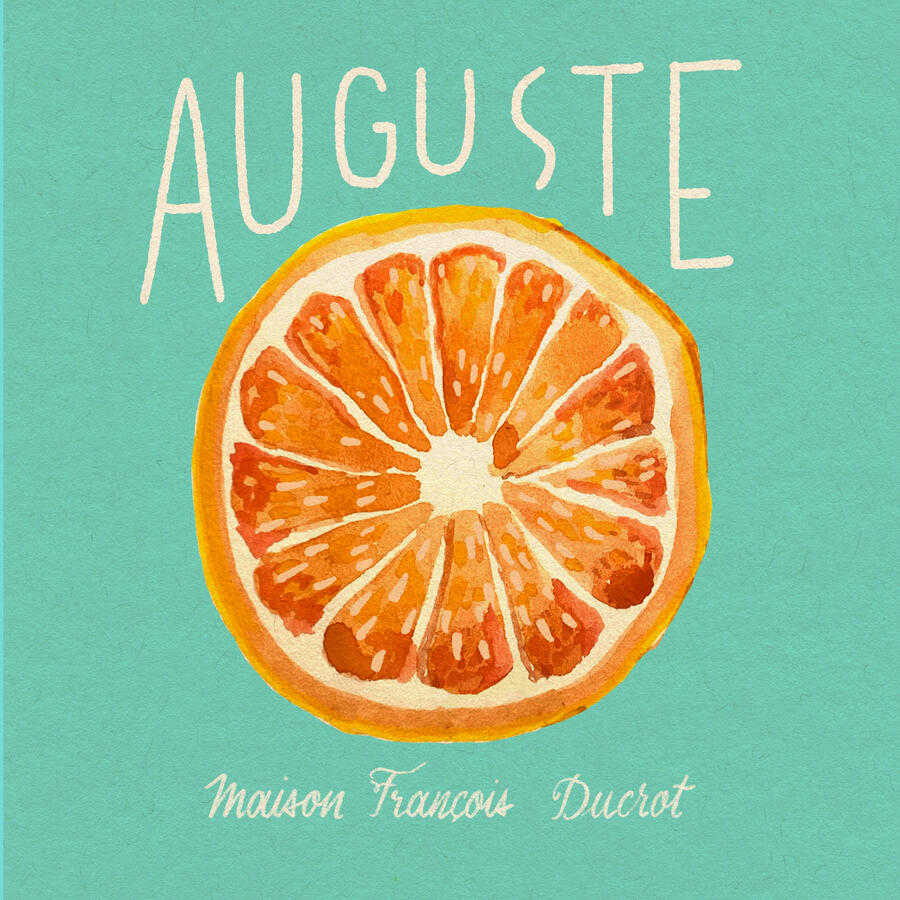
LANGUEDOC
"Auguste"
BRASSERIE DES VOIRONS
LUCINGES, SAVOIE
Narrative
La brasserie des Voirons was created in 2013 by Christophe and Barbara Grellier. It is located in Lucinges, a 30 minute drive south of Geneva in Savoie. Voirons comes from the name of the valley in which the brewery is located. Brasserie des Voirons produce all year round, following the season of plants and fruits. They also utilize zero sulfites lees collected from only natural winemaking practices. Presently, they produce 60,000 bottles per year, very tiny for a brewery with an allocation divided amongst more than 20 countries. Interestingly, Christophe actually started his career behind the stove working for well-known Michelin star restaurants. These highly regarded locales include La Tour d’Argent and Lasserre in Paris, Marco Pierre White in London, Le Negresco in Nice, Le Cygne and La Resserve in Geneva. Barbara, on the other hand, is originally from the Loire Valley. It was there where her wine merchant father in Poitiers ignited her wine vocation. Initially, Barbara was actually a dancer at the Conservatoire National Supérieur of Paris. After travelling around Europe to perform with the greats including Béjart, Serge Golovine, Jeannine Charrat, Tessa Beaumont, and Redha, she took over her father’s wine shop. That is until she met Christophe.
In 2003, Christophe and Barbara decided to stop their respective jobs to open their own establishment: Le Bonheur dans le Pré. This was a farm to table restaurant in Lucinges surrounded by fields with seasonal/organic produce and a 100% natural wine list. In addition, Christophe decided to start a natural wine distribution company in the Savoie area. He then began supplying well-known producers to retail locations. These included Clos Rougeard, Ganevat, Belluard, Derain, Sarnin-Berux, Pacalet, Durieux and many others.
In 2013, after 10 years with their business, Christophe and Barbara sold their restaurant to start a micro-brewery in Lucinges. This occurred after realizing the extraordinary quality and potential of the water they had in their village. They had a pure, crystal-clear water source. In fact, it is even part of the Evian source stemming from the Alpes’ snowmelt from Mont Blanc. As it’s a surface water source, the limestone component from the rock contact is very
low and the acidity remains high. The purity of this water avoids chlorination or any type of correction as most breweries do. In addition to this natural gift of water, they decided to work with organic hop and barley from Germany and Belgium. They also practice natural brewing with spontaneous fermentation and aging period in barrel from 3 to 16 months, according to the cuvee.
Wines
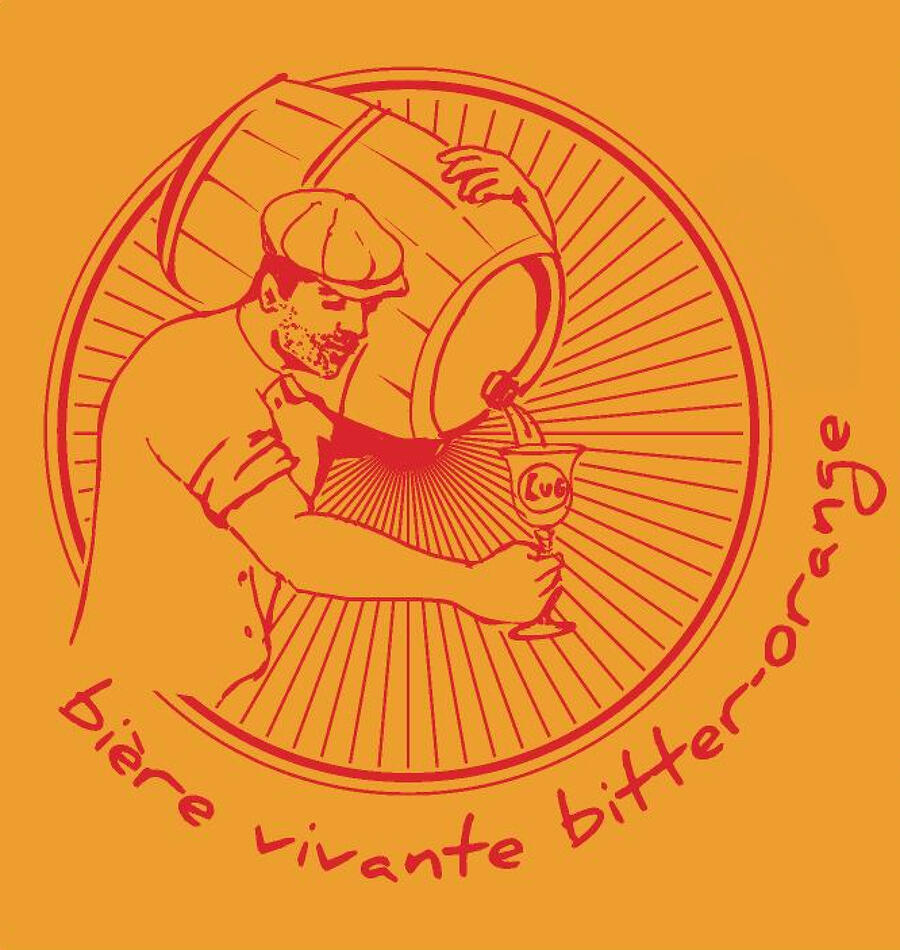
"Bitter Orange"
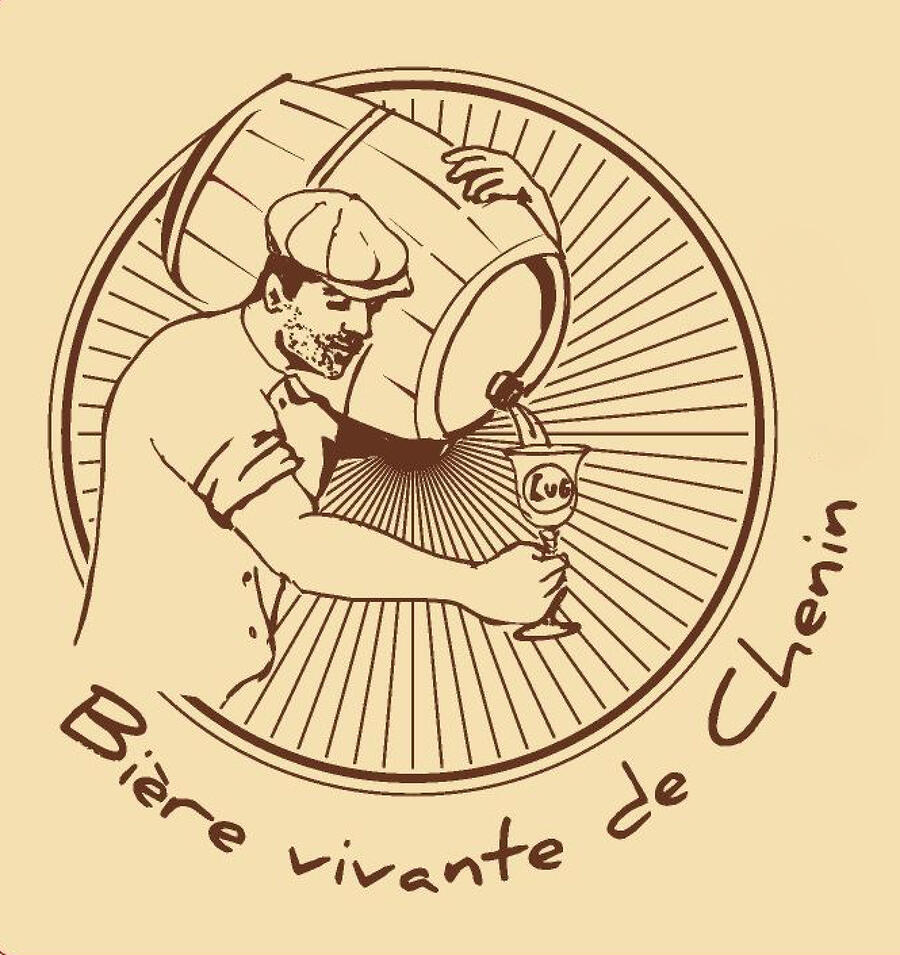
"Chenin"
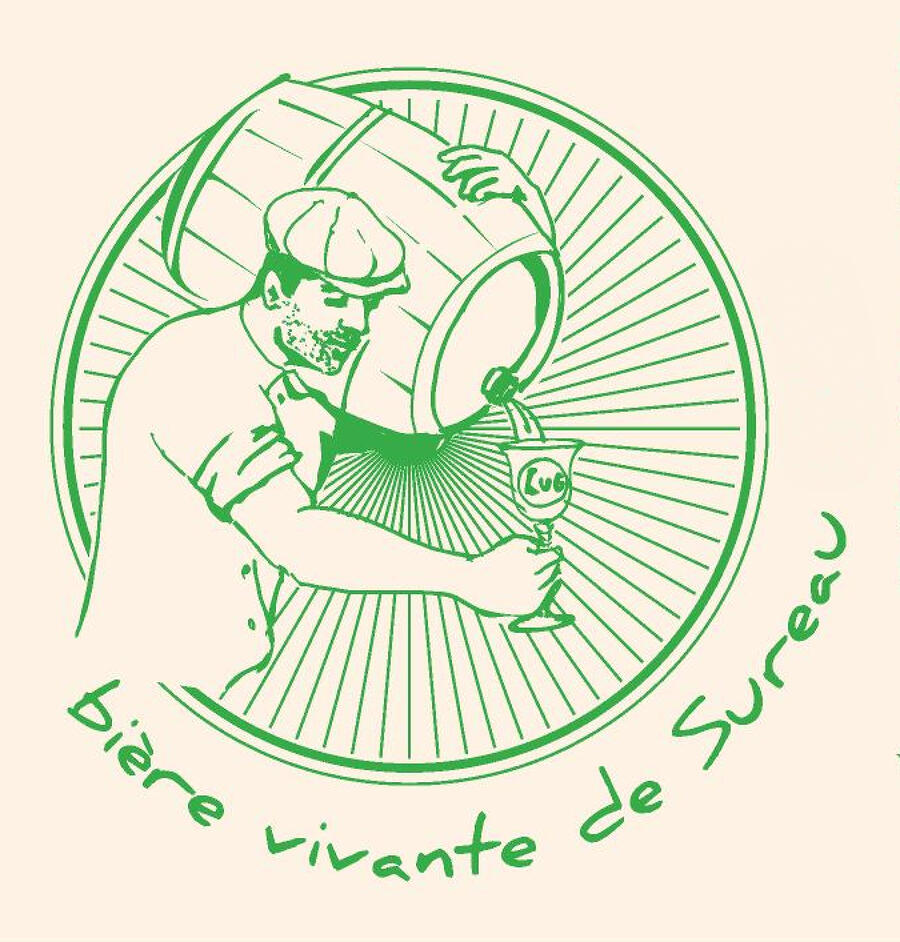
"Elder Flowers"
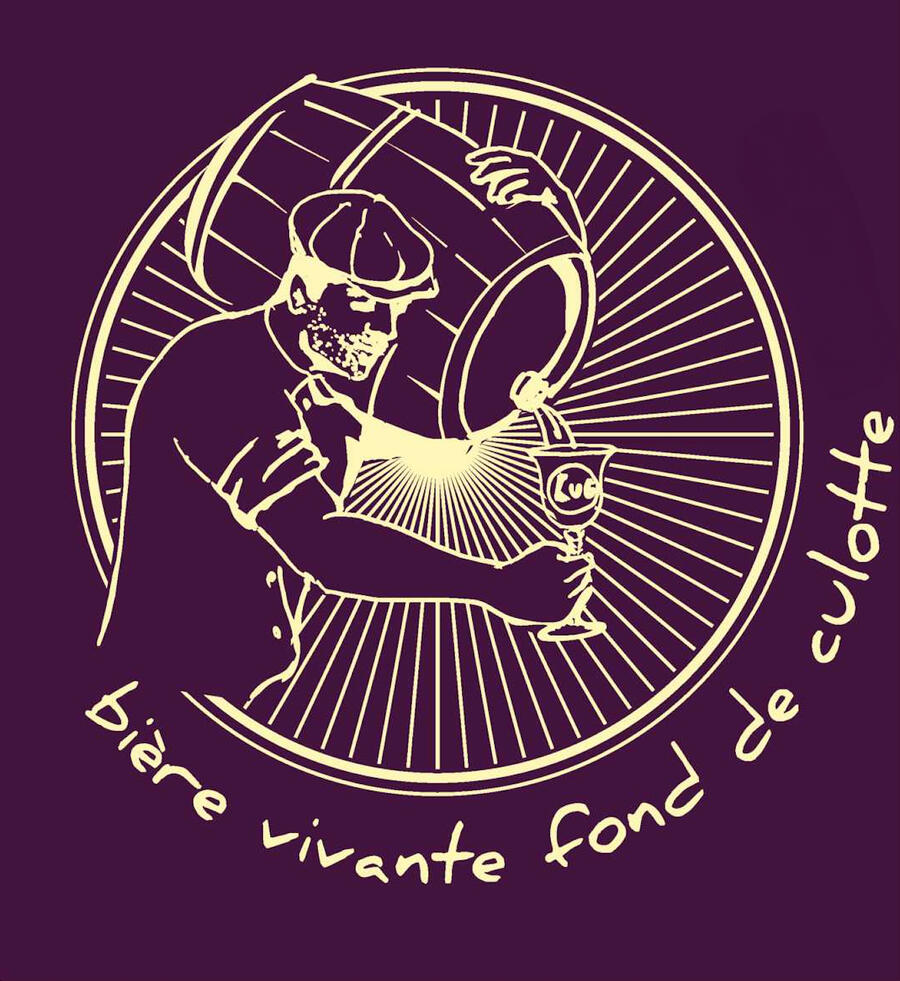
"Fond de Culotte"
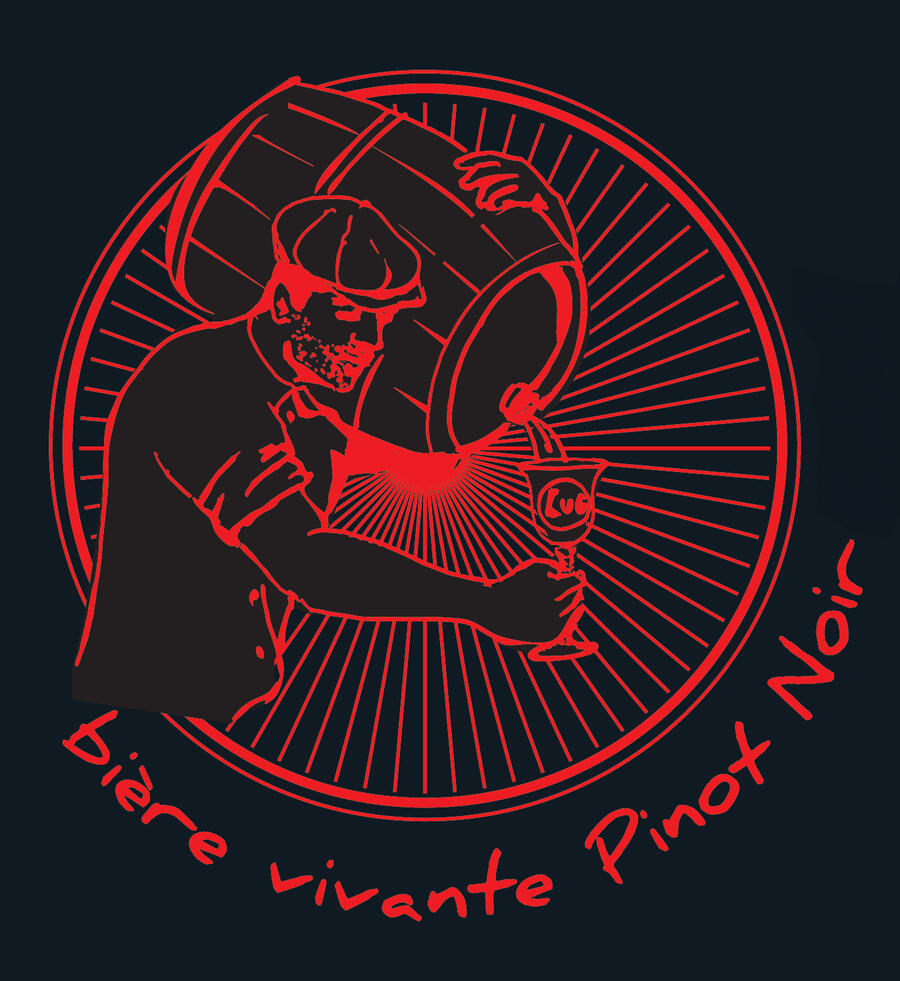
"Pinot Noir"
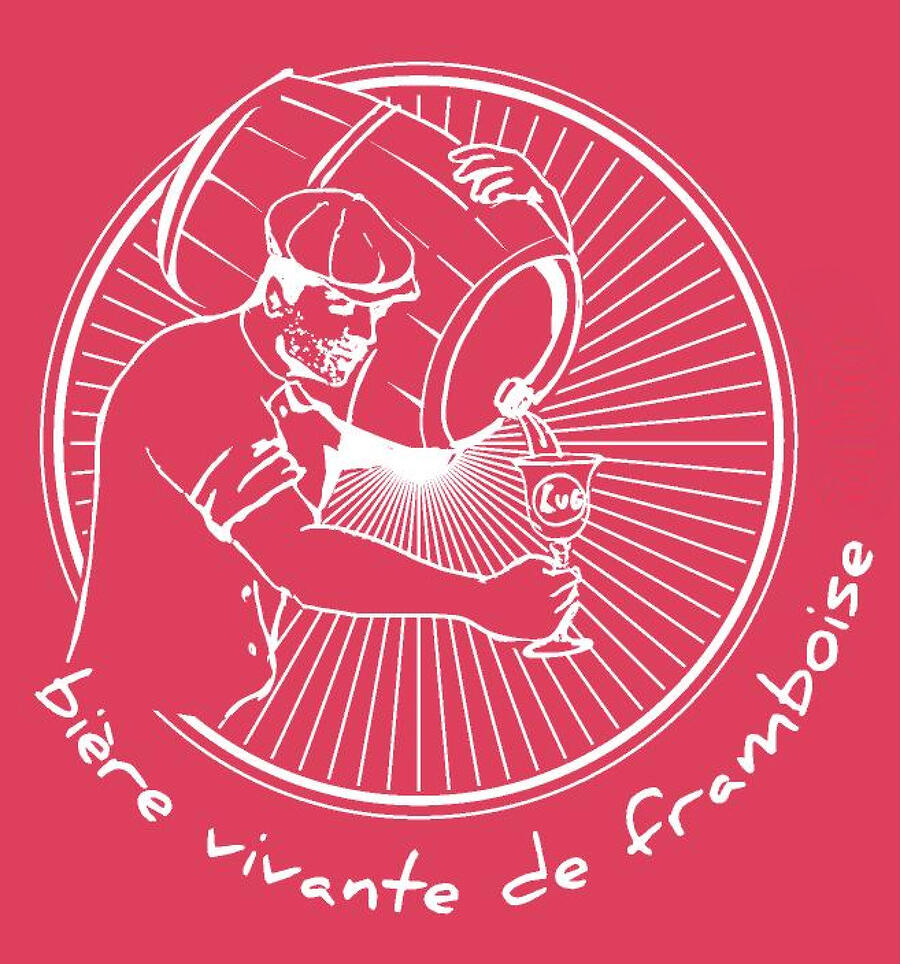
"Raspberry"
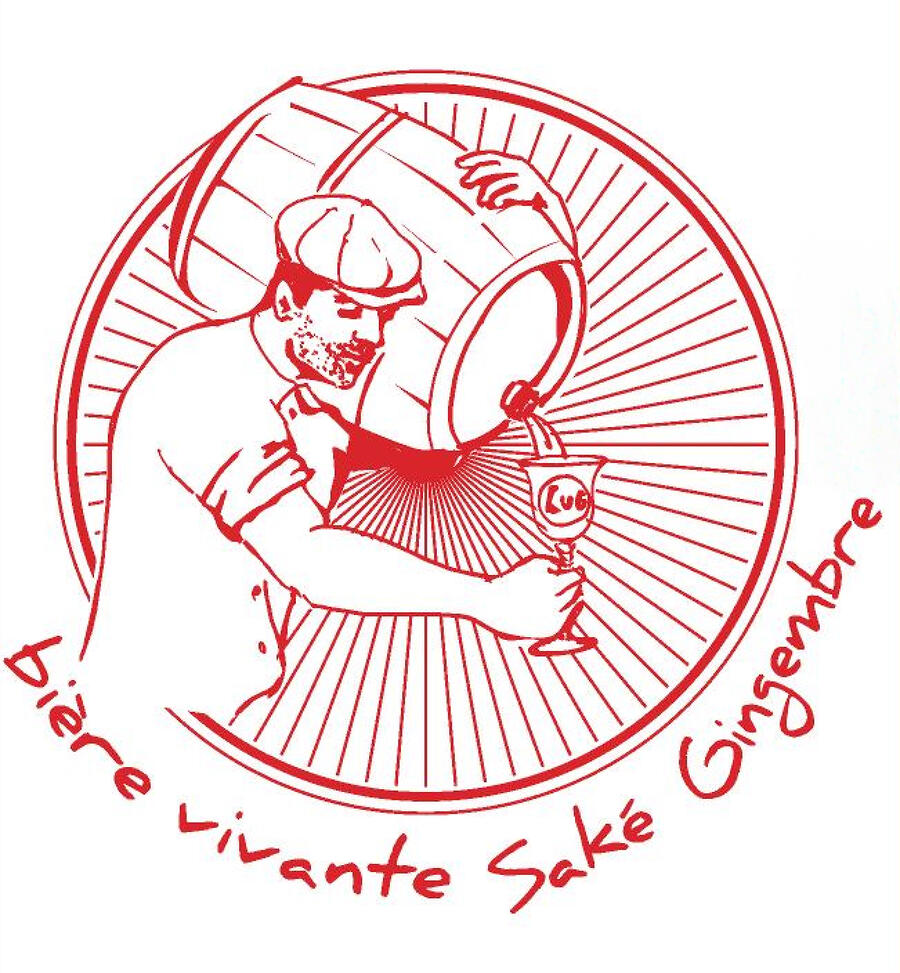
"Sake Ginger"
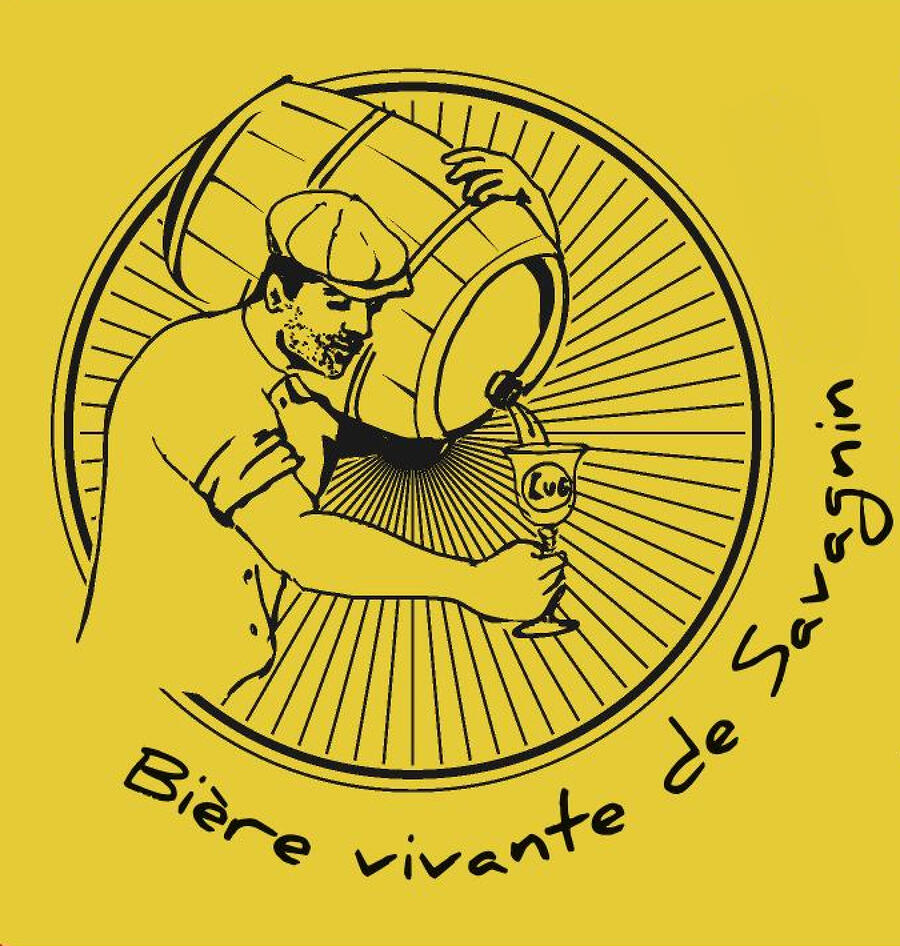
"Savagnin"
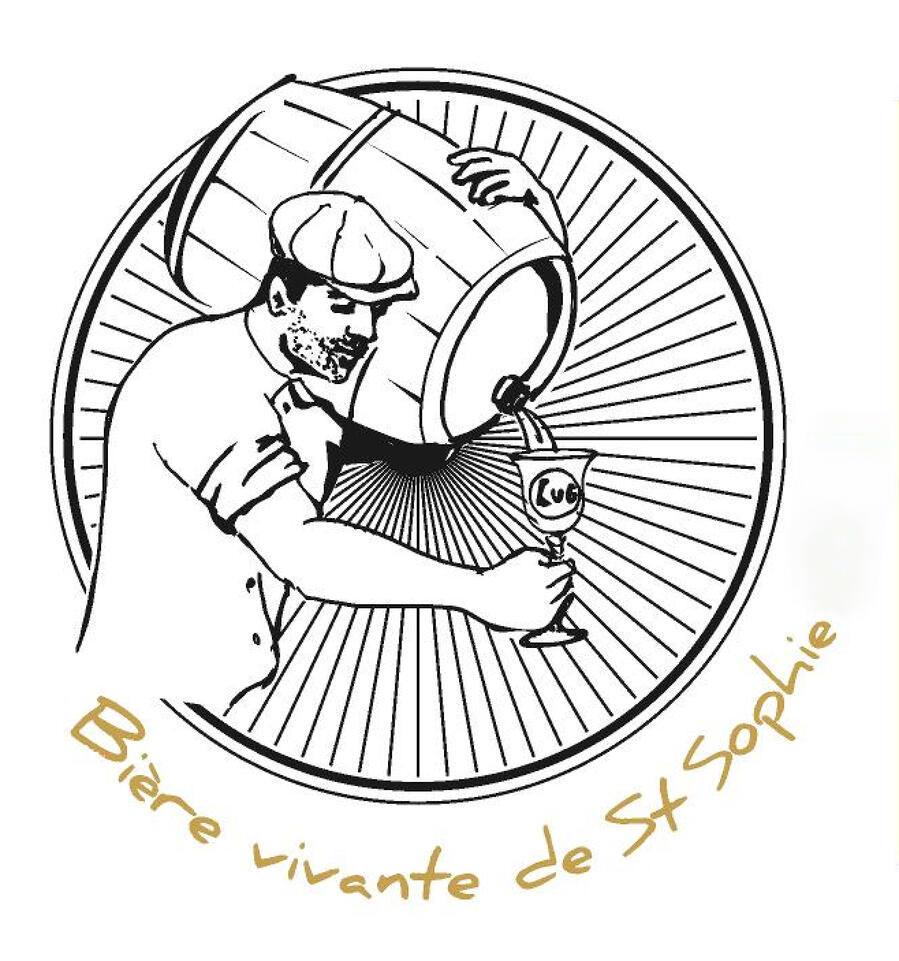
"St Sophie"
REMI POUIZIN
CÔTES DU RHÔNE, SOUTHERN RHÔNE
Narrative
Remi Pouizin is located in Visan, Southern Rhône. Certified Organic and biodynamic since 2000, Remi
took over his 15 hectare family estate in 1995. In 1964, he began cultivating oorganic vines, among the oldest in
the Rhône.
Remi’s estate works like a farm with a diversity of culture; farming chickpeas, lavenders, olive trees,
wheat, sunflower, pasture and animals. The special feature of this place is the diversity of terroir from red clay,
gravels, sands, alluvials, galets roulets, all located in different places with different grapes. This diversity offers
an unlimited potential of blends in the cellar. Comprable to a chef de cuisine, he generates a different recipe
according to the vintage conditions and ripeness of the fruit.
In the cellar, Remi doesn’t add anything, using spontaneous fermentation, light extraction, and just a
touch of sulfites to ensure a clean and precise result. Remi’s style is among the lightest in this area with a pure
expression of the fruit and smooth tannins to keep a high drinkability while preserving the complexity of his soil.
Wines
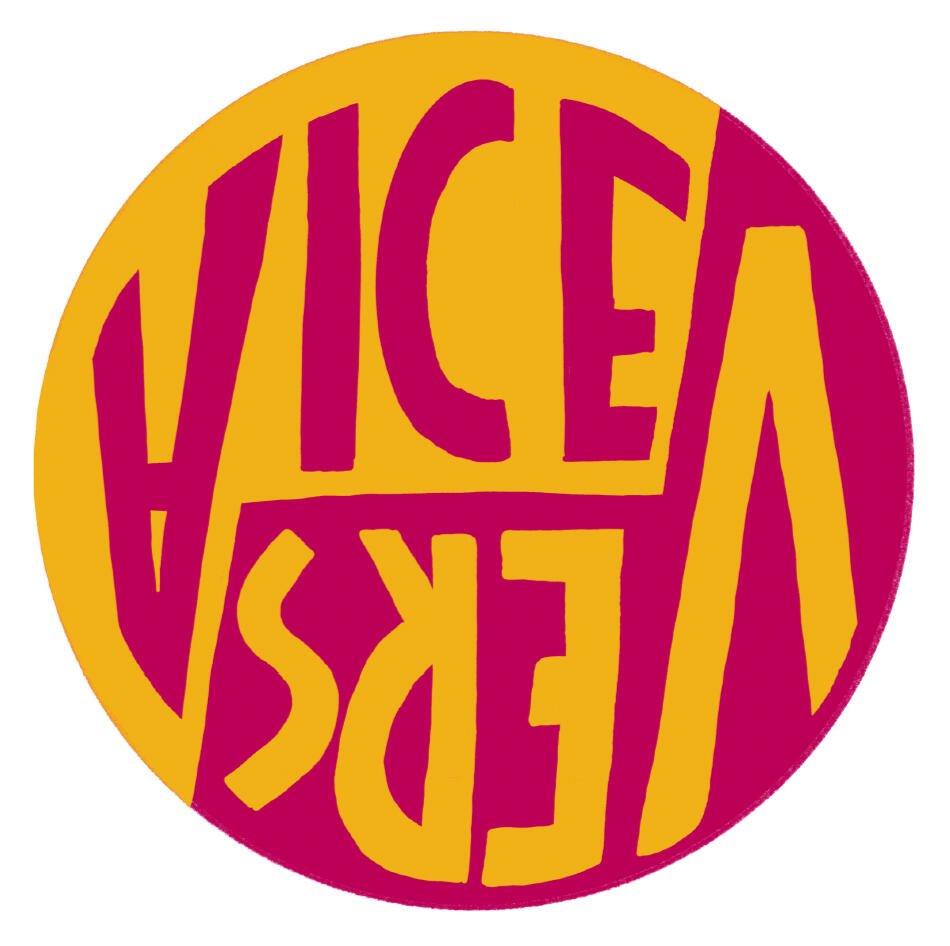
"Vice Versa"
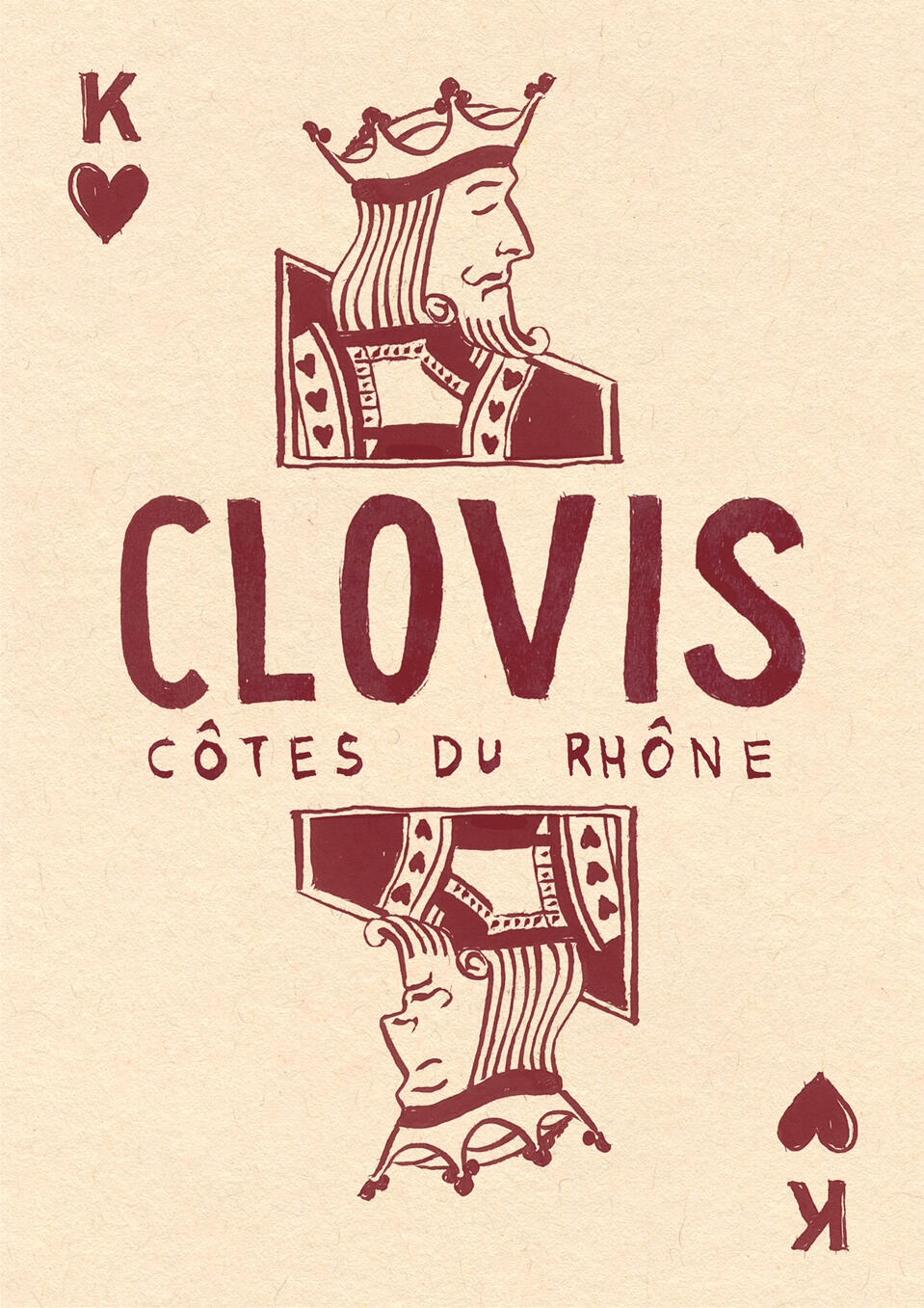
"Clovis"
DOMAINE DE VILLENEUVE
DOMAINE DE VILLENEUVE
CHÁTEAUNEUF-DU-PAPE
Narrative
Stanislas Wallut took over Domaine de Villeneuve in 1993, achieved organic certification in 1995, and biodynamic certification in 1998. The estate consists of 12 hectares, divided evenly between 6 hectares of Châteauneuf-du-Pape and 6 hectares of Côtes du Rhône (located at the border of the Châteauneuf-du-Pape AOP). The Châteauneuf-du-Pape vineyards are all situated in the northern part of the AOP, in the lieu-dit “Palestor.” These vineyards, which are located around the winery, consist of 10 micro-parcels based on two distinct soil types: 50% red clay and pebbles known as “galets roulés,” and 50% sand and silt. This diversity of soils creates a unique balance and expression in the blend. The estate is home to many old vines, with an average age of 60 years, and several parcels exceeding 100 years, particularly for Grenache and Clairette. The vineyard’s yield is notably low; in a good vintage, Stanislas harvests around 20 hectoliters per hectare. This low yield is due to the age of the vines, which produce less fruit but offer far greater concentration and complexity.In the cellar, Stanislas strives to create a lighter, more drinkable style of Châteauneuf-du-Pape, with softer tannins and greater freshness—an ambitious goal in such a hot and dry region. He is often among the first to harvest, seeking the earliest possible ripeness.The winery operates as a gravity cellar, eliminating the need for pumping at all. The maceration is more like an infusion than an extraction, aiming for delicate and elegant tannins, punch downs are minimal.No oak is used in the winemaking process. Stanislas relies solely on concrete for both fermentation and aging, preserving the purity of the fruit and energy while allowing the wine to age in a neutral vessel. No additives are used during vinification. The wines undergo spontaneous fermentation, with only a small amount of sulfites added at bottling to prevent deviations and ensure a clean, precise taste. These wines are natural, but embody the essence of classic winemaking.
Wines
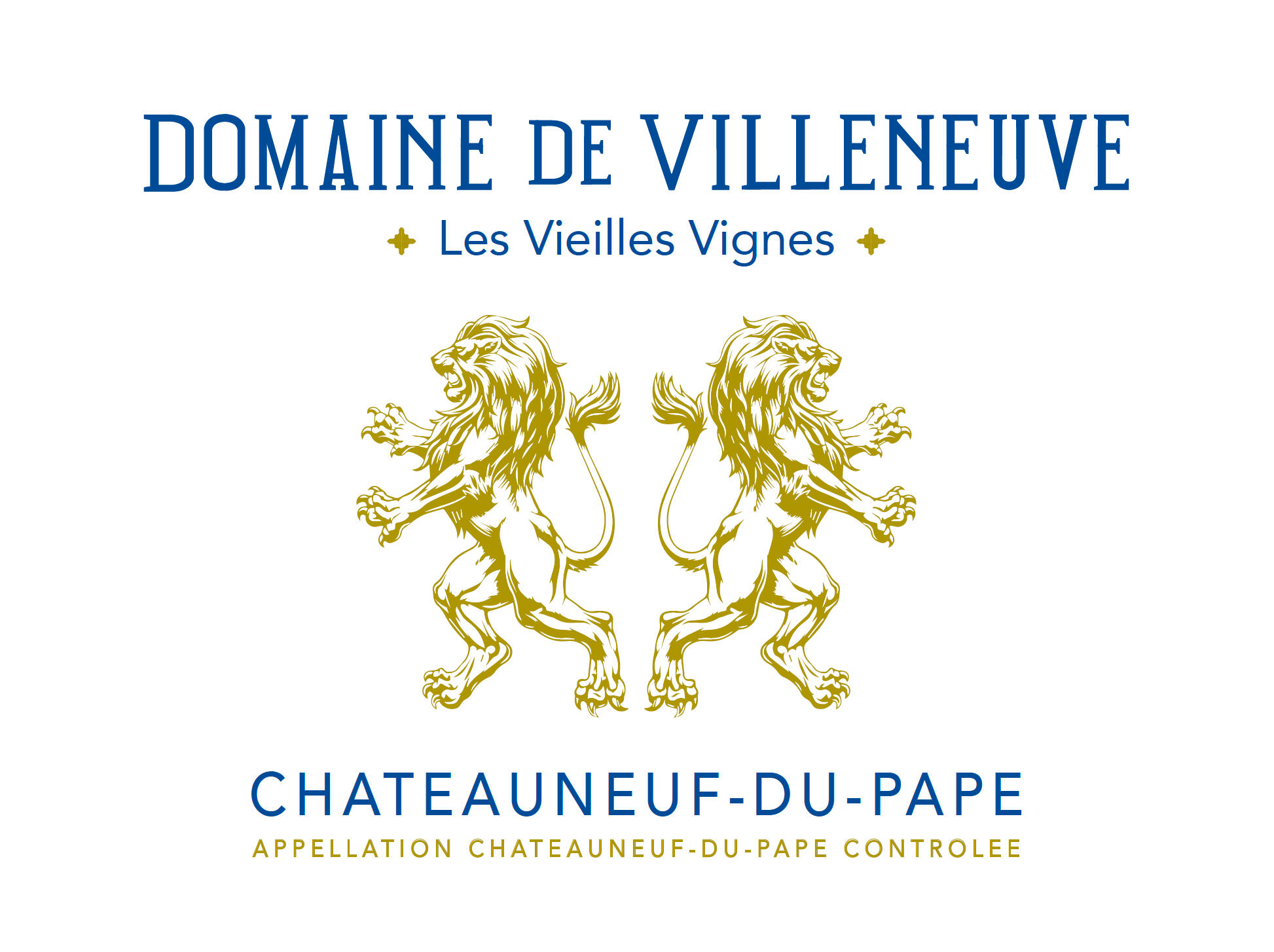
"VIELLE VIGNES"
CHÁTEAUNEUF-DU-PAPE
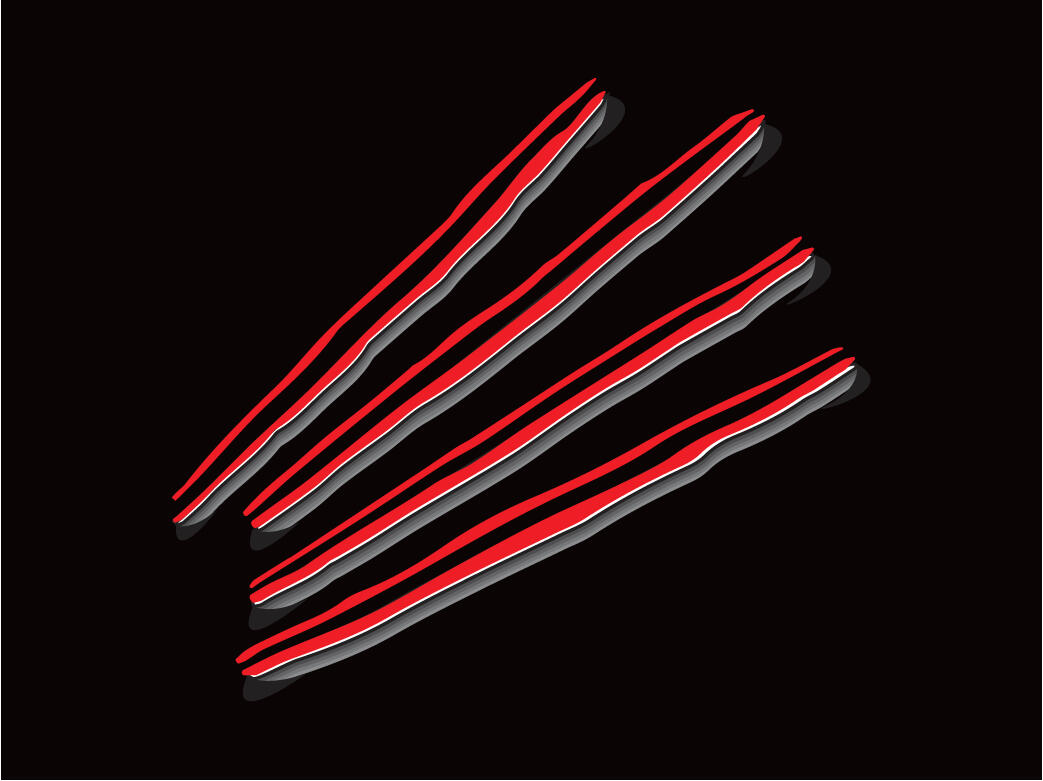
"LA GRIFFE"
CHÁTEAUNEUF-DU-PAPE
Gallery
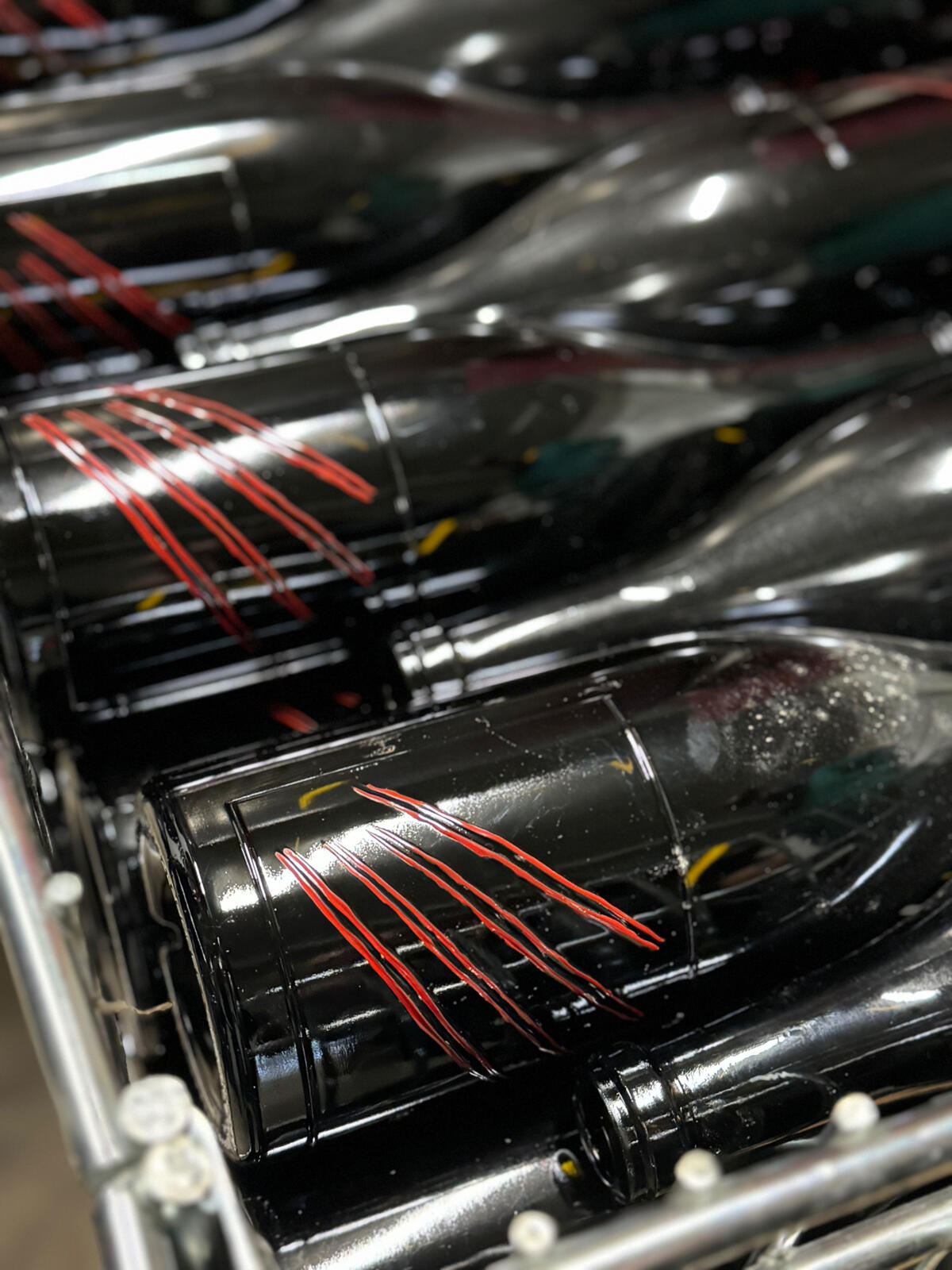
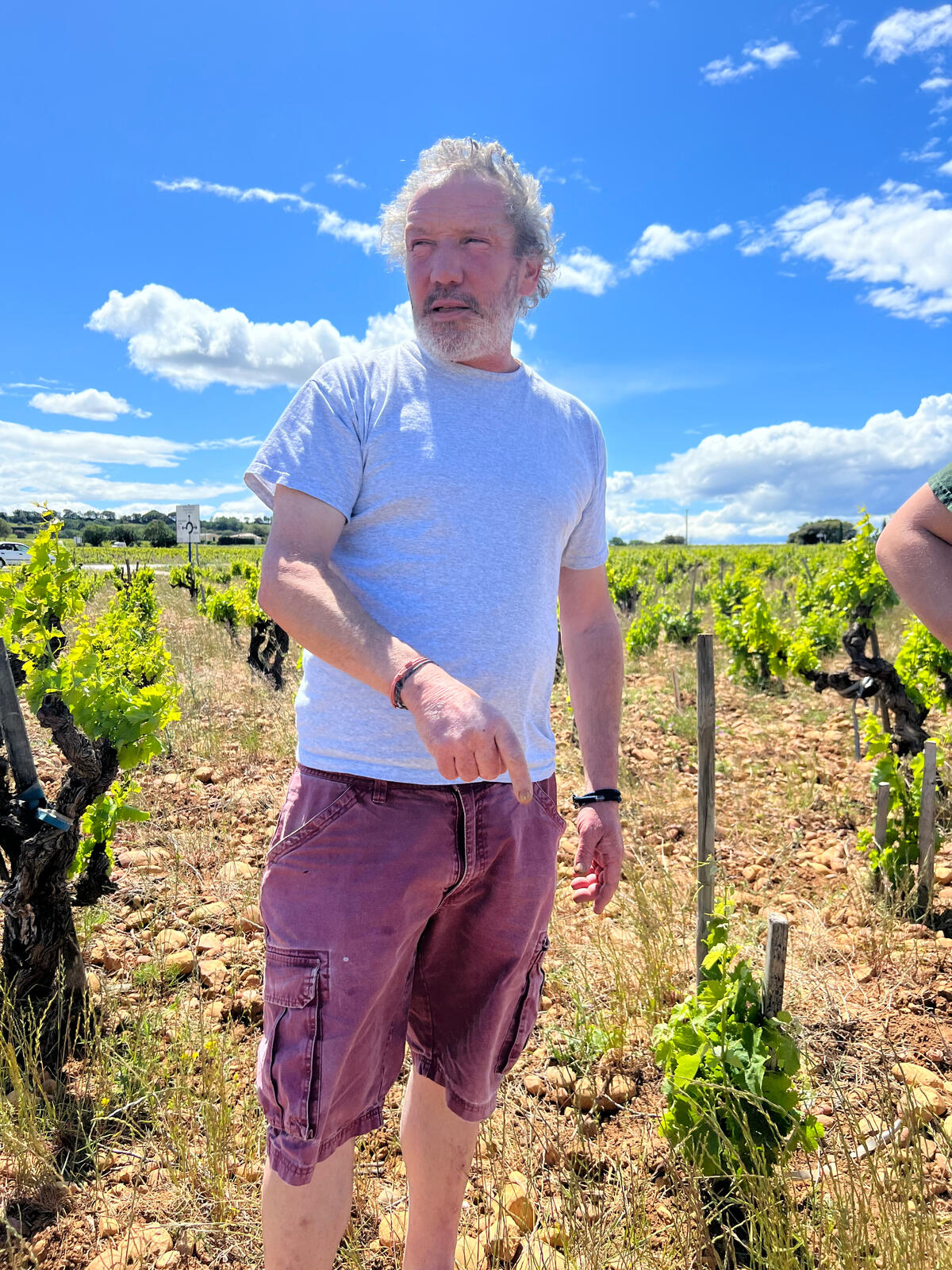
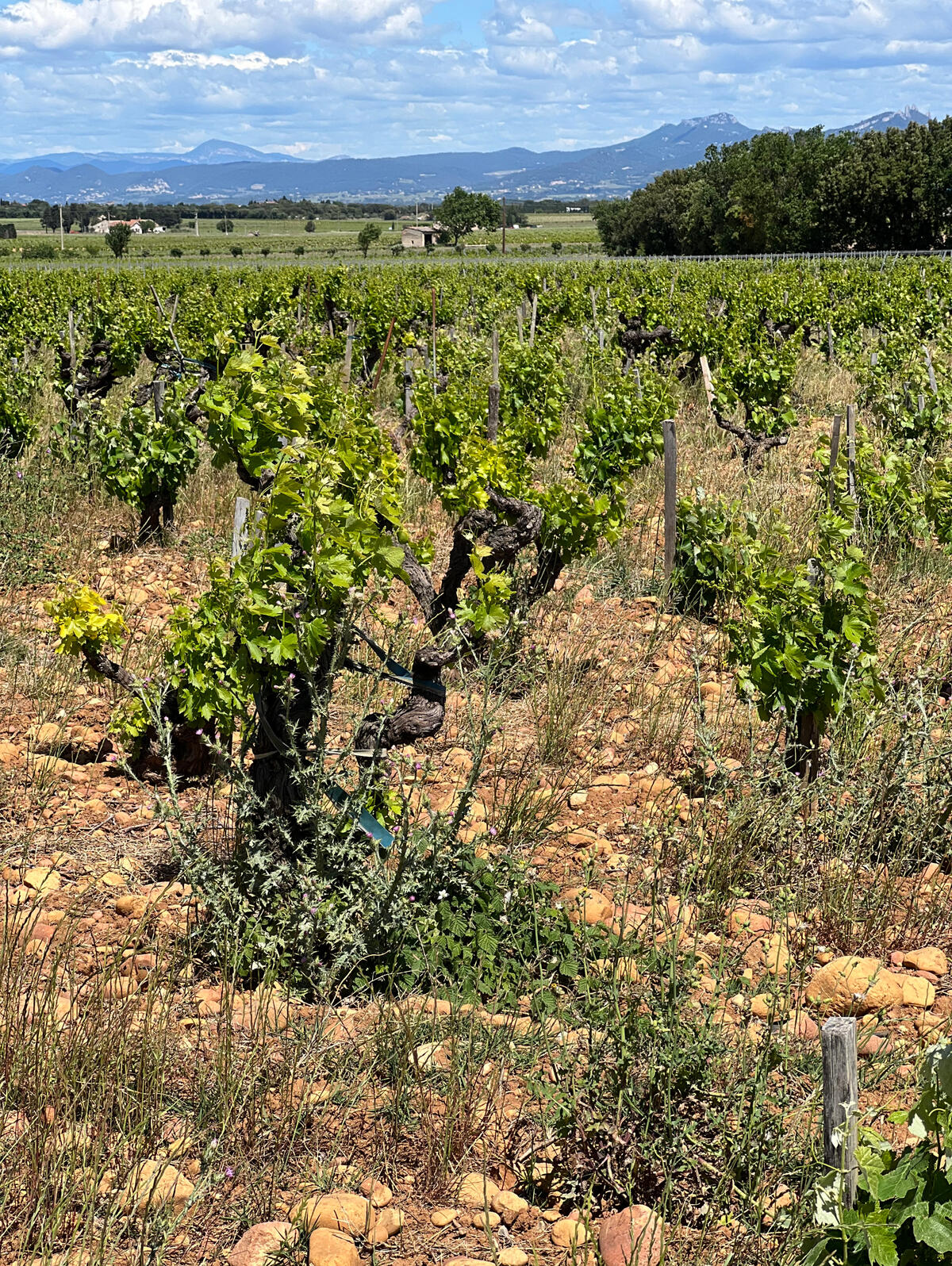
MAISON JAUNE
Loire Valley, Savennieres
Narrative
Jean-Claude Taddei created Maison Jaune, "The Yellow House" in 2013, naming the estate after the old farmhouse overlooking vineyards of abandoned Pineau d'aunts and Chenin Blanc. It had long been the aspiration for Jean-Claude and his wife, Lorine, to grow grapes and make wine, but as professors in Angers, they had little time to pursue such a dream. Then in 2013 at a dinner at one of their friends, destiny presented itself when Jean-Claude met a winegrower from Rochefort-sur-Loire who was retiring and looking for a buyer for a small parcel. This micro estate thus became Maison Jaune, comprised of 1.5 hectares of Pineau d'aunts and Chenin on grey and green schists. The 1.2 hectares of Chenin is bottled simply as Vin de France.Jean-Claude and Lorine adopted organic farming and biodynamic principles from the very beginning, eschewing all synthetic herbicides, fungicides, pesticides. Further inspired by the late Japanese farmer, Masanobu Fukuoka, whose minimal-intervention approach to viticulture has been embraced by vignerons from Eric Texier to Frank Cornelissen, Jean-Claude opts against plowing his vineyards to preserve the mycelium grid, the network of fungal hyphae critical to optimal soil health and nutrient absorption by the vines. Jean-Claude works his land like a vegetable garden - maintaining a diverse crop of weeds, herbs, flowers and legumes. The only "weed-control" is done magnanimously by dozen of sheep left to graze the vineyards year round. The sheep's natural fertilization is also the only allowed on the soil, again following the footsteps of Fukuoka who contended that the more we act, the more we disrupt. The only organic treatment used is copper and sulfer to combat mildew, however in quantities are kept below 1/3 of what the is allowed within the organic certification. Green harvest is performed to concentrate the grapes' energy and increase complexity, resulting in a yield of around 25HL/hectare, despite the appellation regulations allowing up to 50HL/hectare.Grapes are harvested in multipe passes to select grapes at perfect ripeness. After meticulous sorting, the grapes undergo a gentle press to get the best juice; the Pineau d'Aunis is manually de-stemmed and macerated for 10 days while the Chenin is a direct press. Only indigenous yeasts are entrusted to ferment and as there is no temperature control, fermentation will often stretch from a month to several. Jean-Claude makes no additions at all during the vinifivation. Both cuvées will age in used oak barrels for 12 months and will be bottled when the new vintage comes so the barrels are never empty. Eschewing fining or filtration, the only intervention Jean-Claude permits is a tough of sulfites added at bottling (around 20ppm total) to ensure a purity and precision of the wine, and to allow for longer aging in bottle (at least 10 years). The total production is around 400 cases per vintage.
Wines
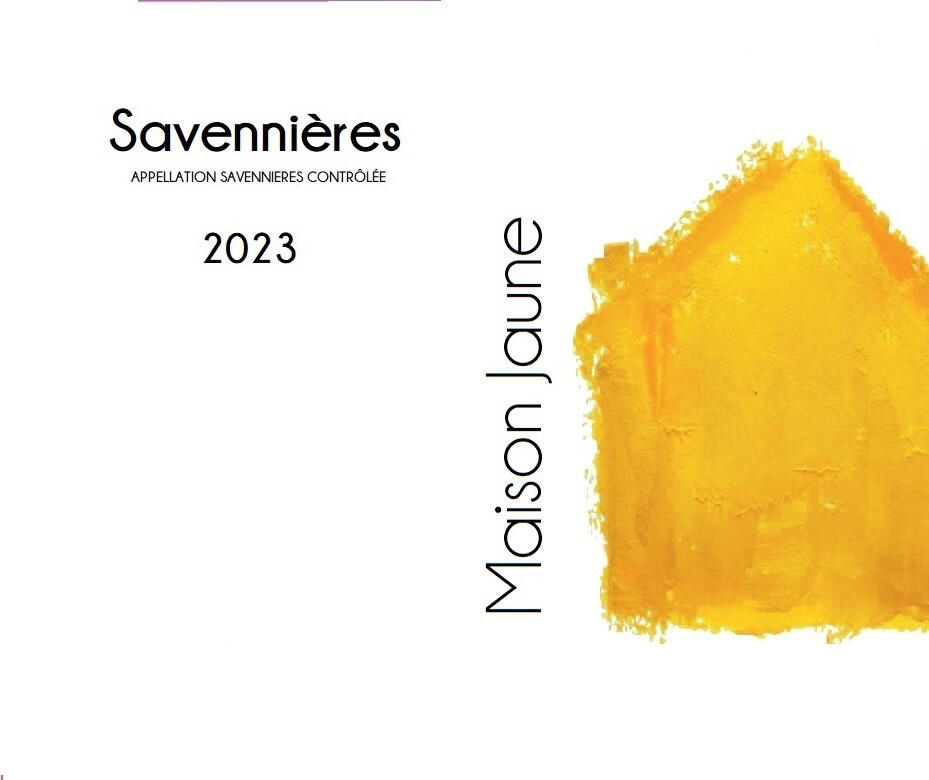
"SAVENNIÈRES"
LOIRE VALLEY
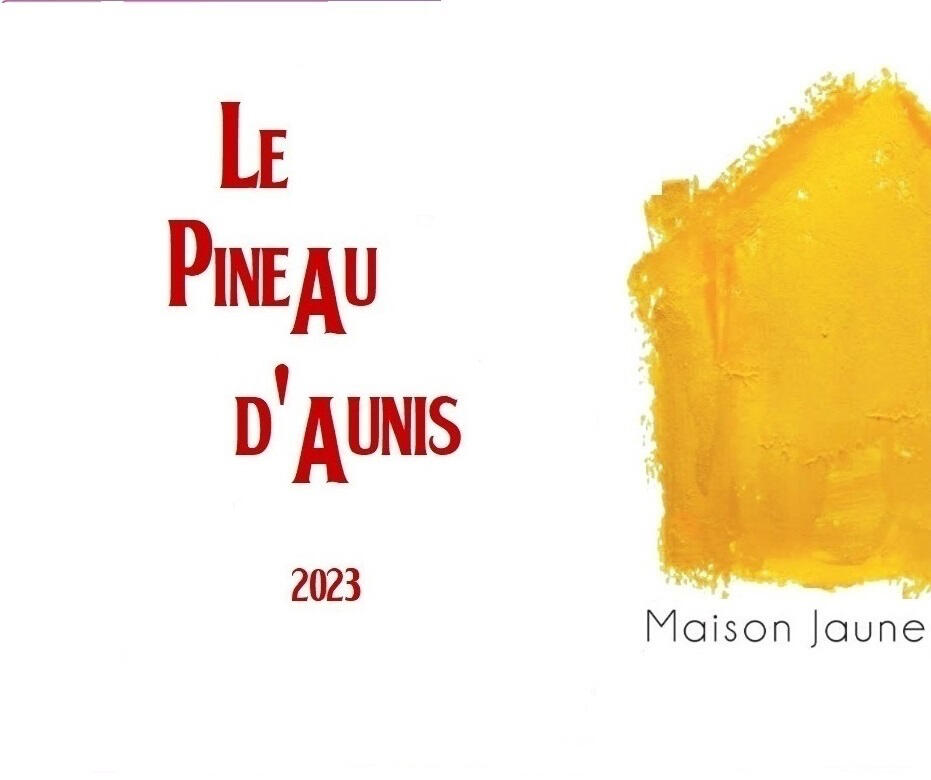
"LE PINEAU D'AUNIS"
LOIRE VALLEY
DAMIEN GUADAGNOLO
Jura, Côtes de Jura
Narrative
Damien Guadagnolo is the newest vigneron to join the ranks of natural winemakers in Jura. Today, he farms 2.8 hectares of biodynamic vines in the quiet village of Orbagna in the southern part of Jura and makes pure expressions of Chardonnay, Savagnin, Trousseau, Poulsard, and Pinot Noir.Damien Guadagnolo knew that becoming a vigneron would not happen overnight. He began his journey twenty years ago at the tender age of 14 when he bought a micro parcel of vineyards in his home of Jura. Through his school years, Damien also vigorously pursued his other passion of boxing. He would become a European champion in his twenties, all while also studying and working alongside the most renowned natural winemaker in Jura.Jean-François Ganevat took Damien under his wing when the ambitious boxer was still in his teens. Damien learned the art of biodynamic and organic farming, natural winemaking, and long elevage with zero additives including sulfur at any point in the process. Damien worked alongside Jean-François in his own vineyards and would incorporate the same green and regenerative principles in his own parcels. During the years of Ganevat’s tutelage, Damien sold the grapes from his vineyards to his mentor all while assisting in the winemaking in the cellar.
After seven years with Ganevat, Damien made his first vintage in 2019 from his vineyards in limestone, clay and marls of Orbagna. He has joined the minimalist intervention winemakers of Jura like his neighbor, Katie Worobeck of Maison Maenad, who was also a student of Jean-François Ganevat.At age 30, Damien decided to hang up his gloves and now devotes his energy entirely to his vocation of a vigneron. He often reflects that his two passions of winemaking and boxing have proven to have more in common than he imagined – the fights in the ring and through vintages would present spectacular victories, unexpected challenges, and the occasional defeat. Hail and frost continue to be endemic in the Jura and in several vintages, most recently in 2024, have Damien without any viable grapes to produce a vintage.Ever the pragmatist (and fighter), Damien recently began a small negoce project, sourcing grapes in Beaujolais to offset losses from the recurring inclement weather in Jura. He makes his gamay in the same method as his Jura reds, full carbonic maceration with indigenous yeast and no added sulfur at any point.
Wines
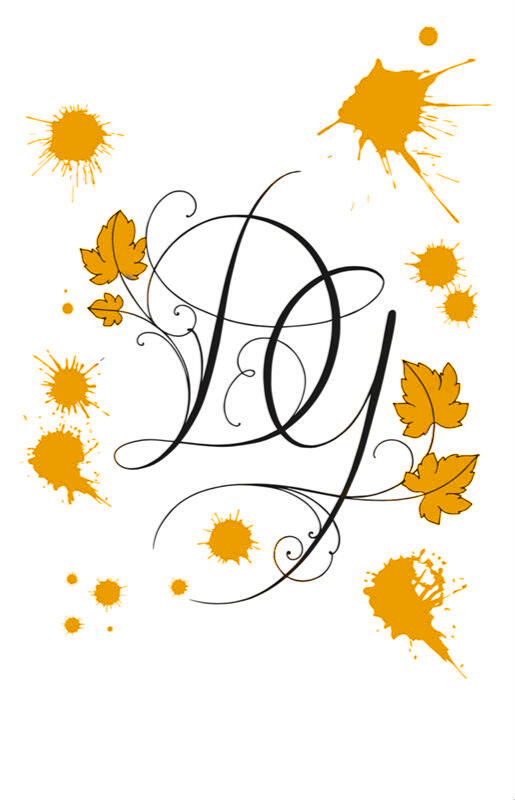
"CHARDONNAY LA GRAVIERE"
COTES DU JURA
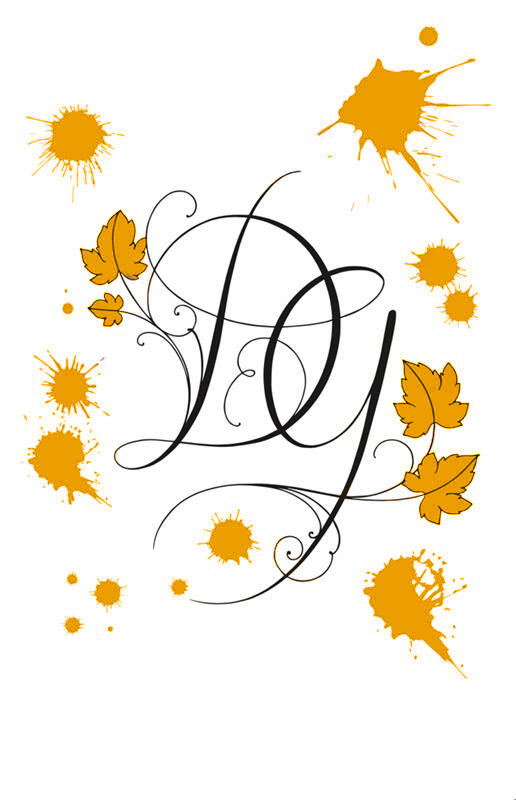
"CHARDONNAY MALETERRE"
COTES DU JURA
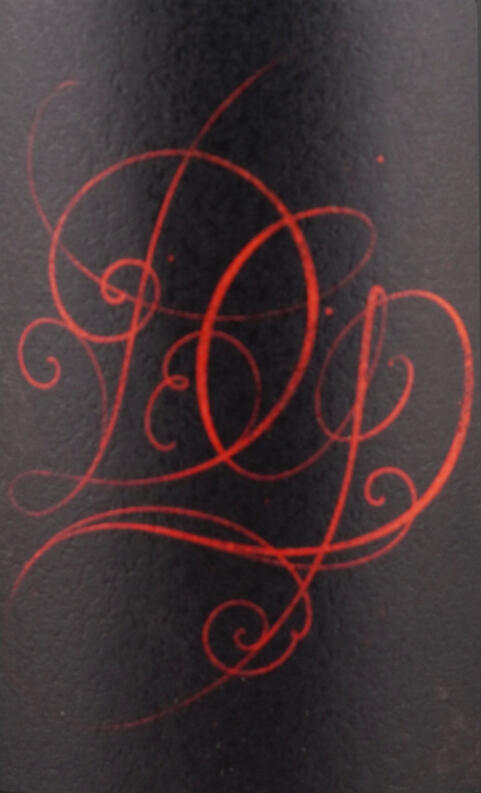
"GAMAY"
VIN DE FRANCE
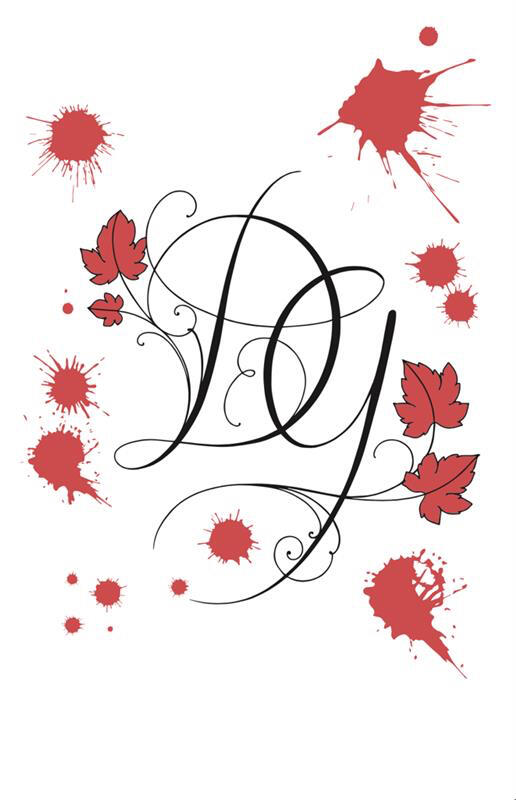
"PINOT NOIR"
COTES DU JURA
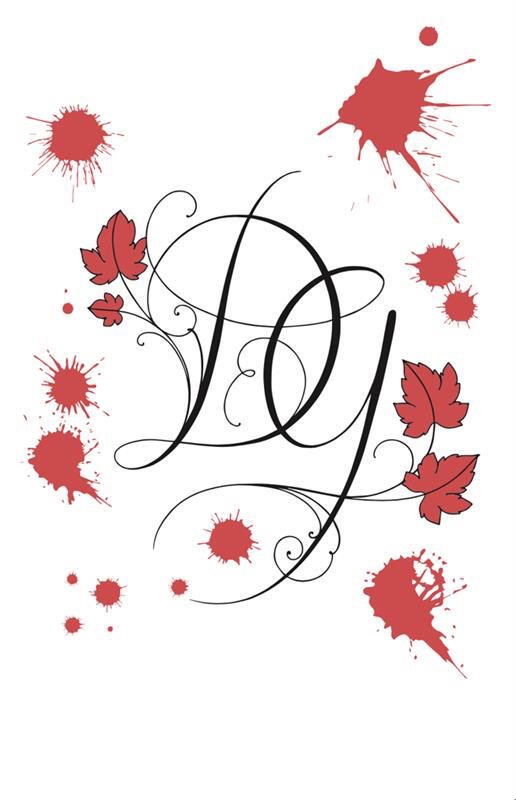
"POULSARD"
COTES DU JURA
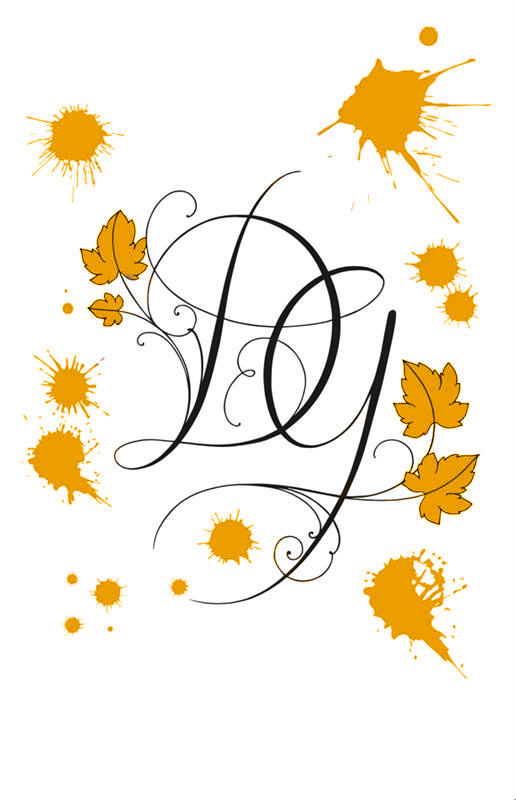
"SAVAGNIN"
COTES DU JURA
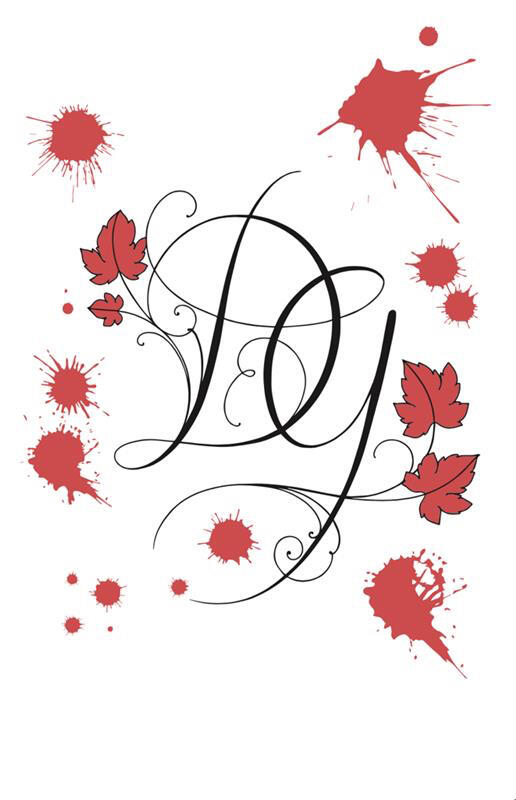
"TROUSSEAU"
COTES DU JURA








































